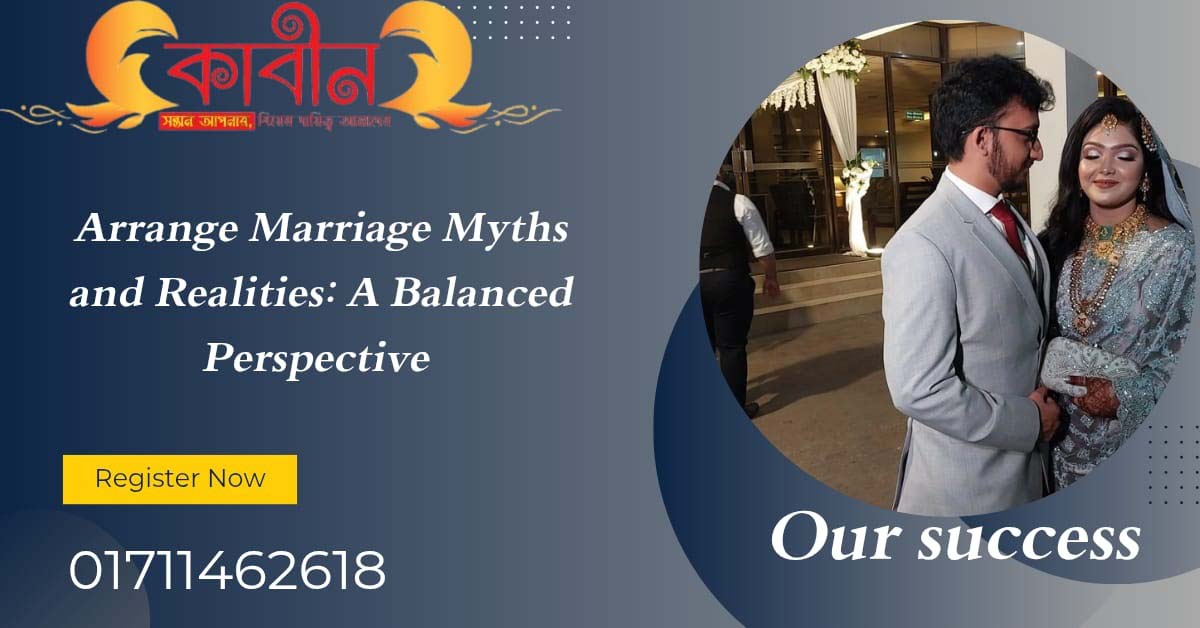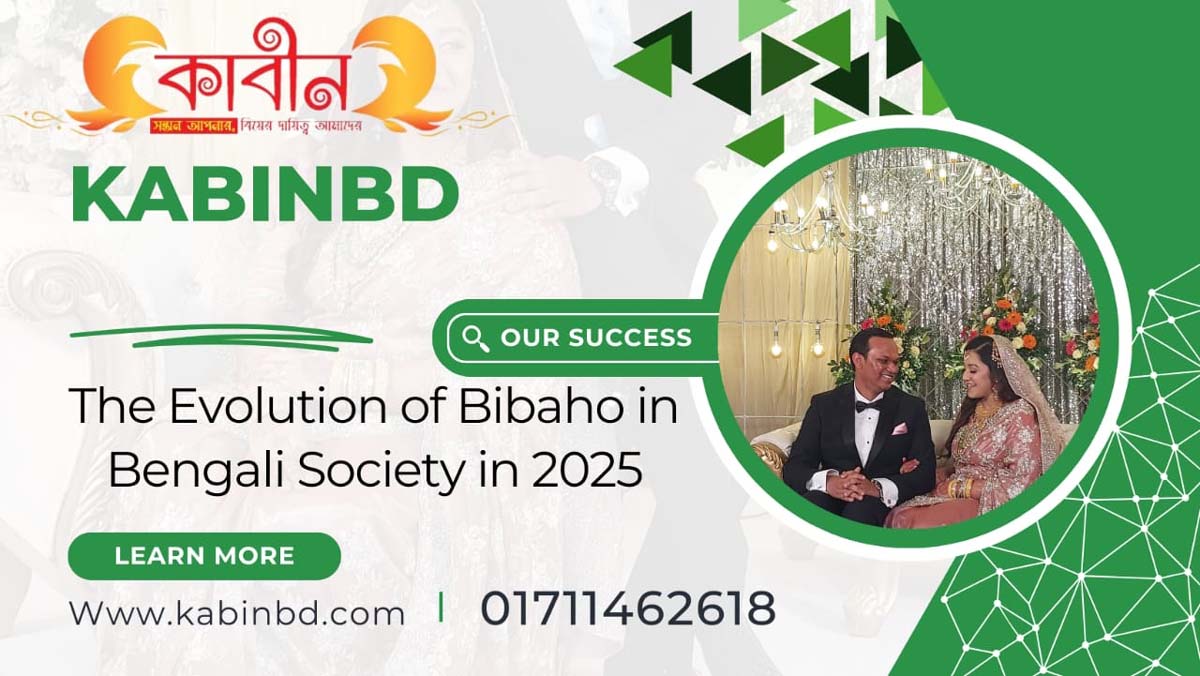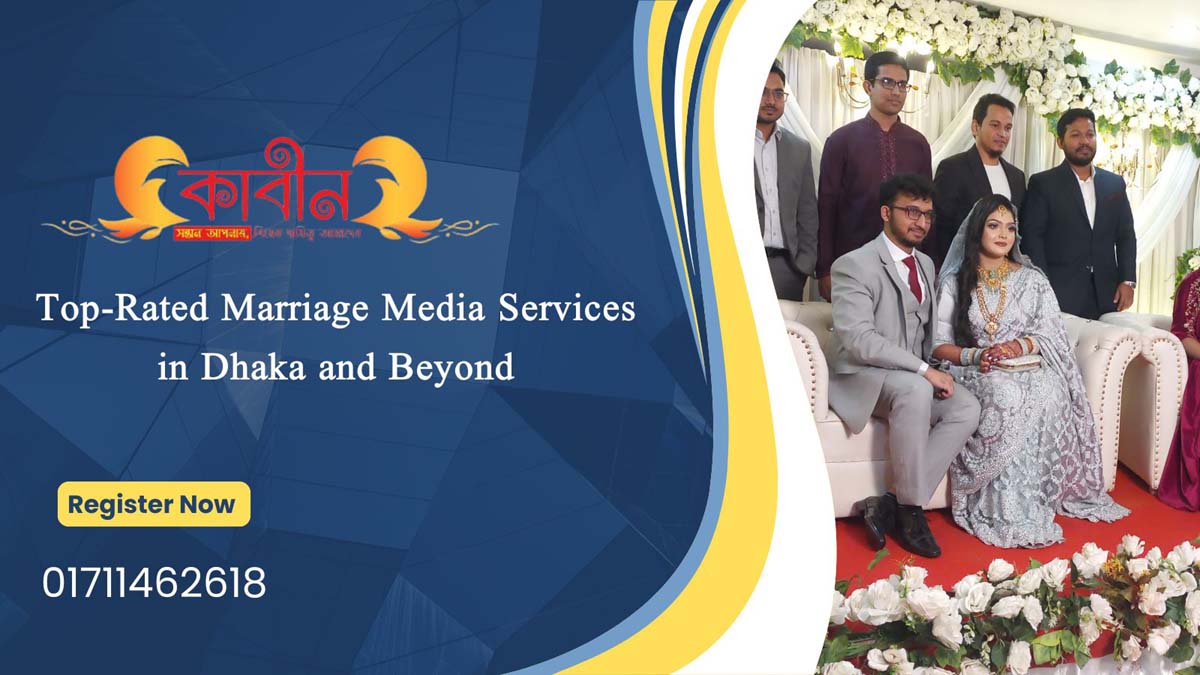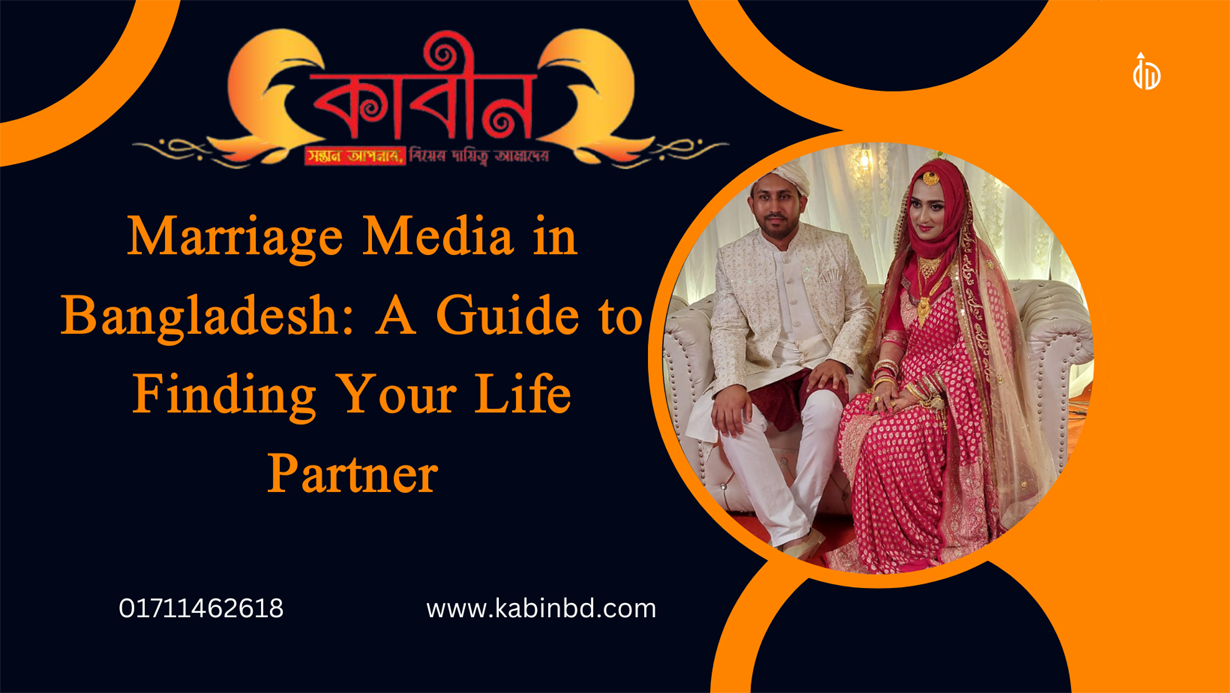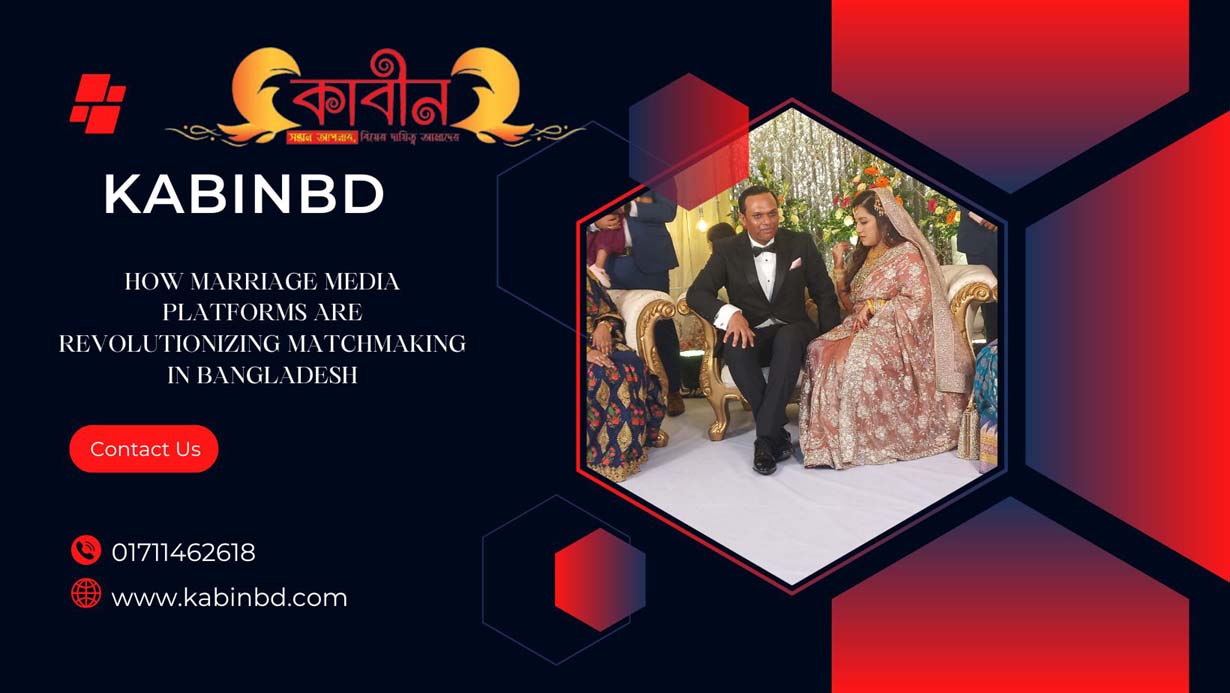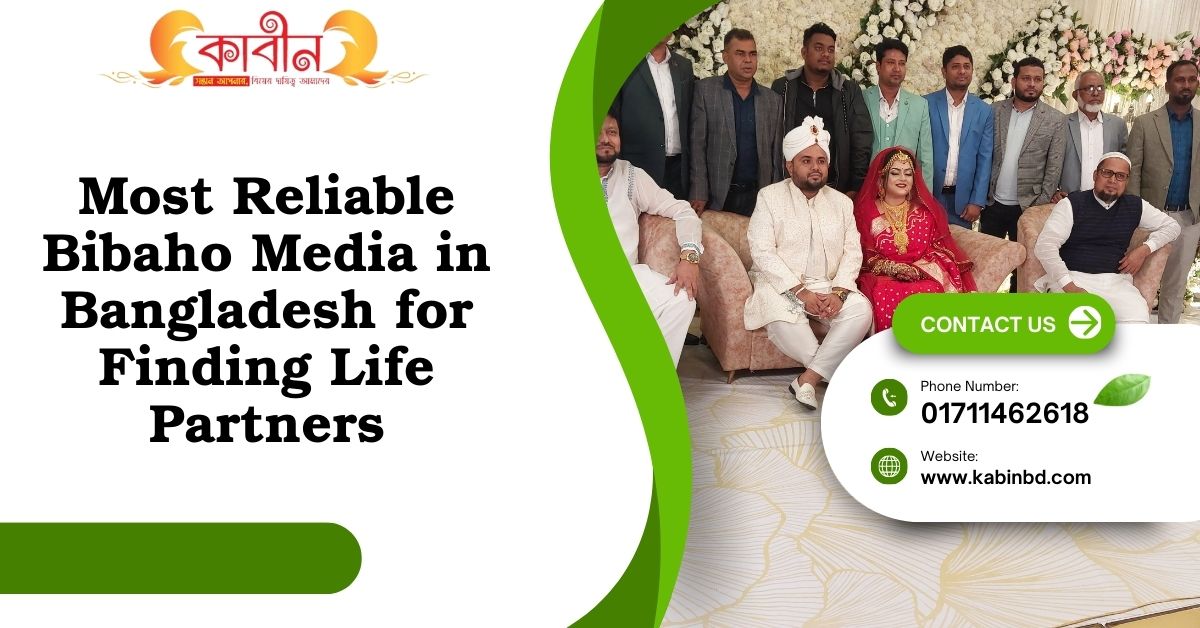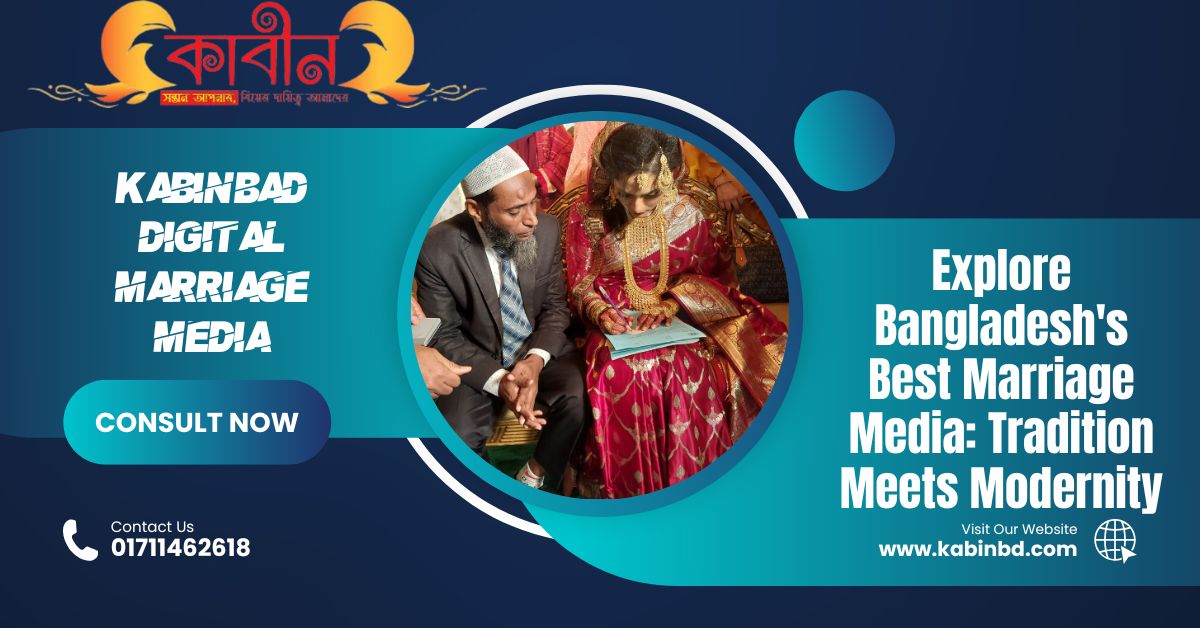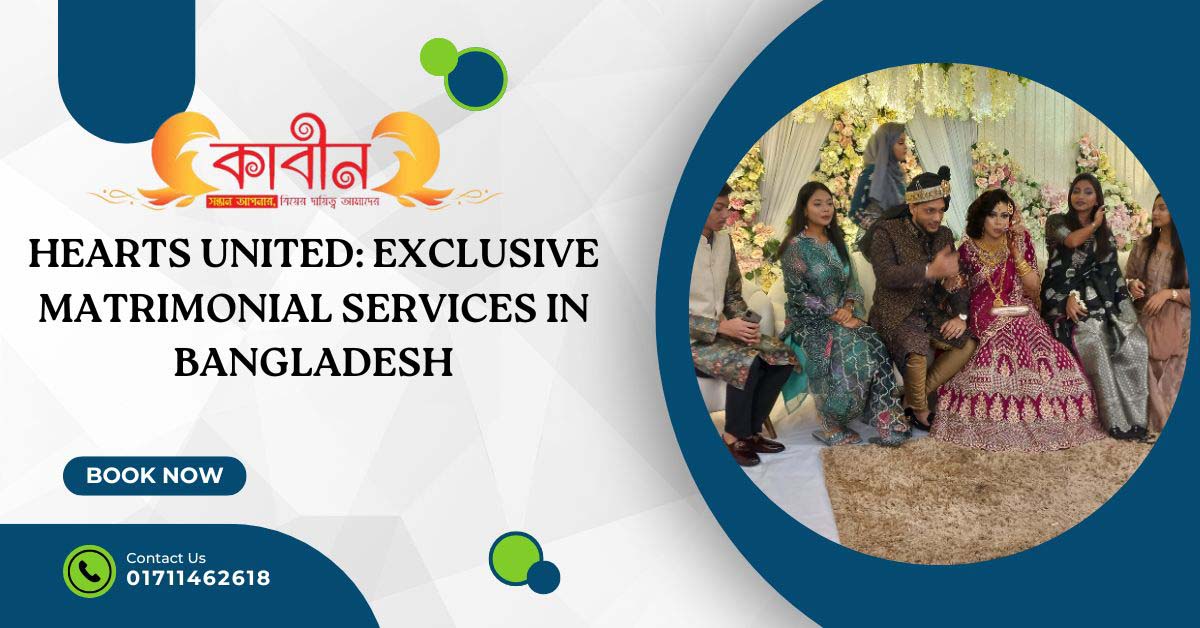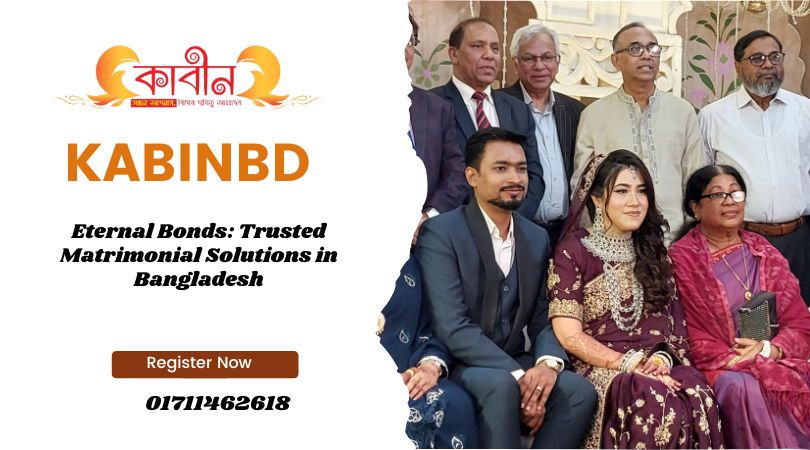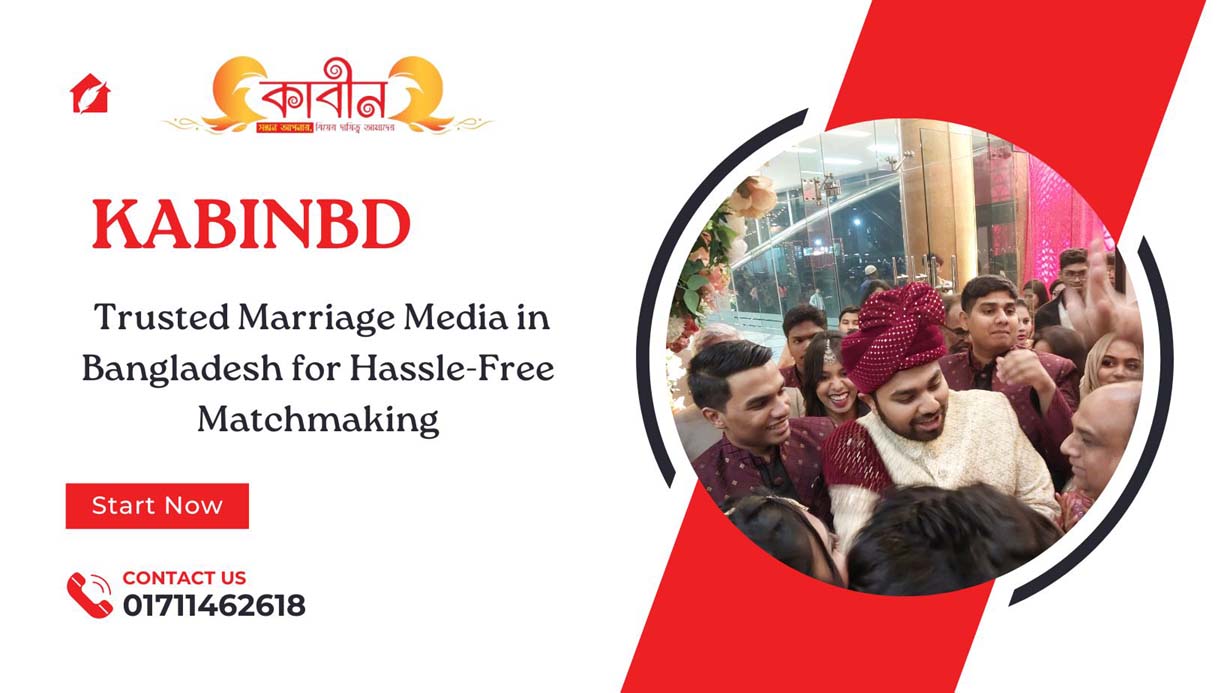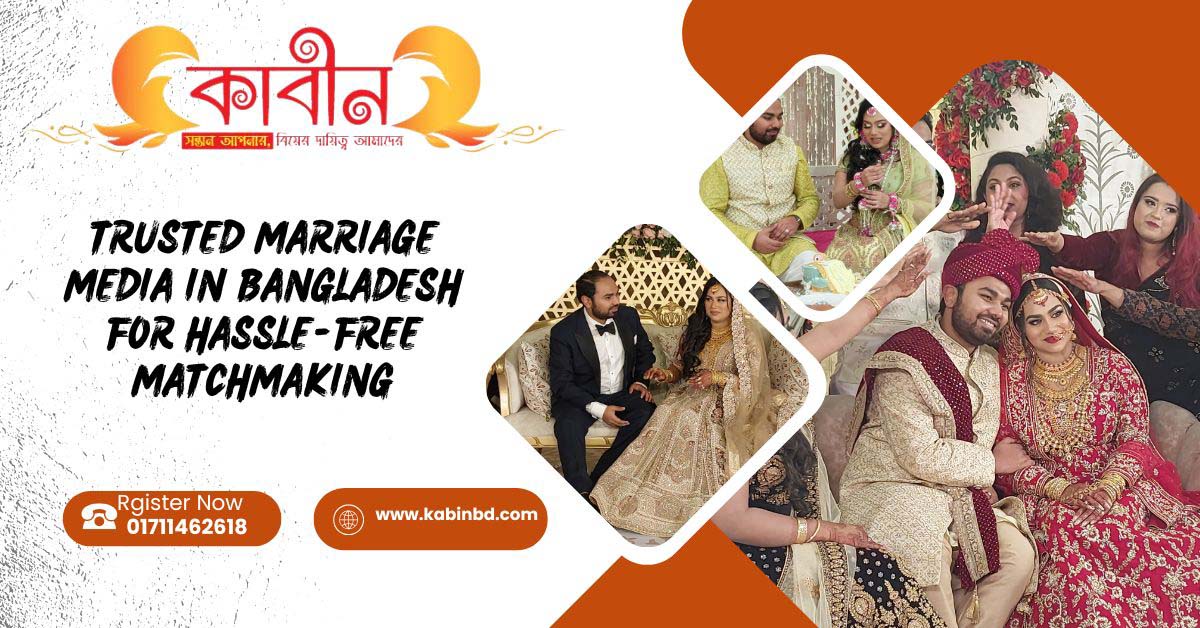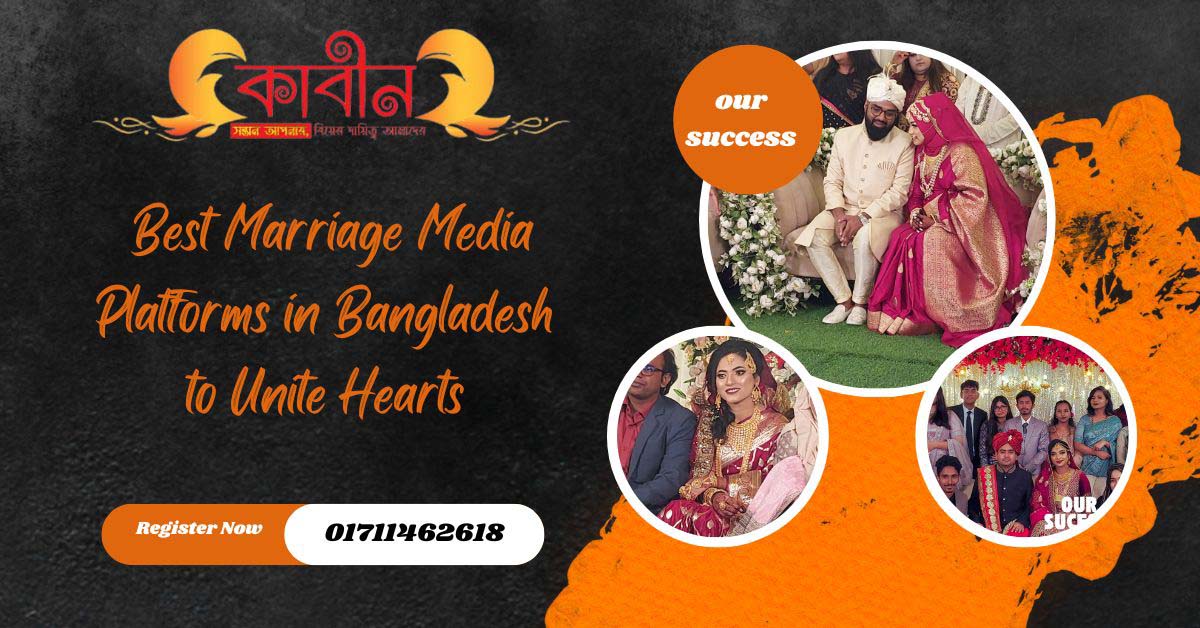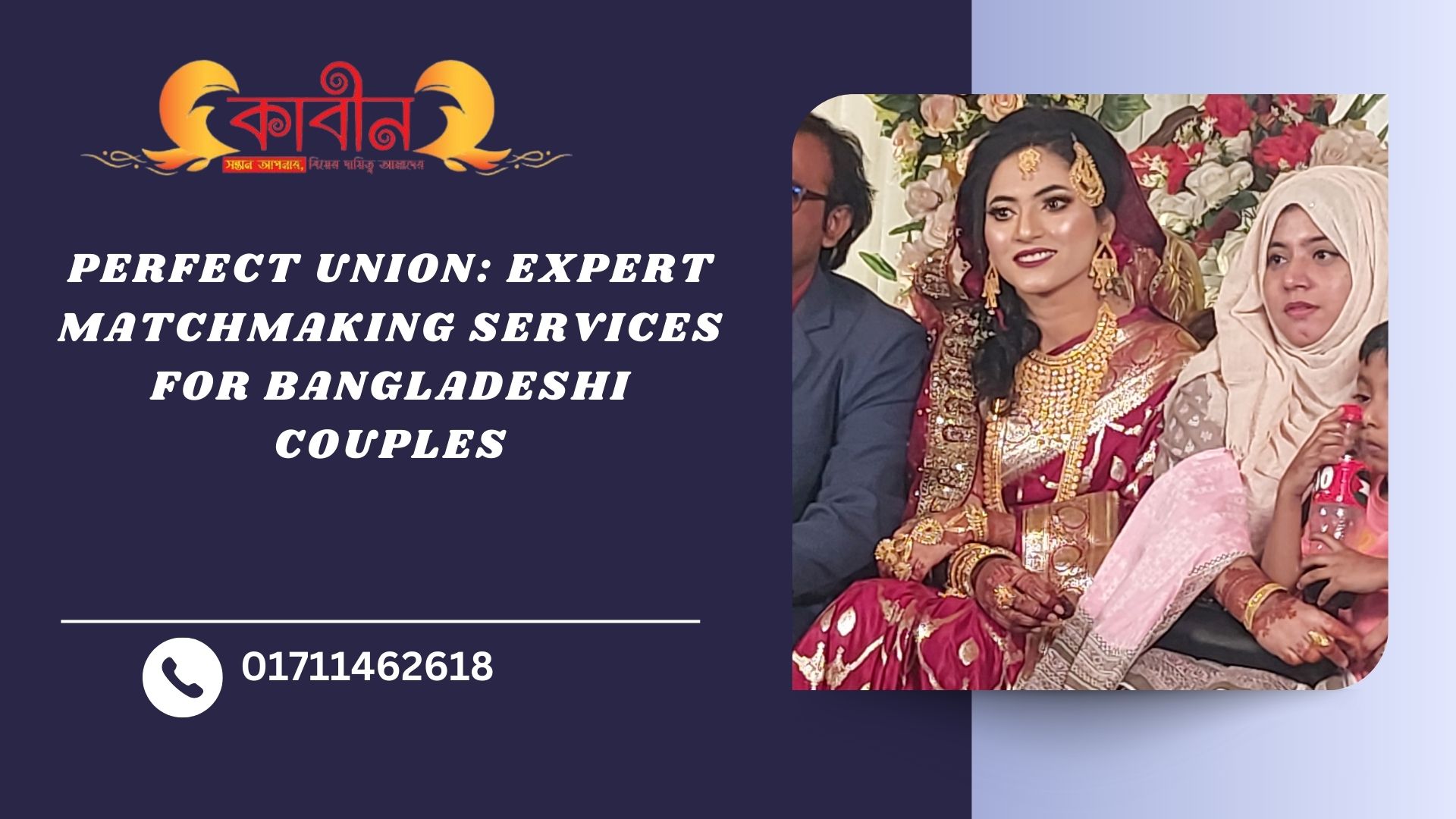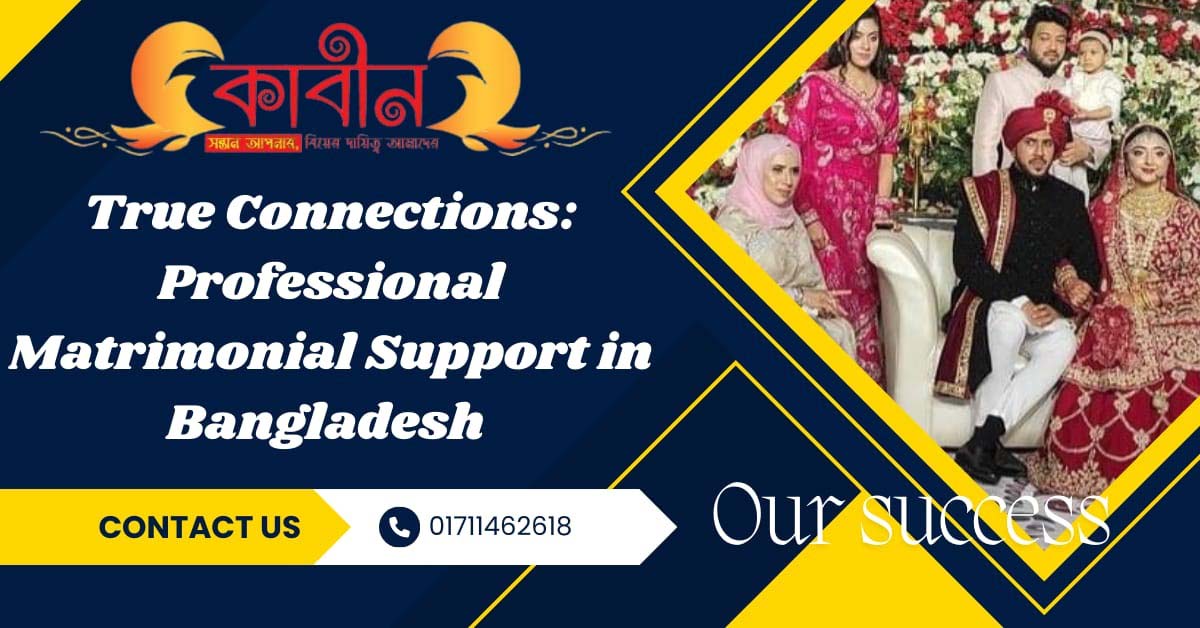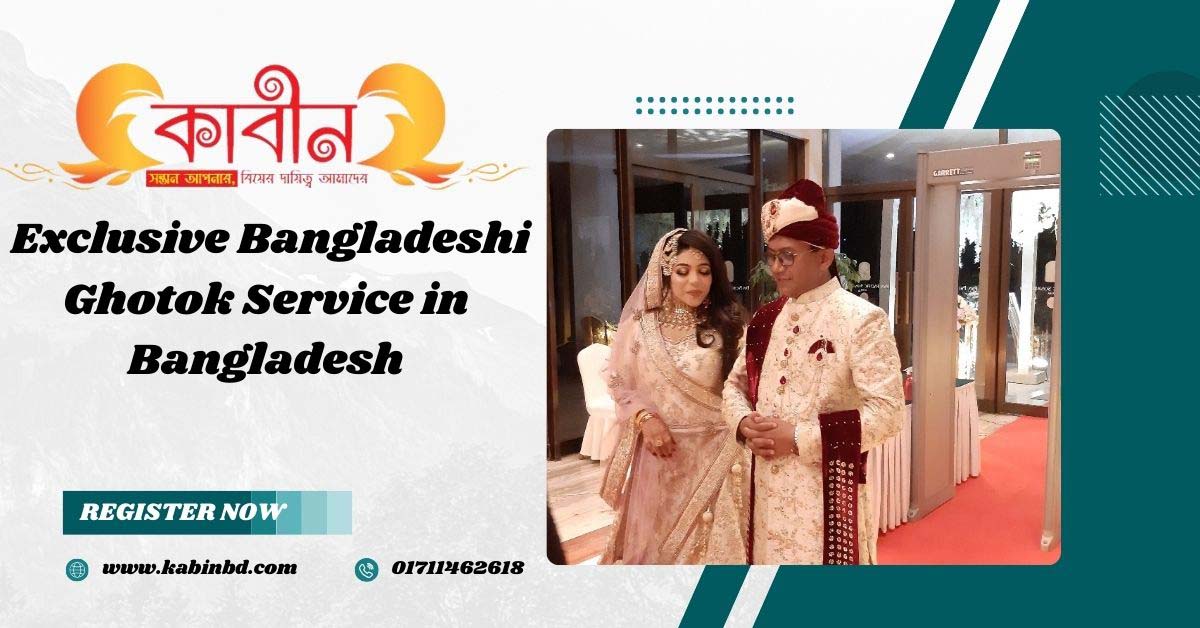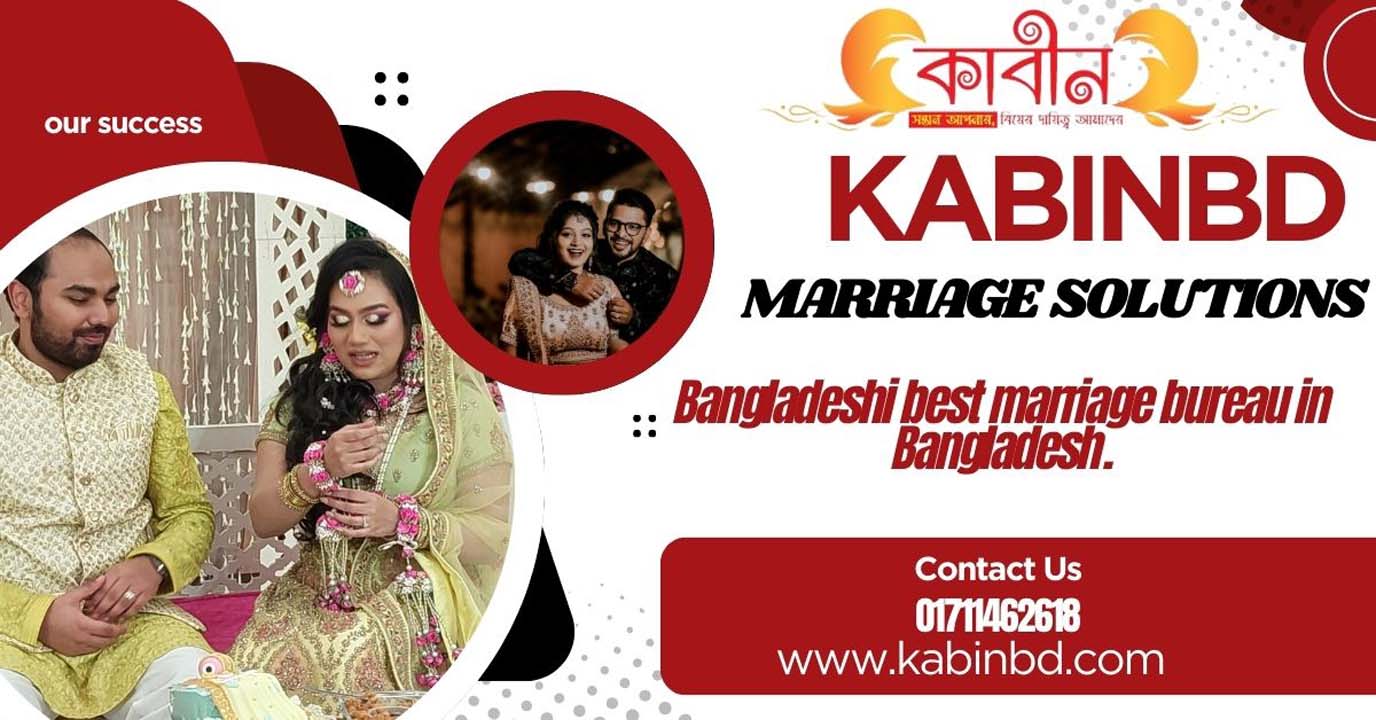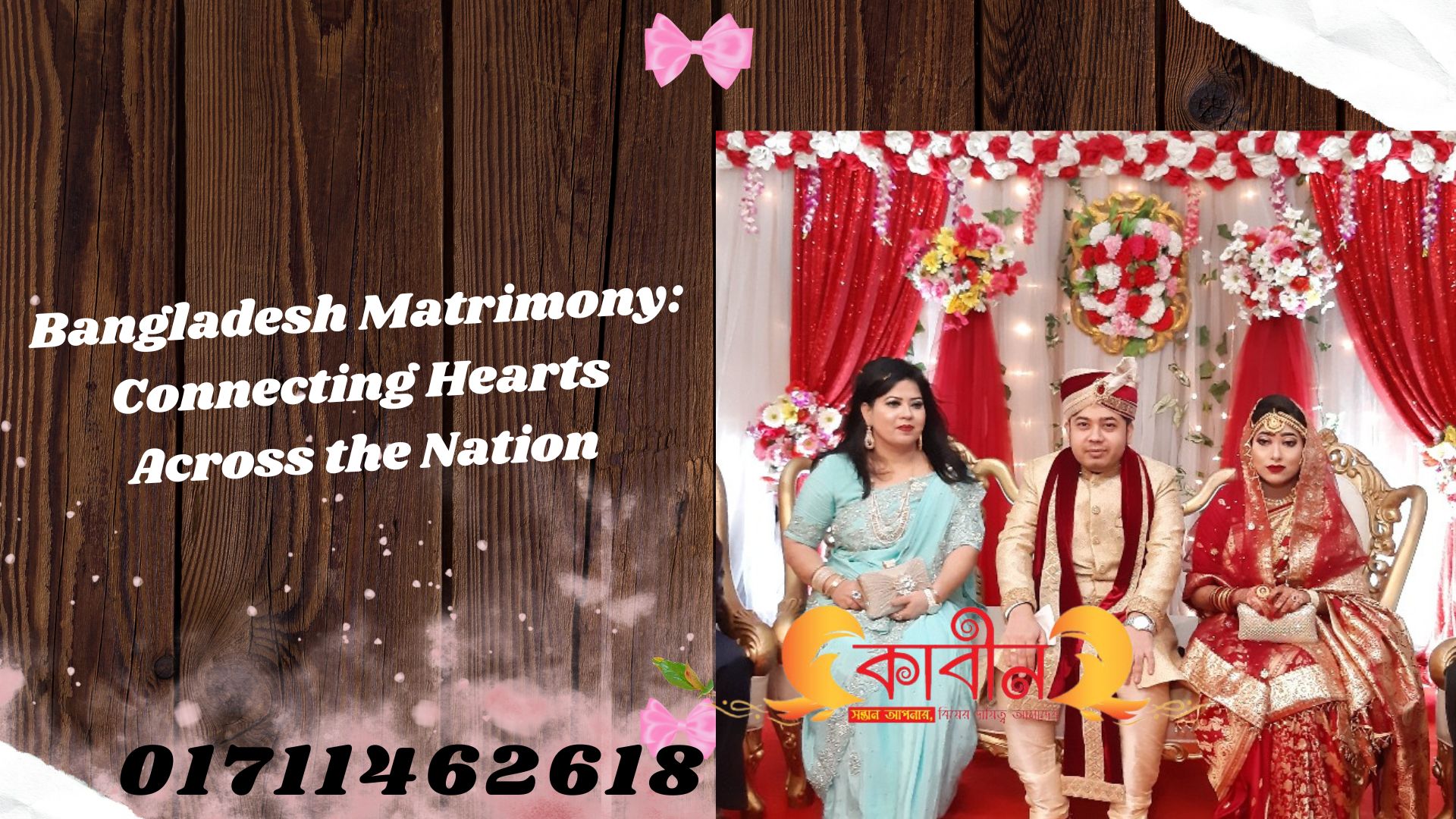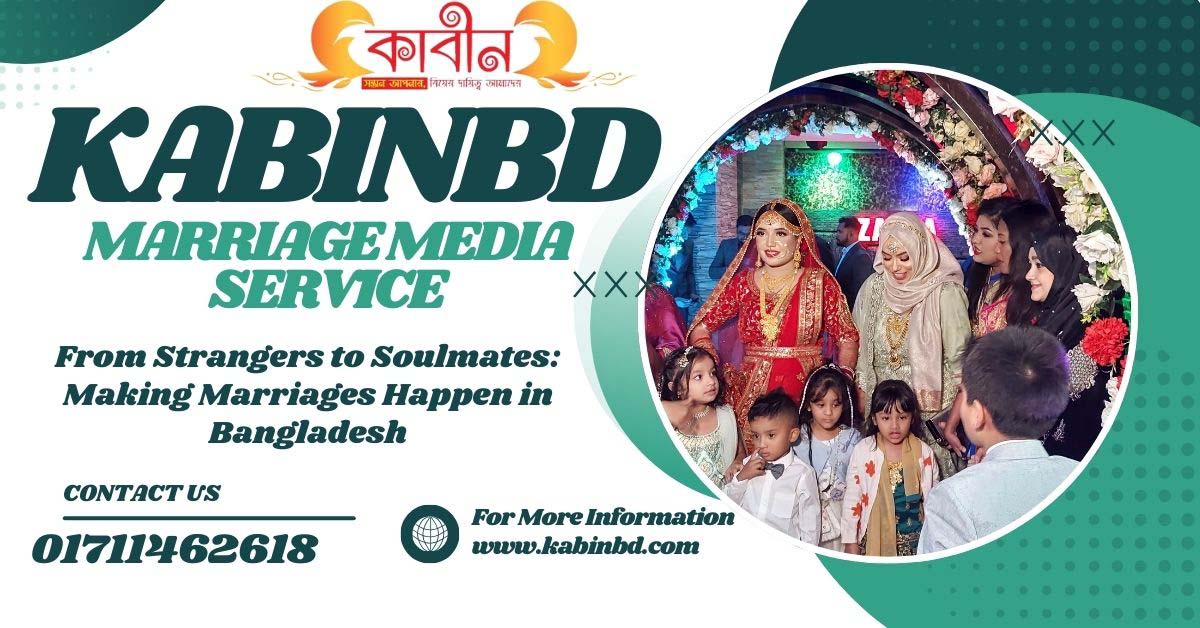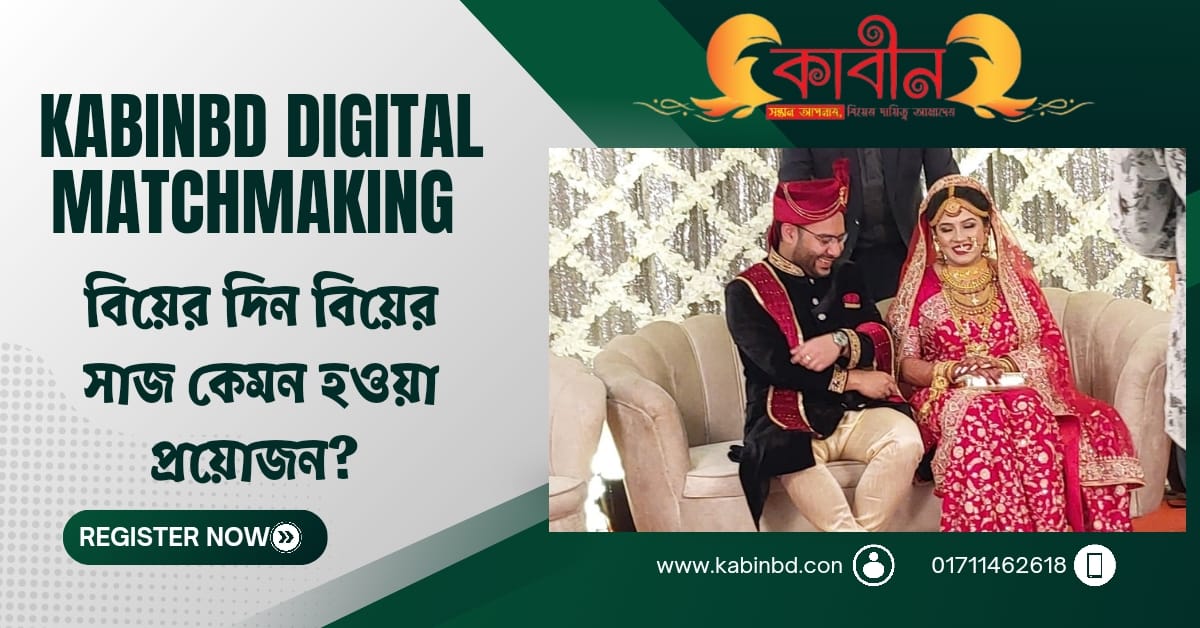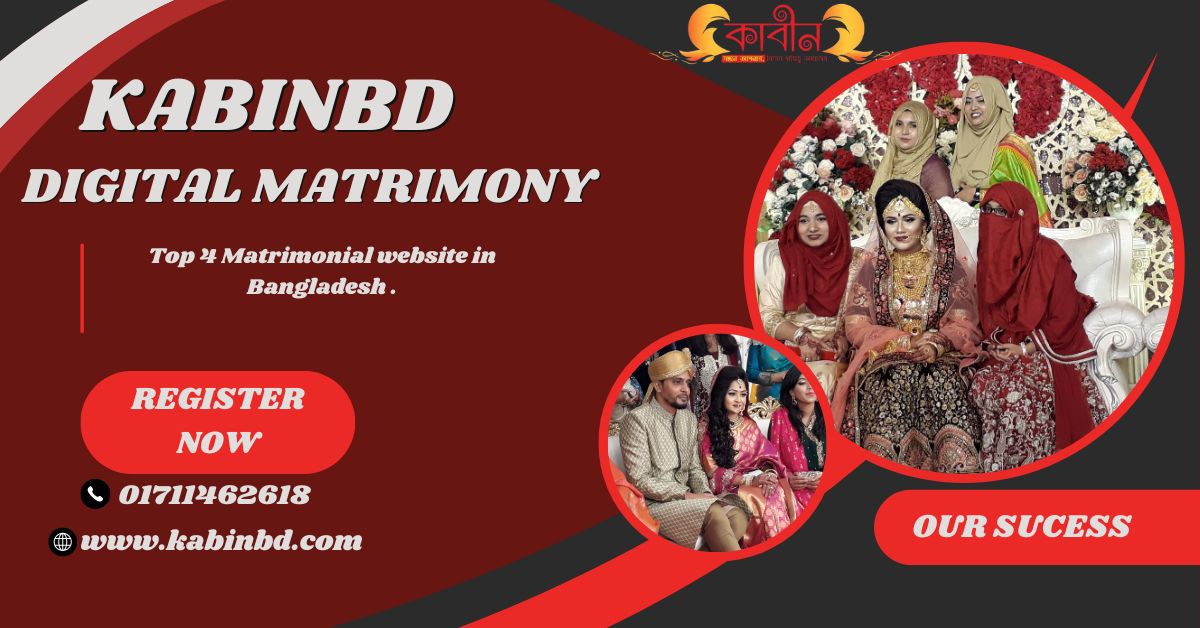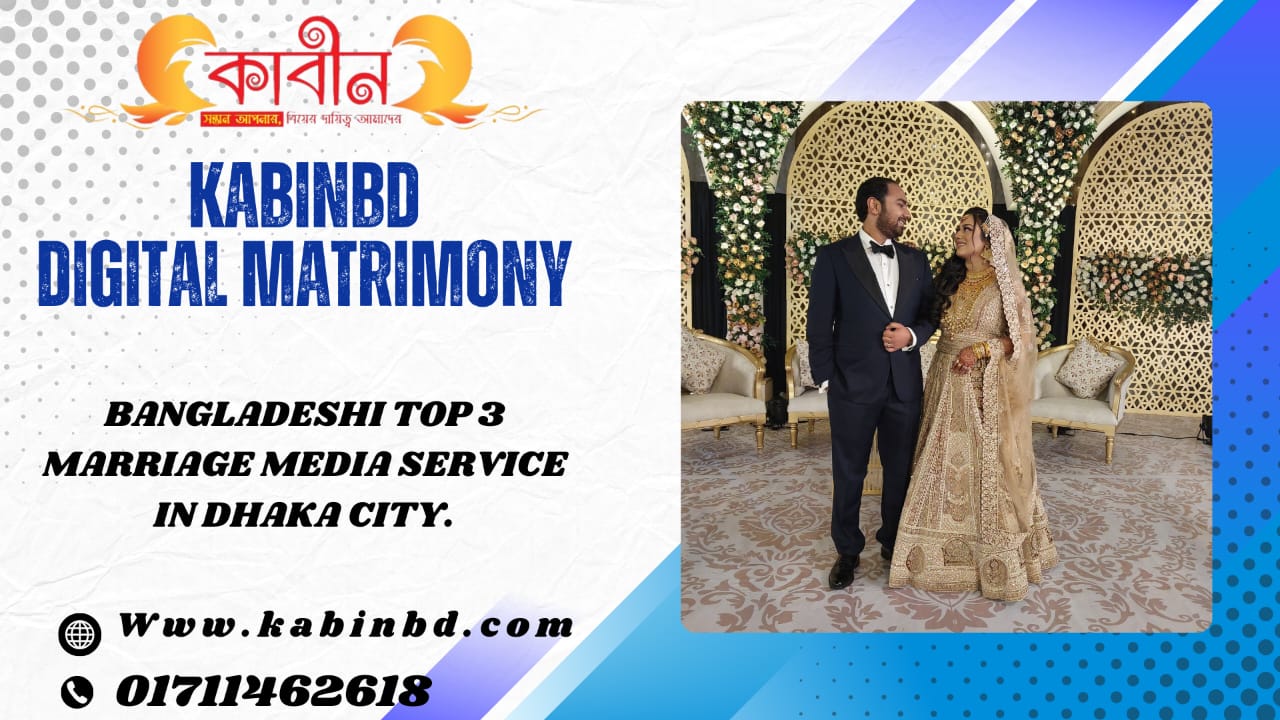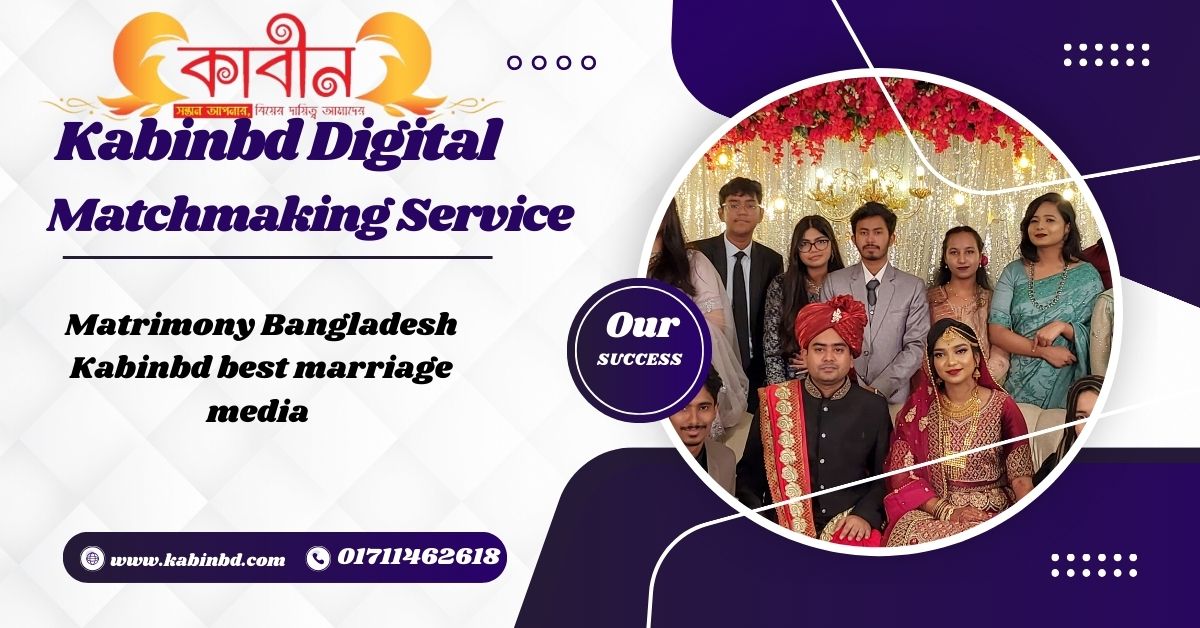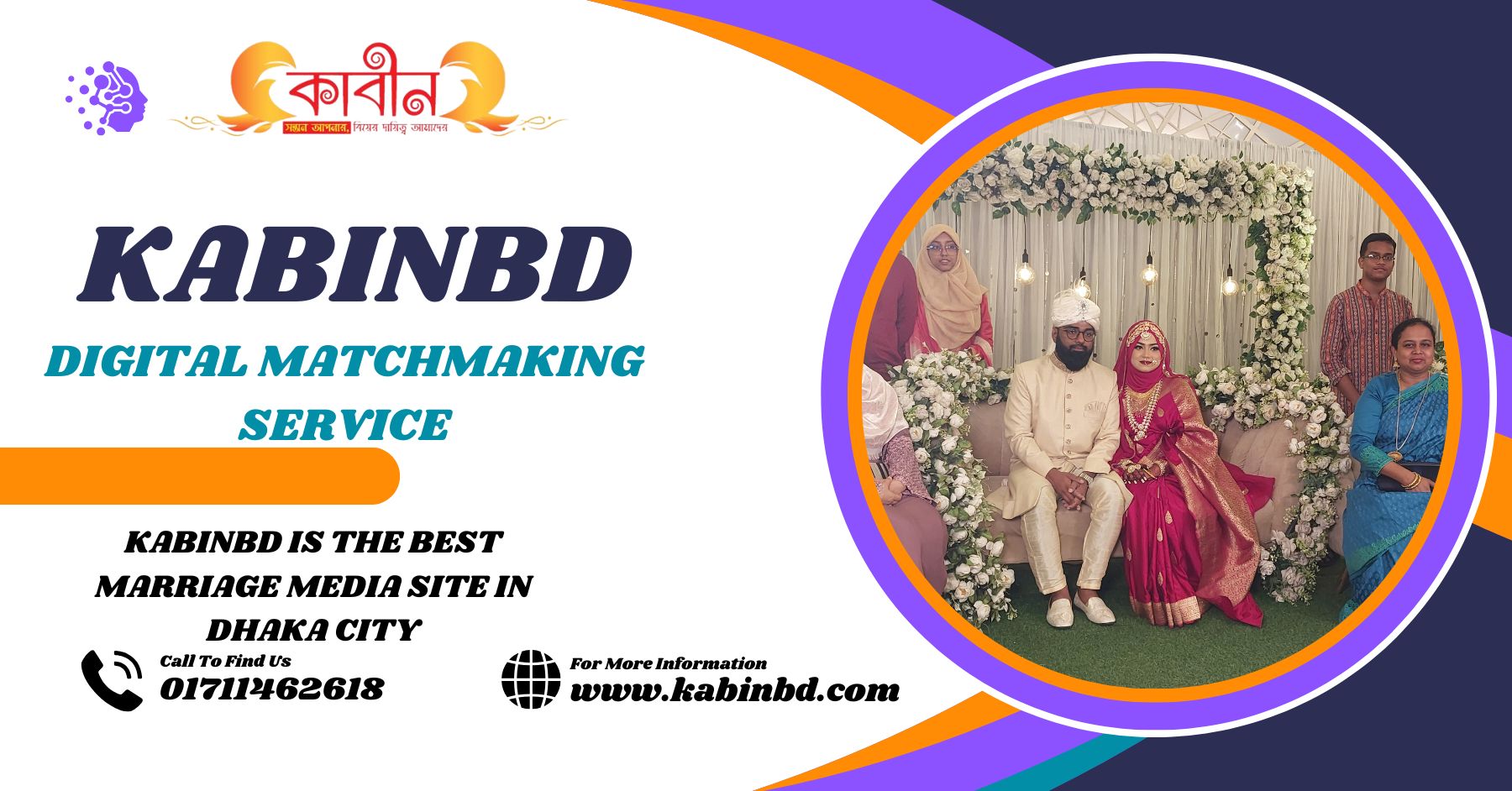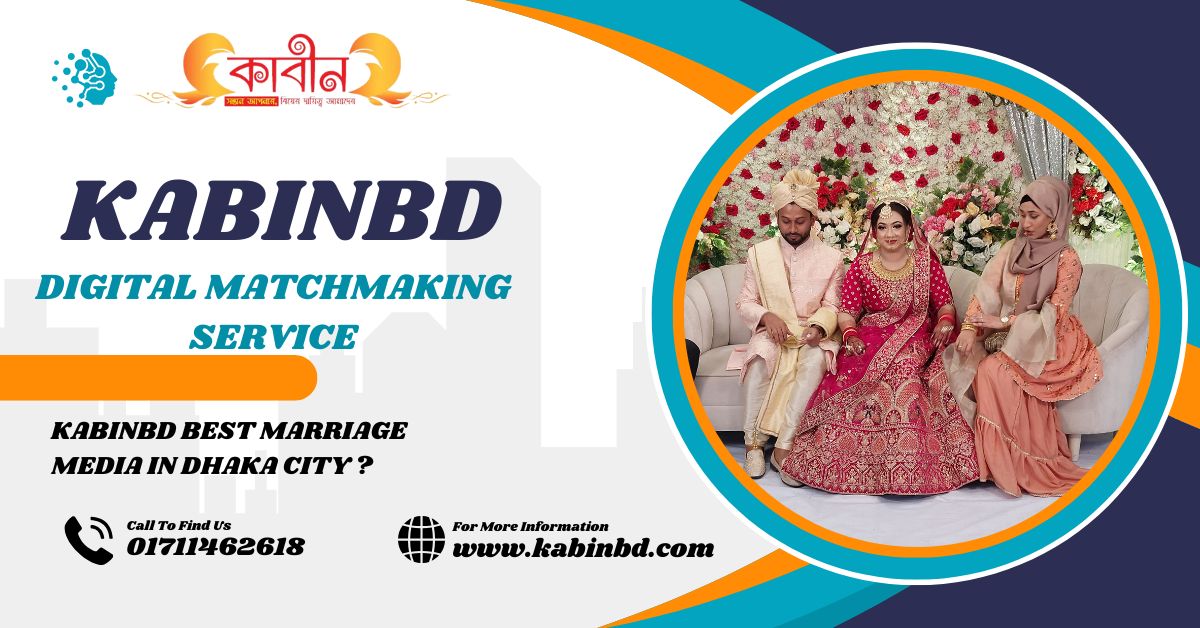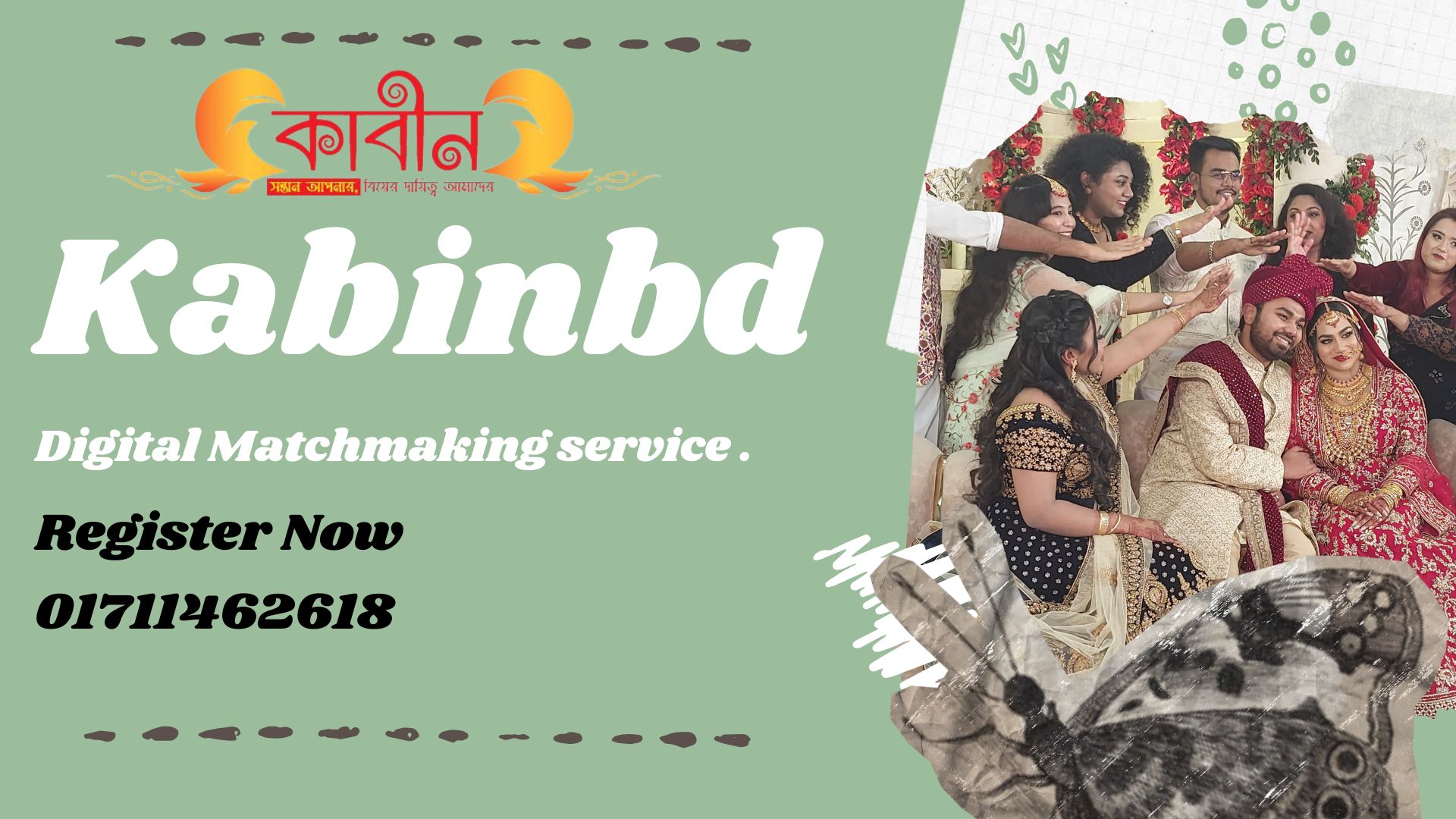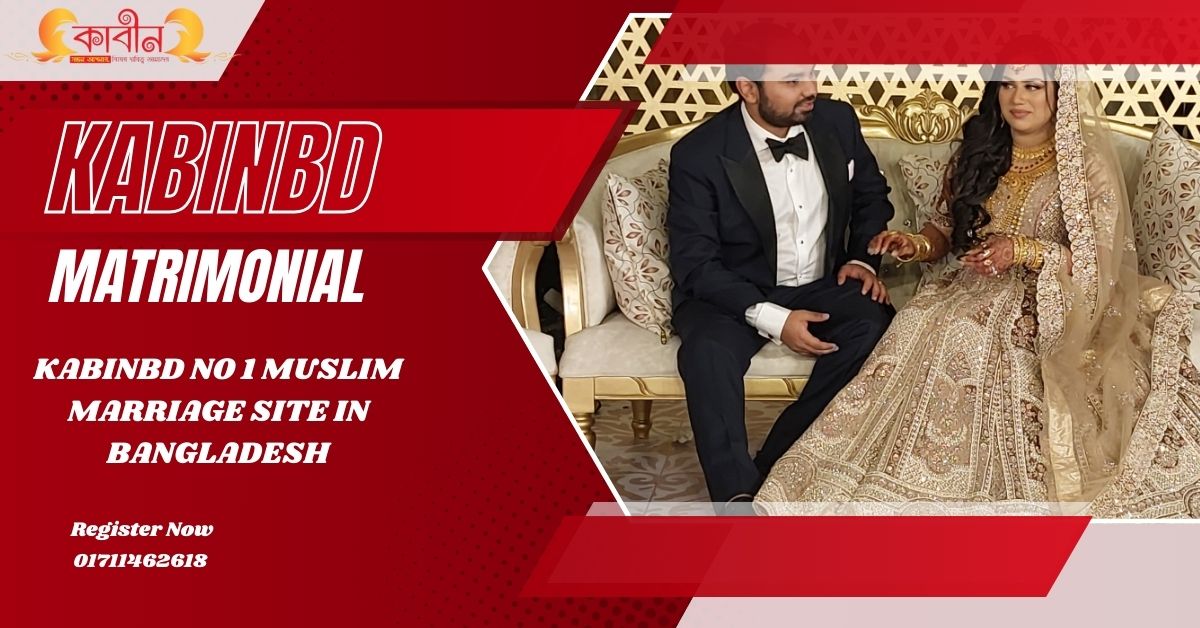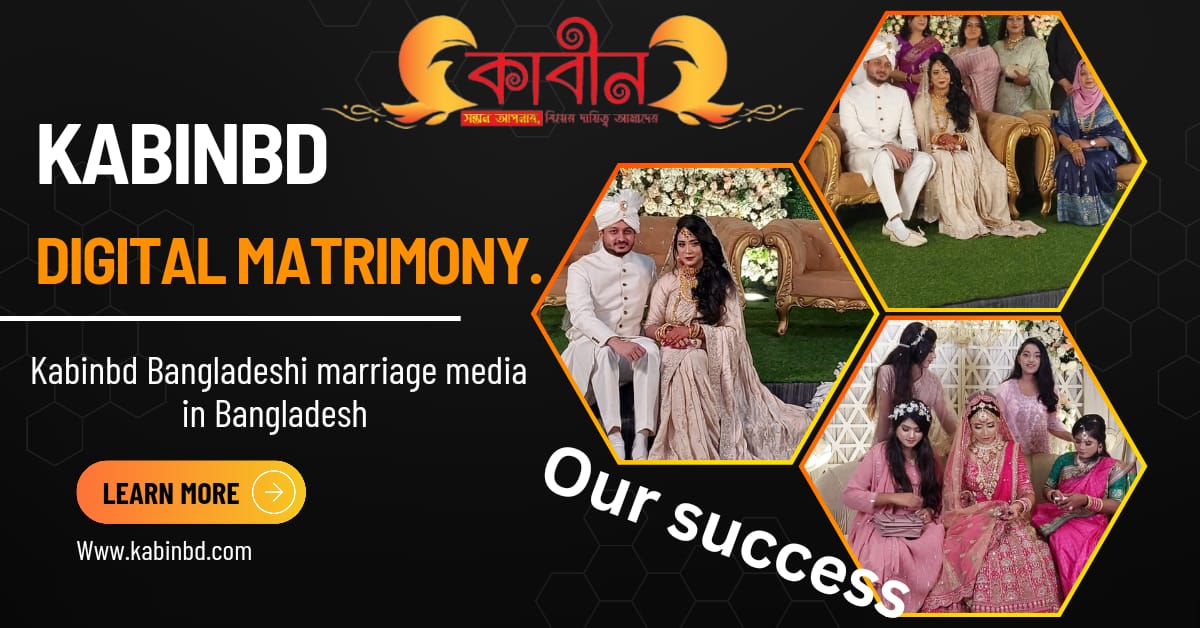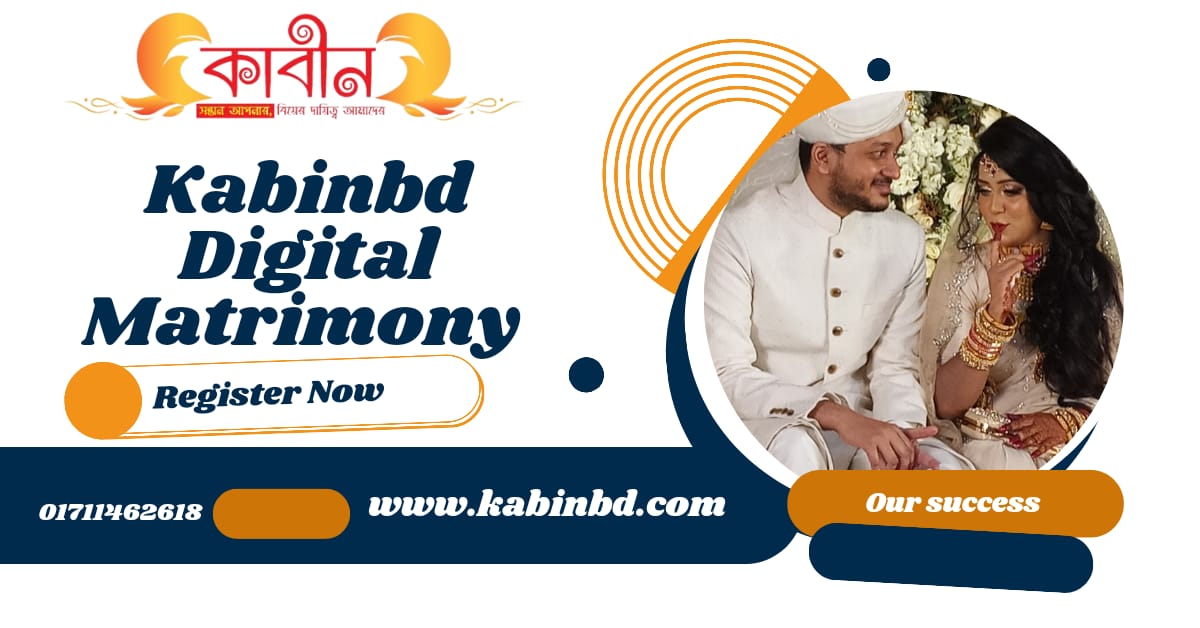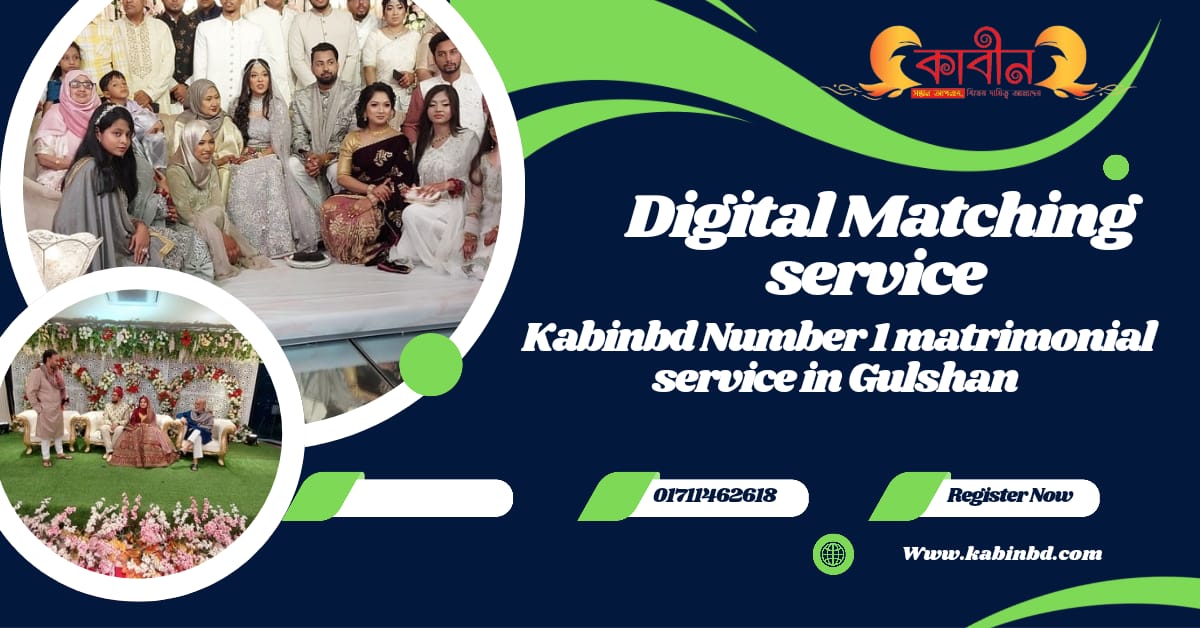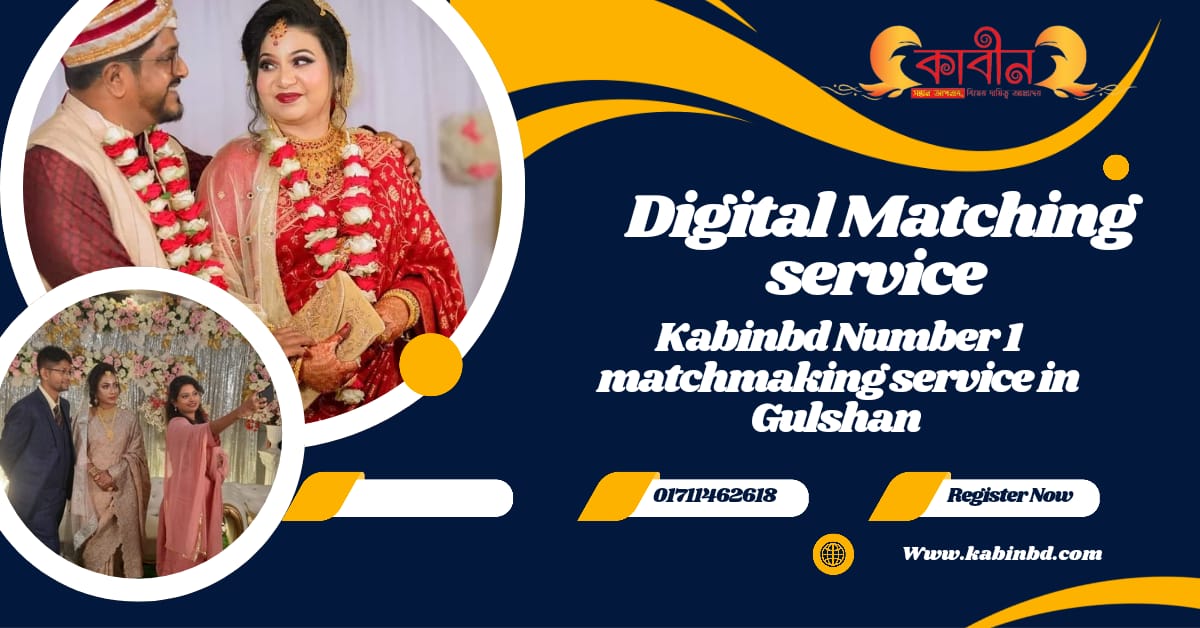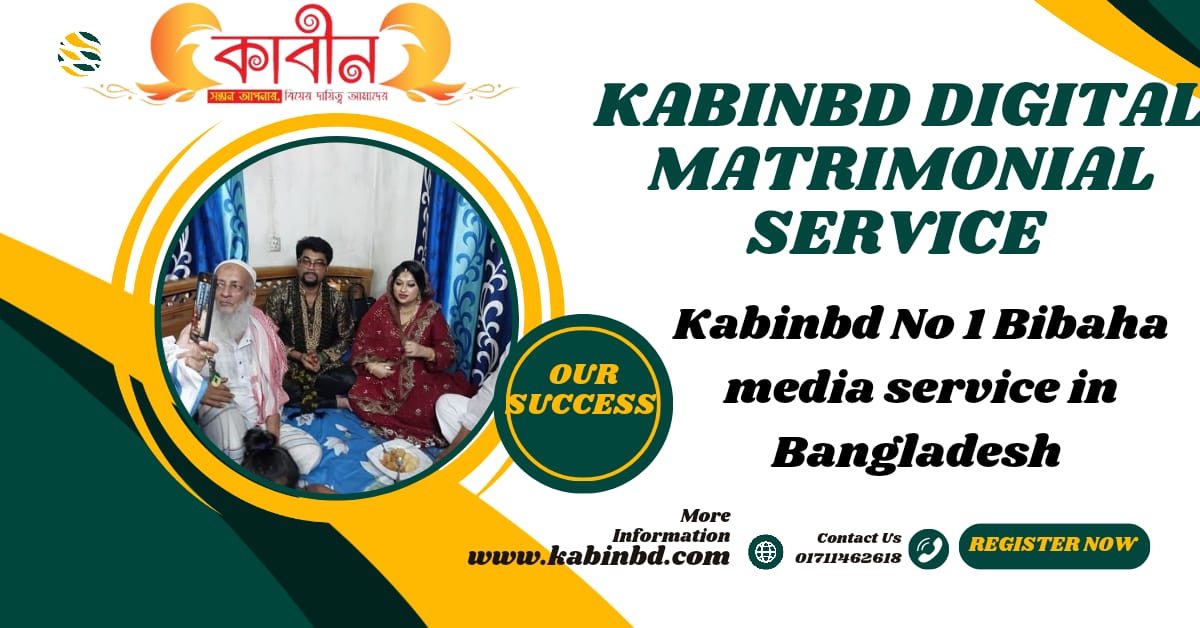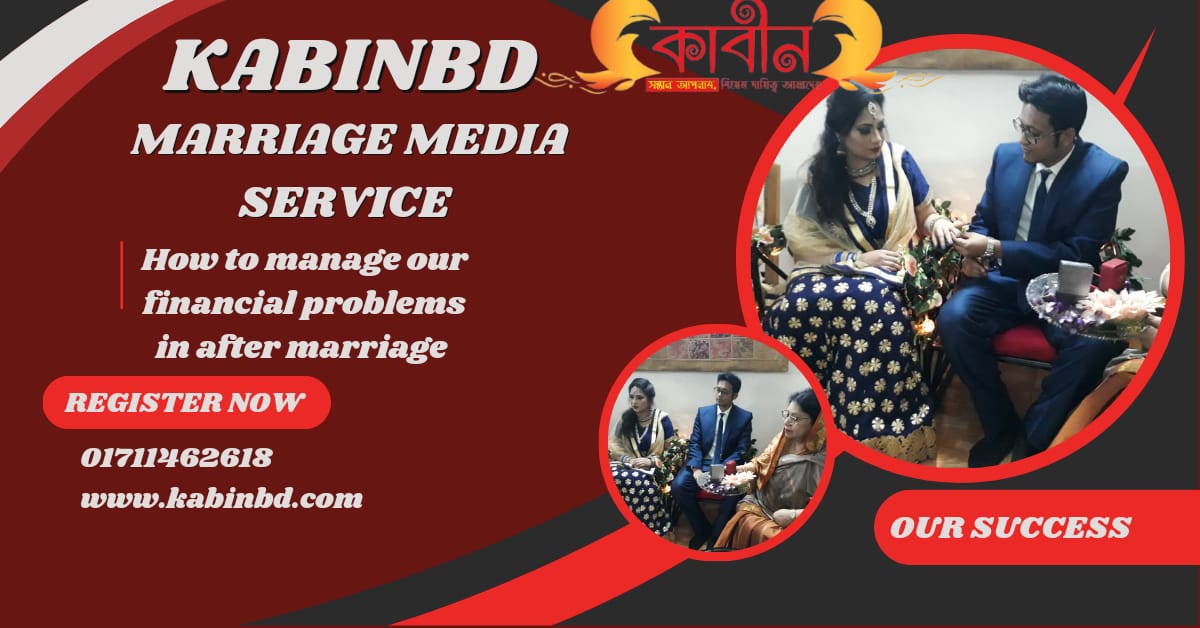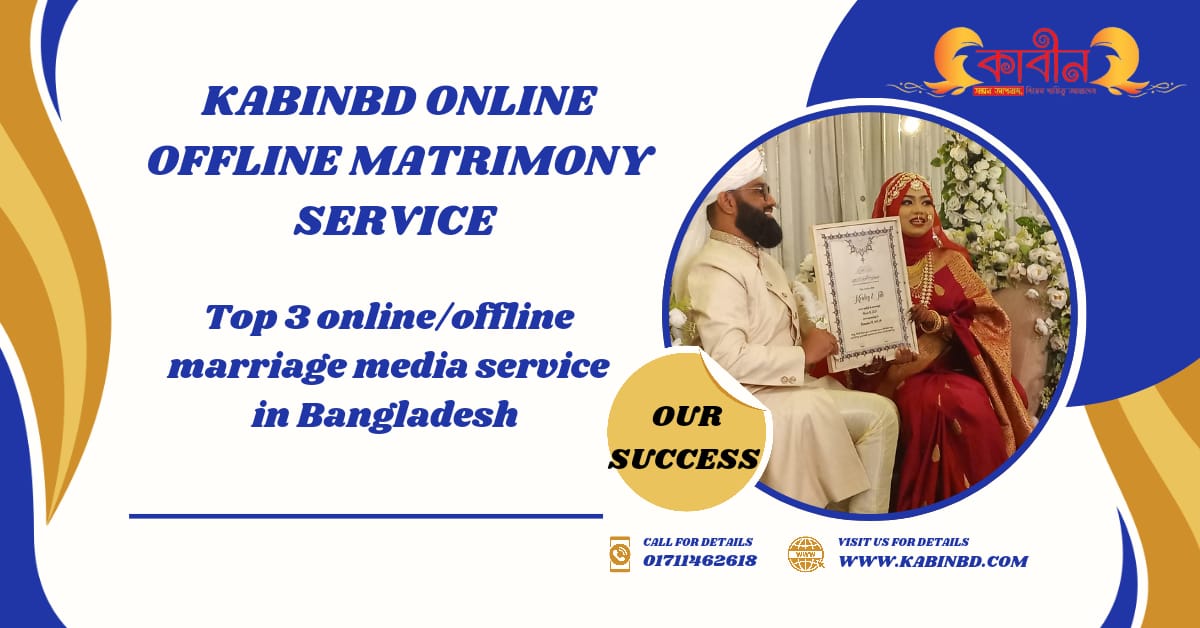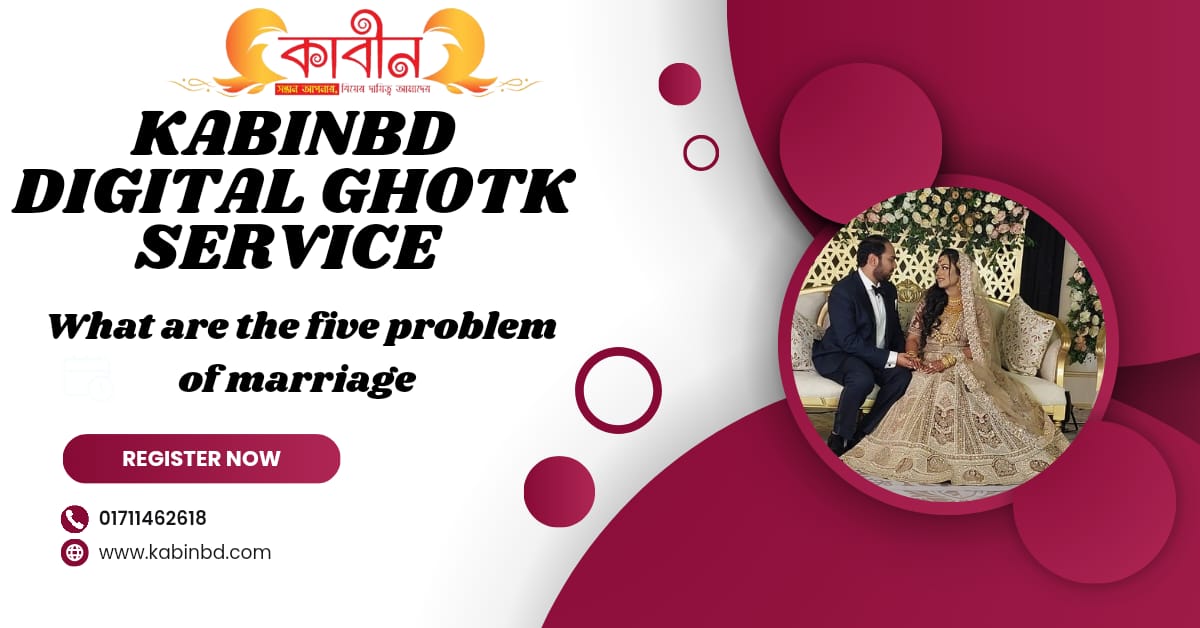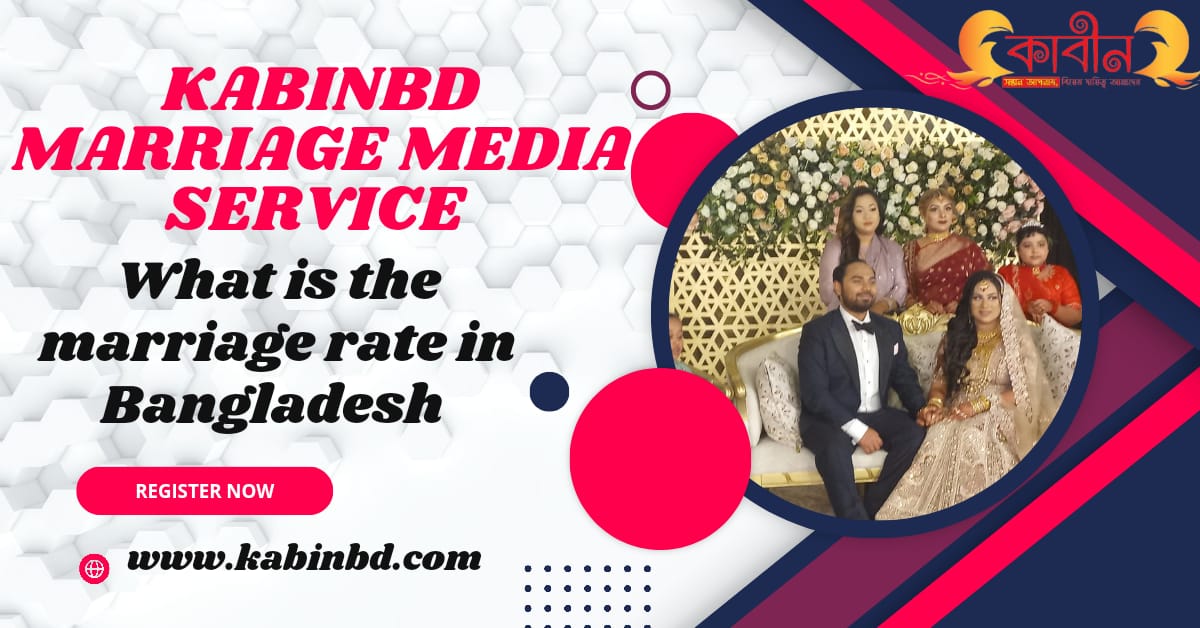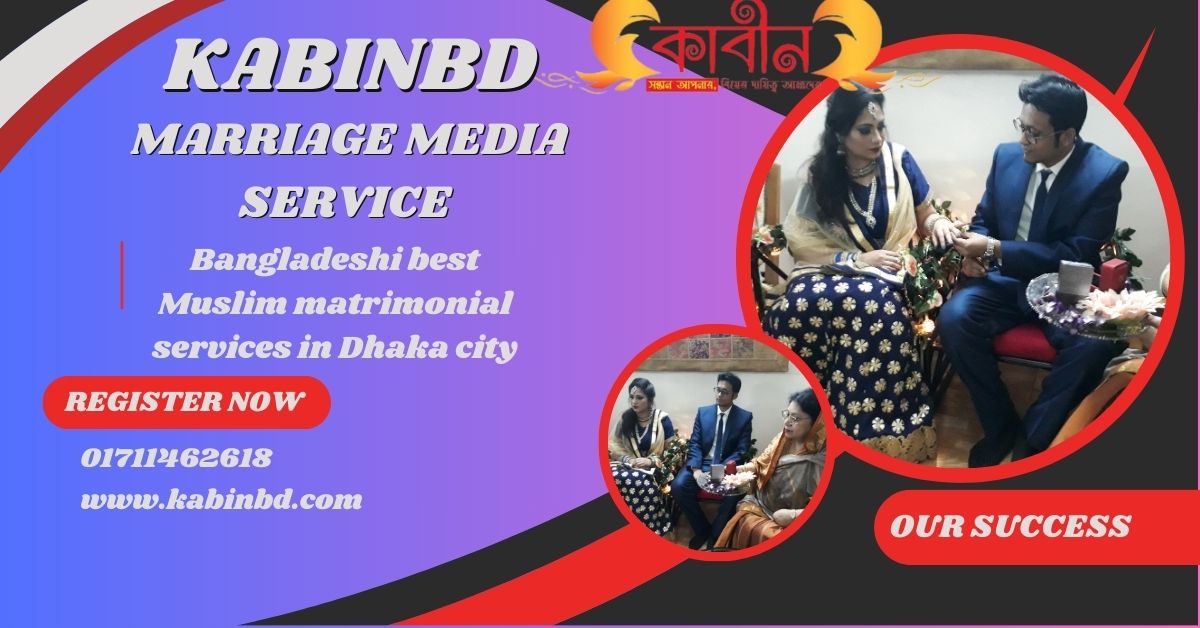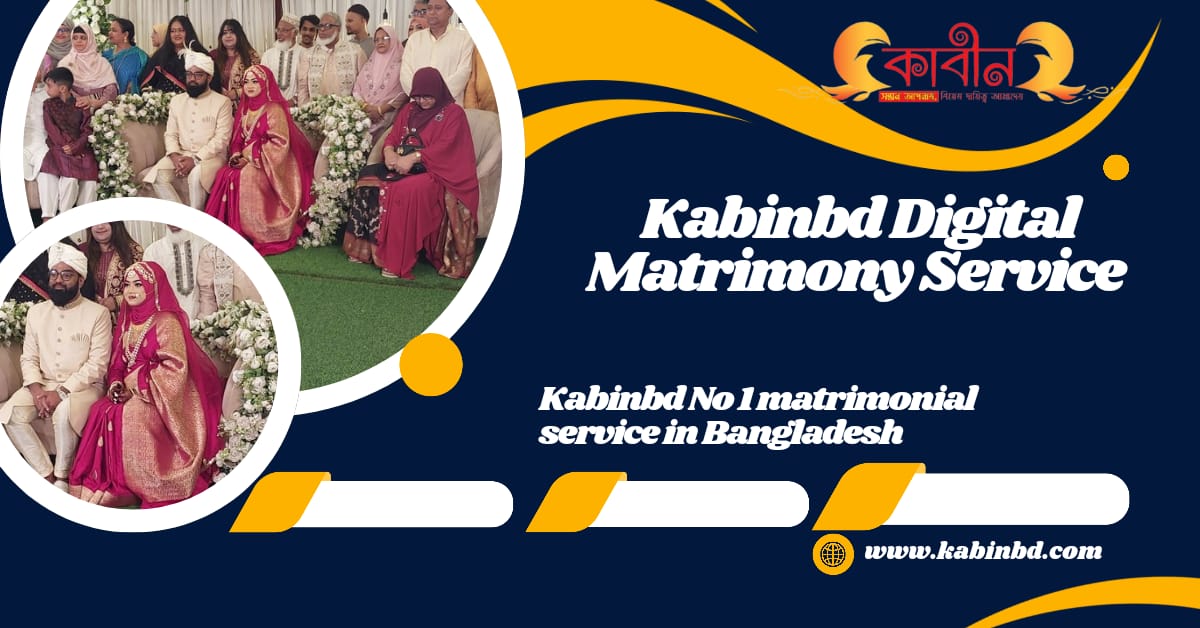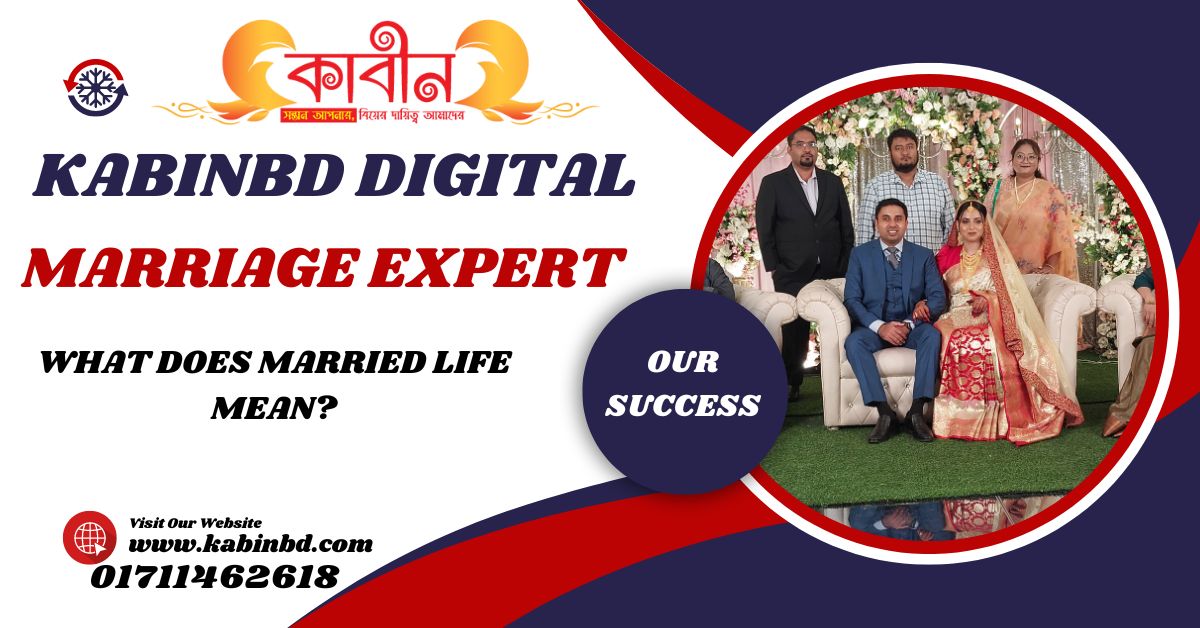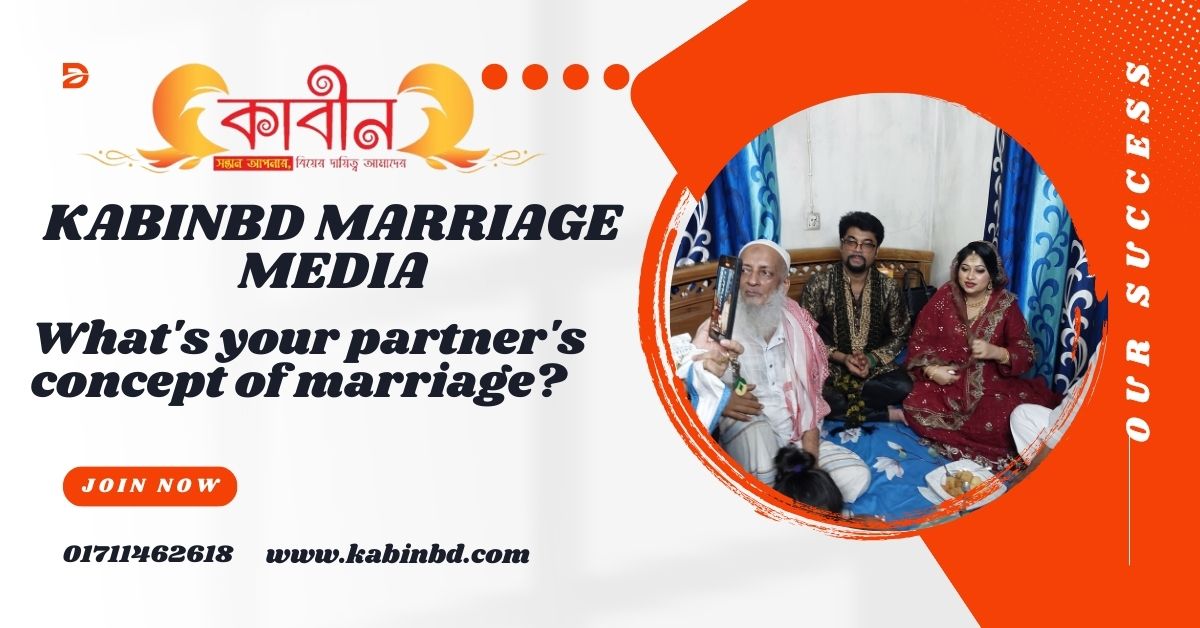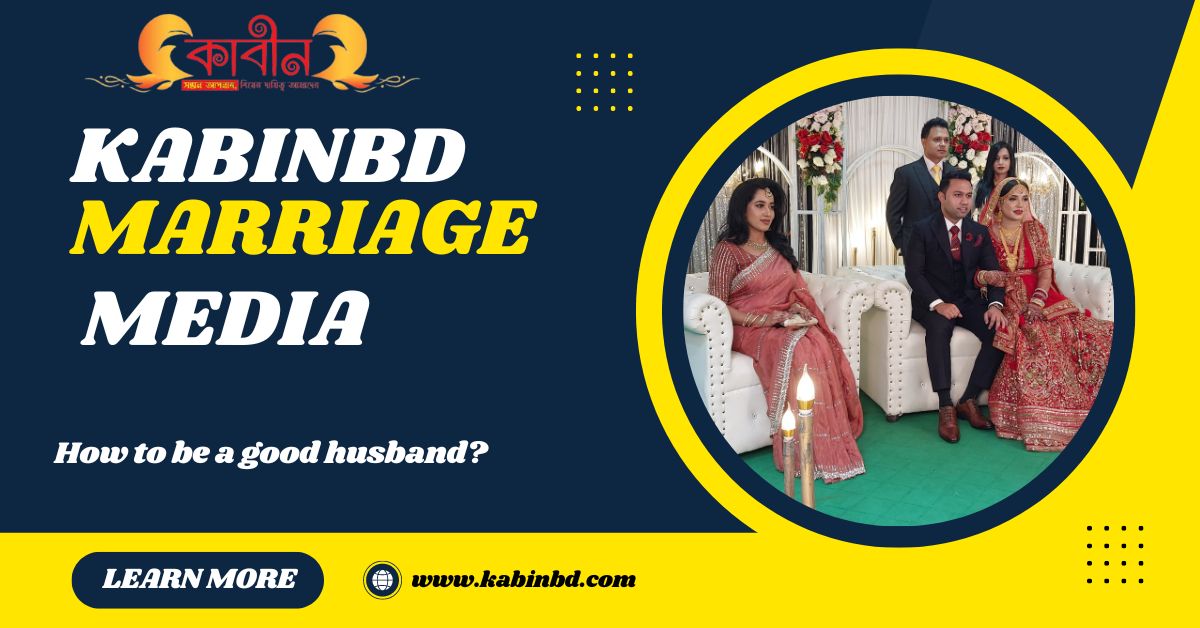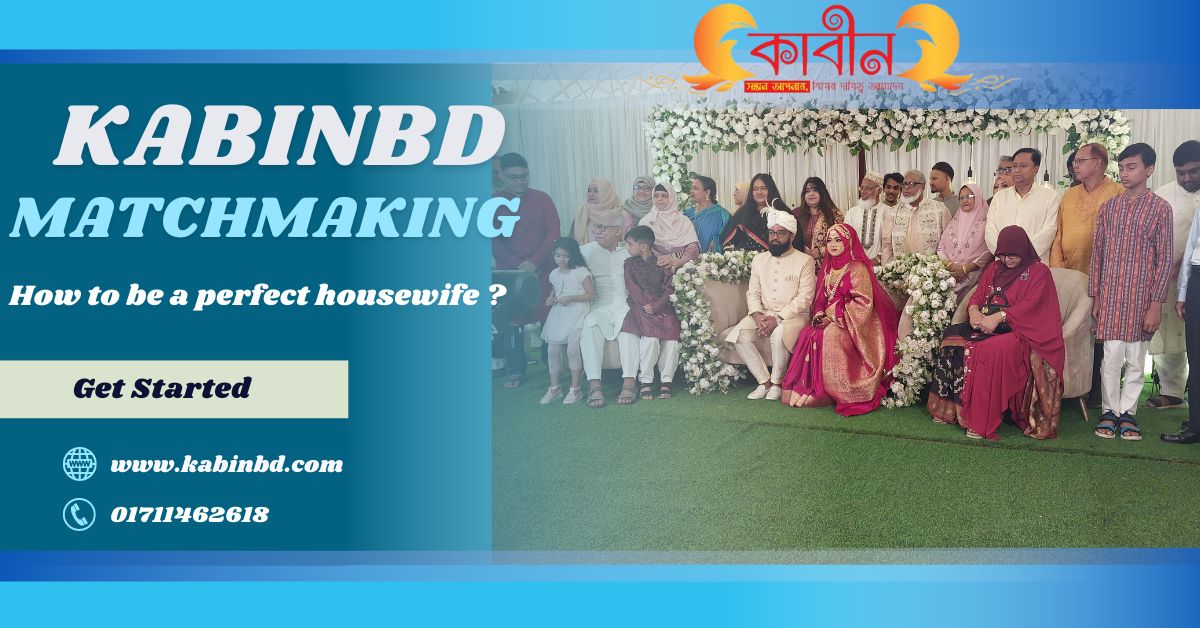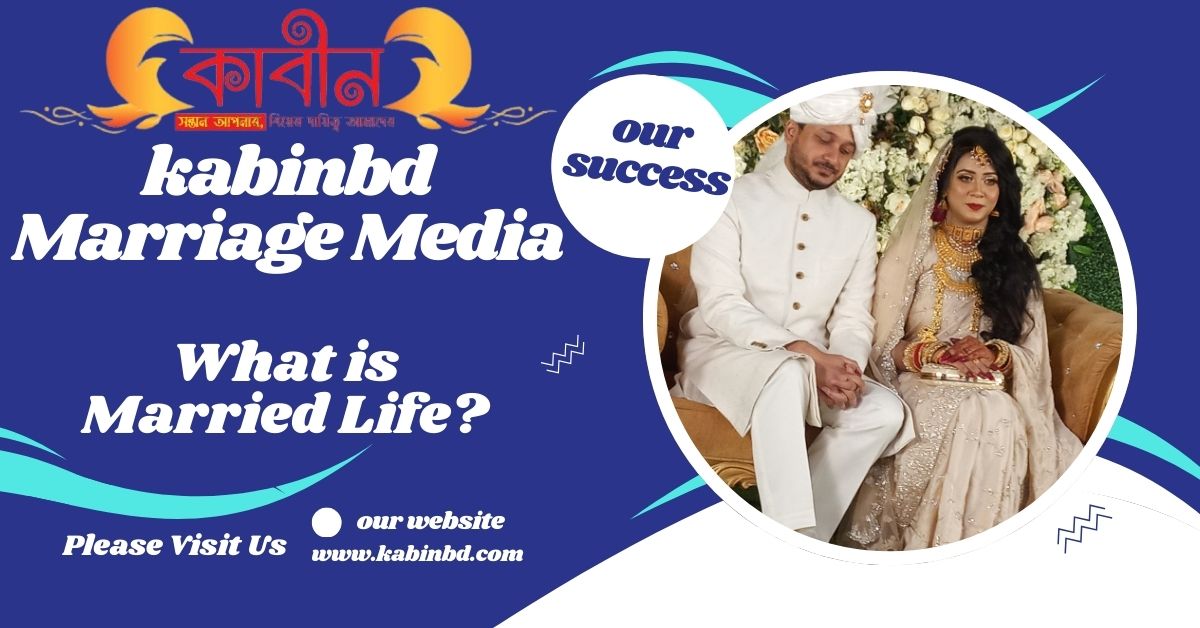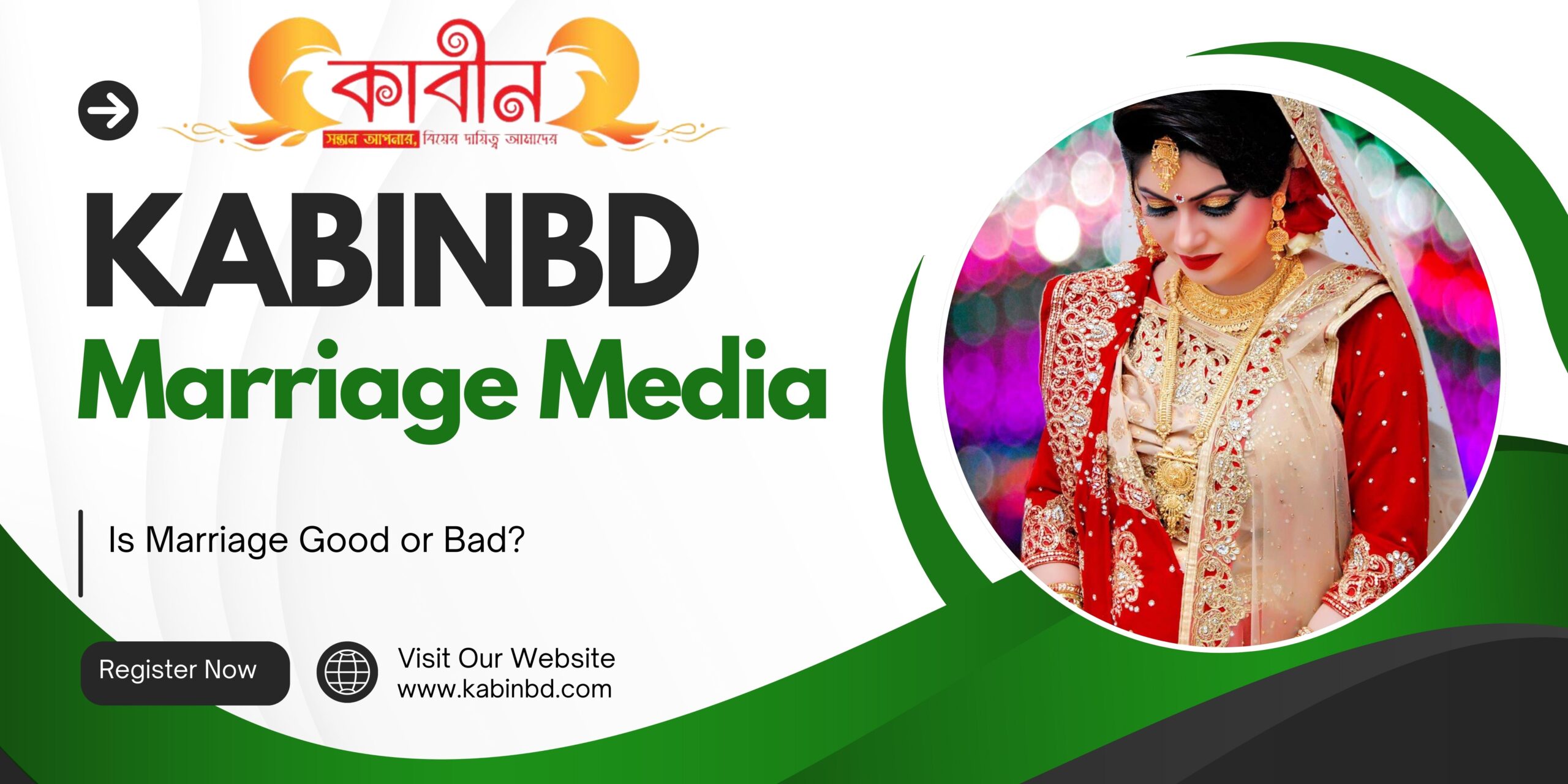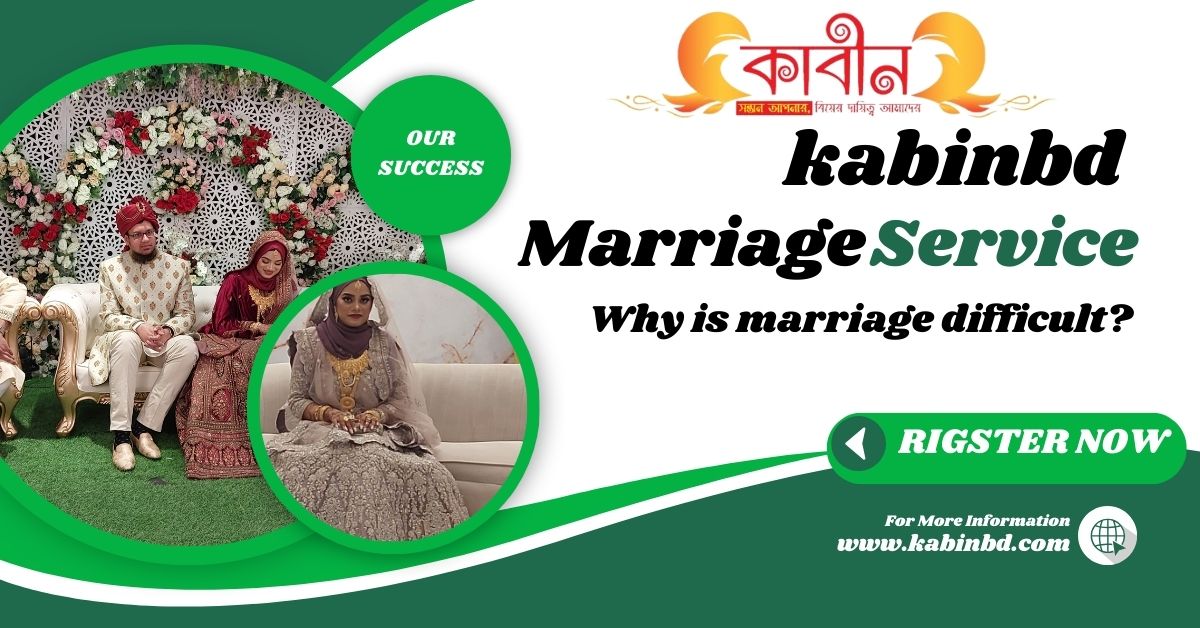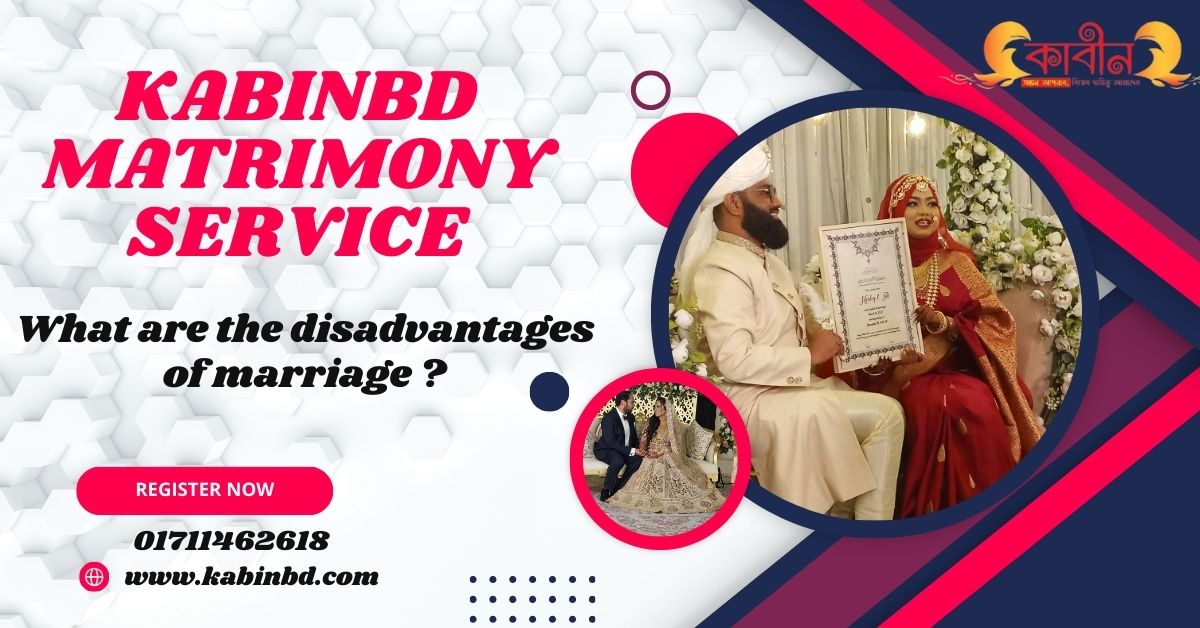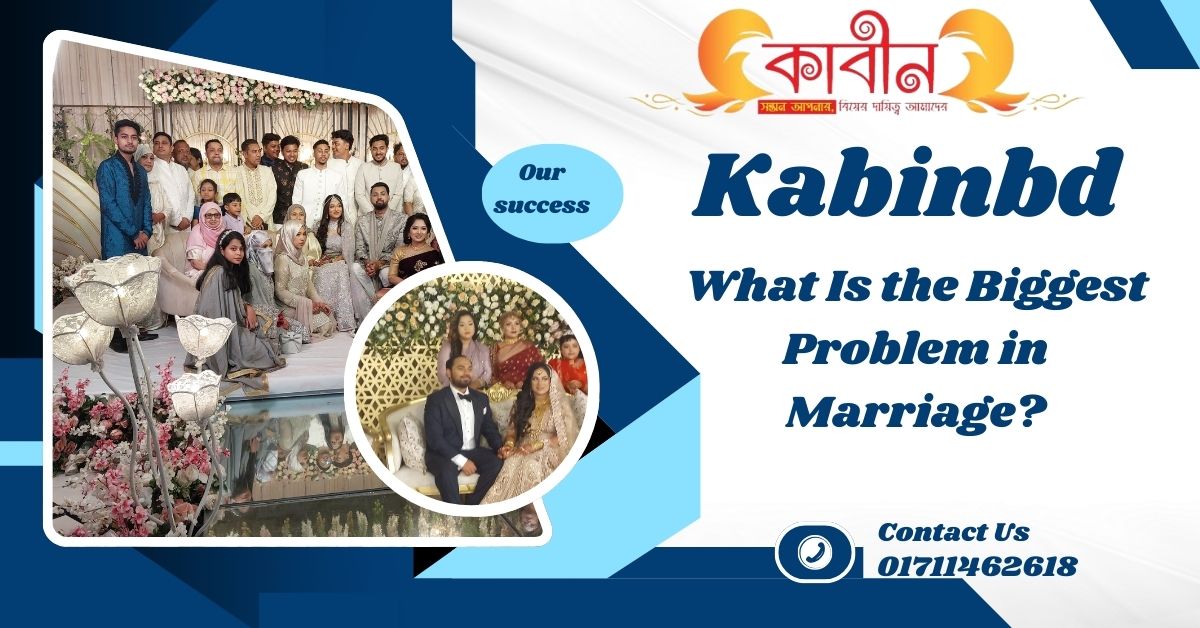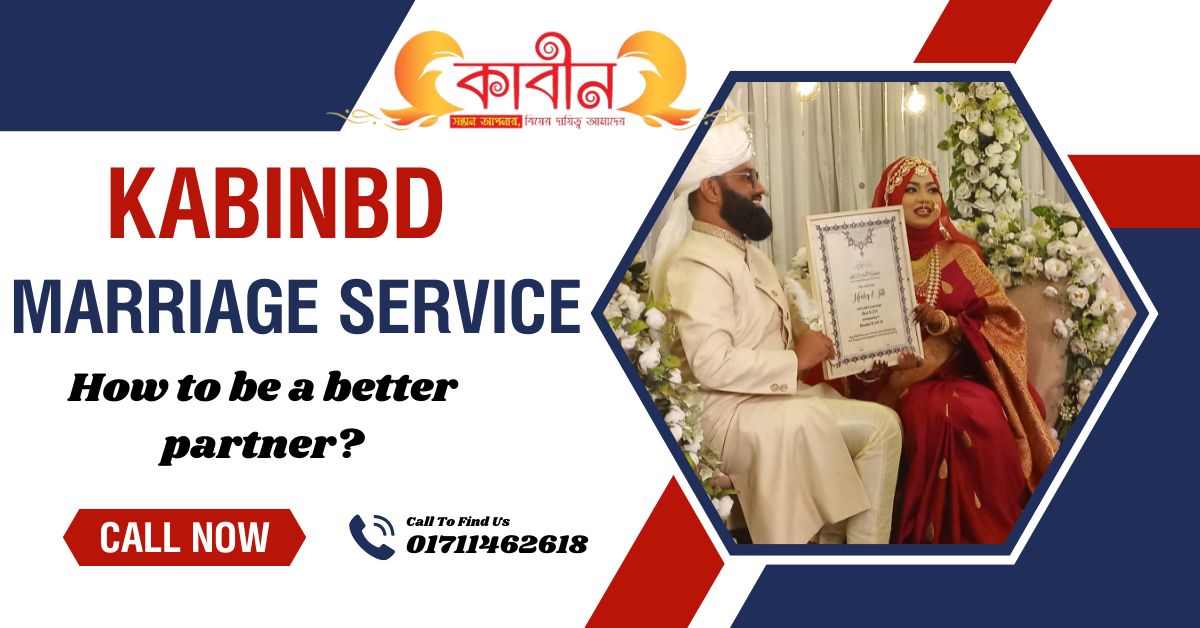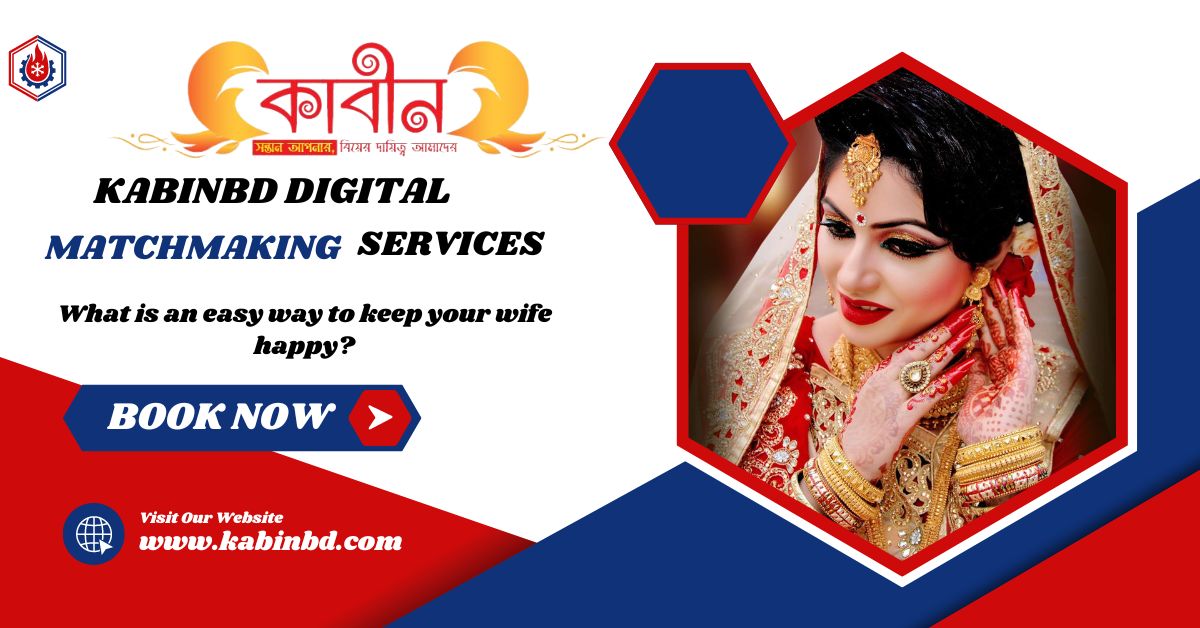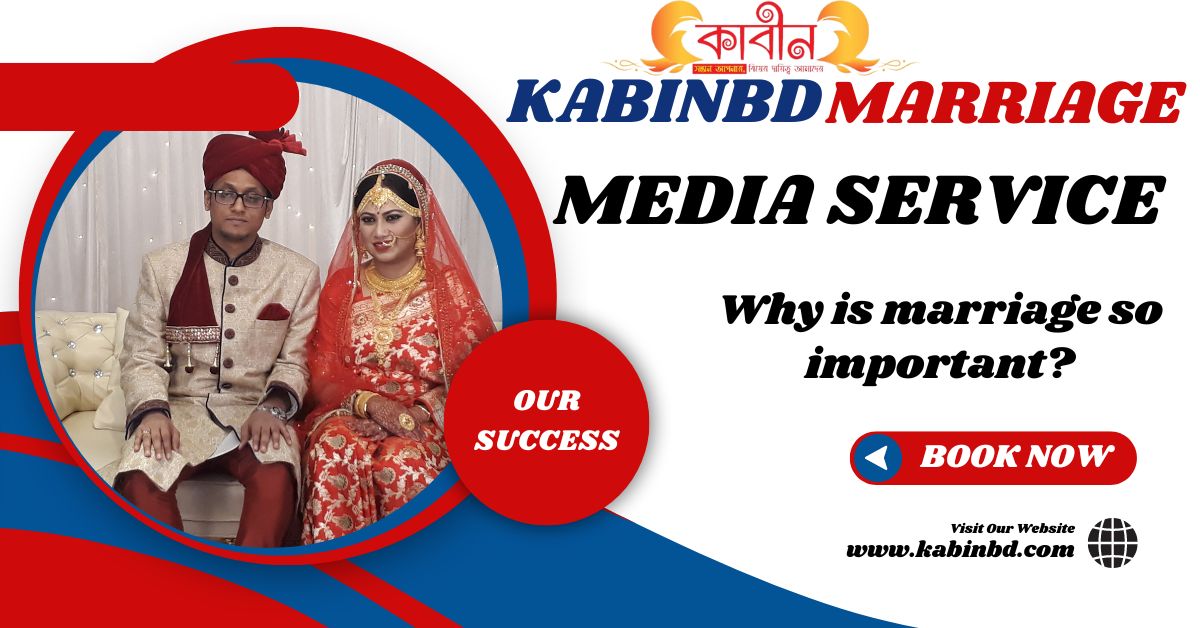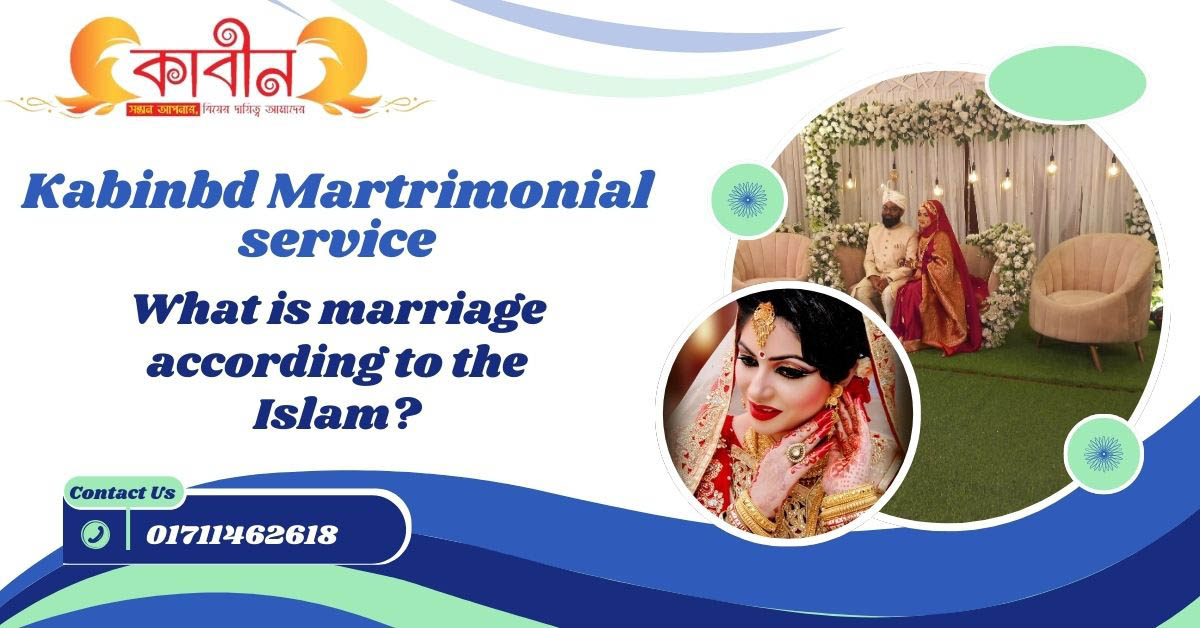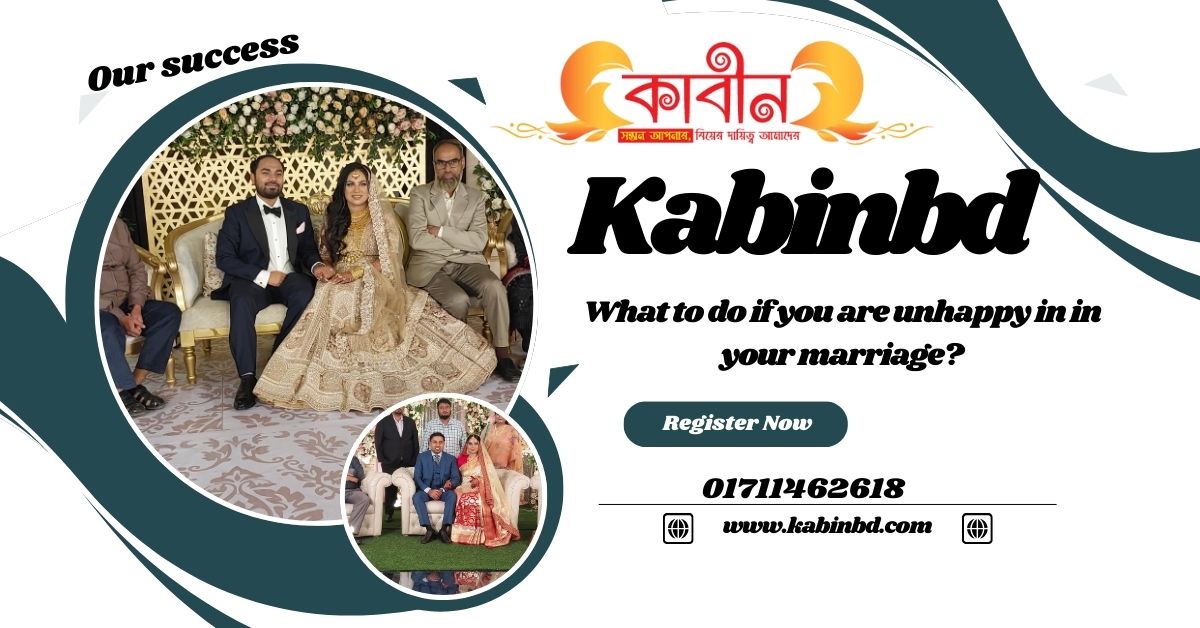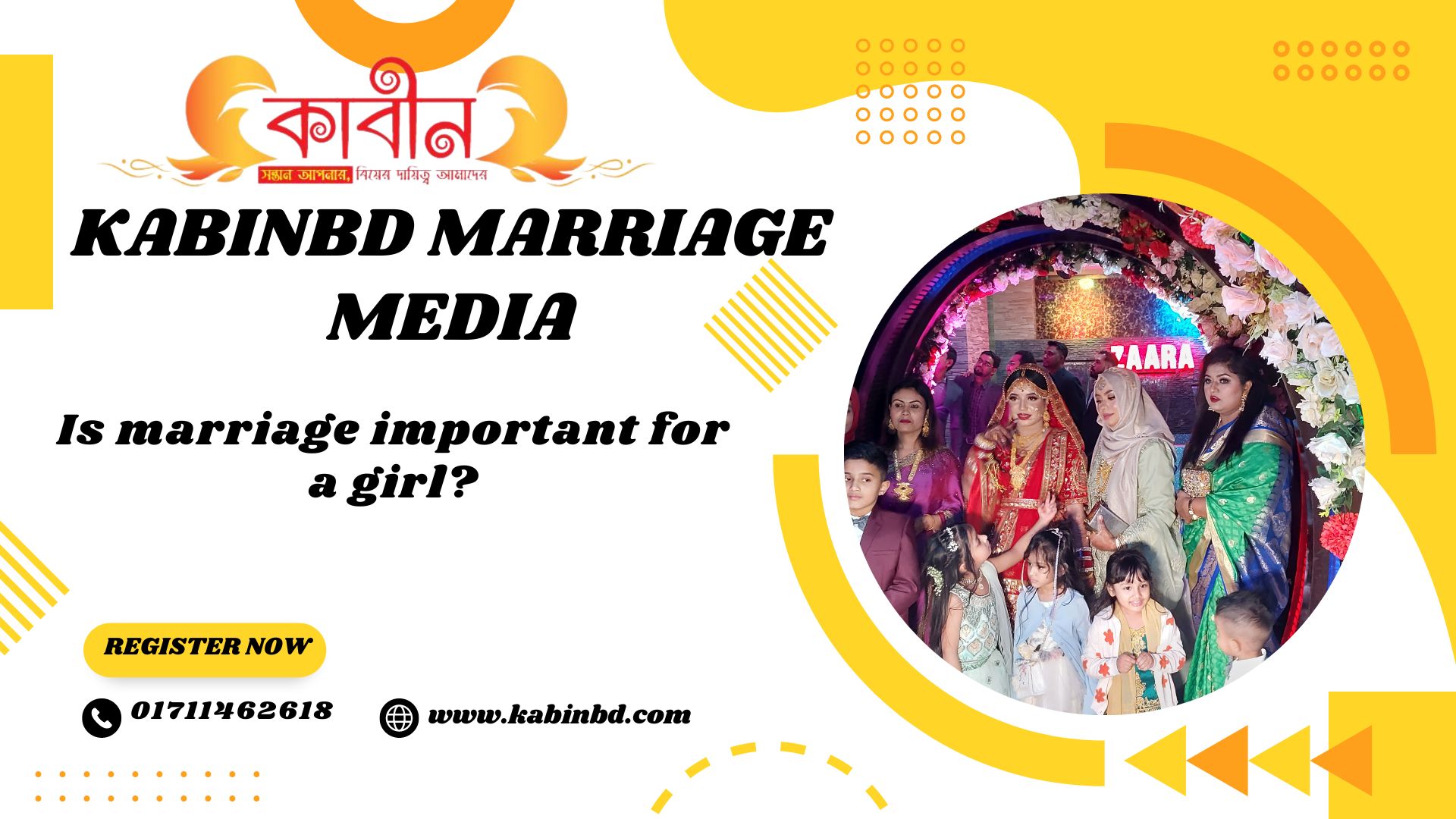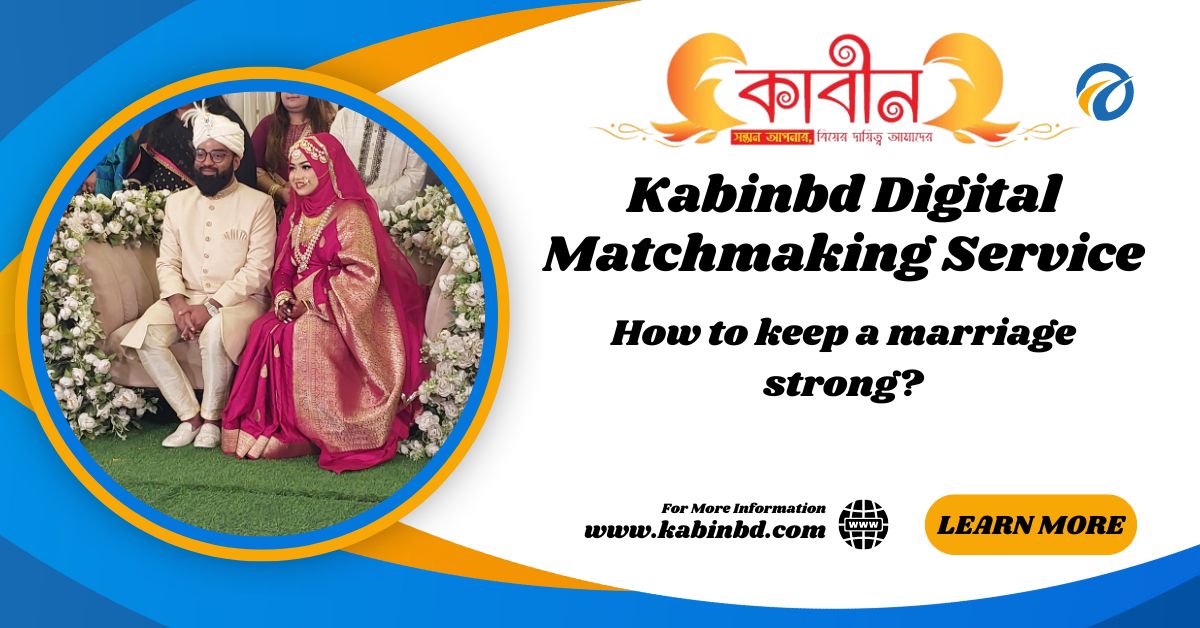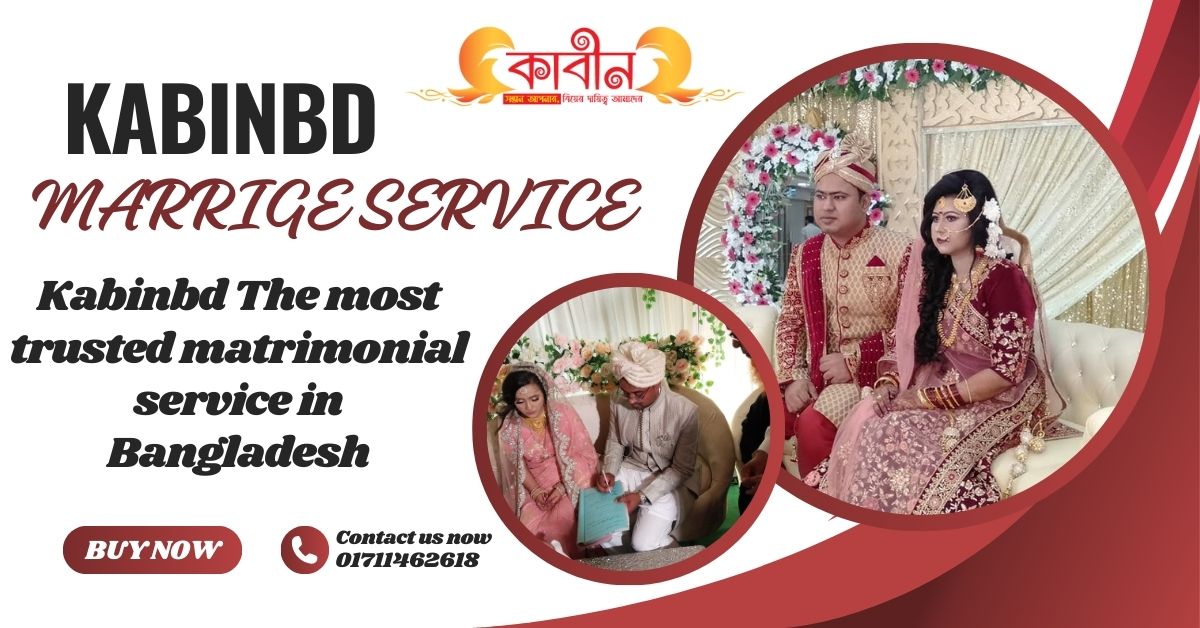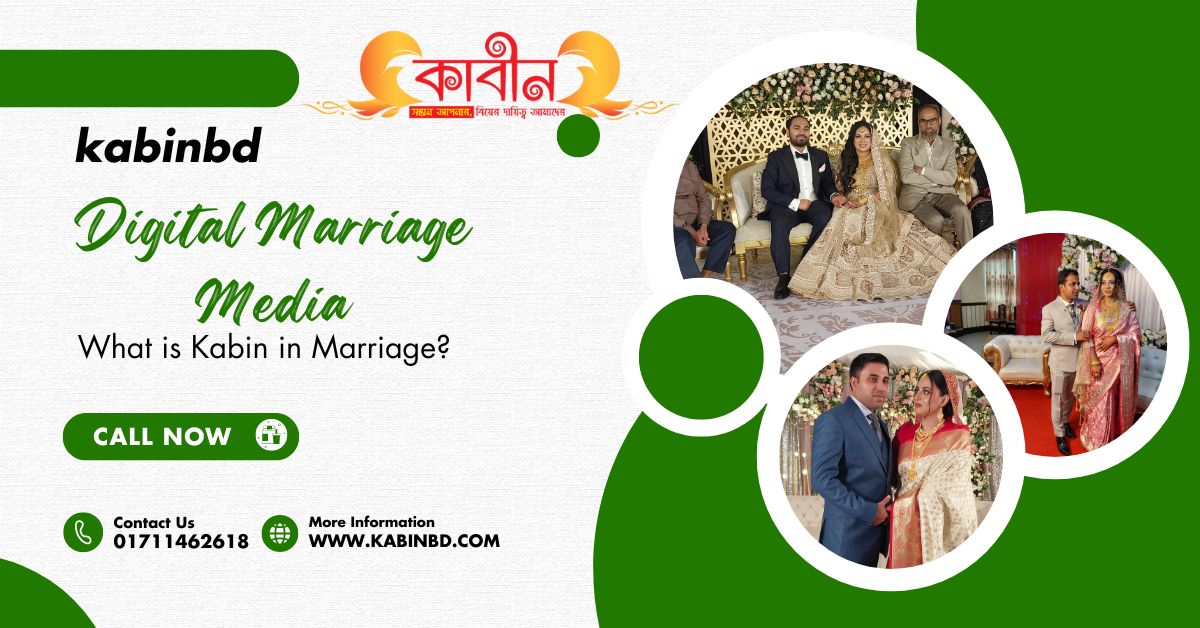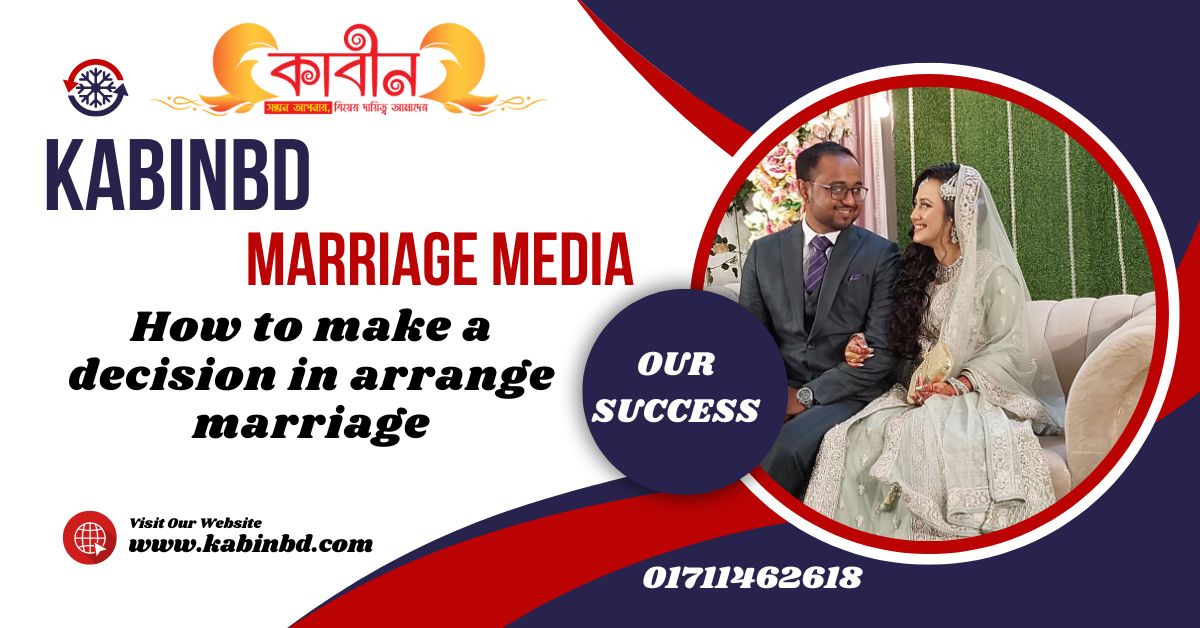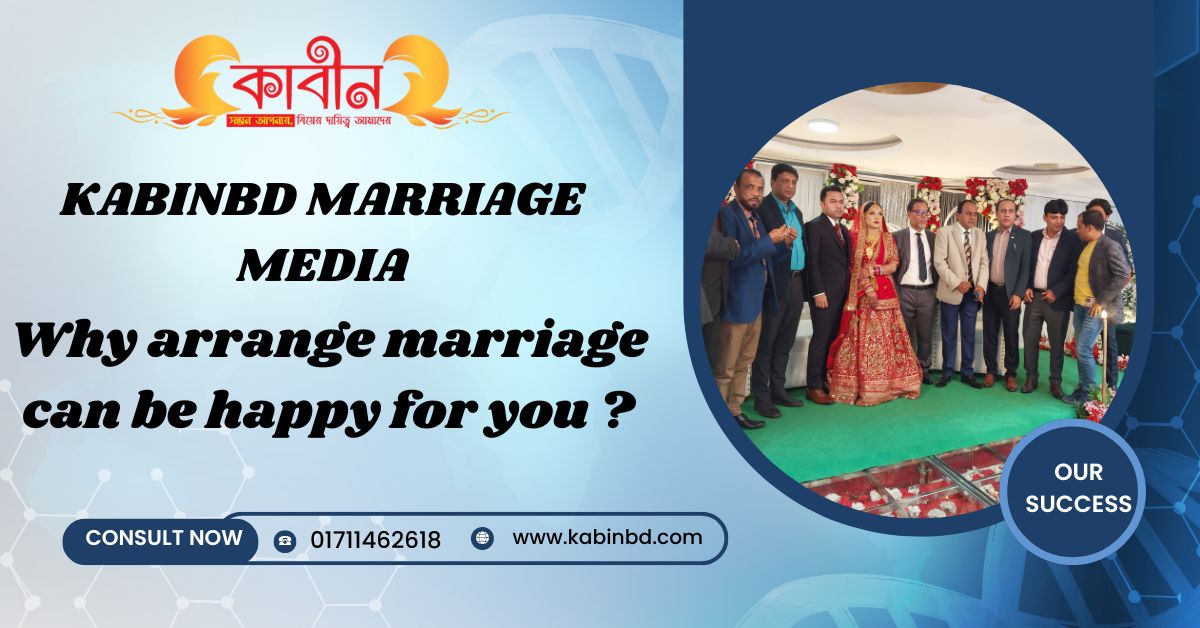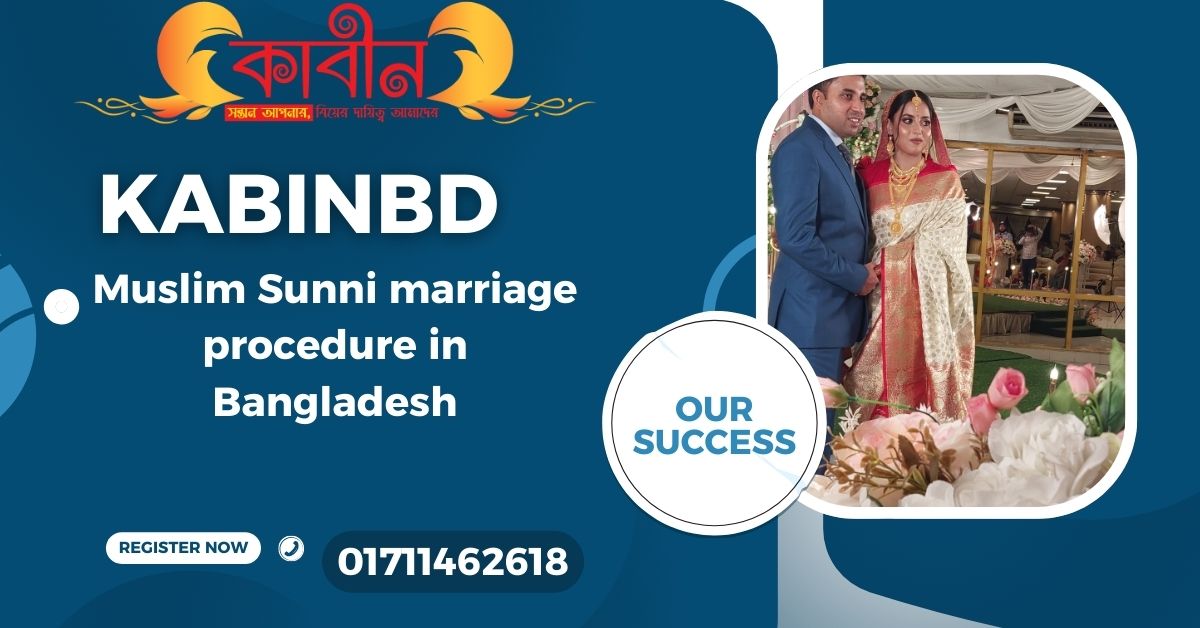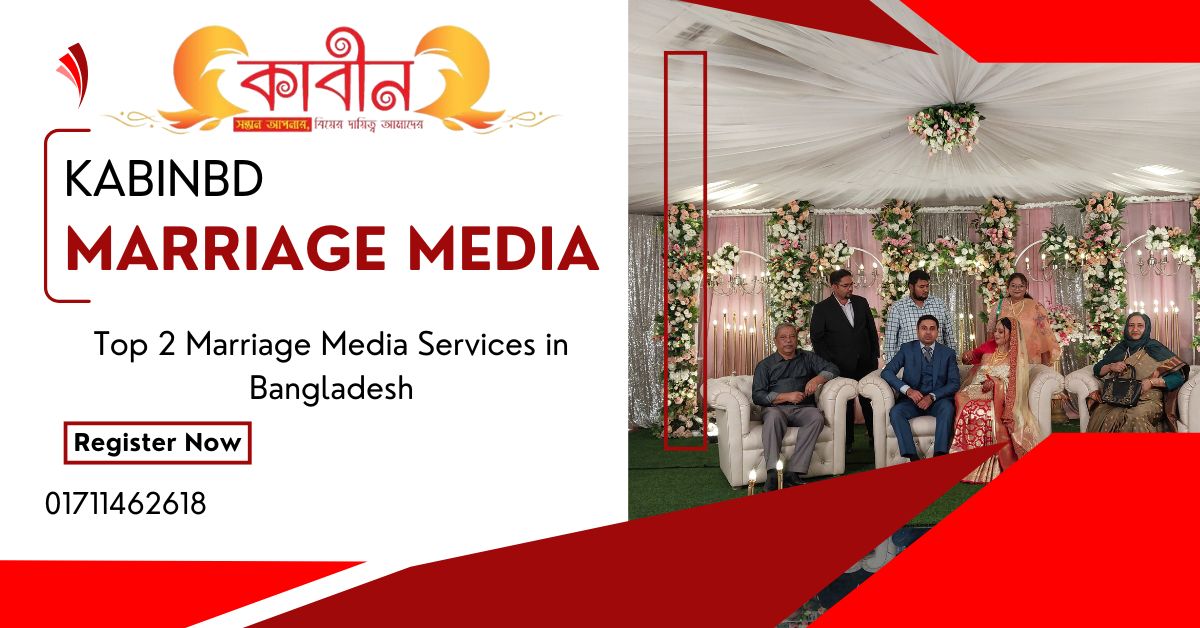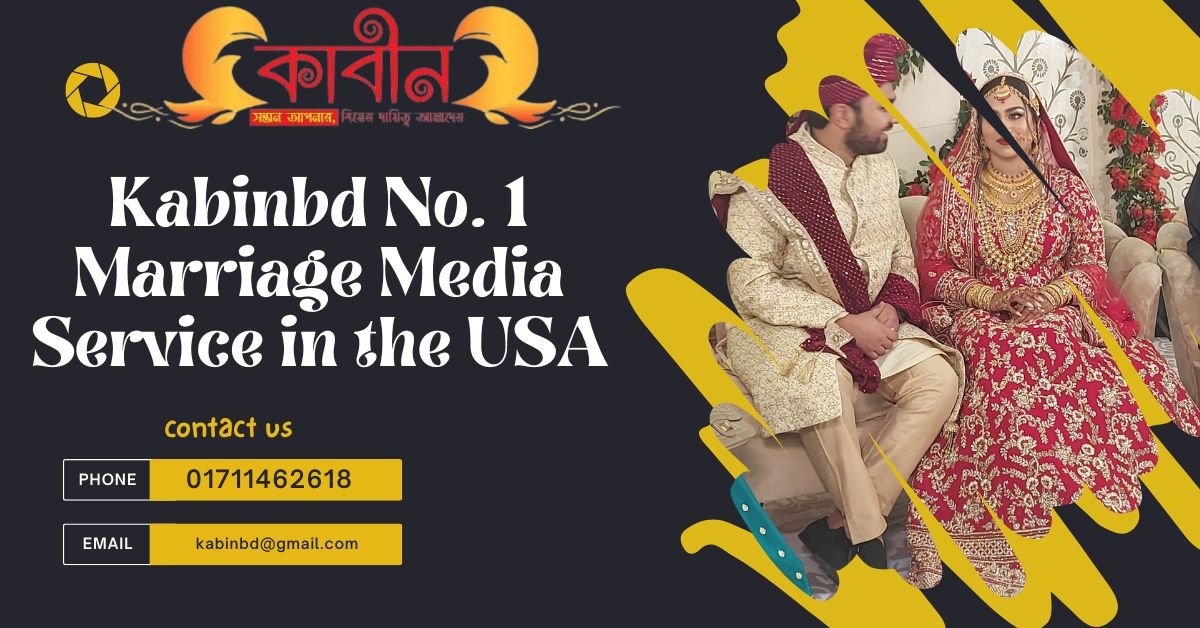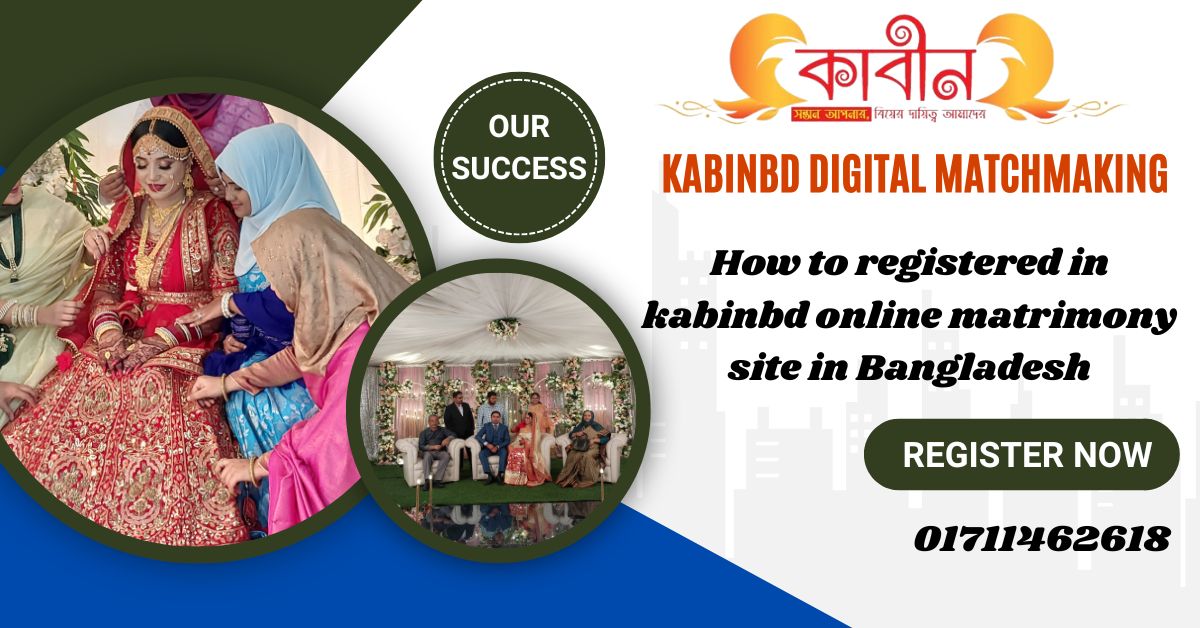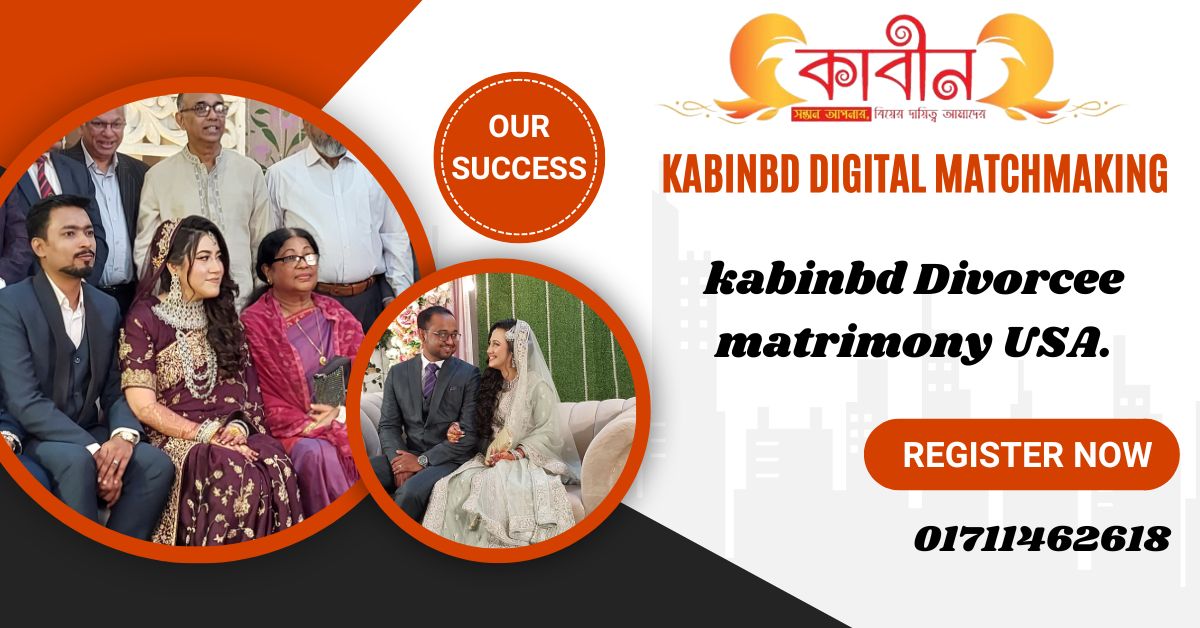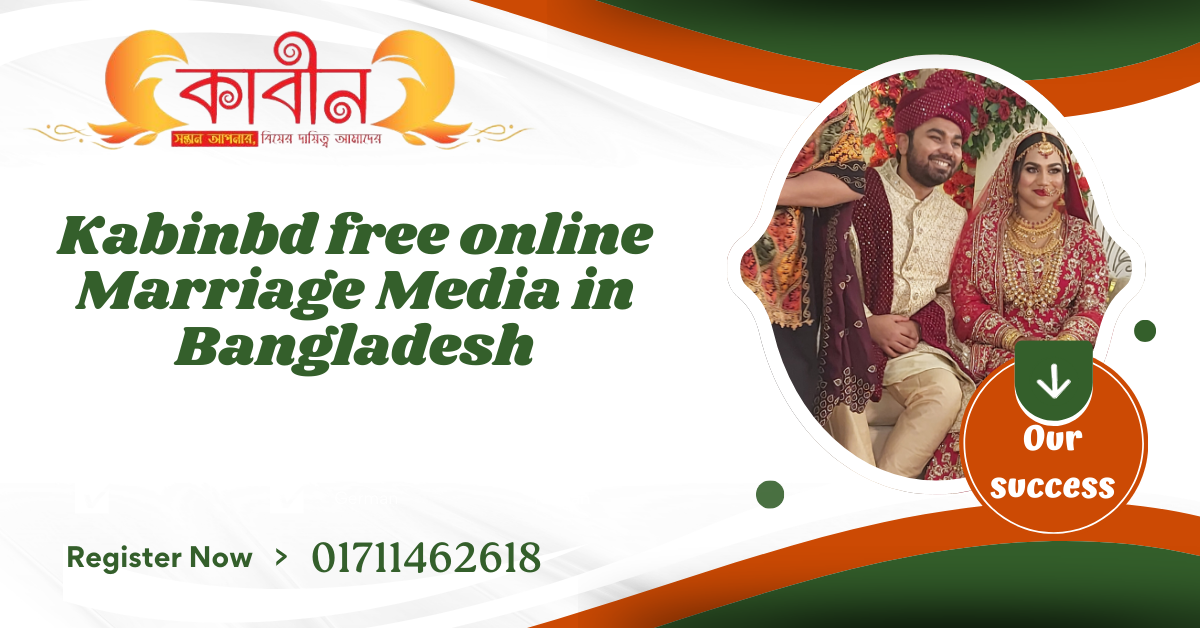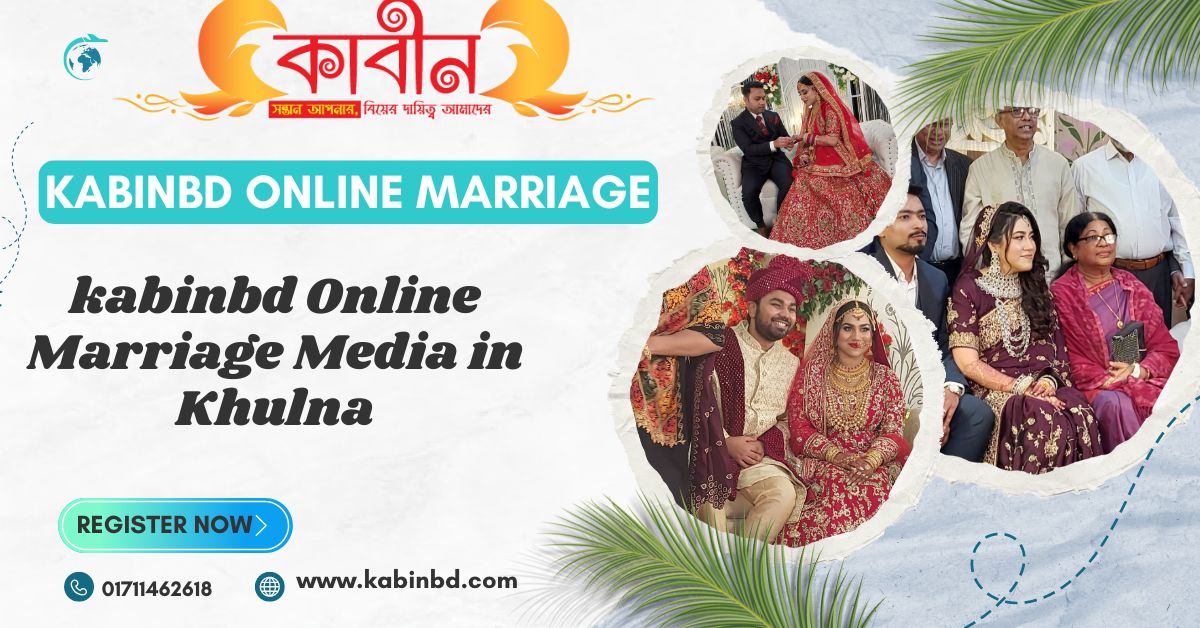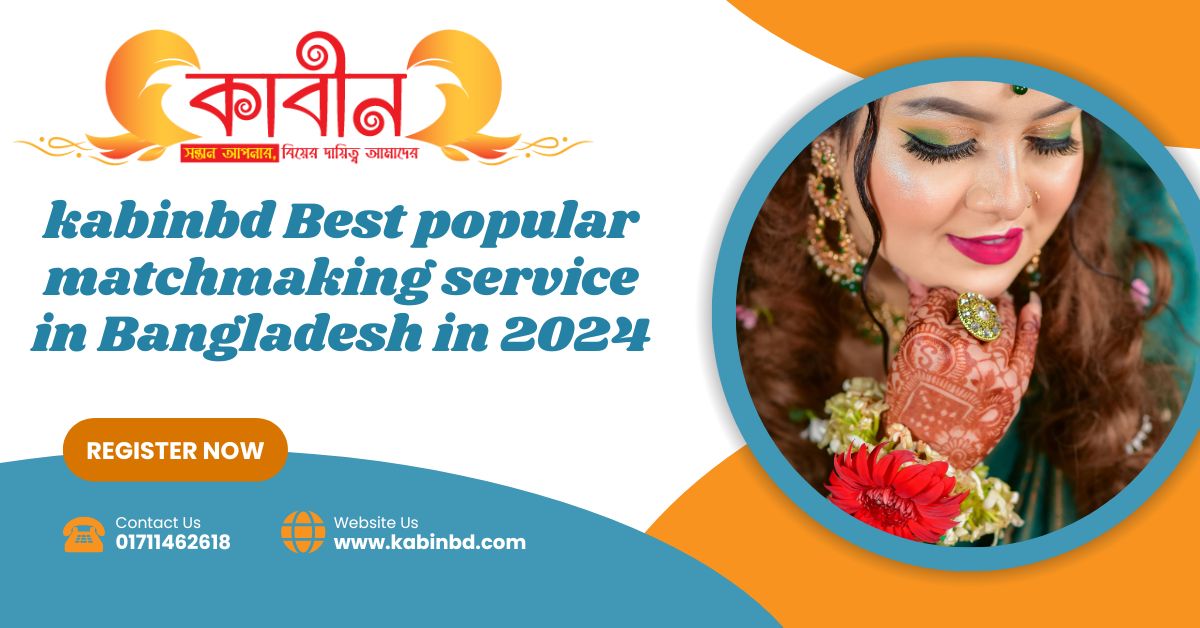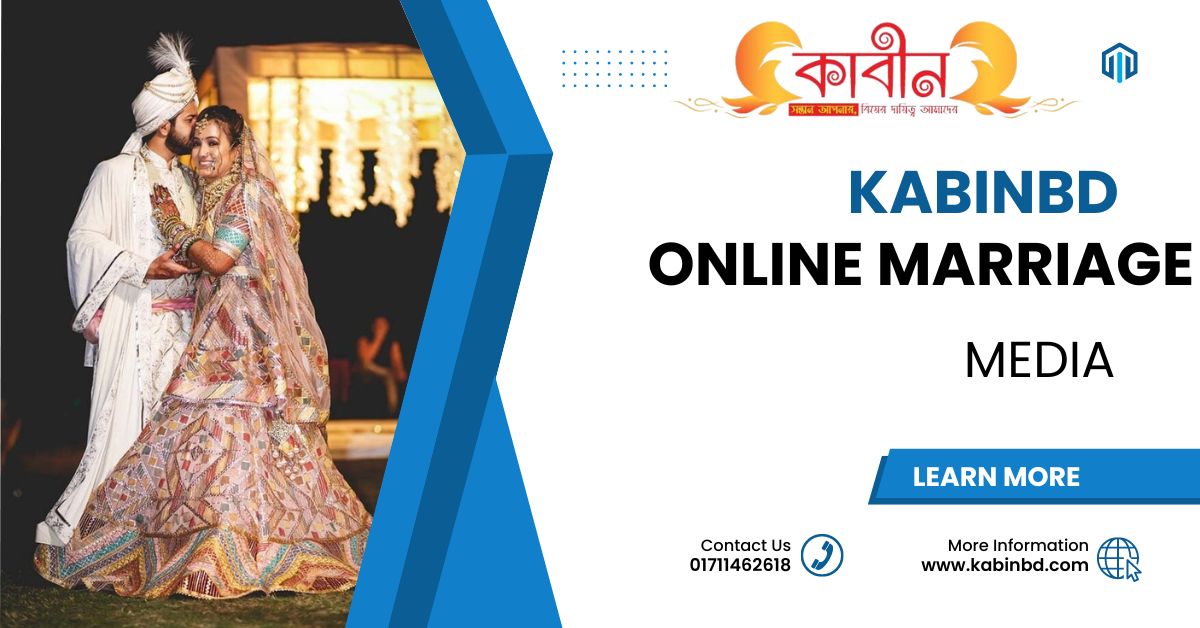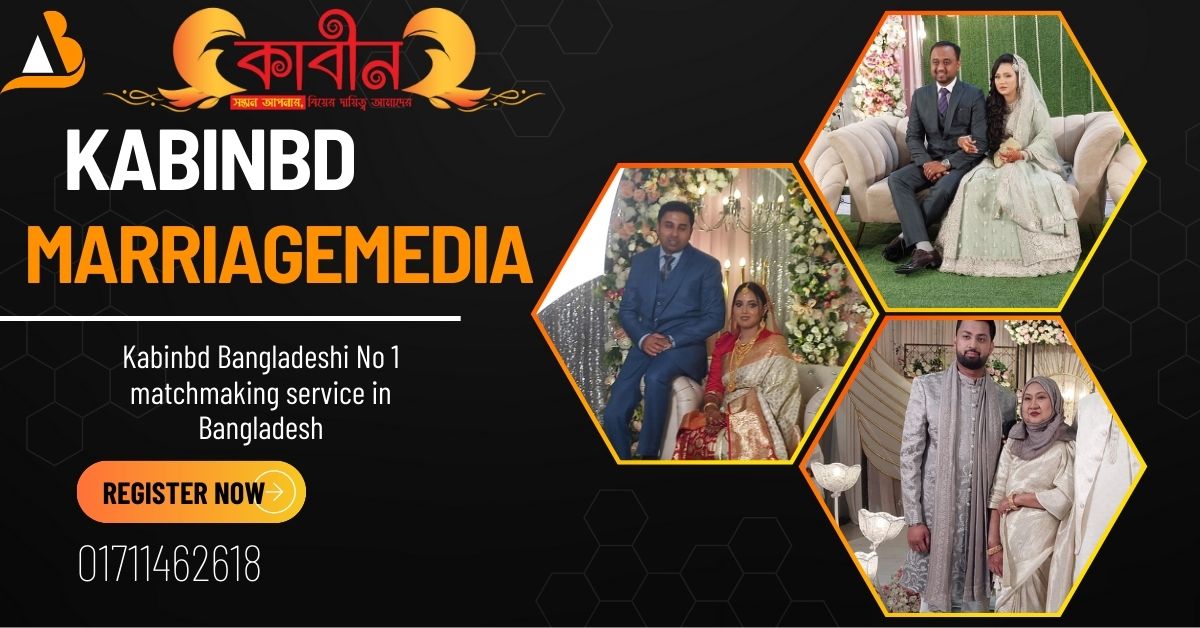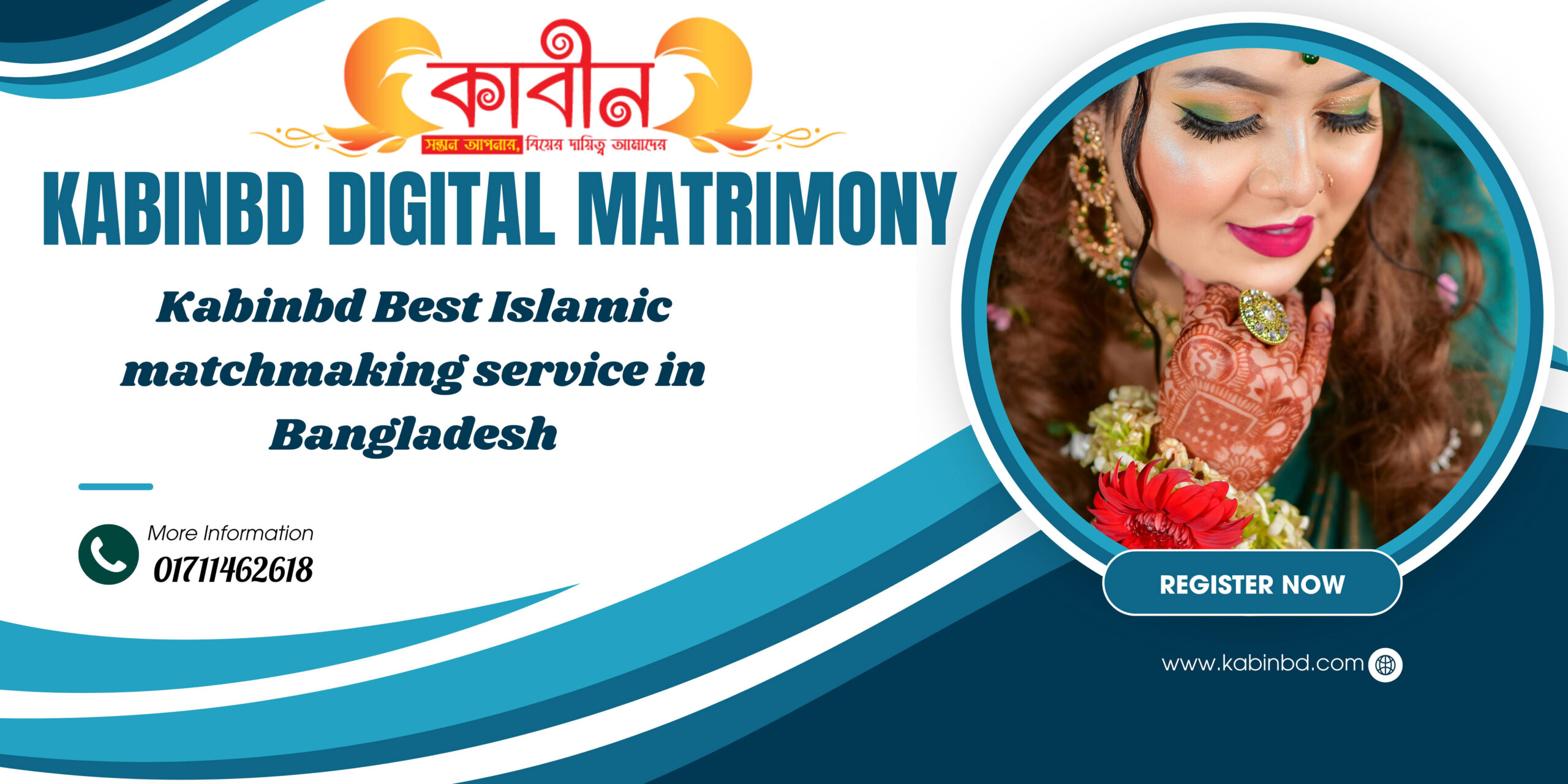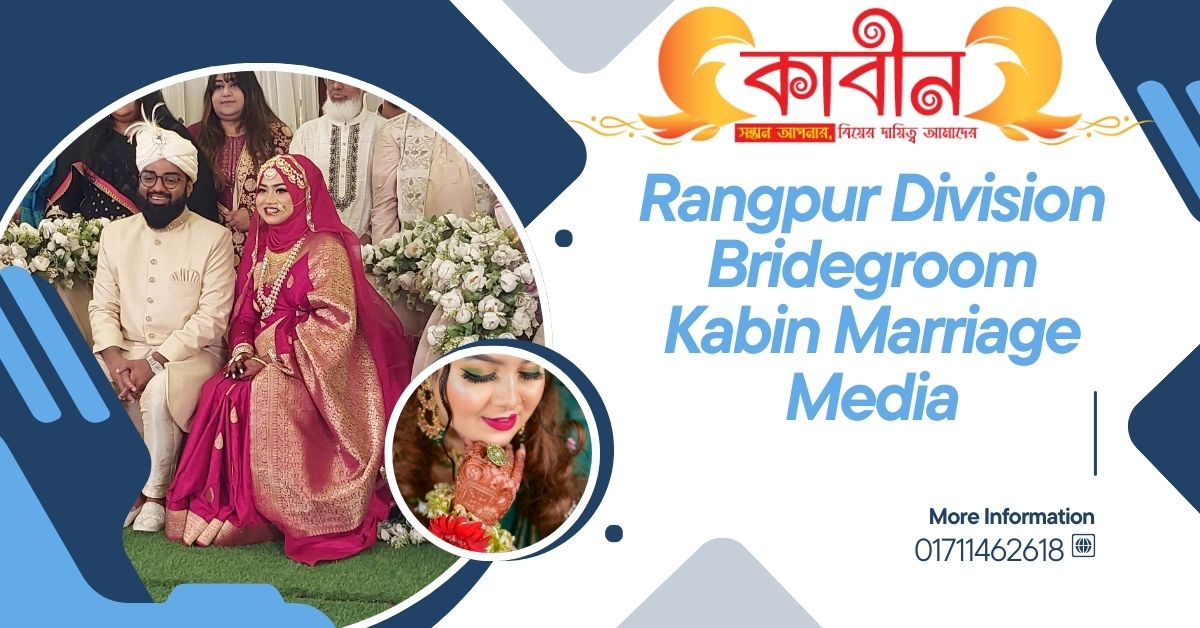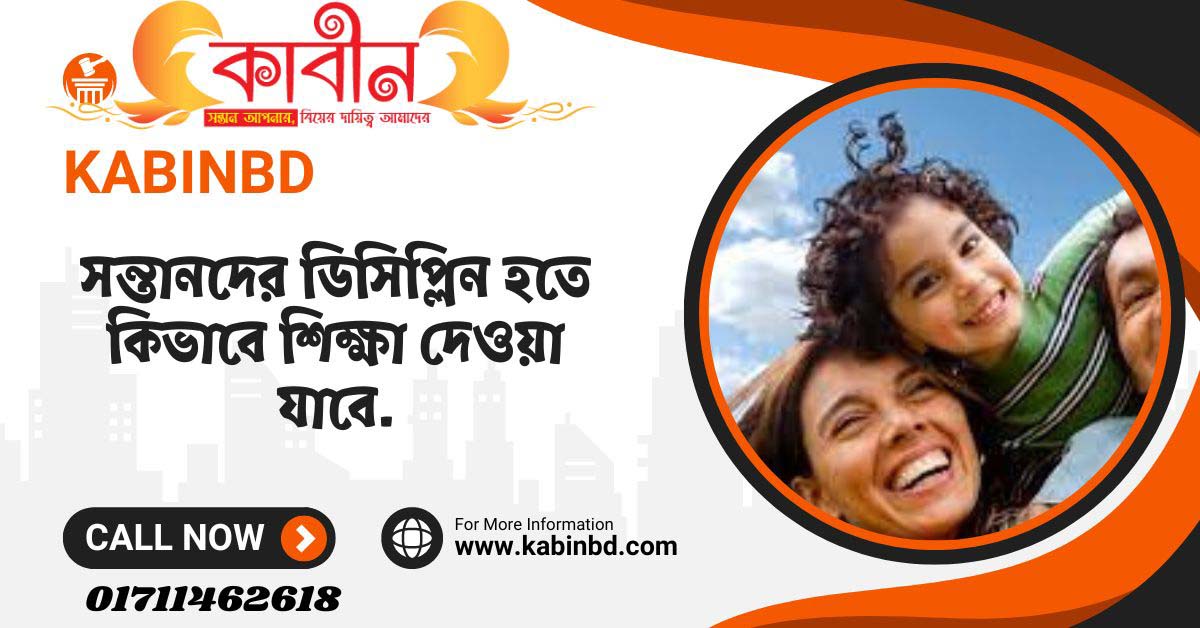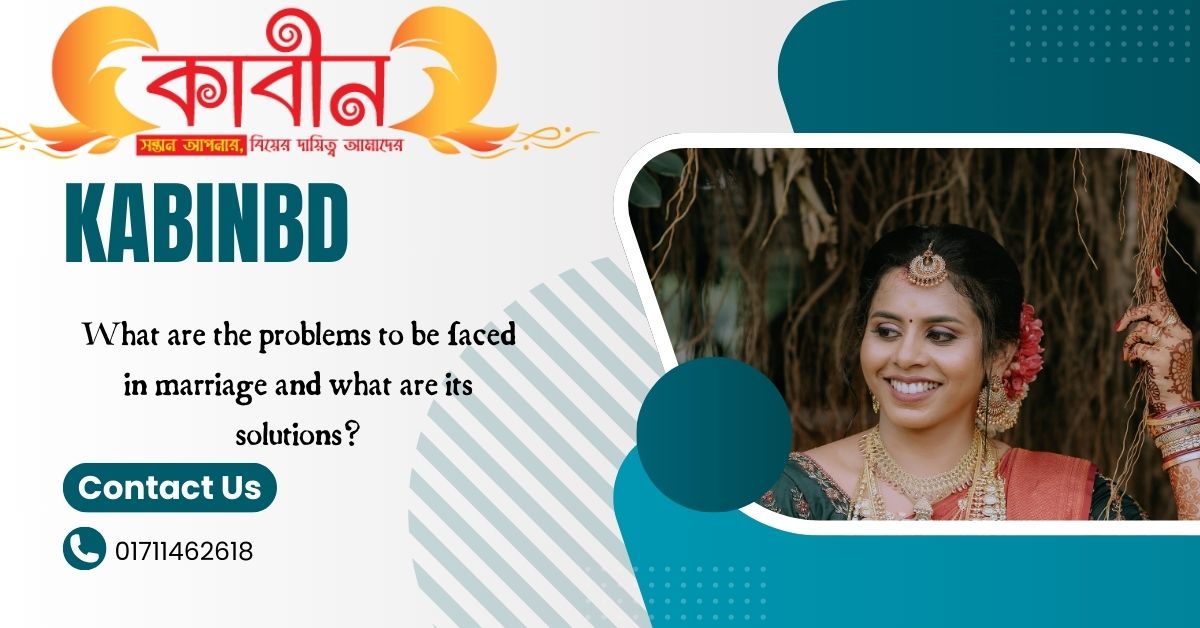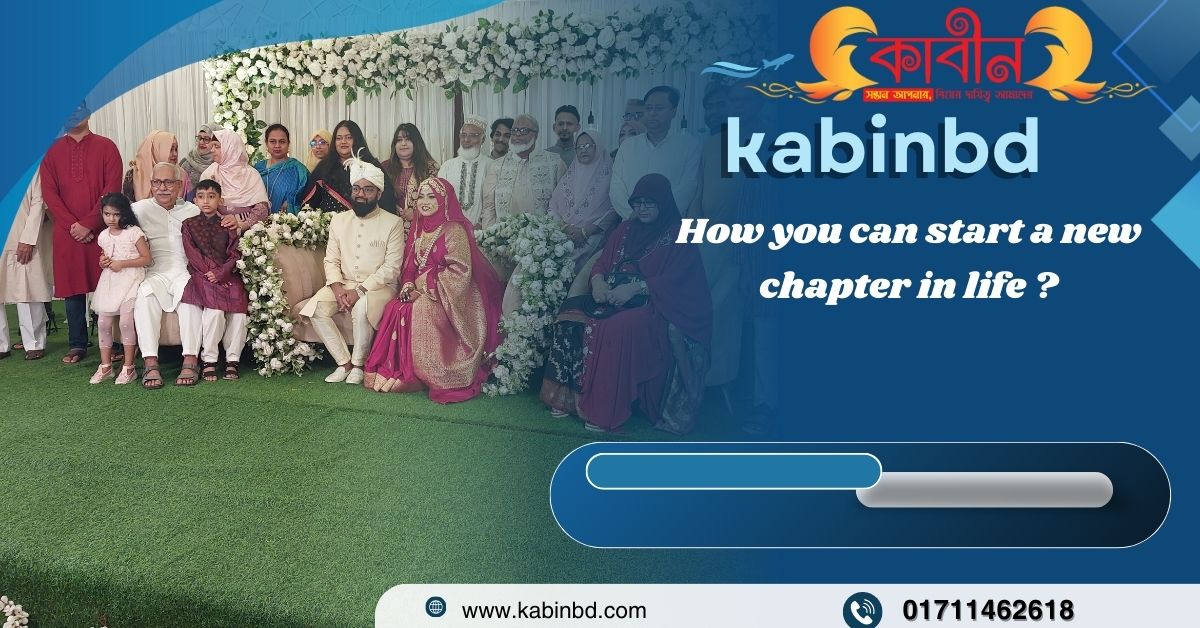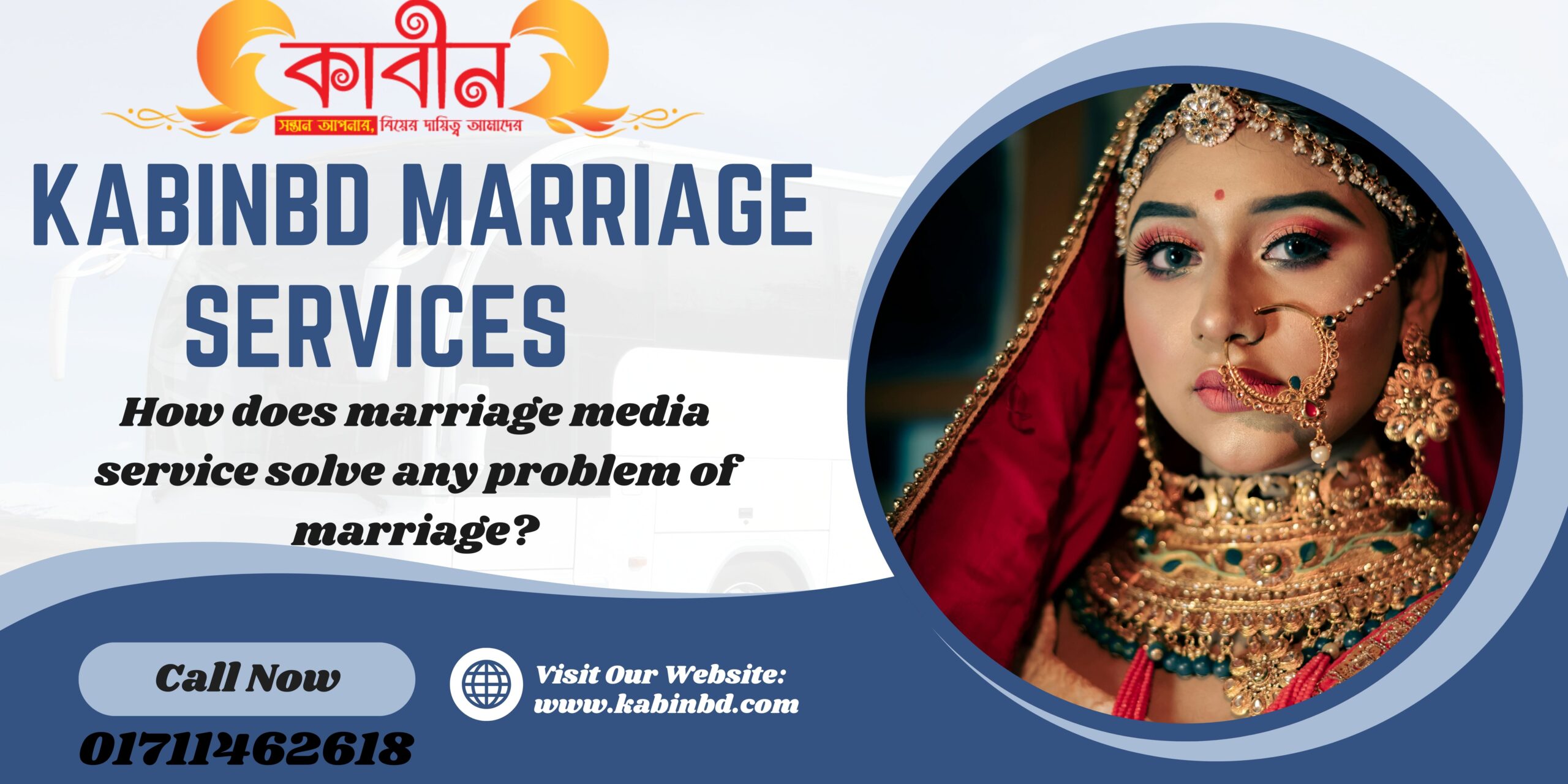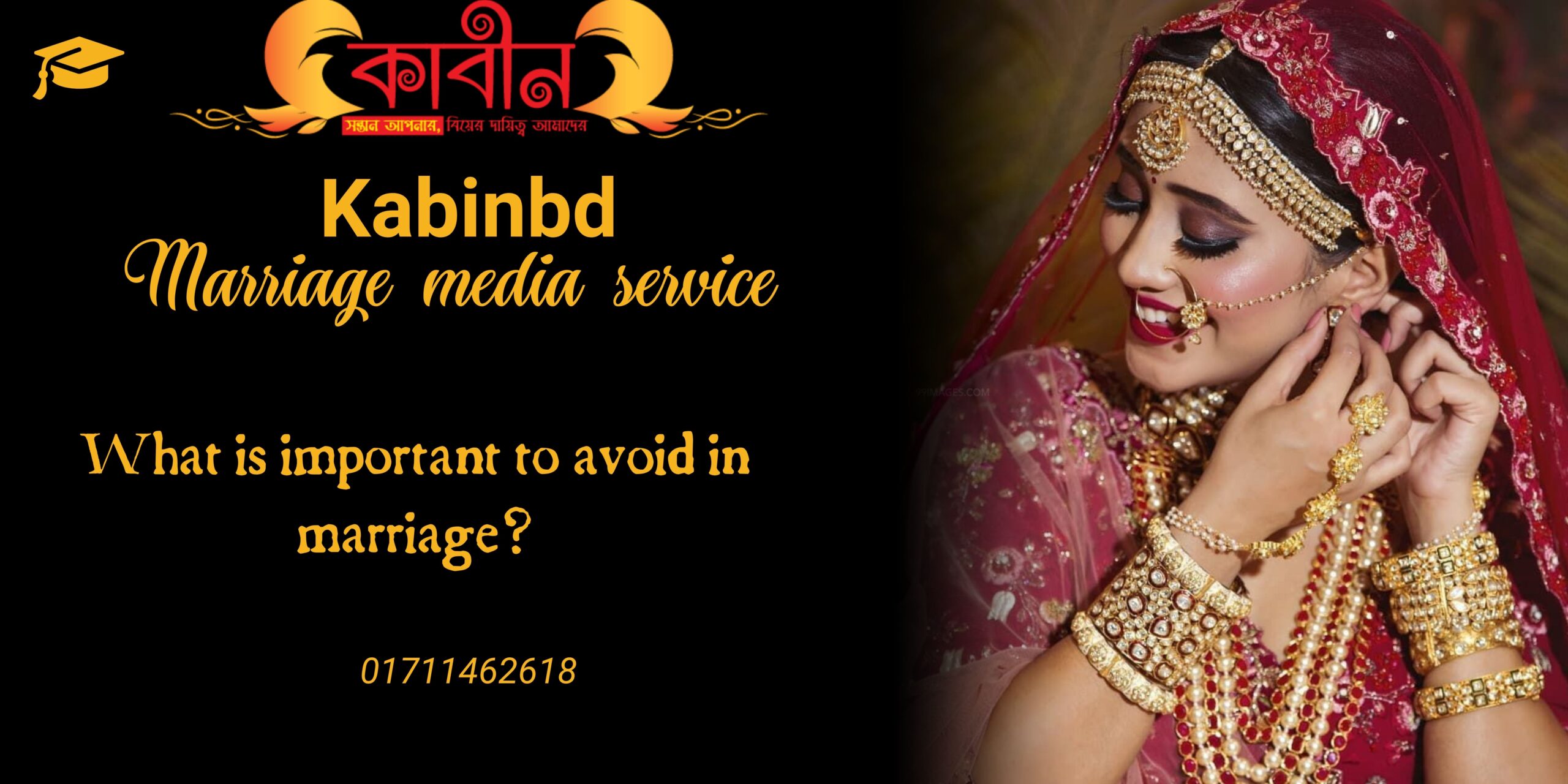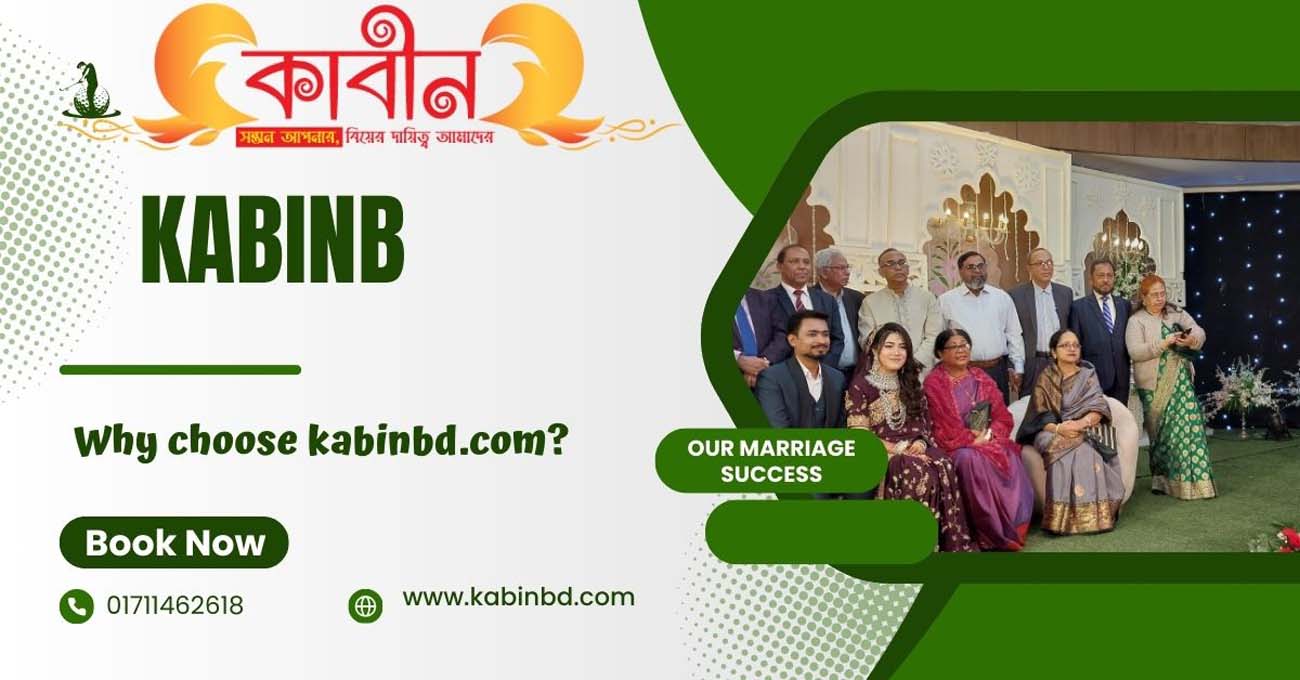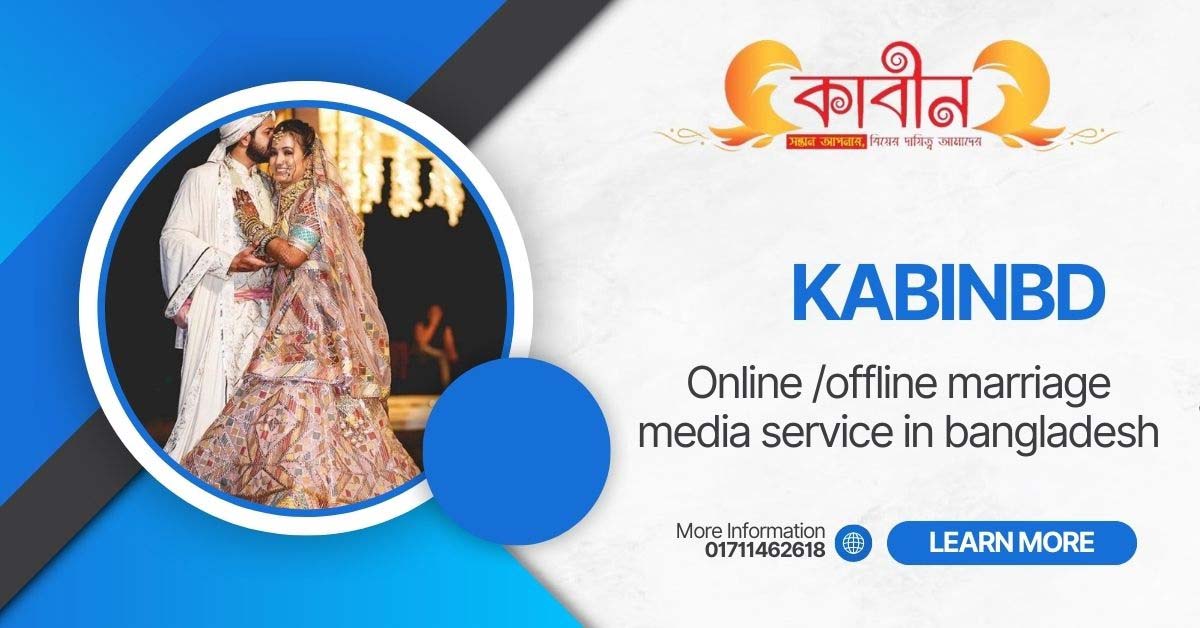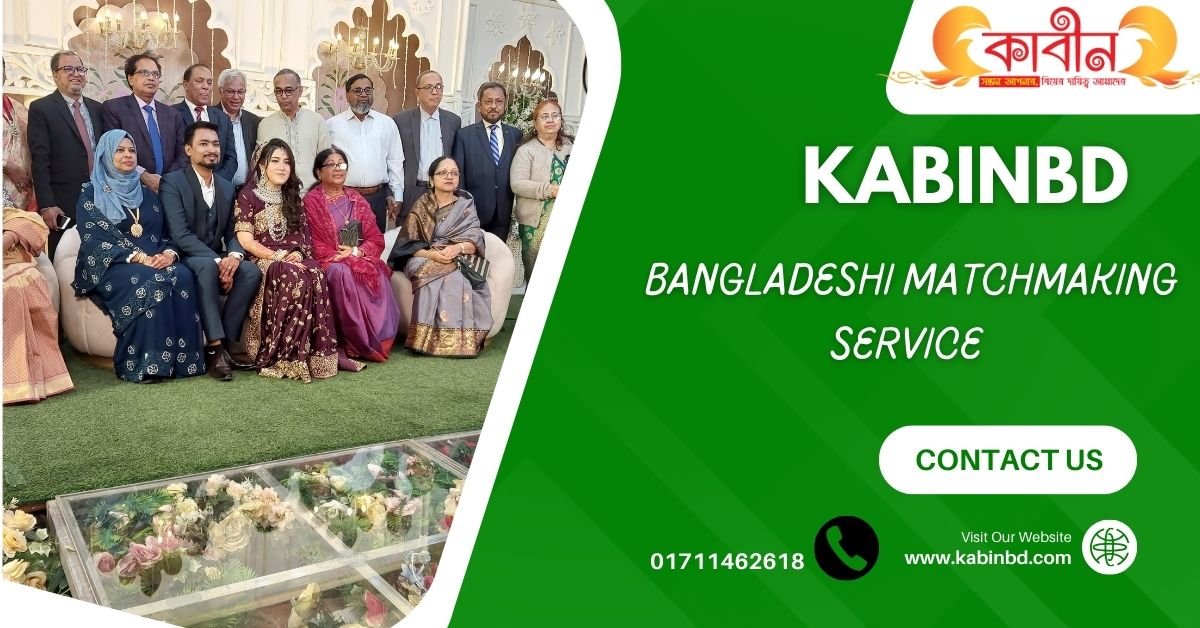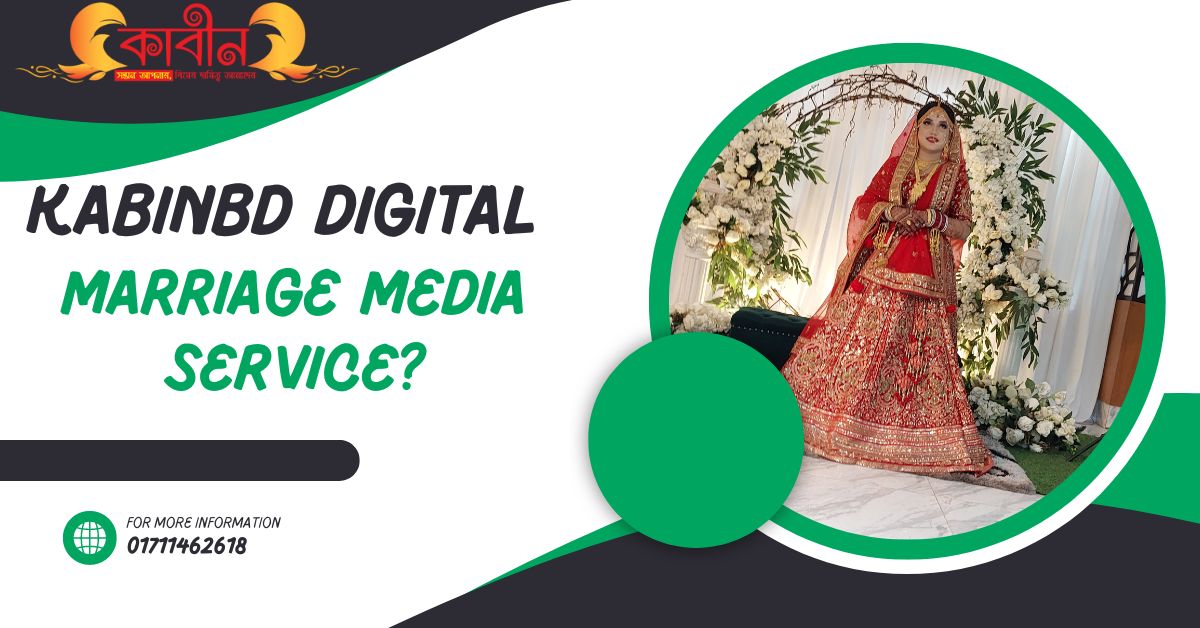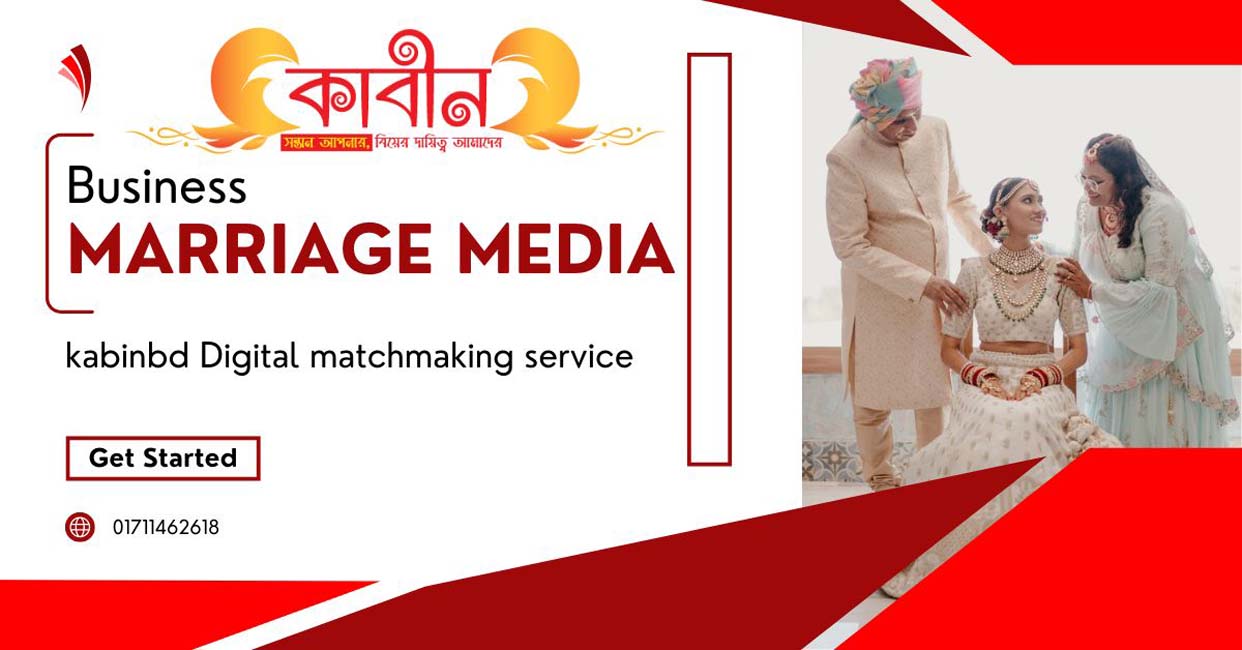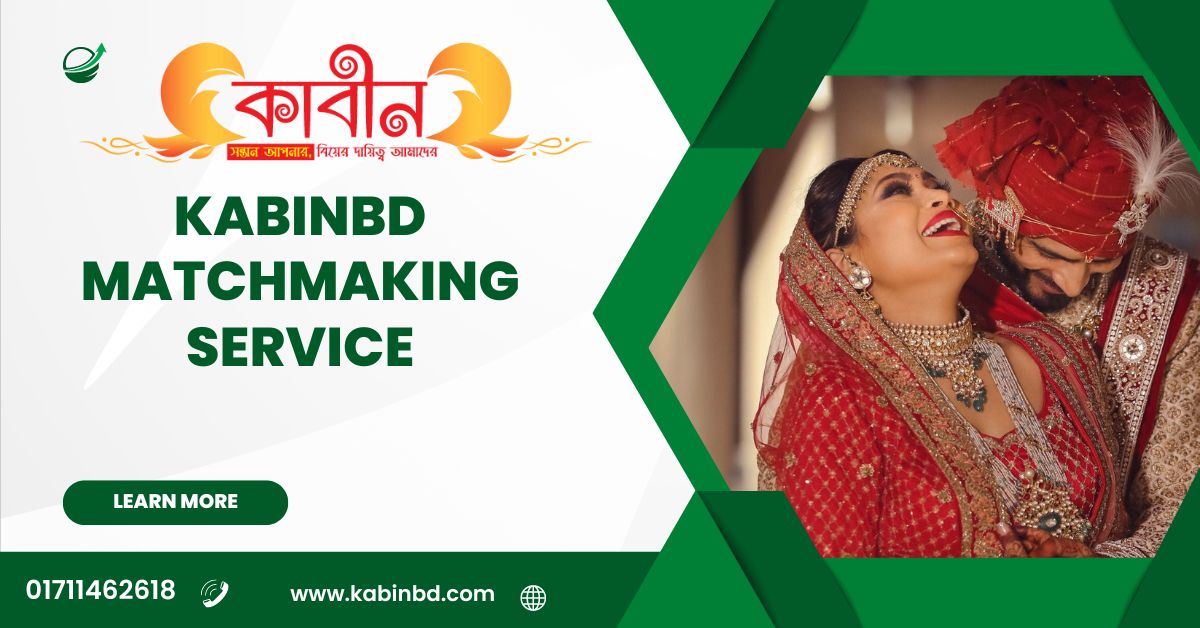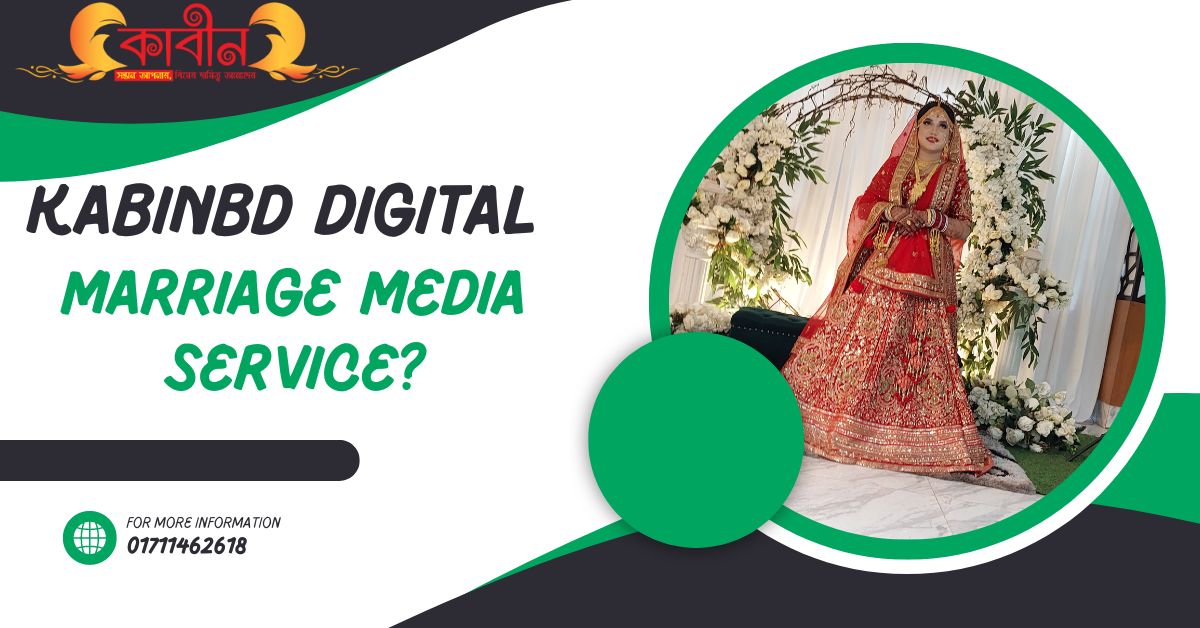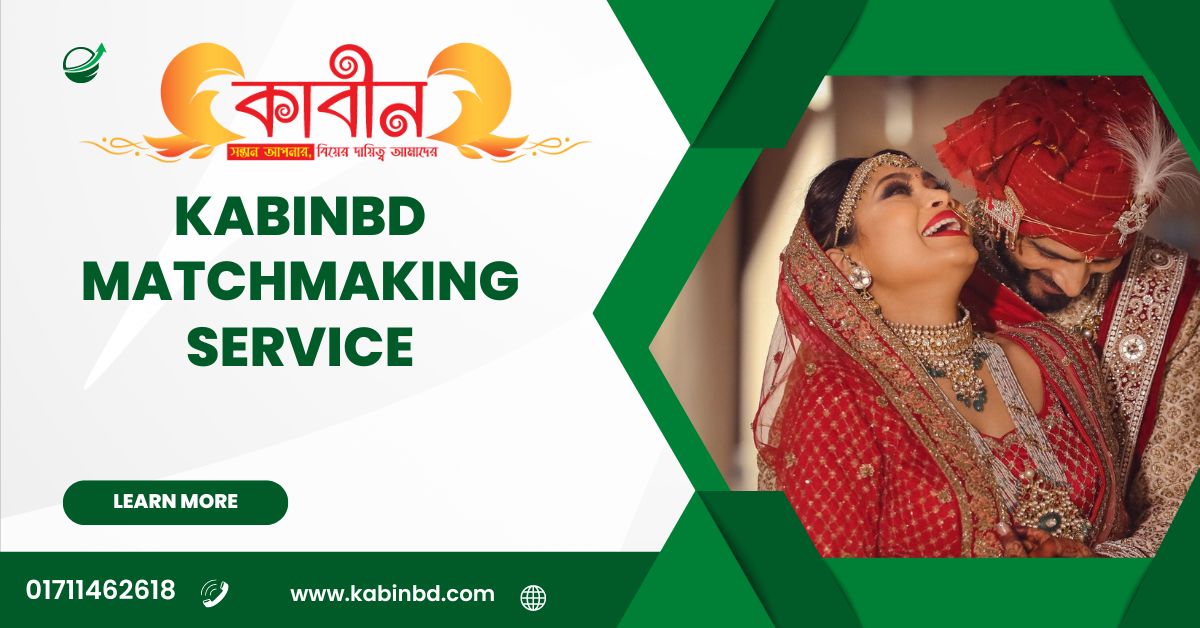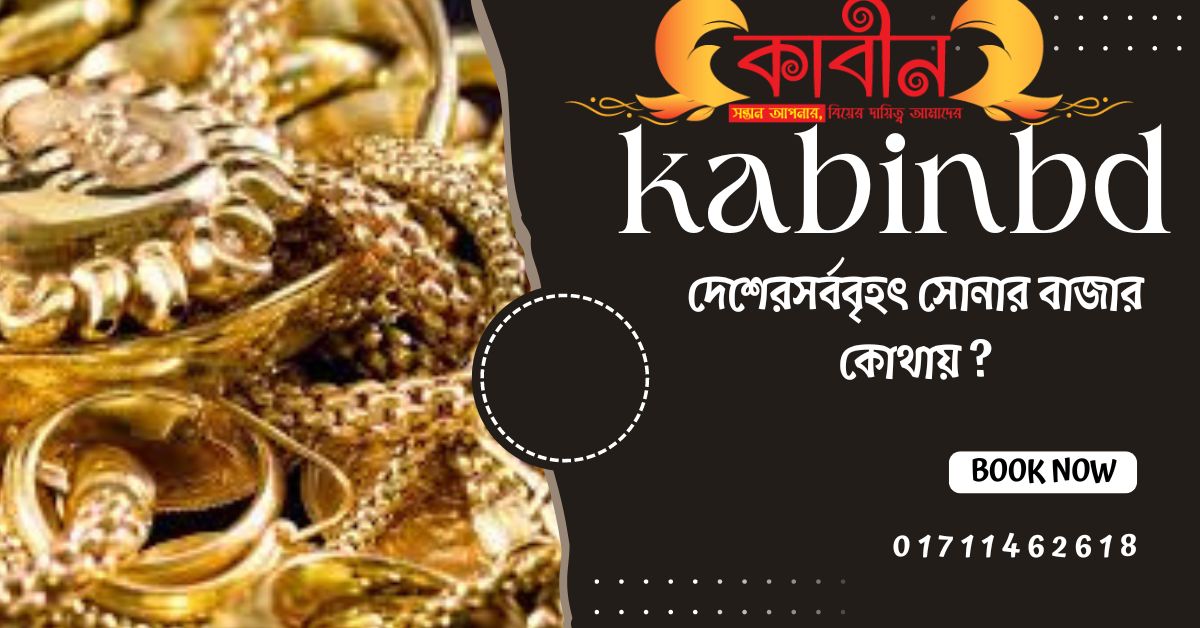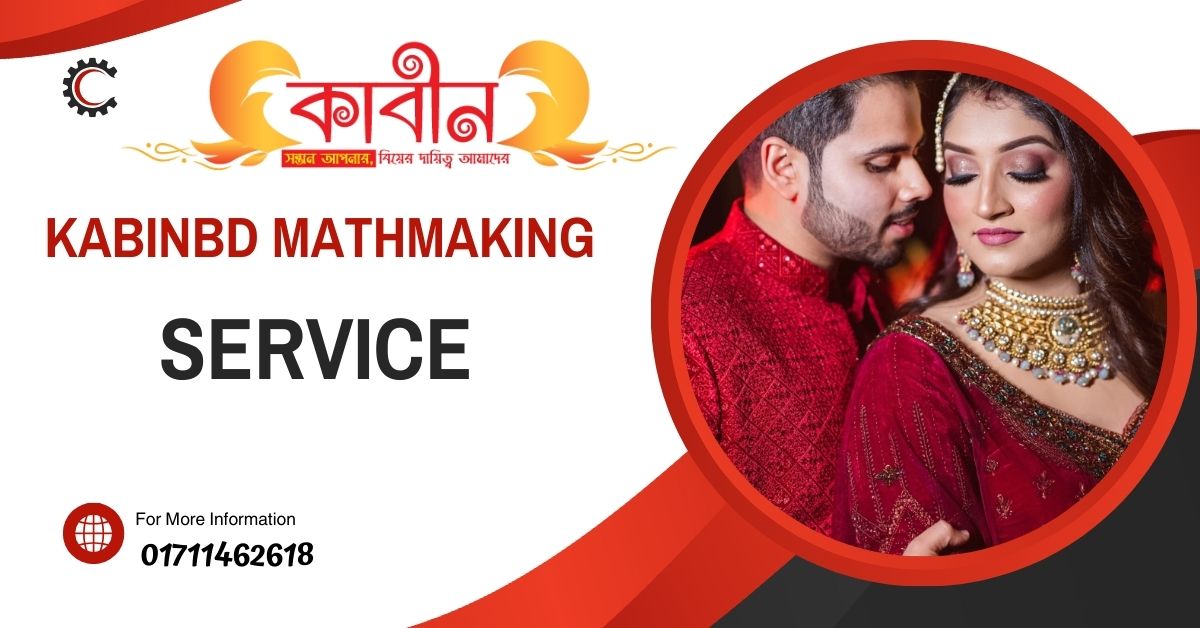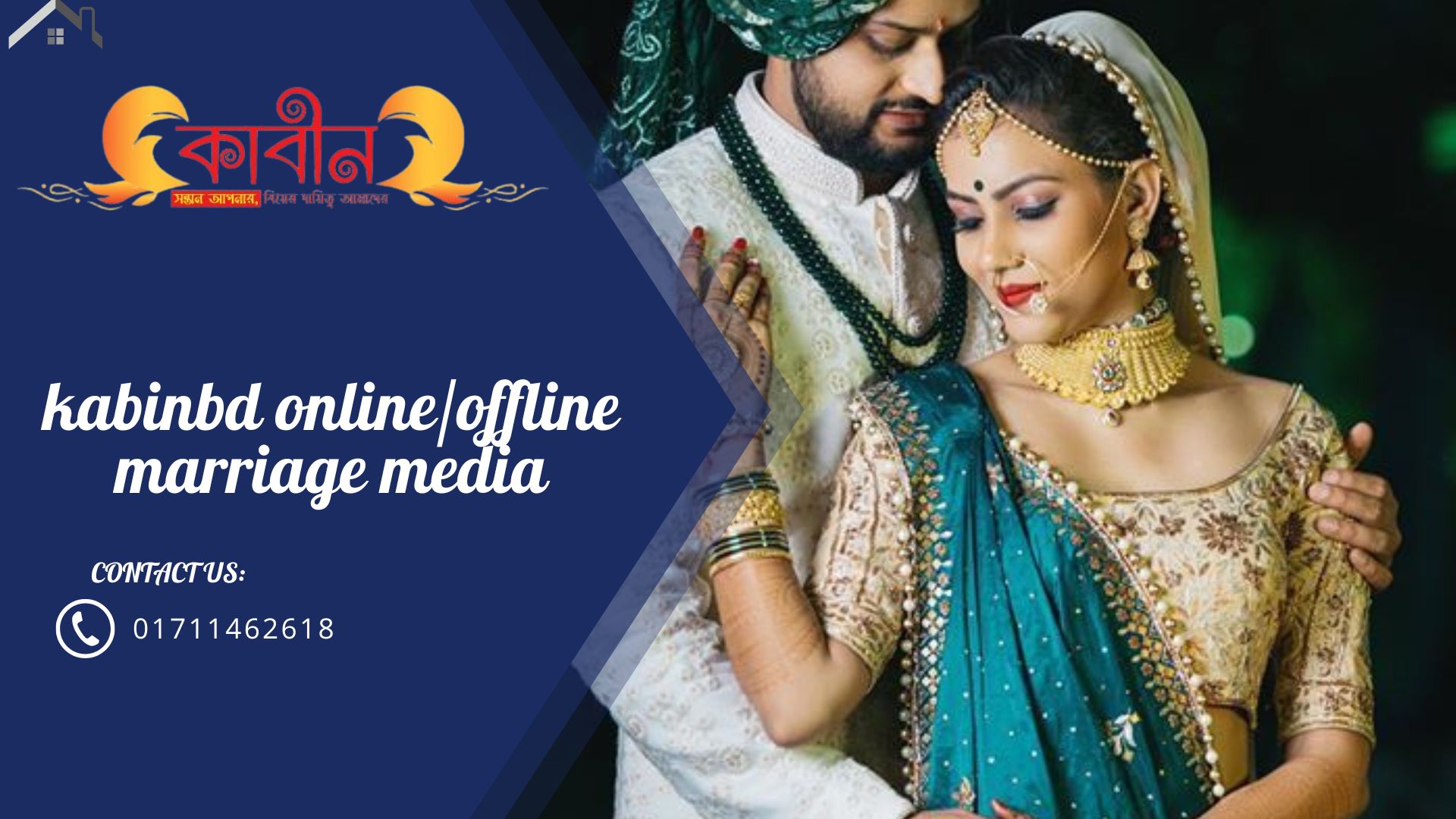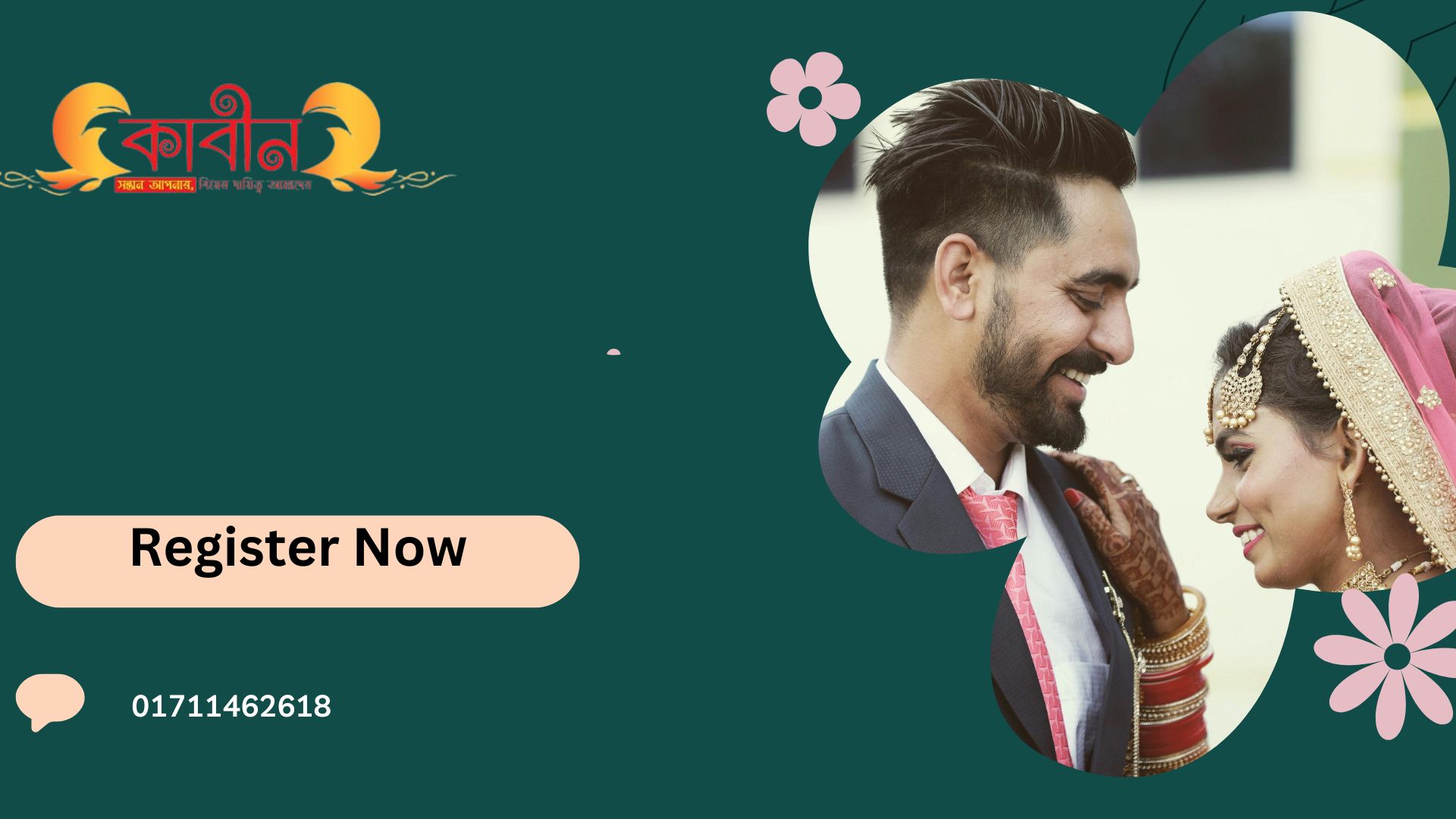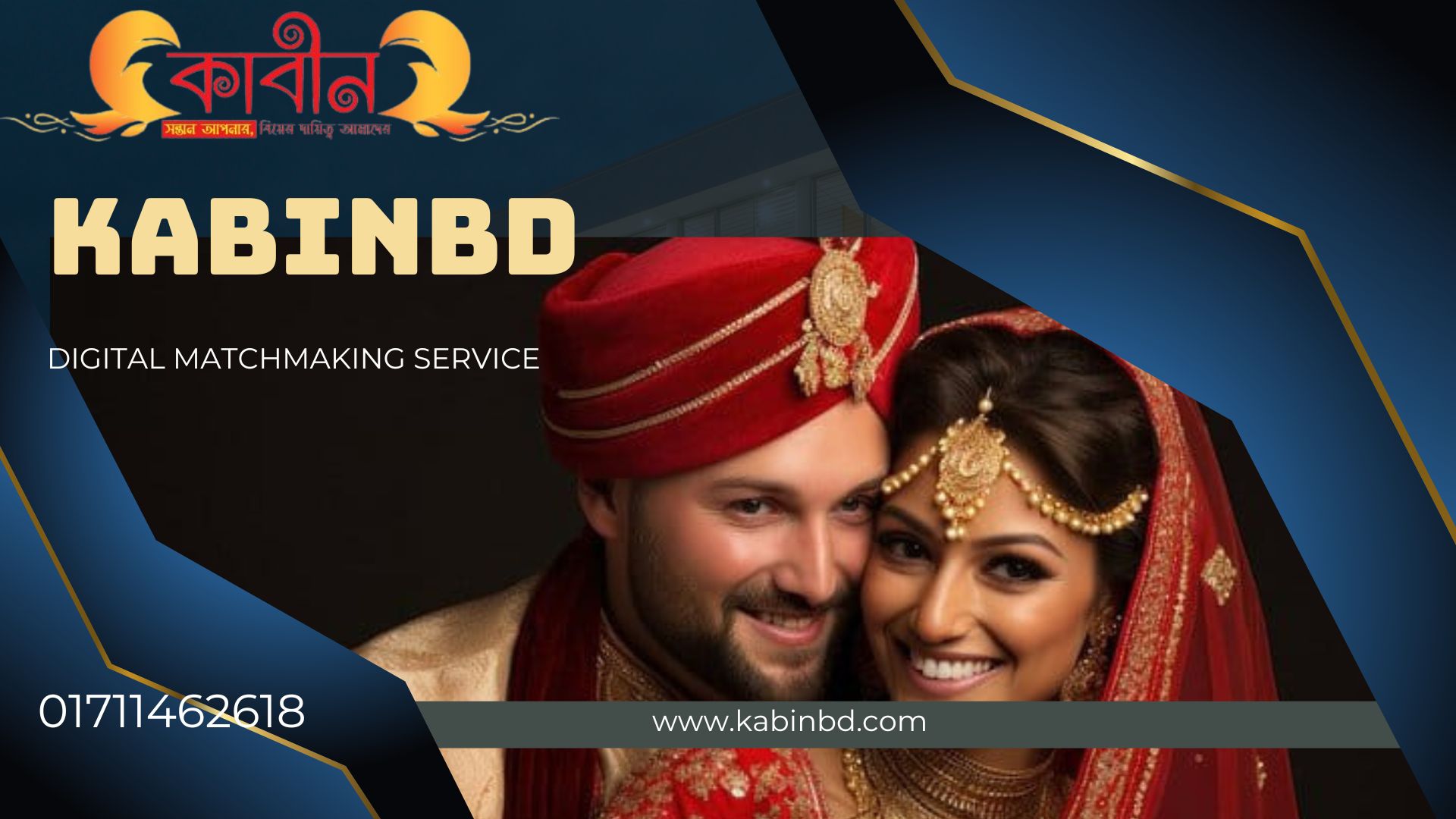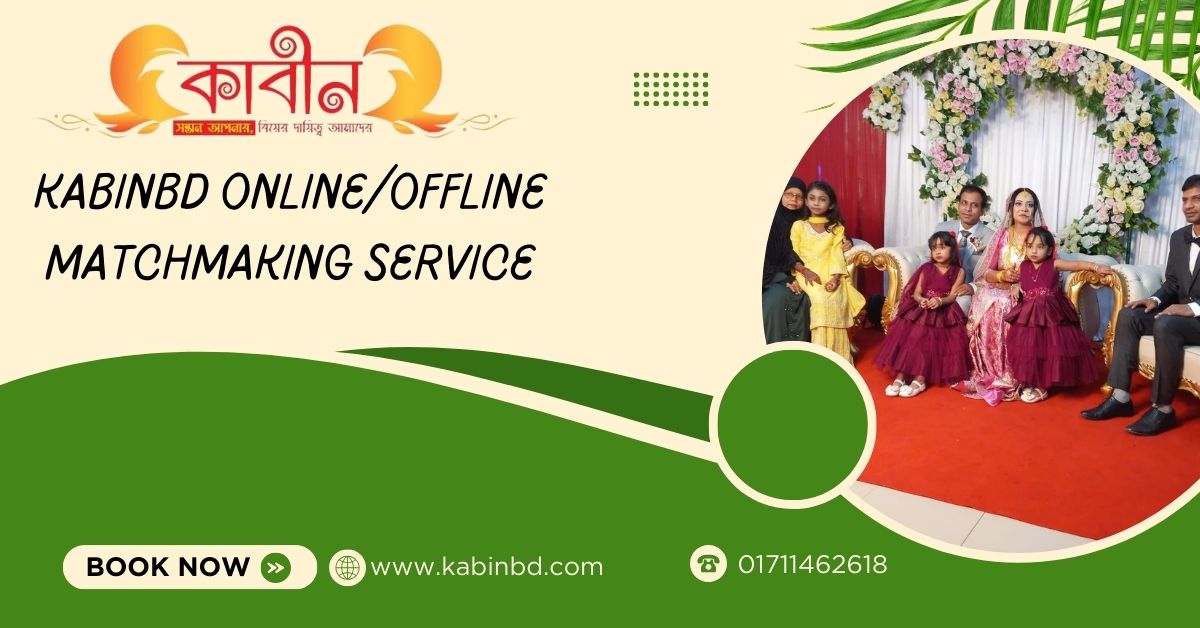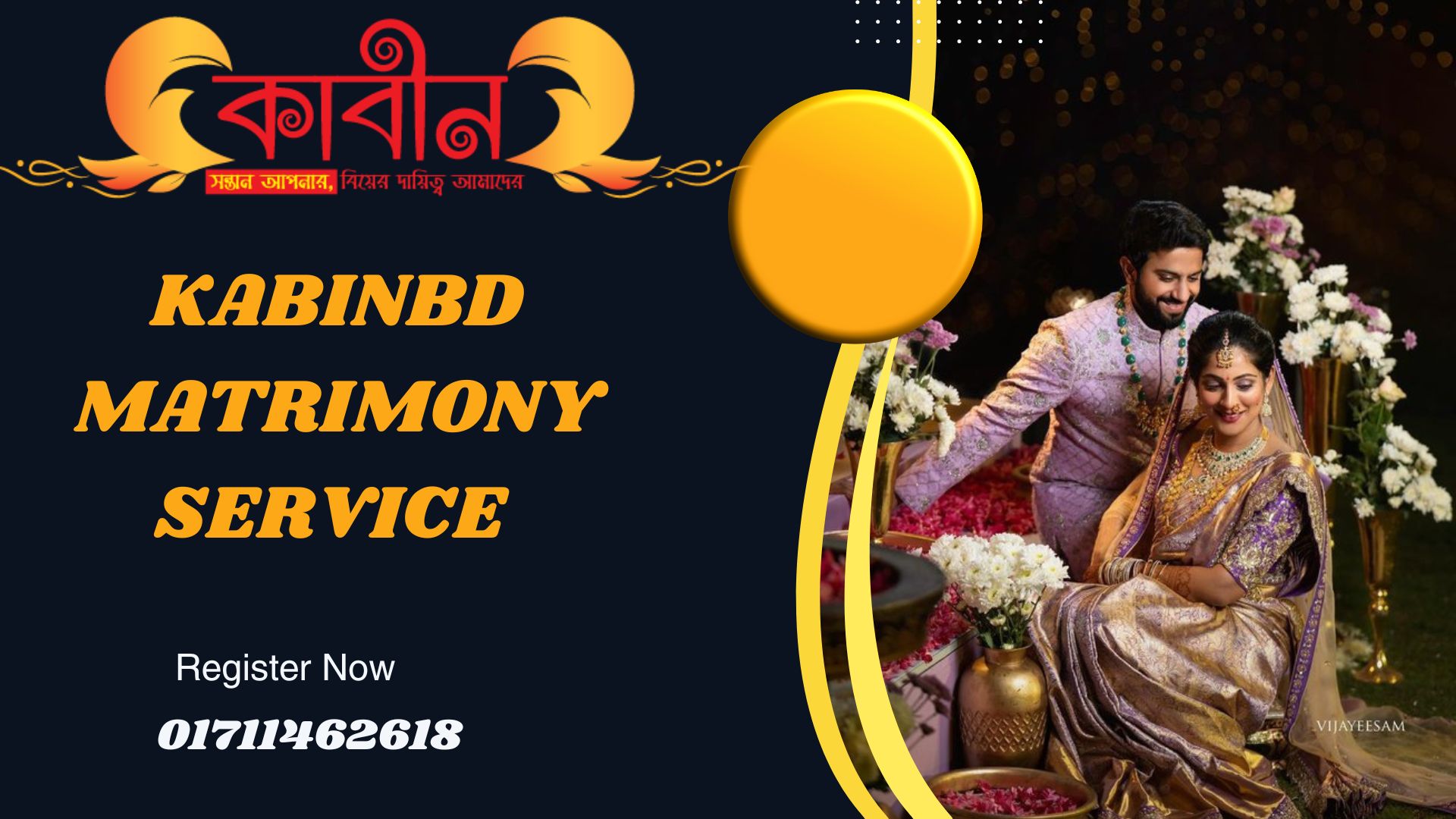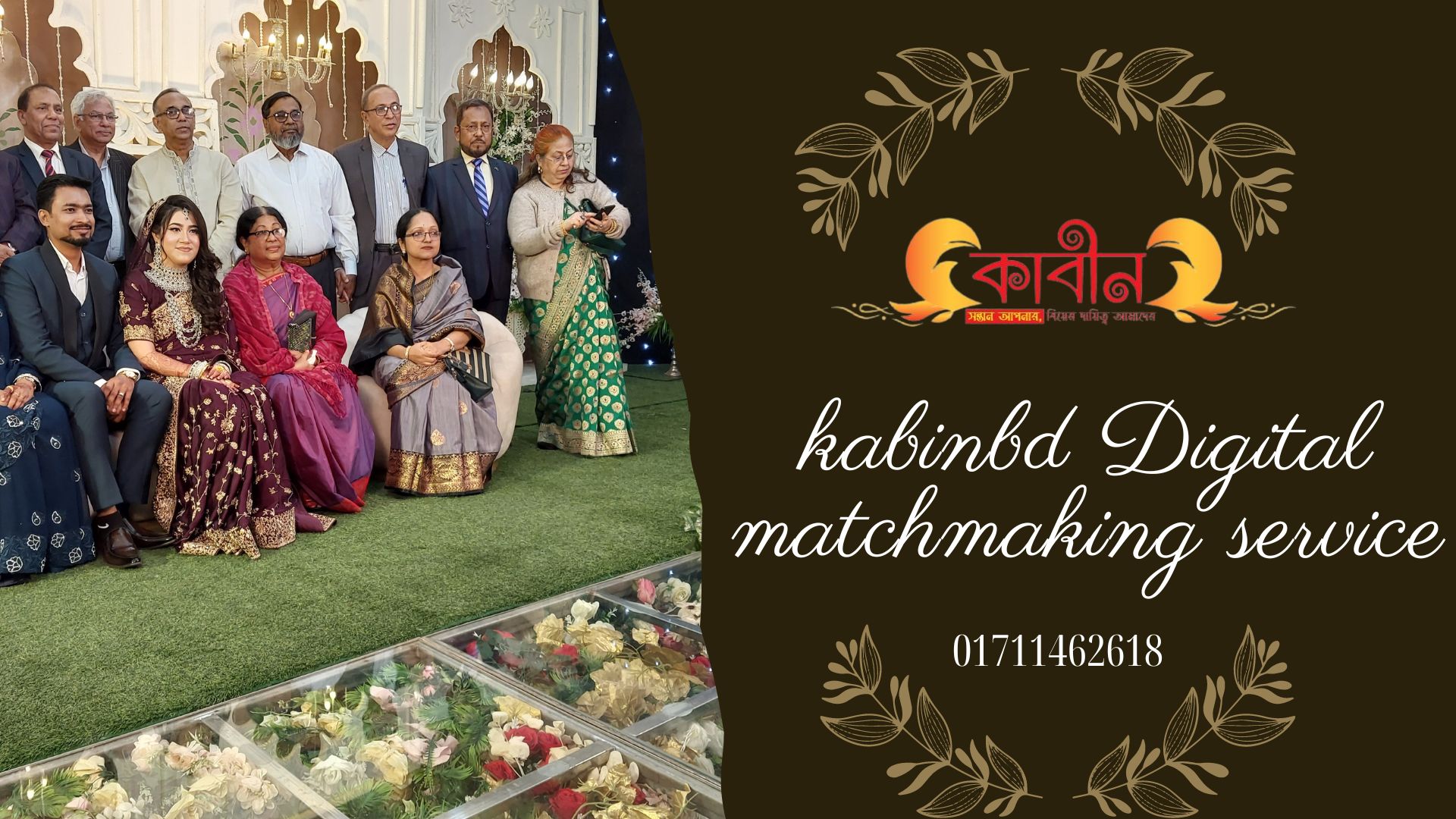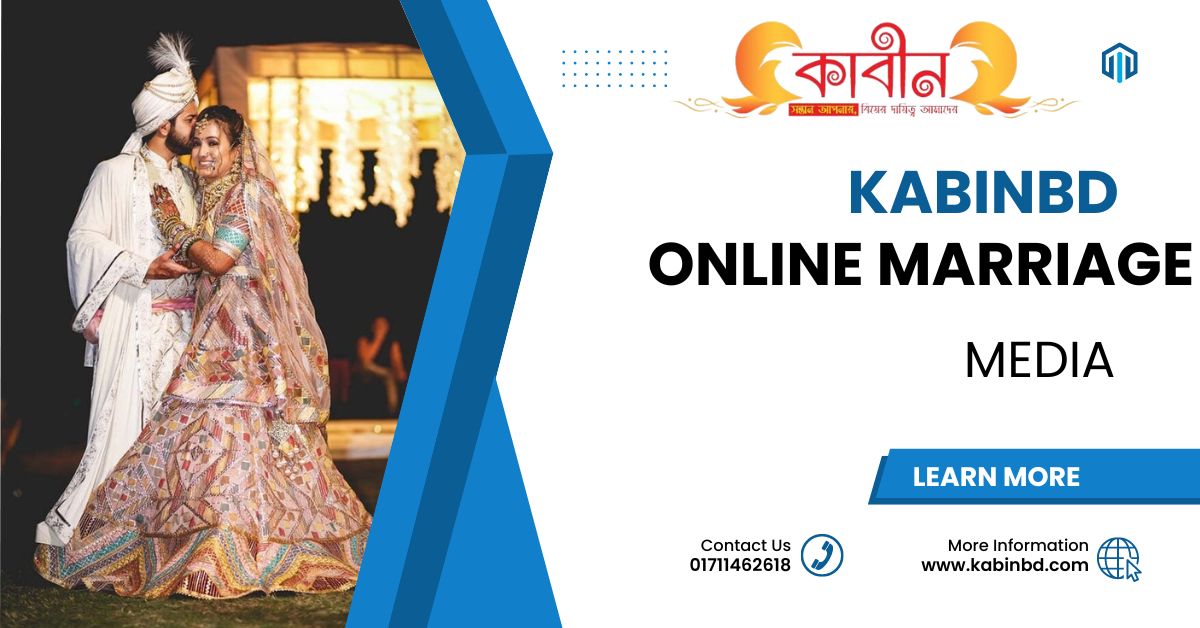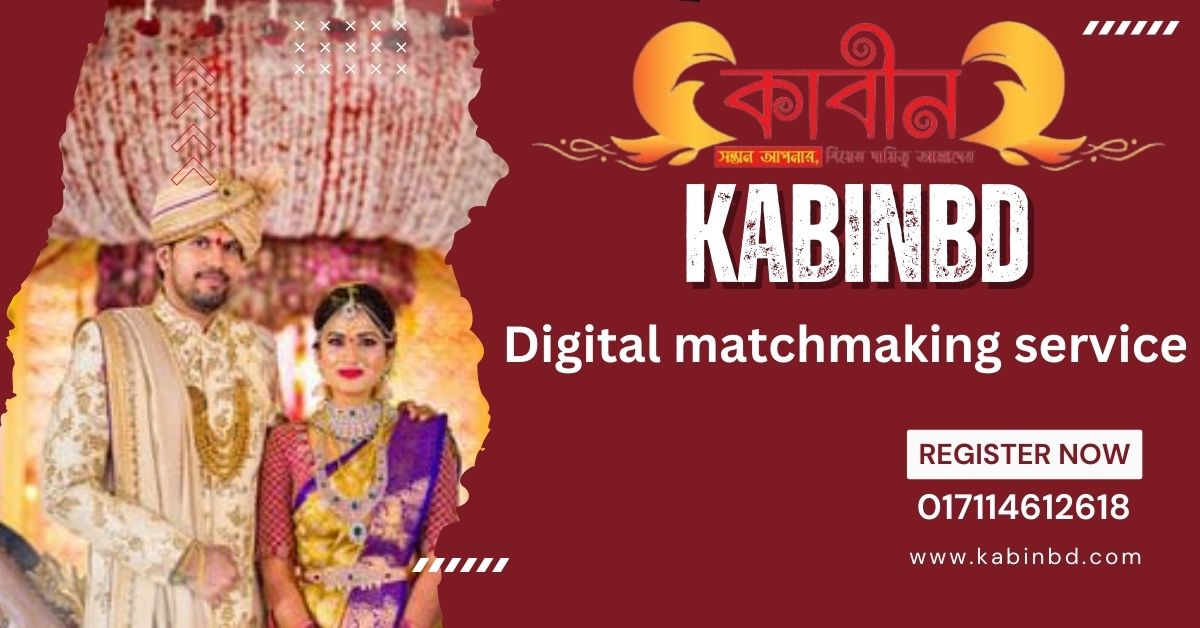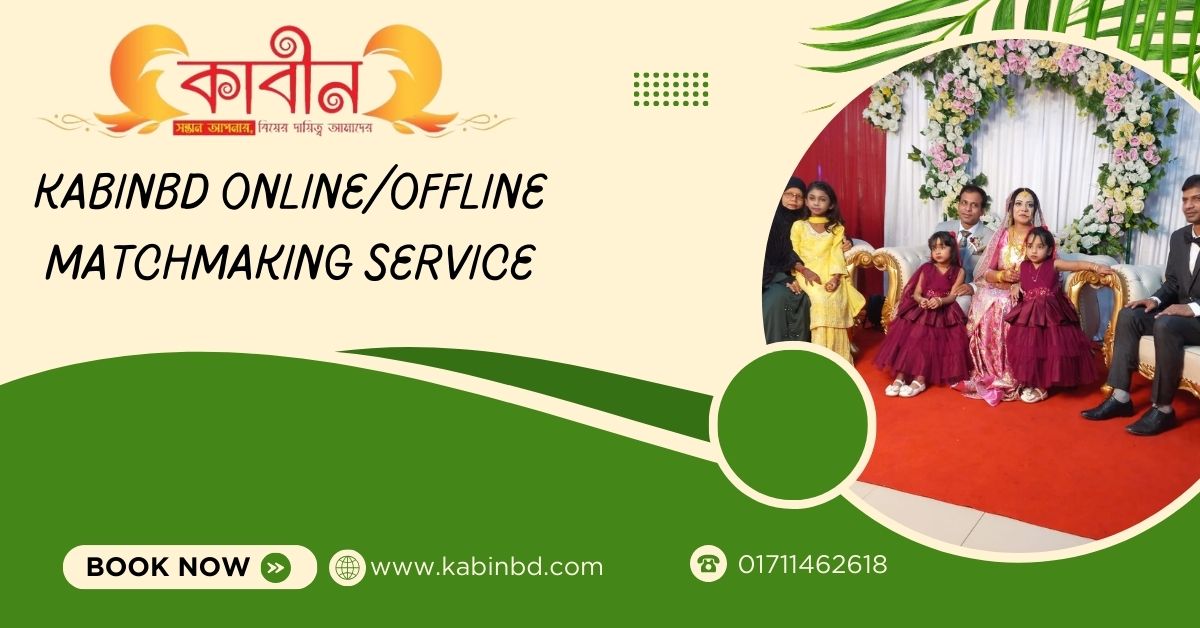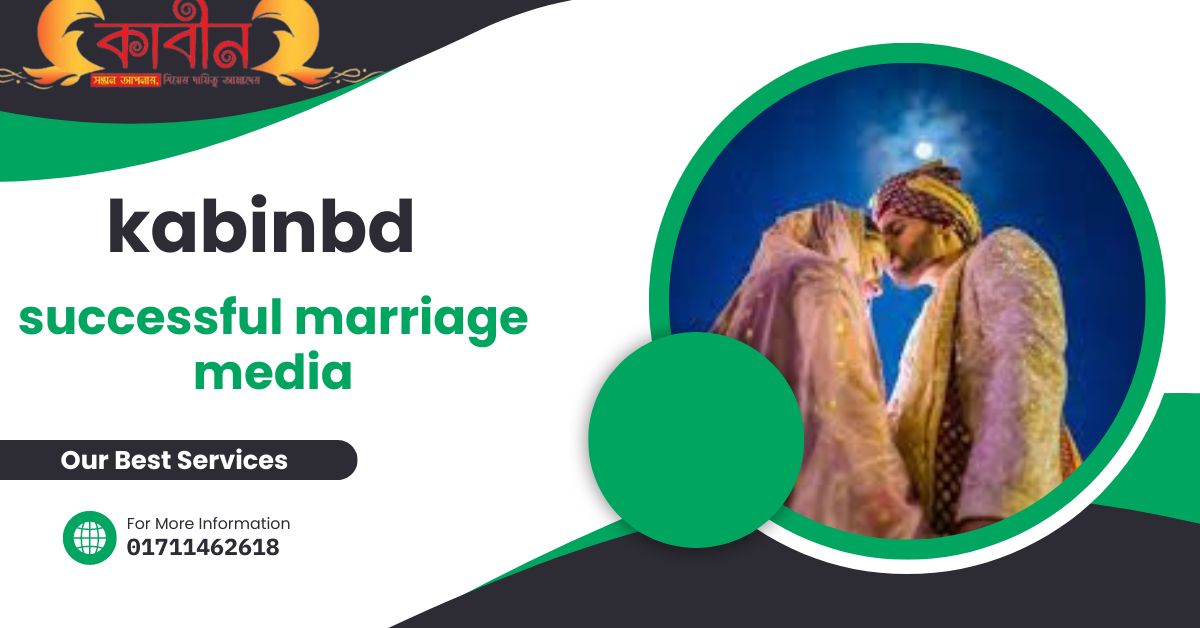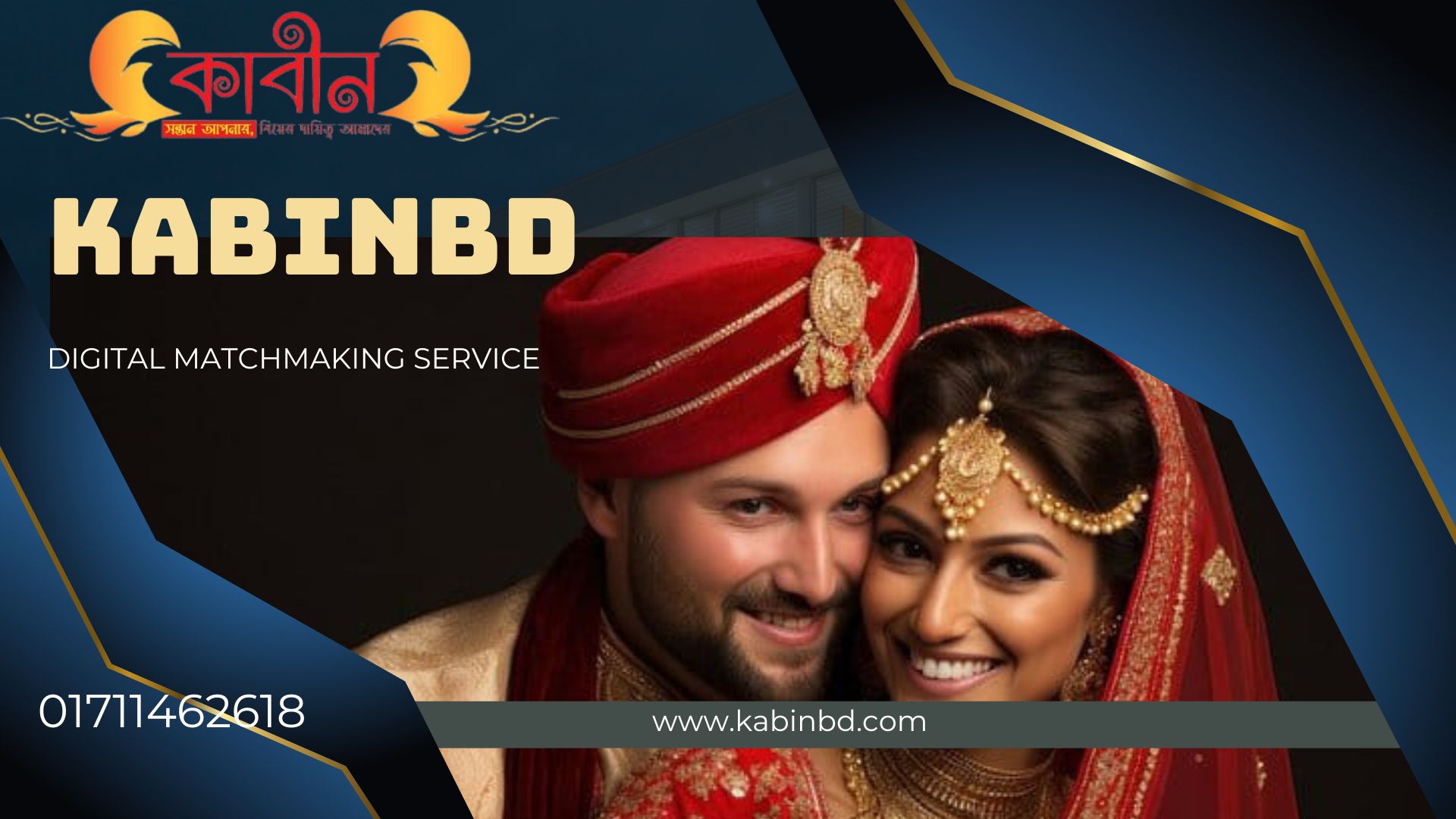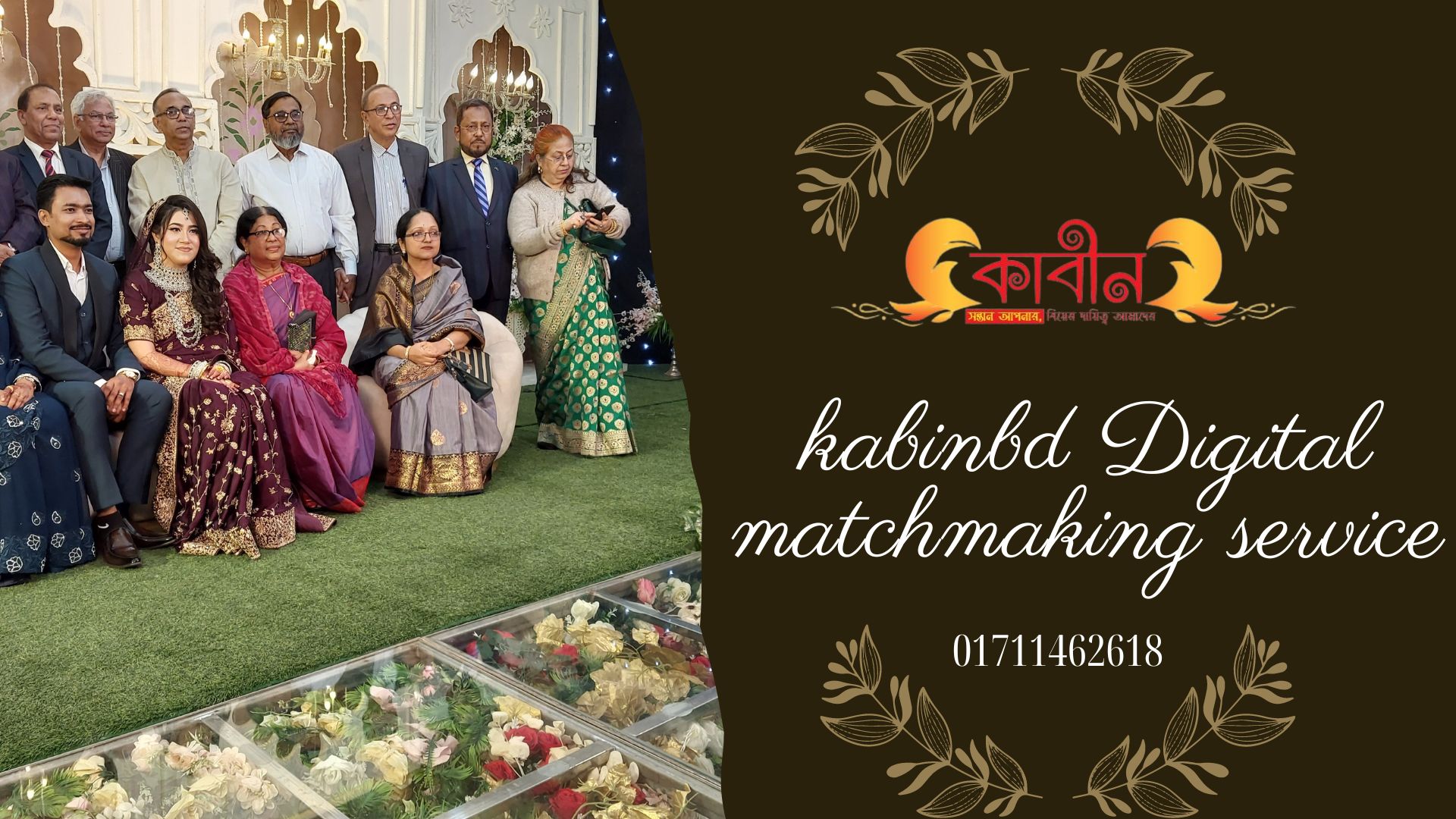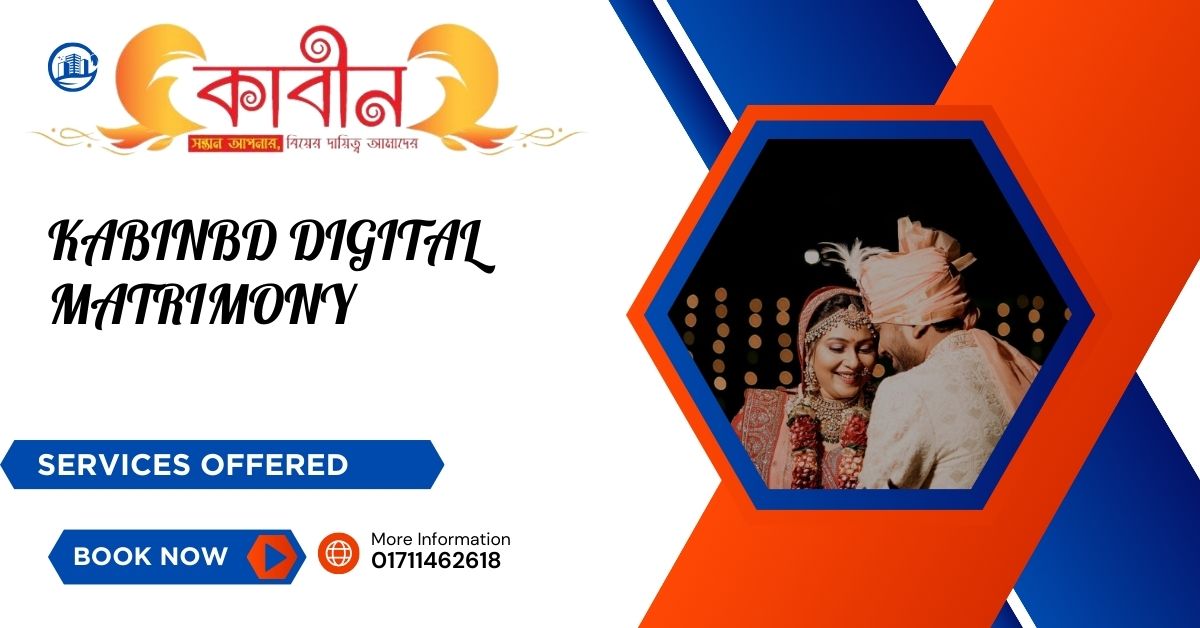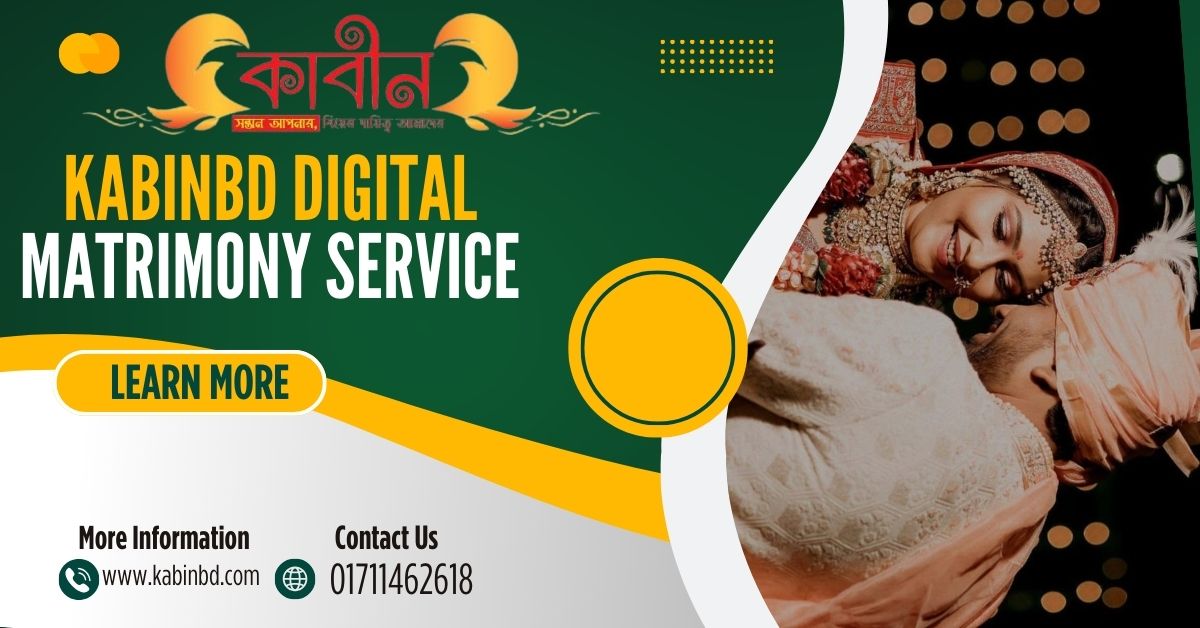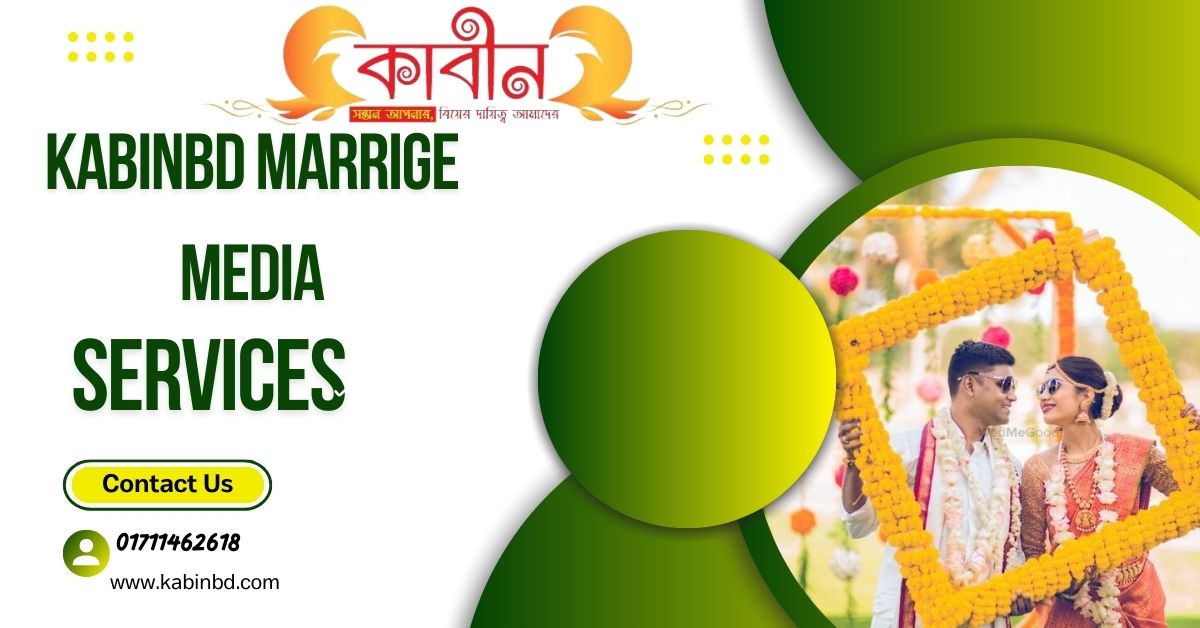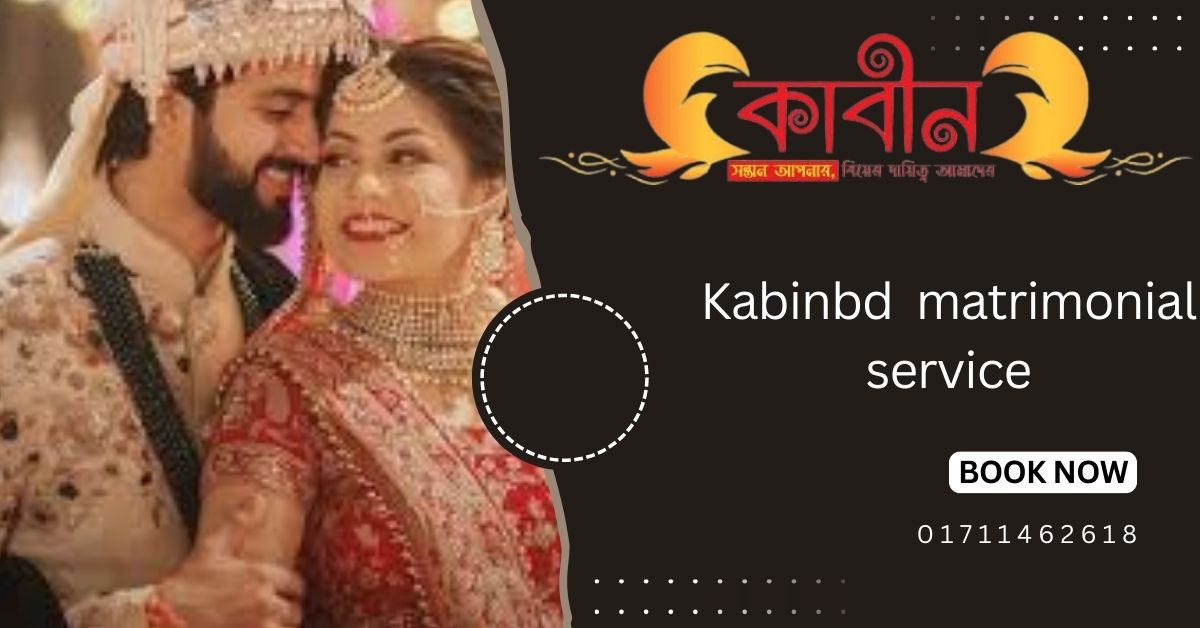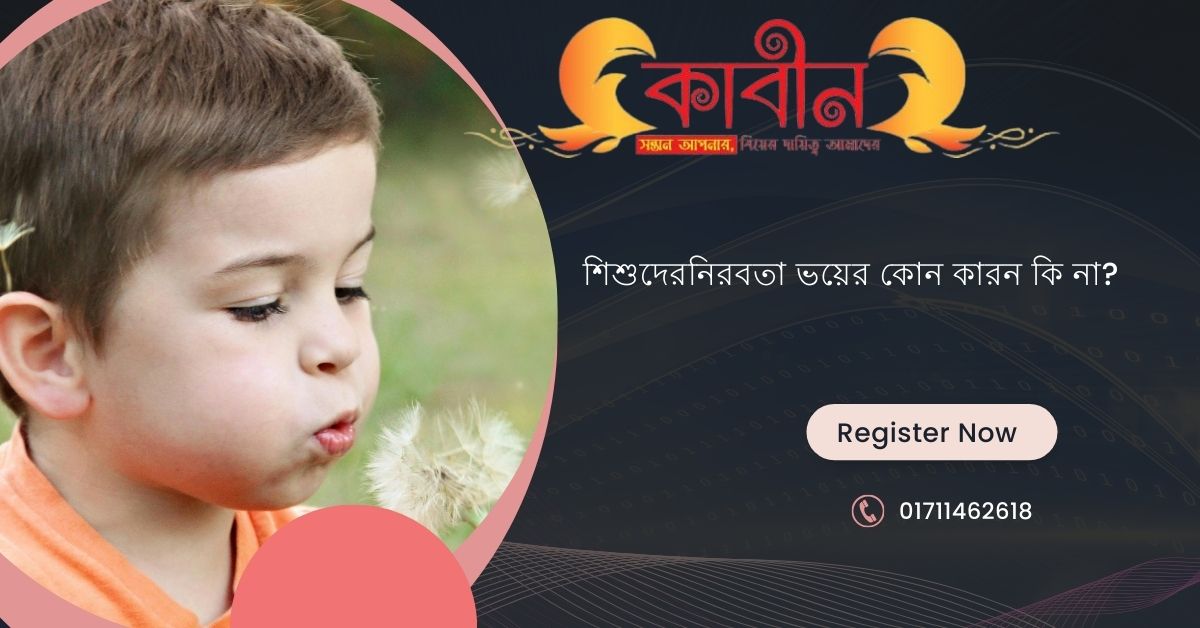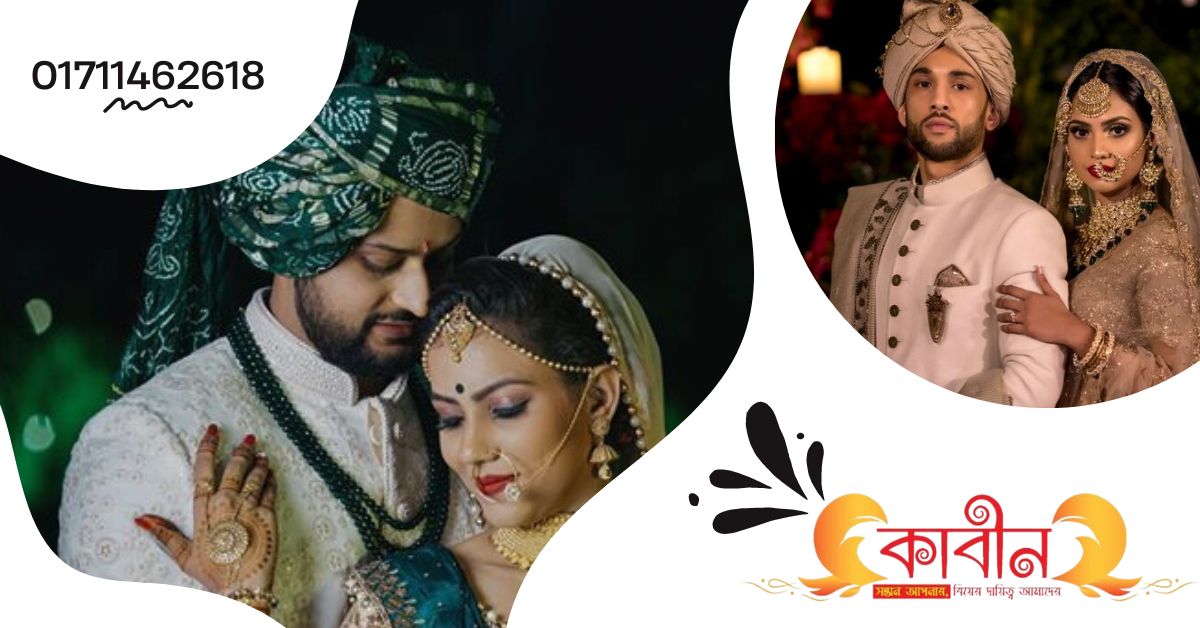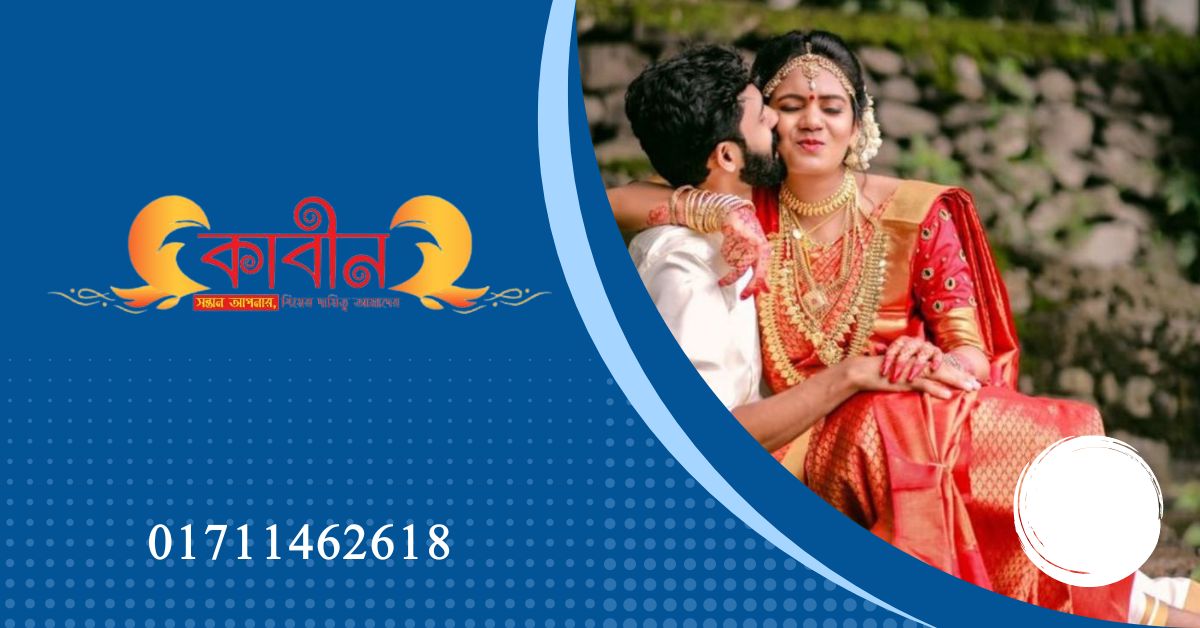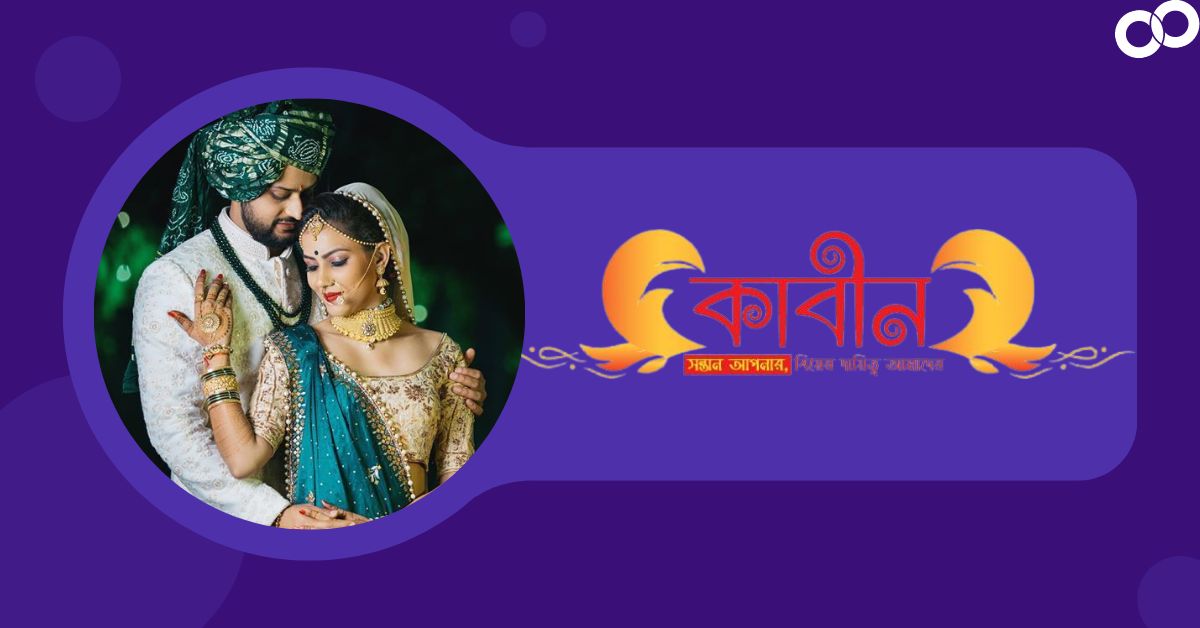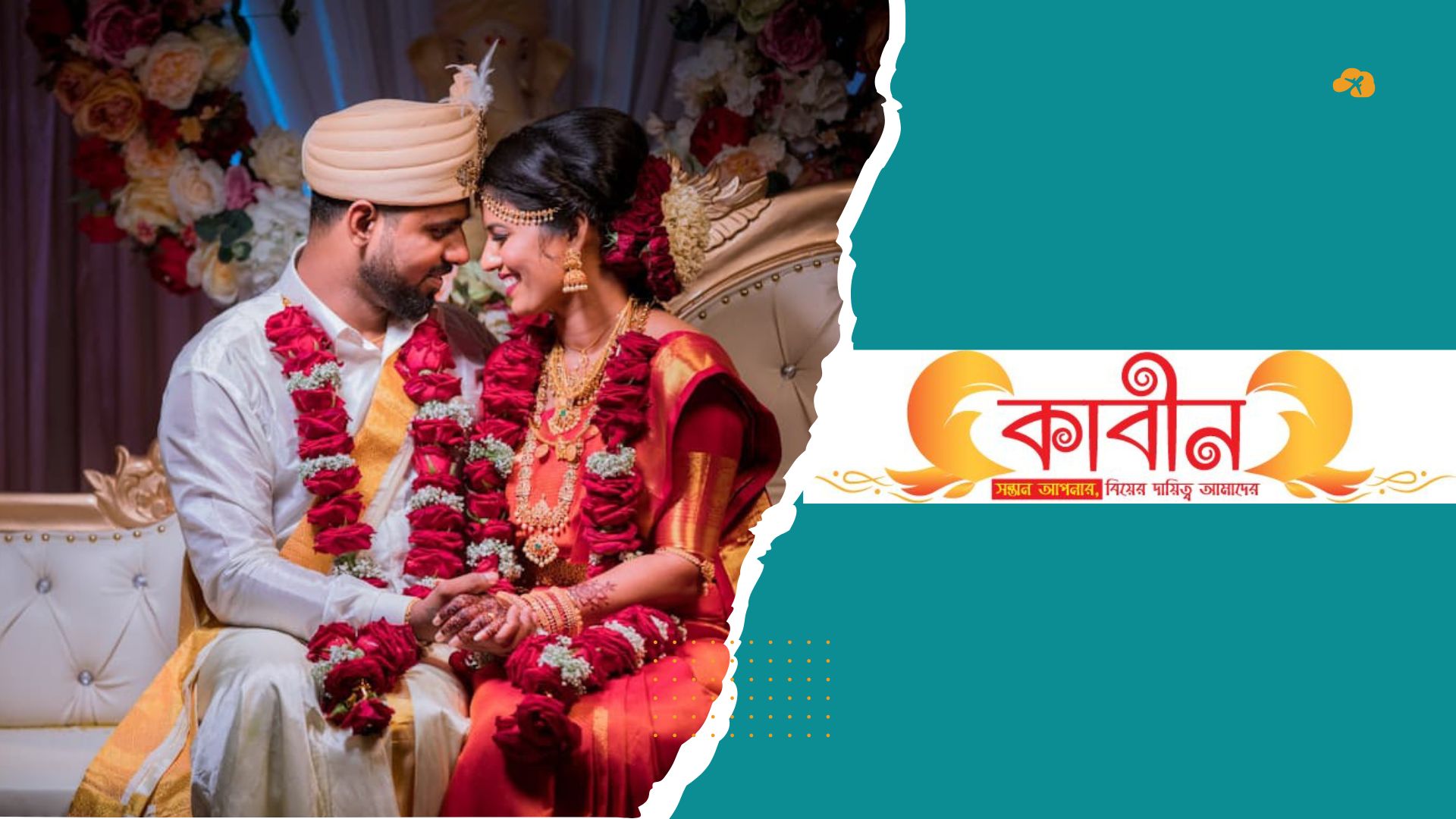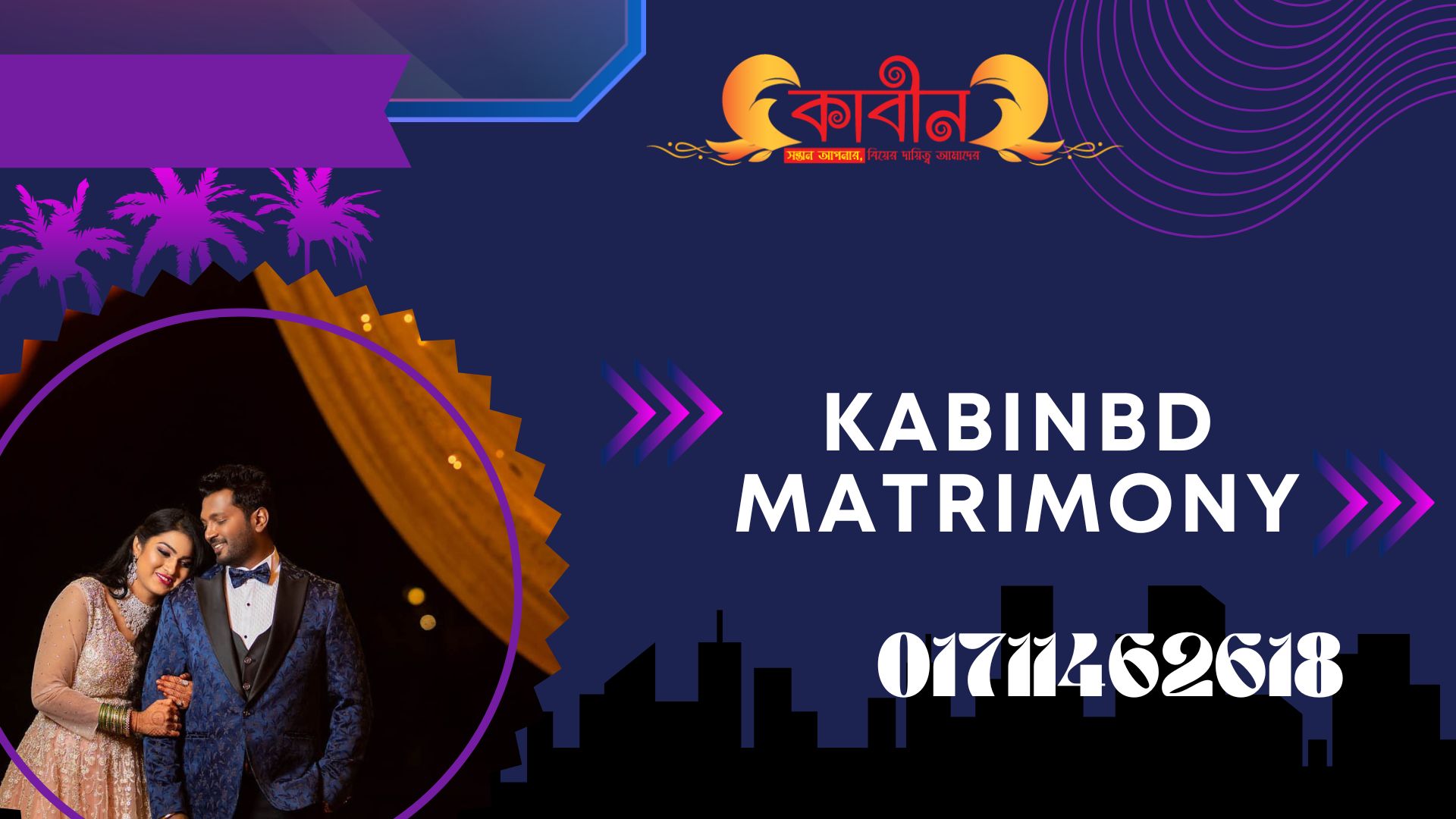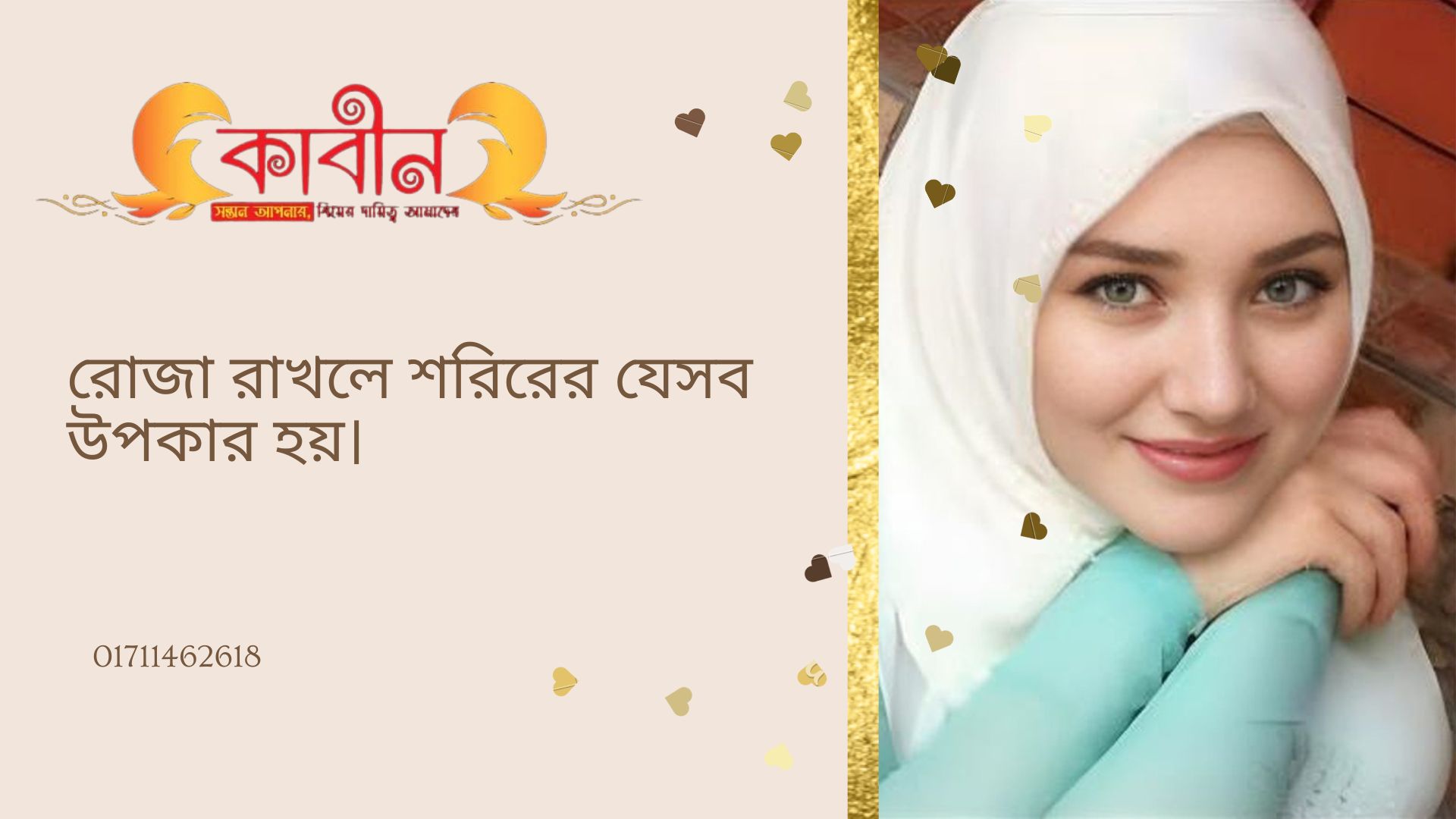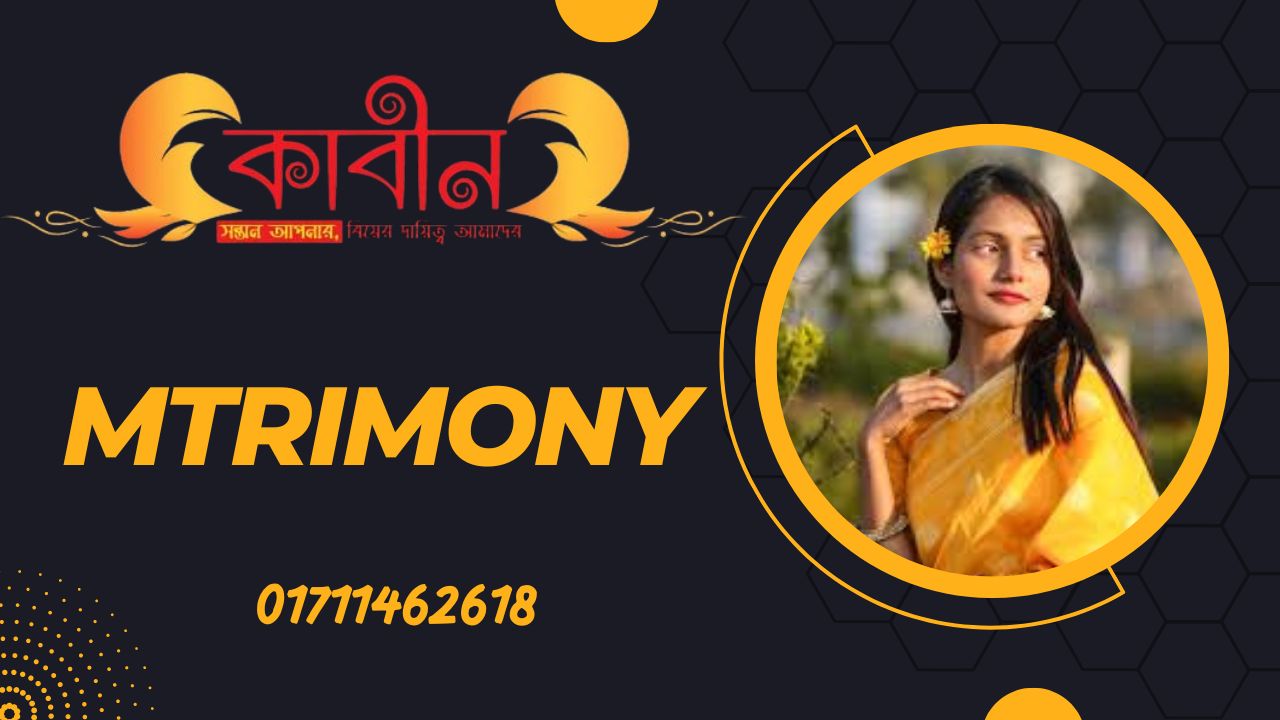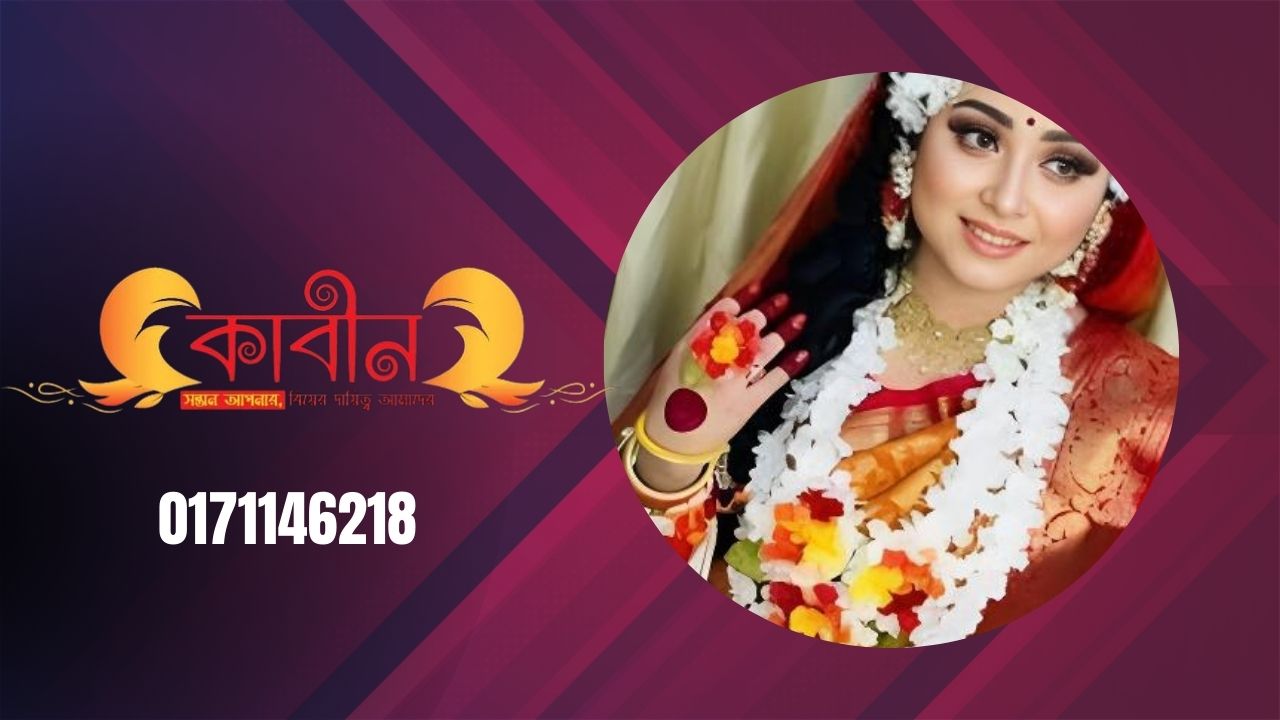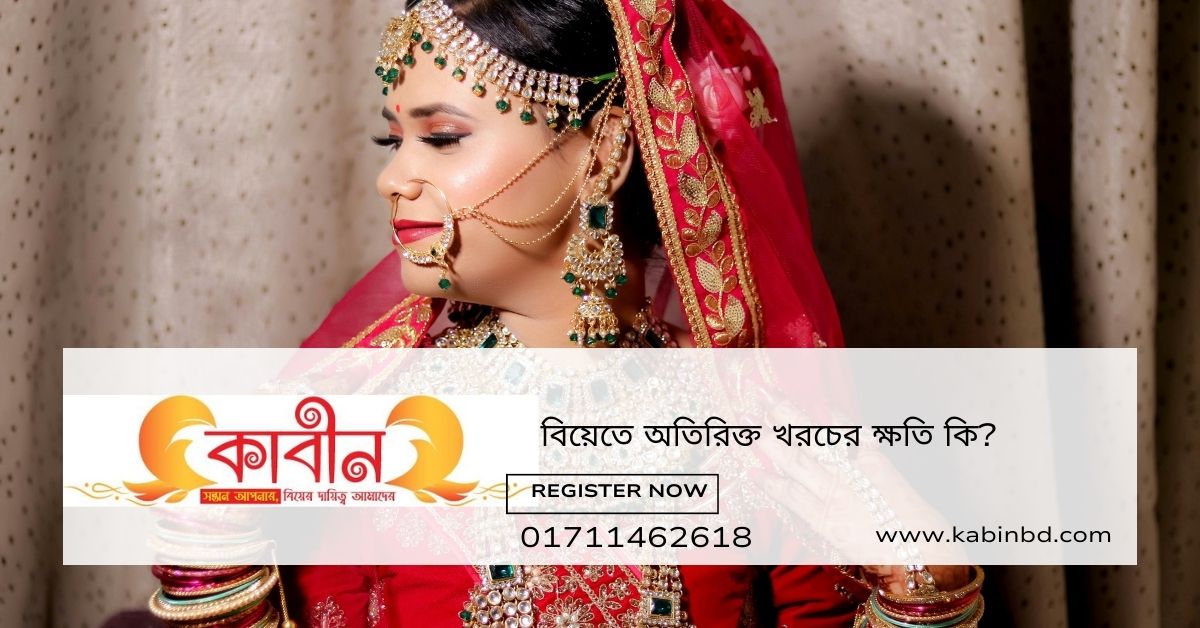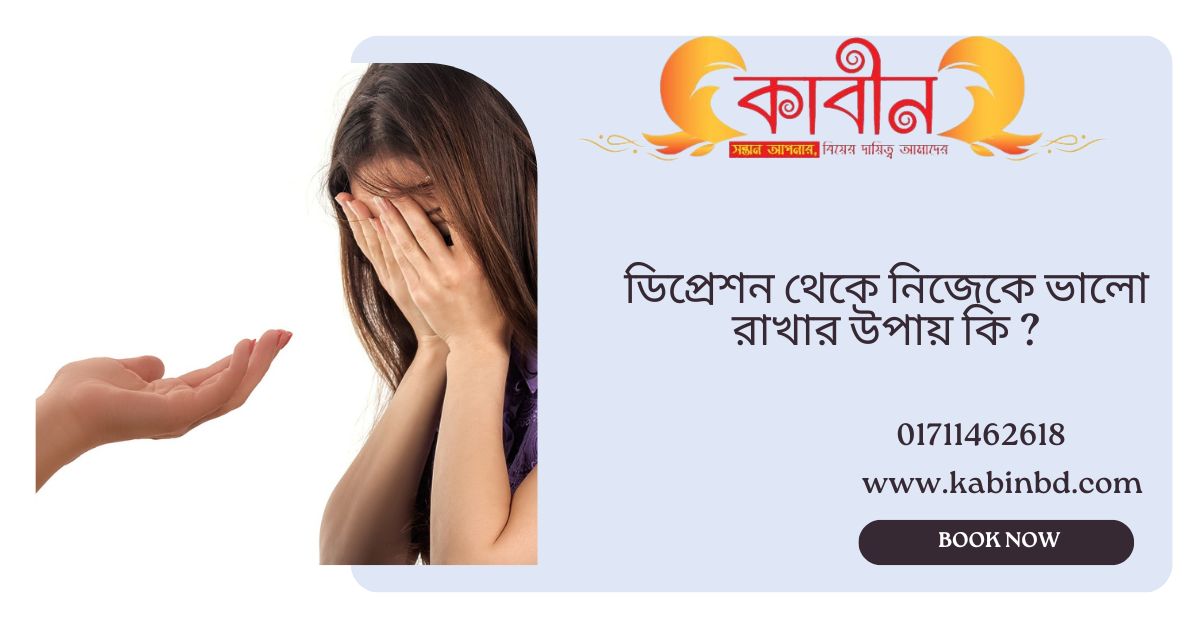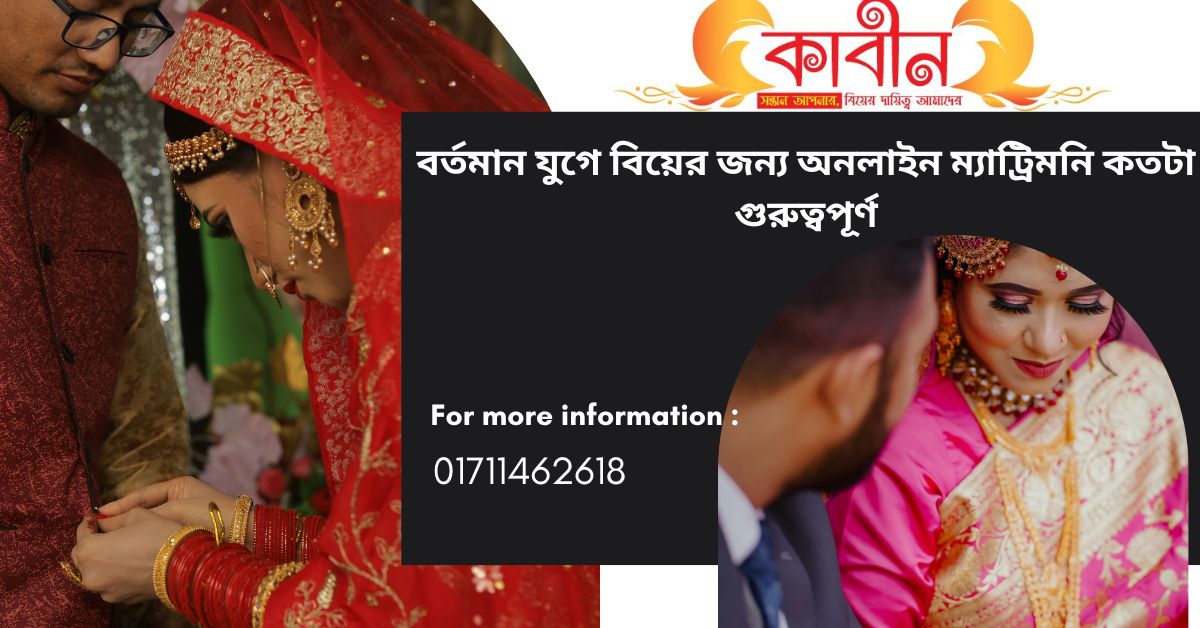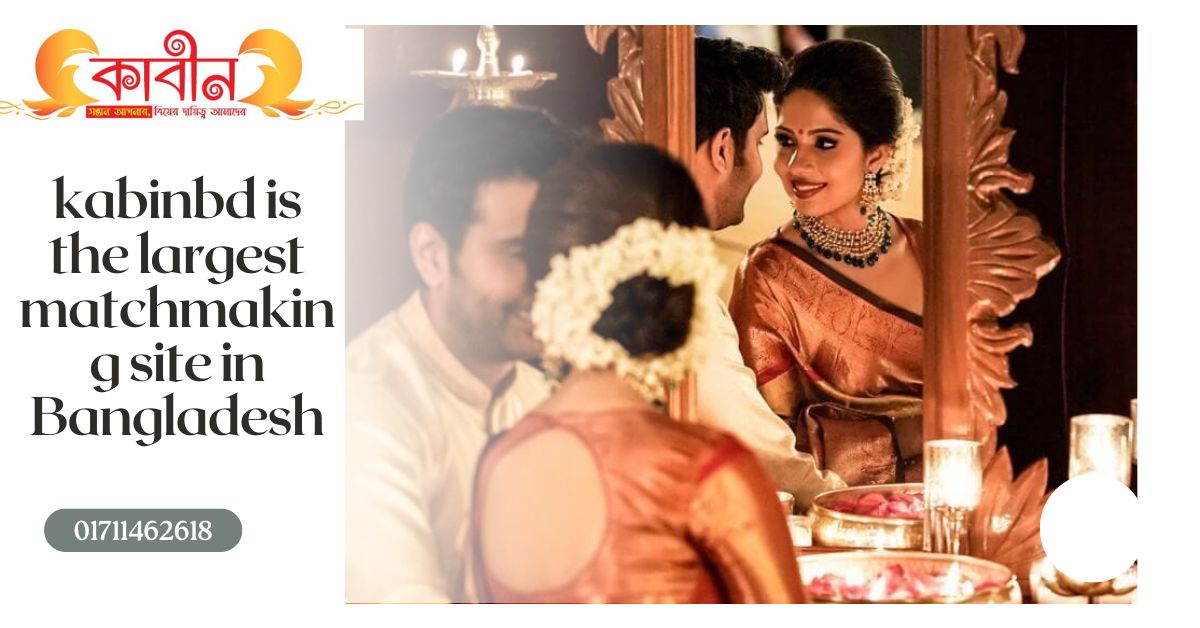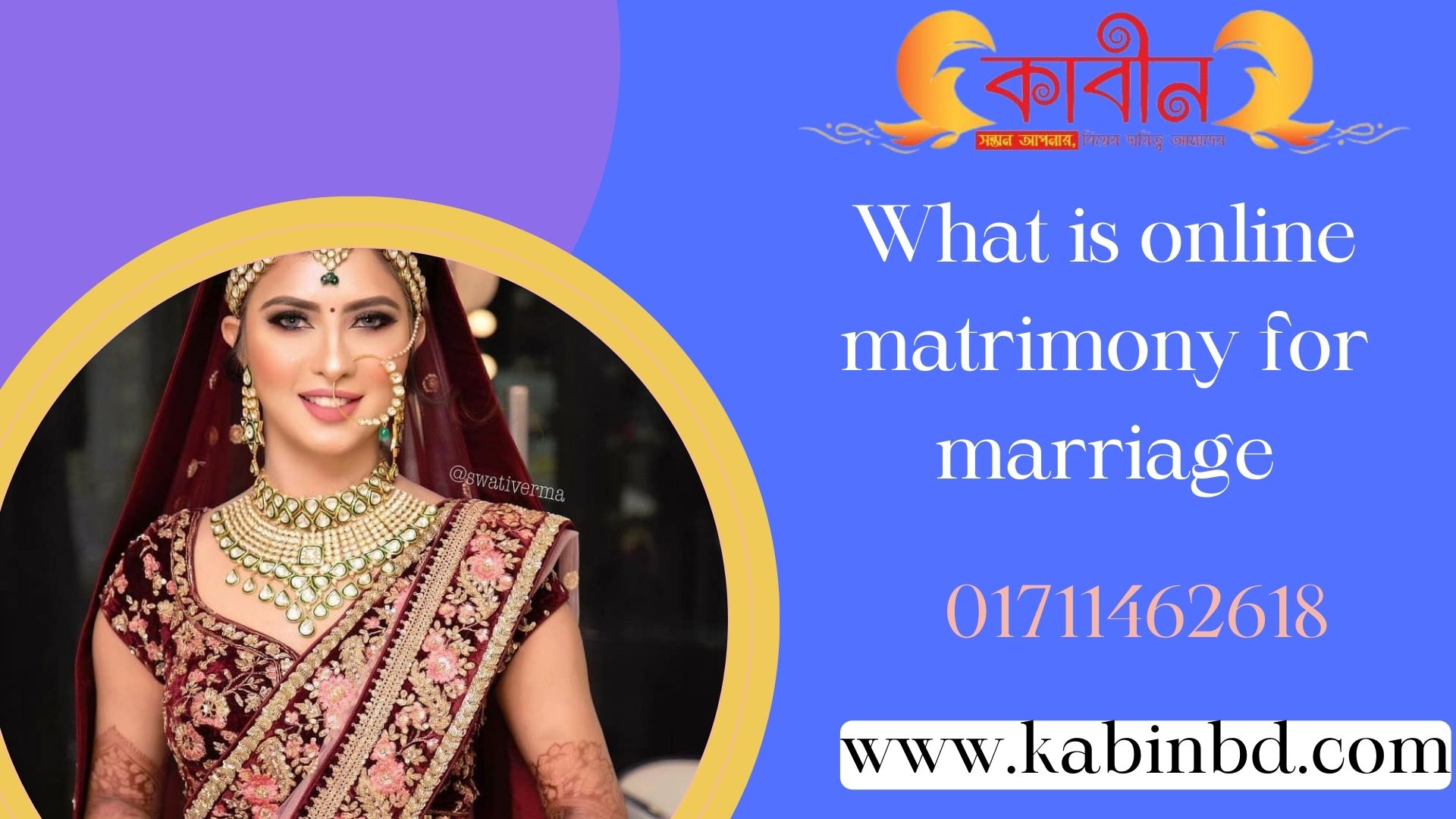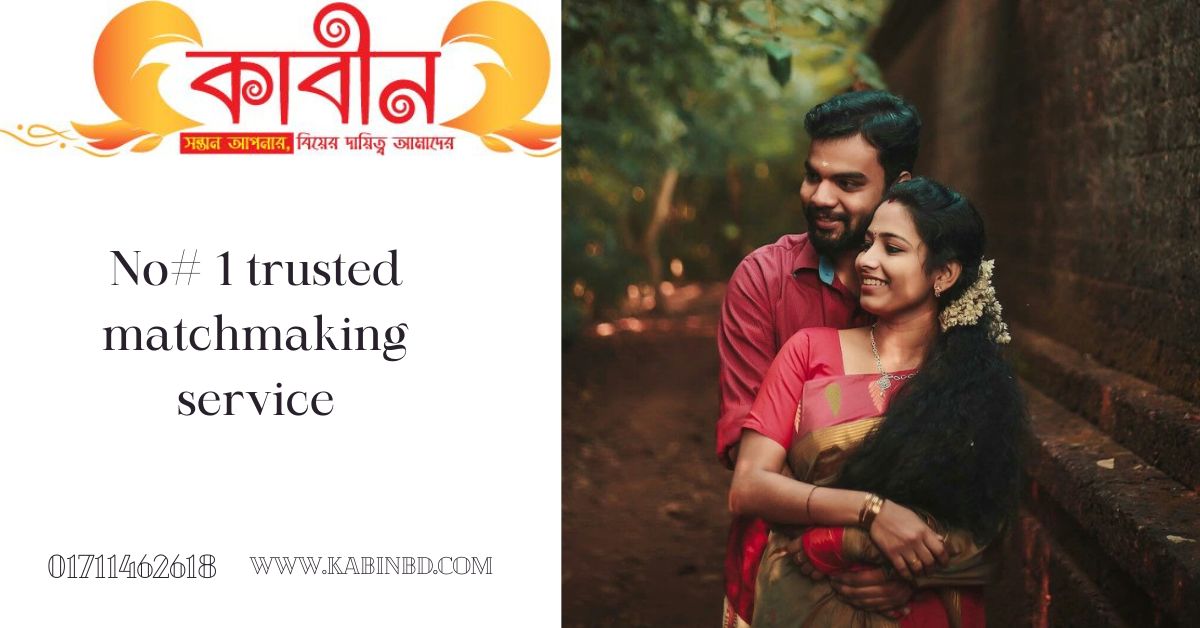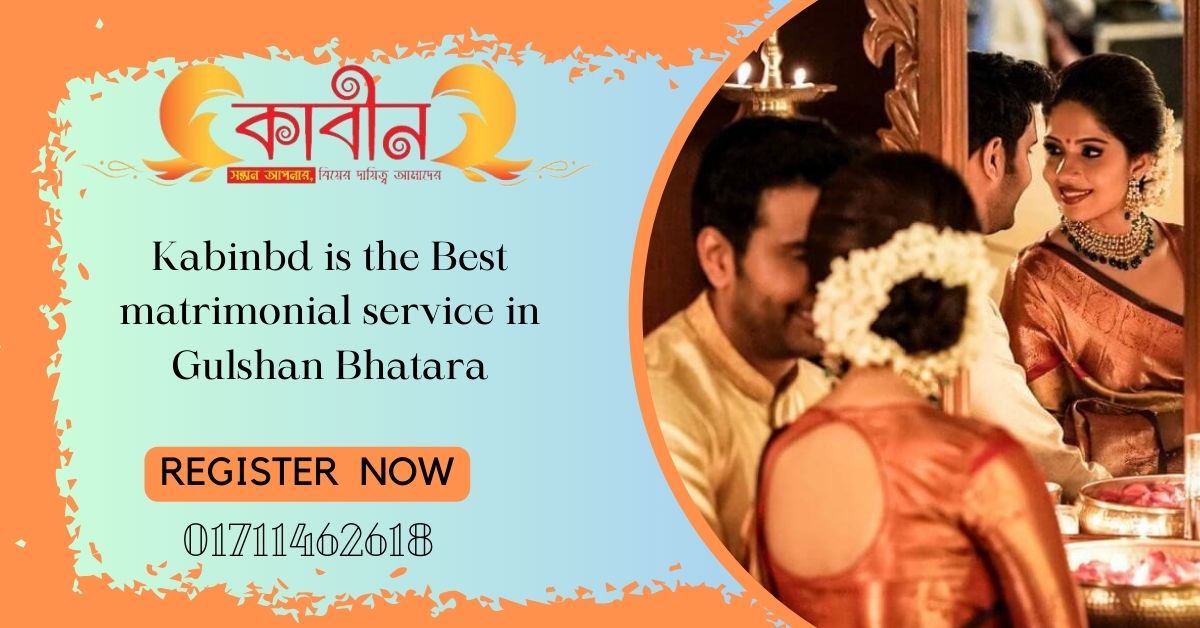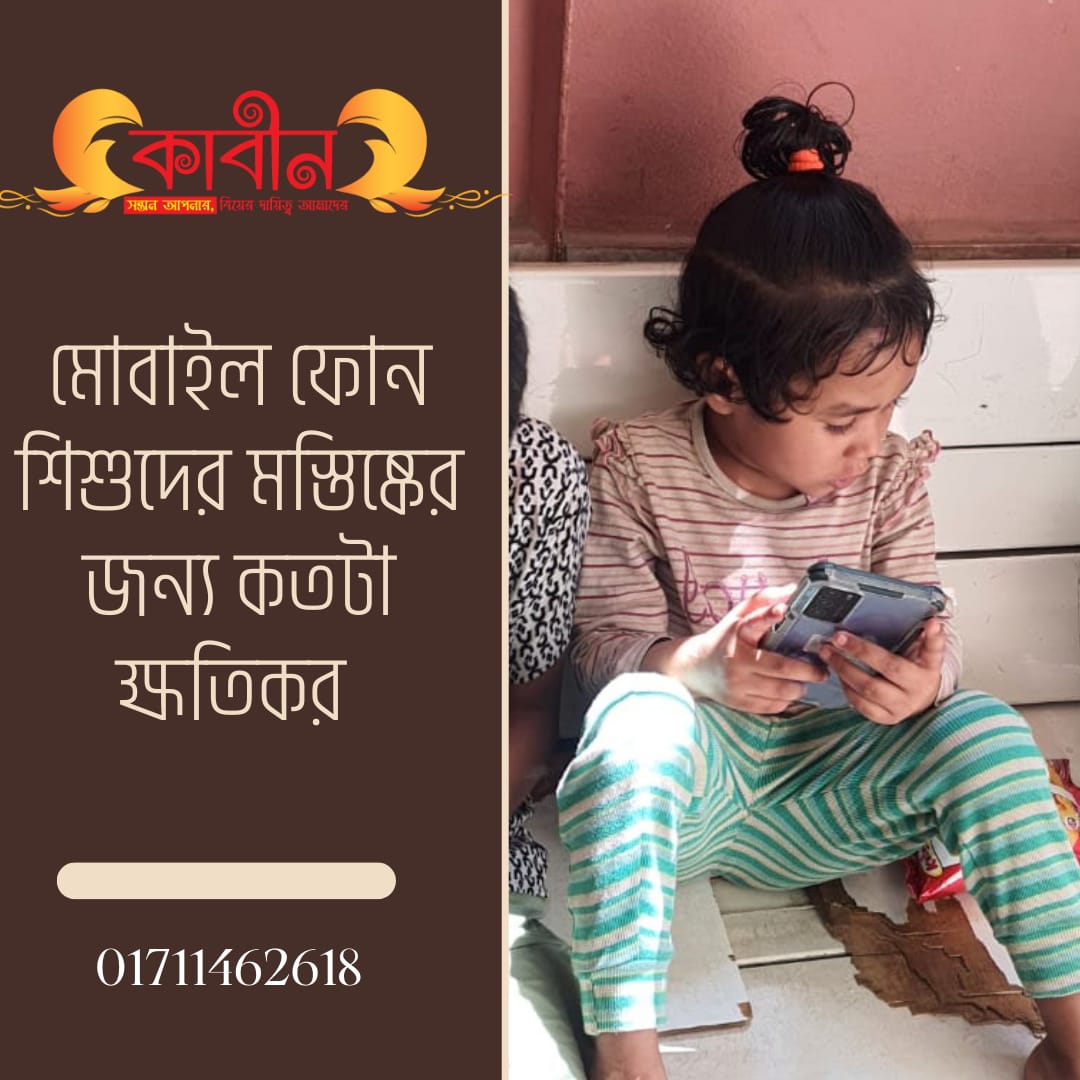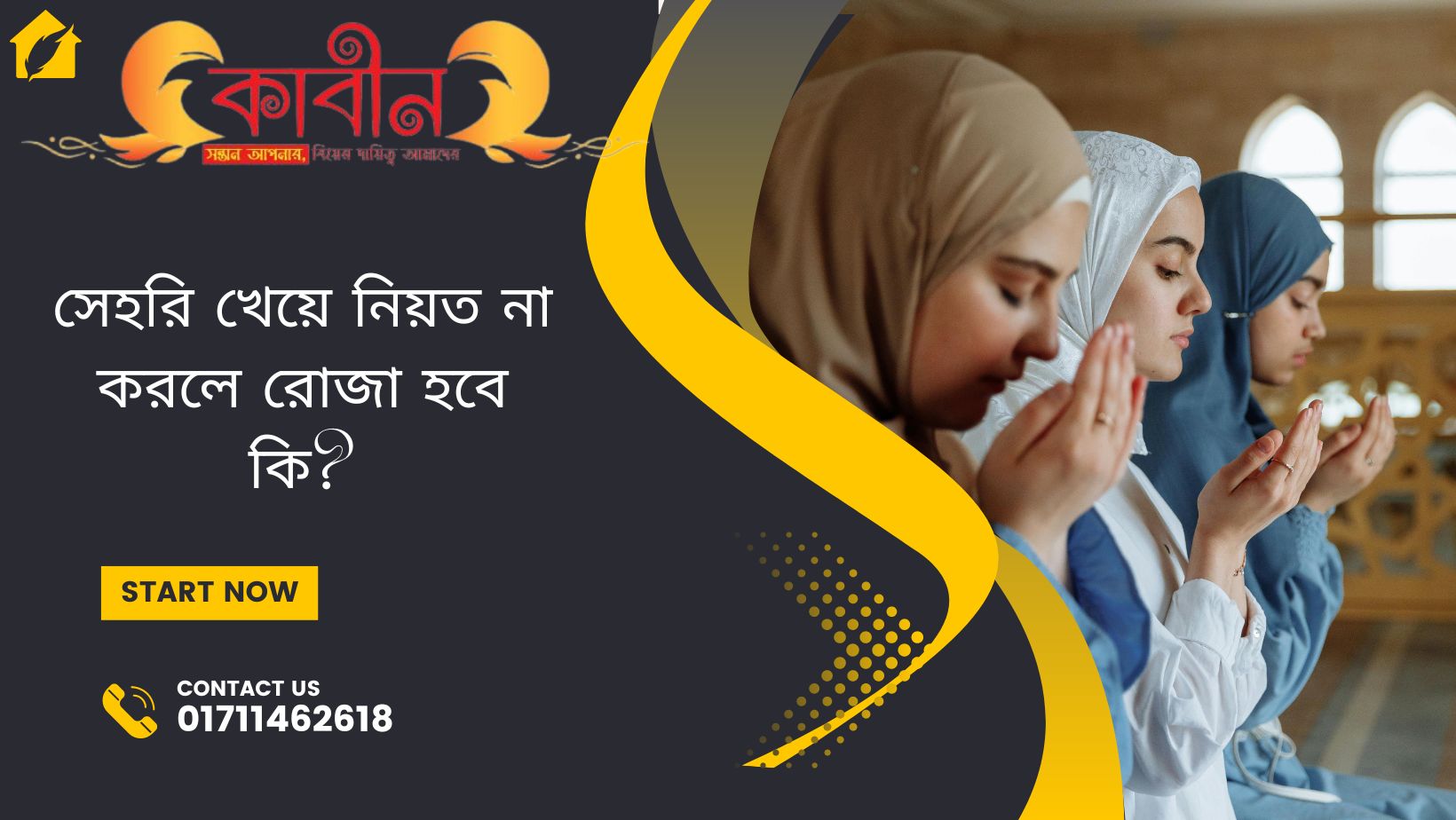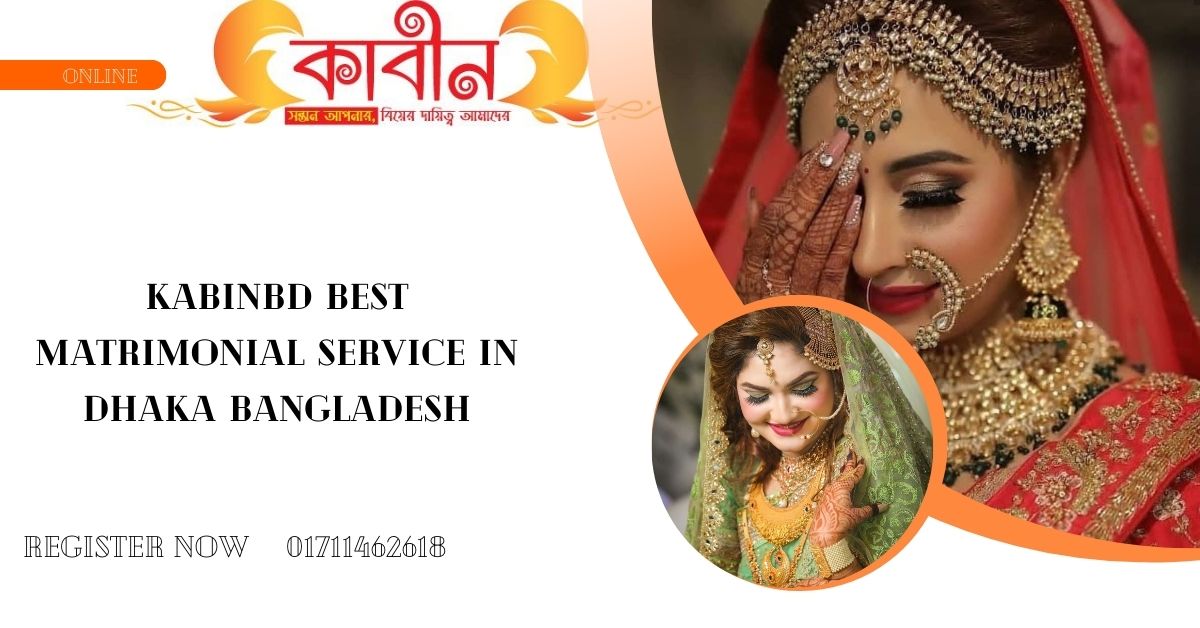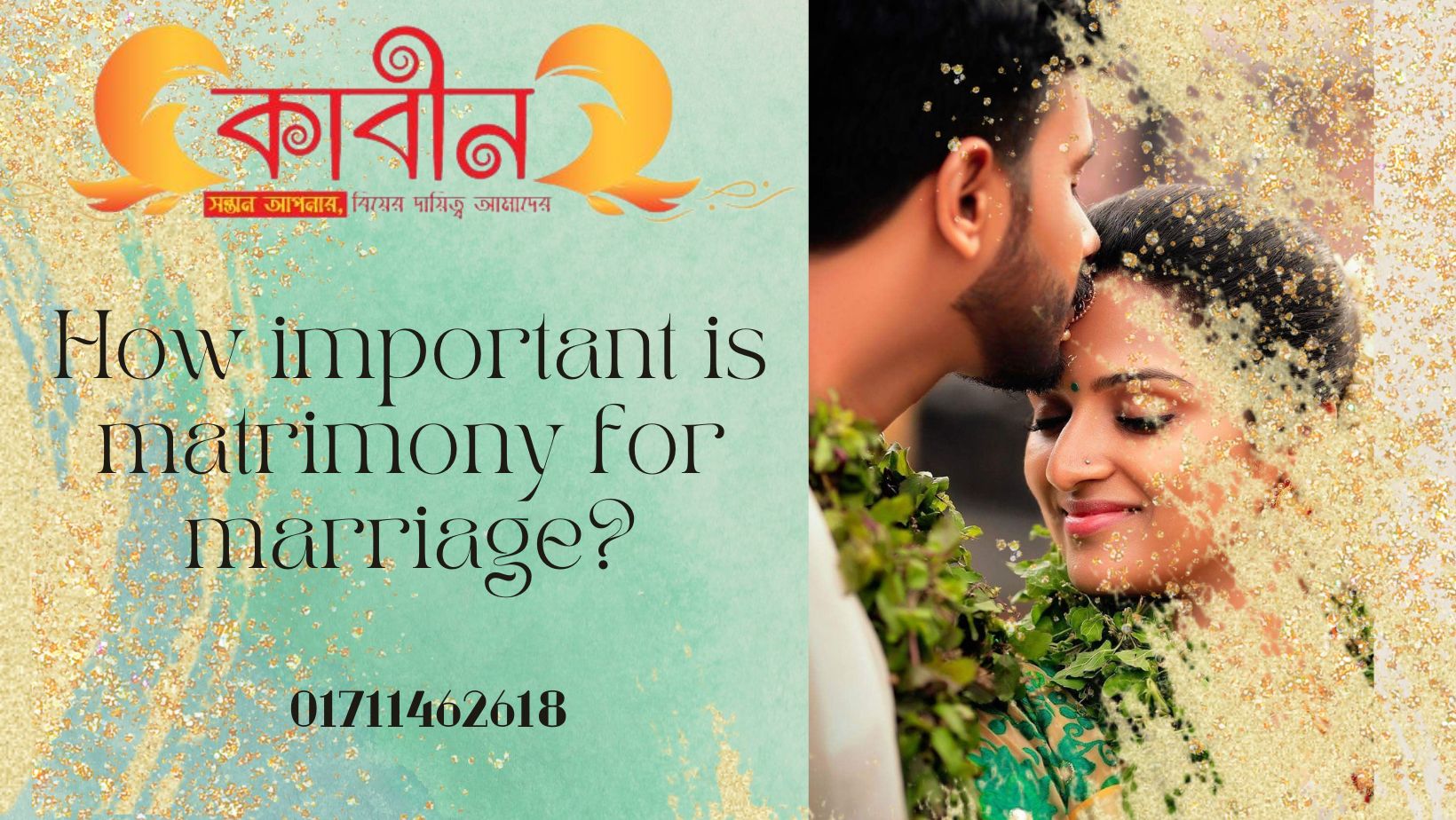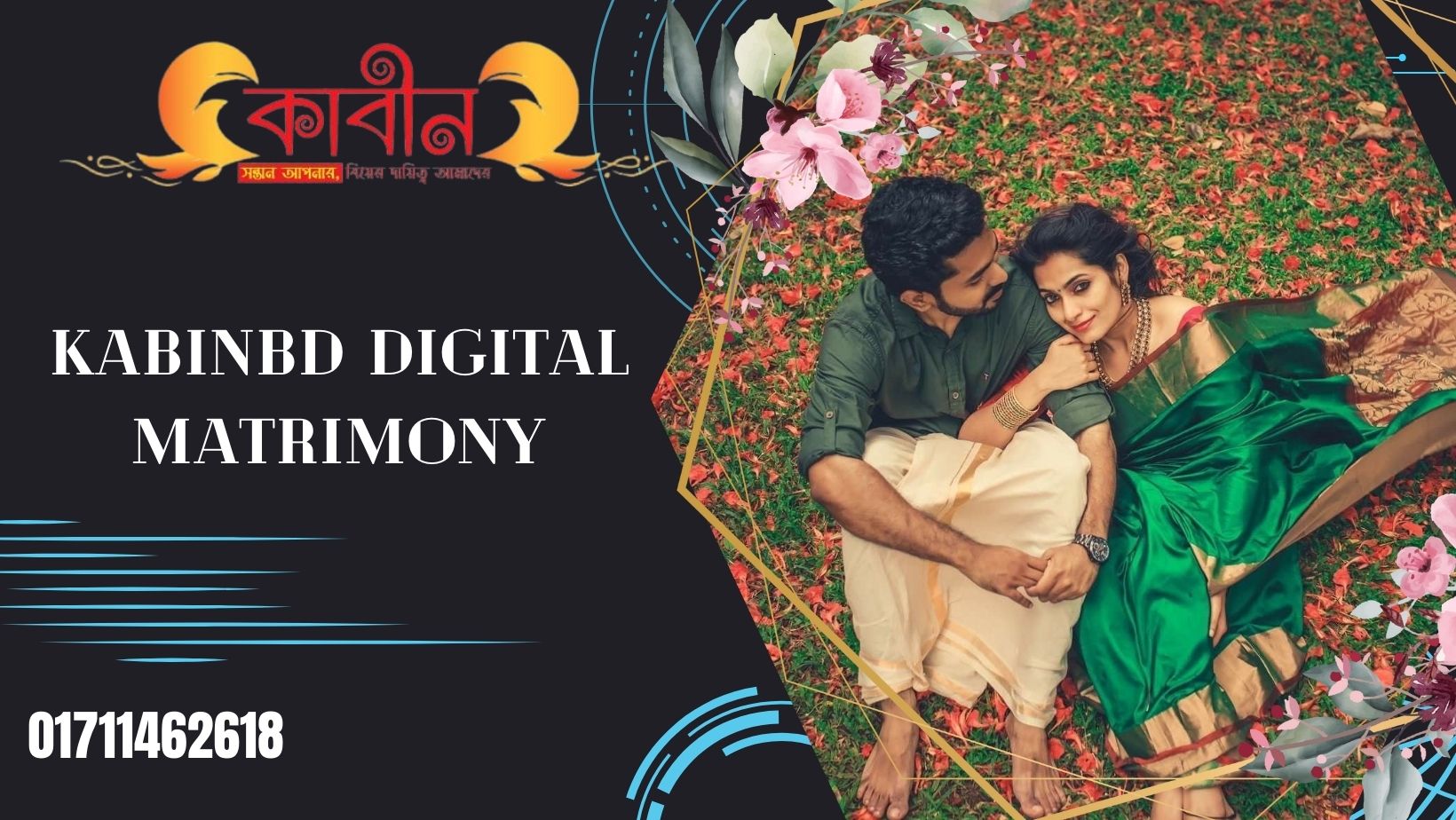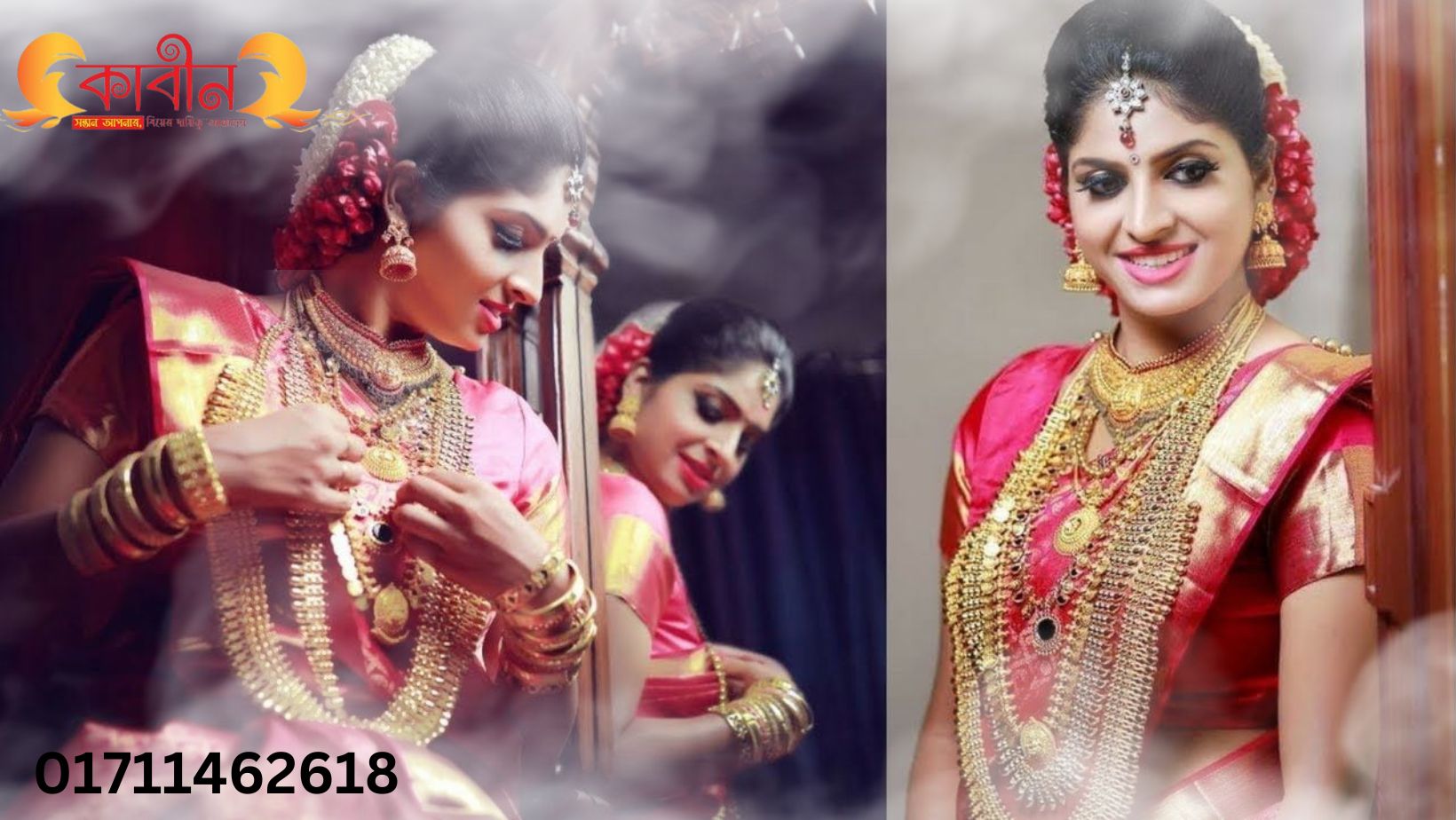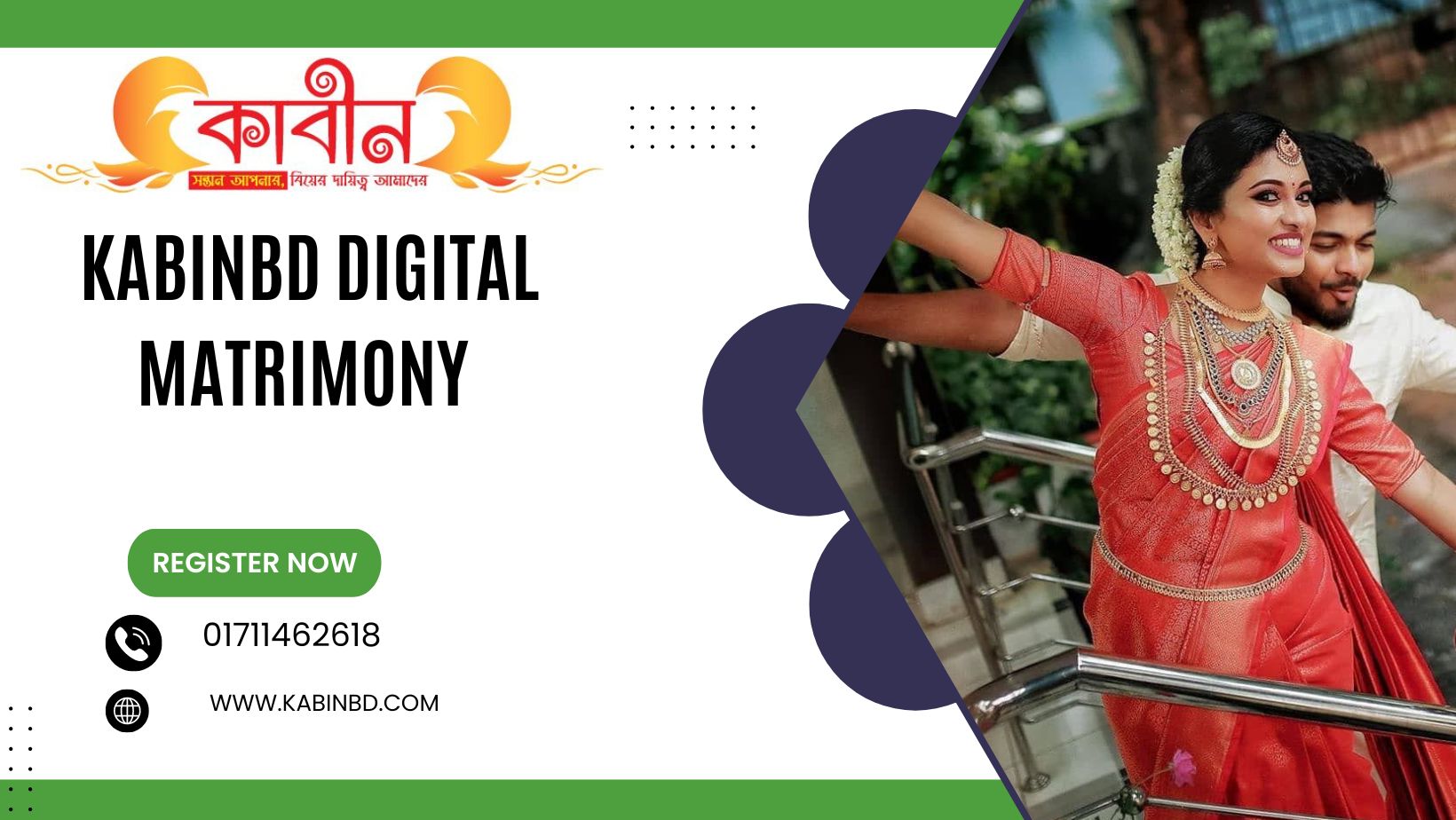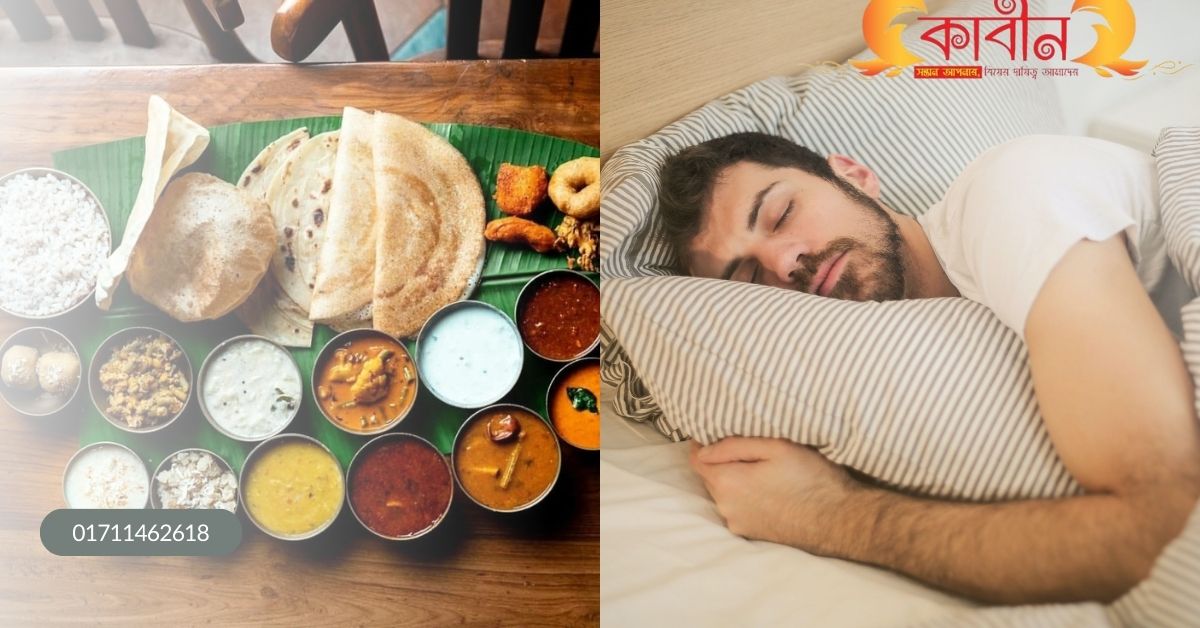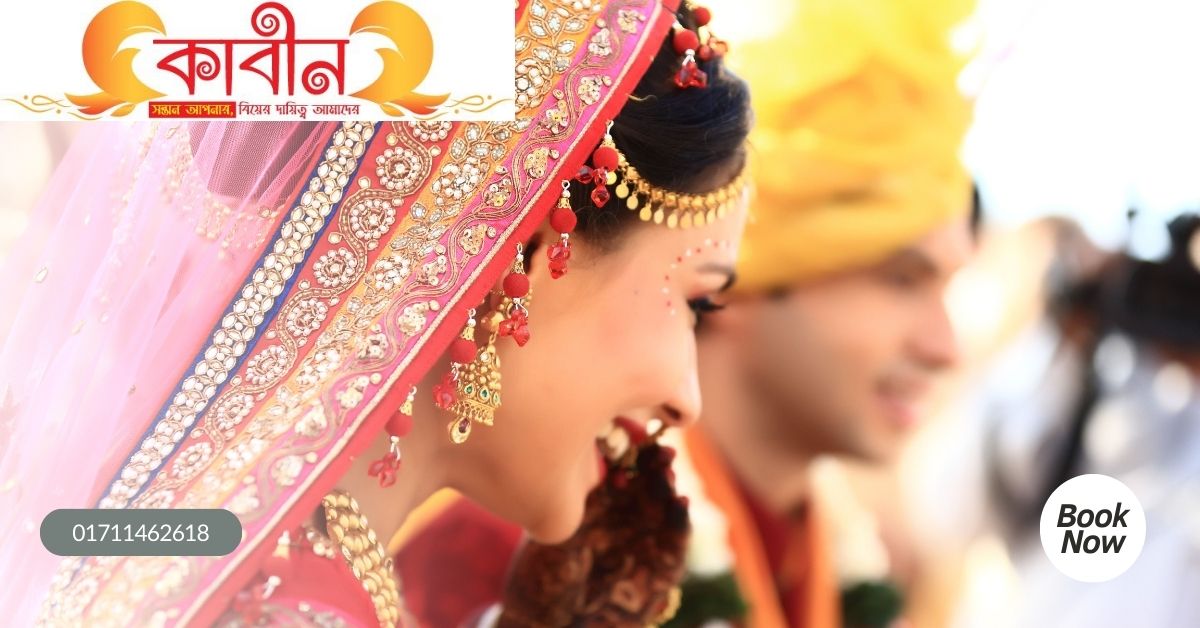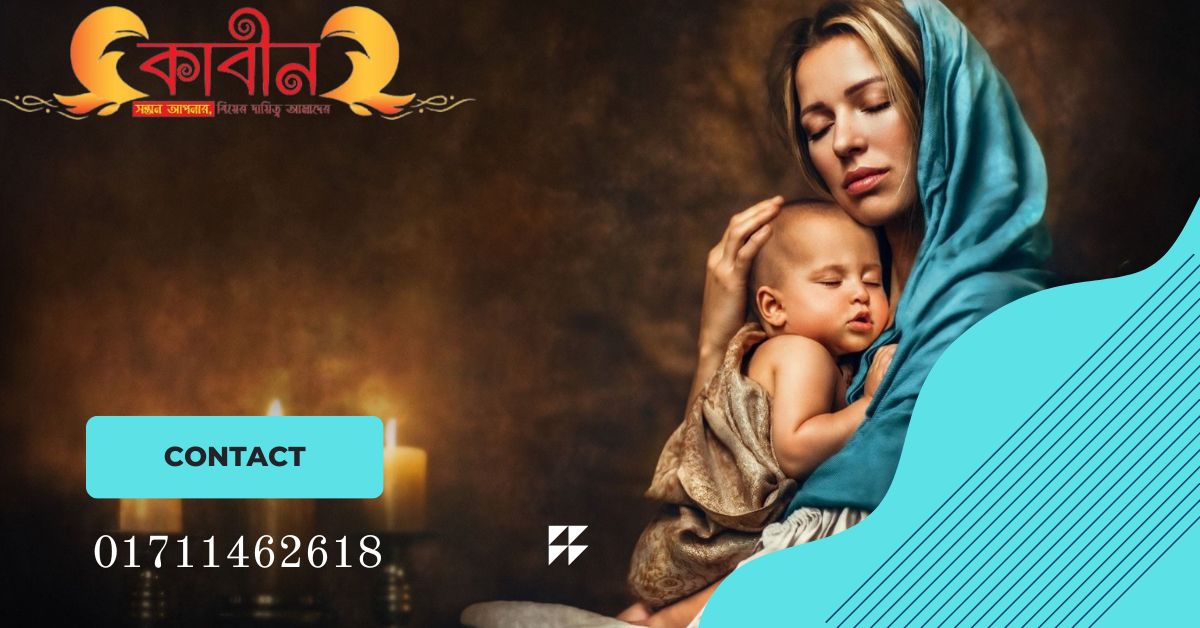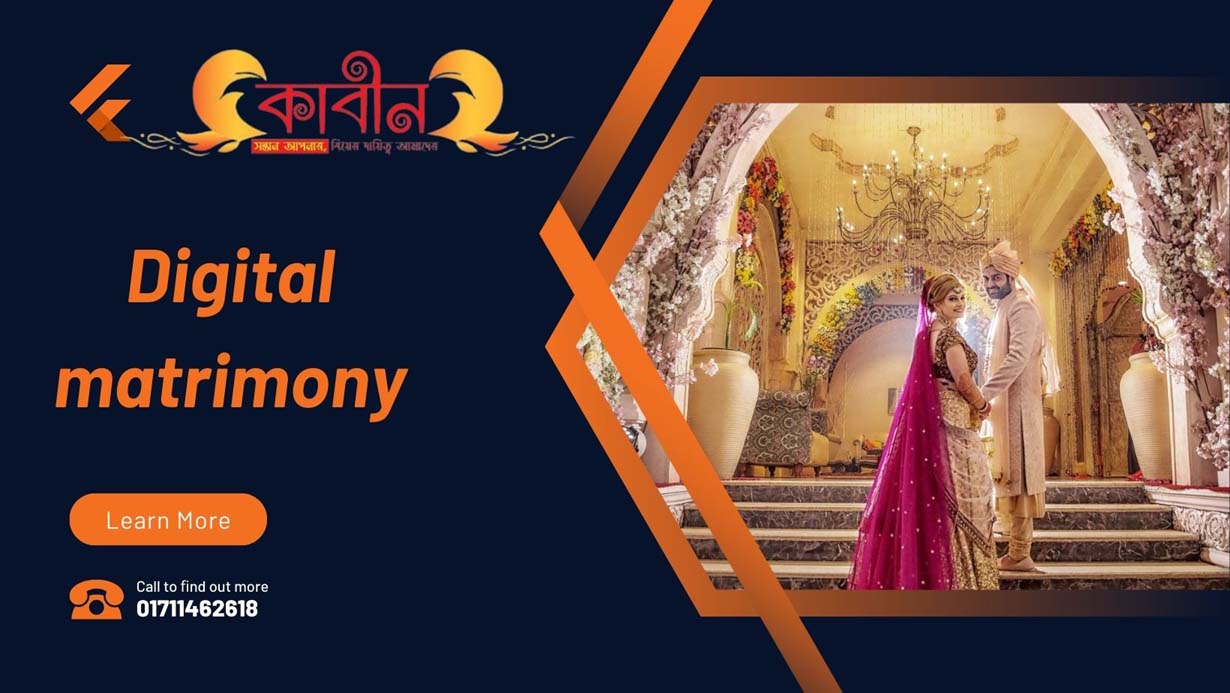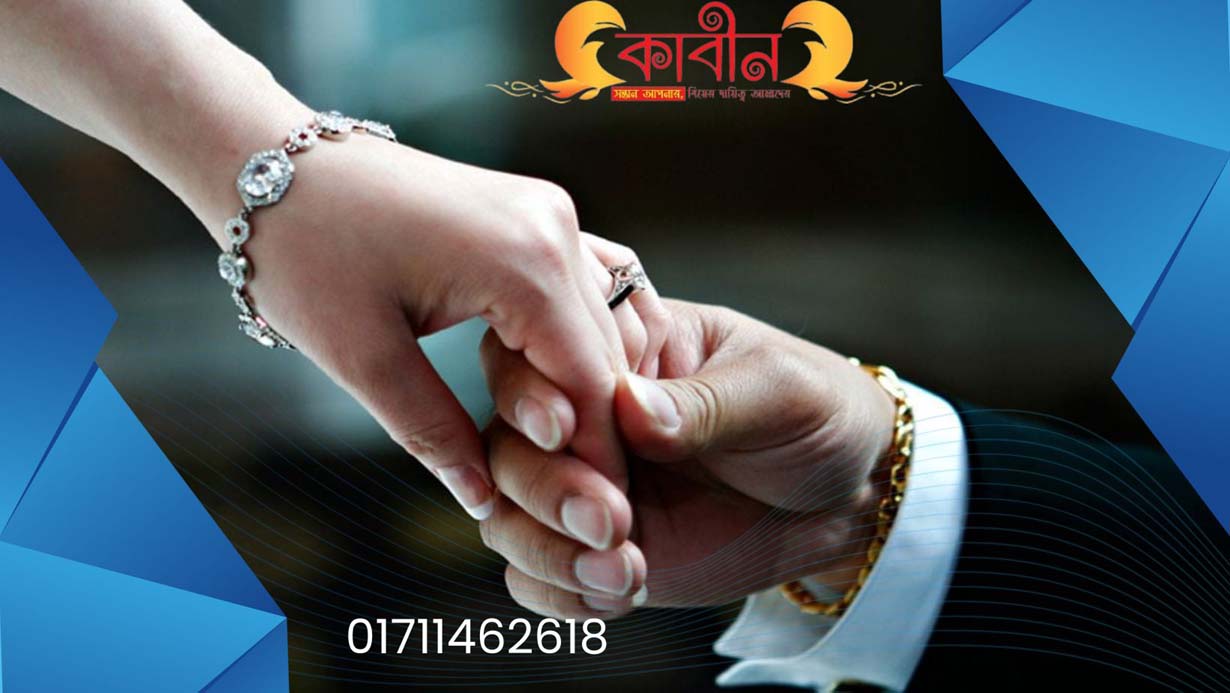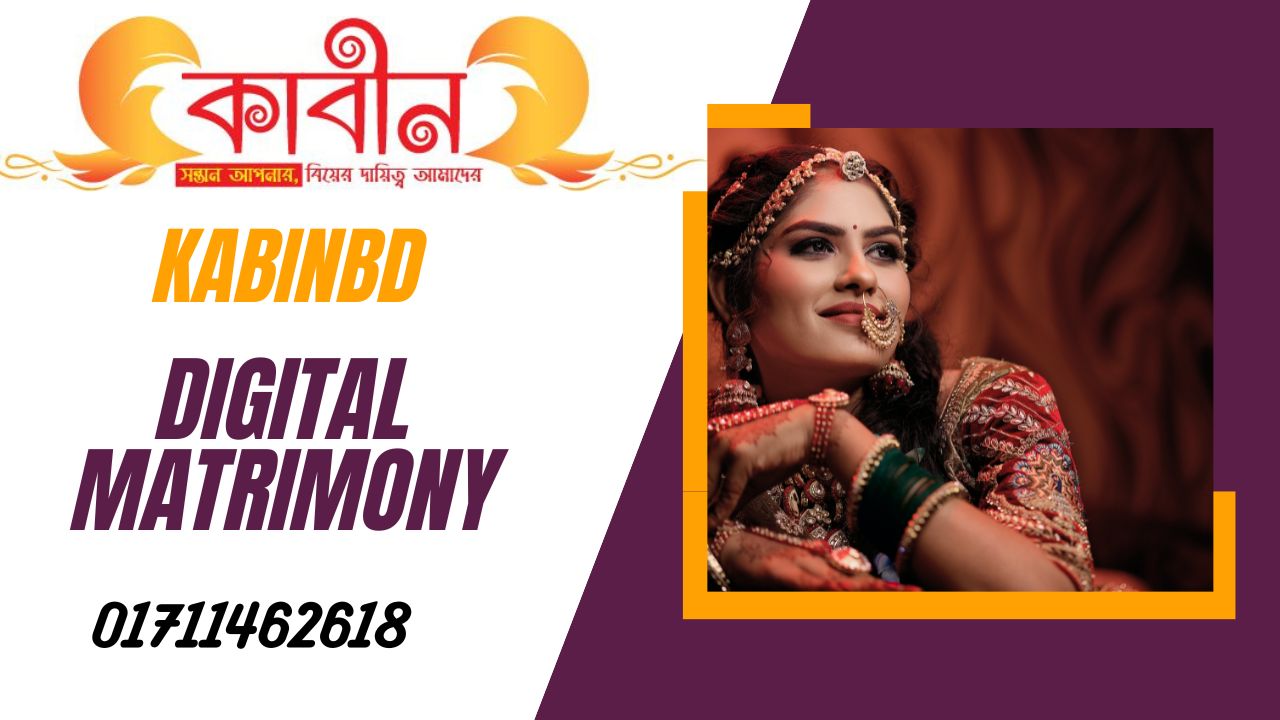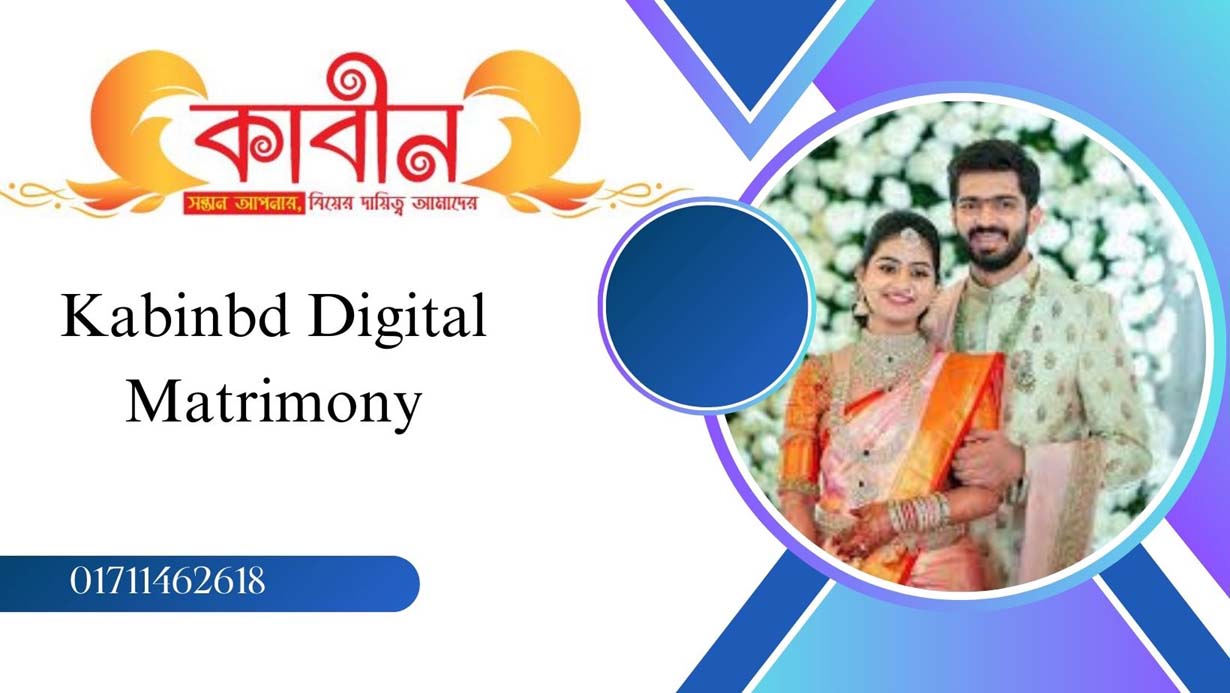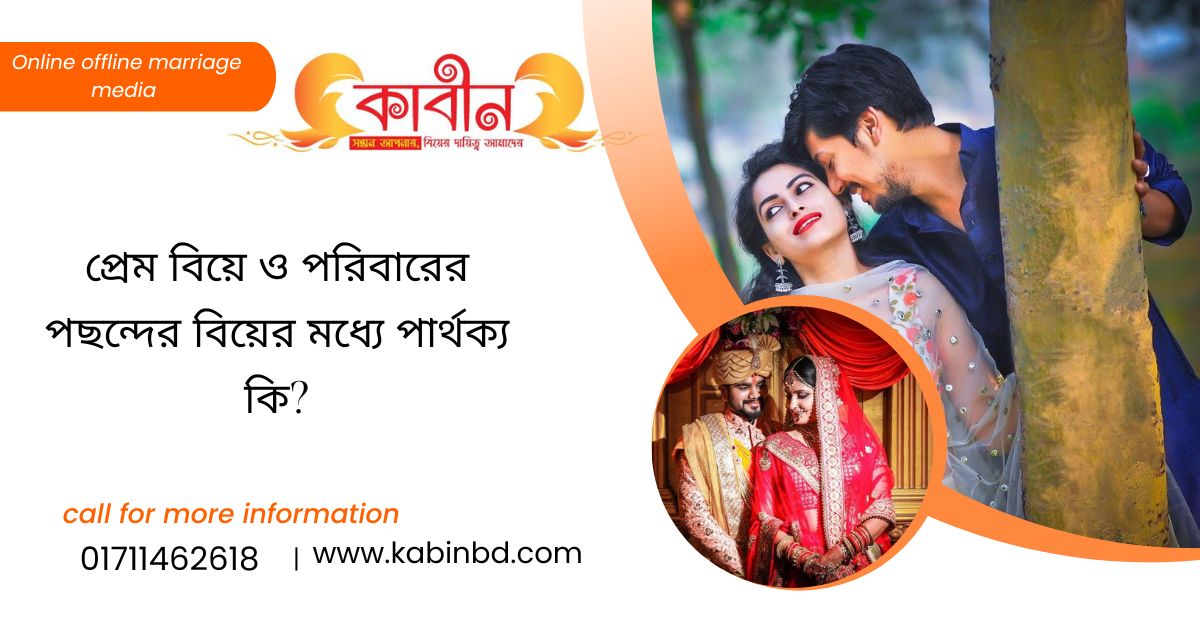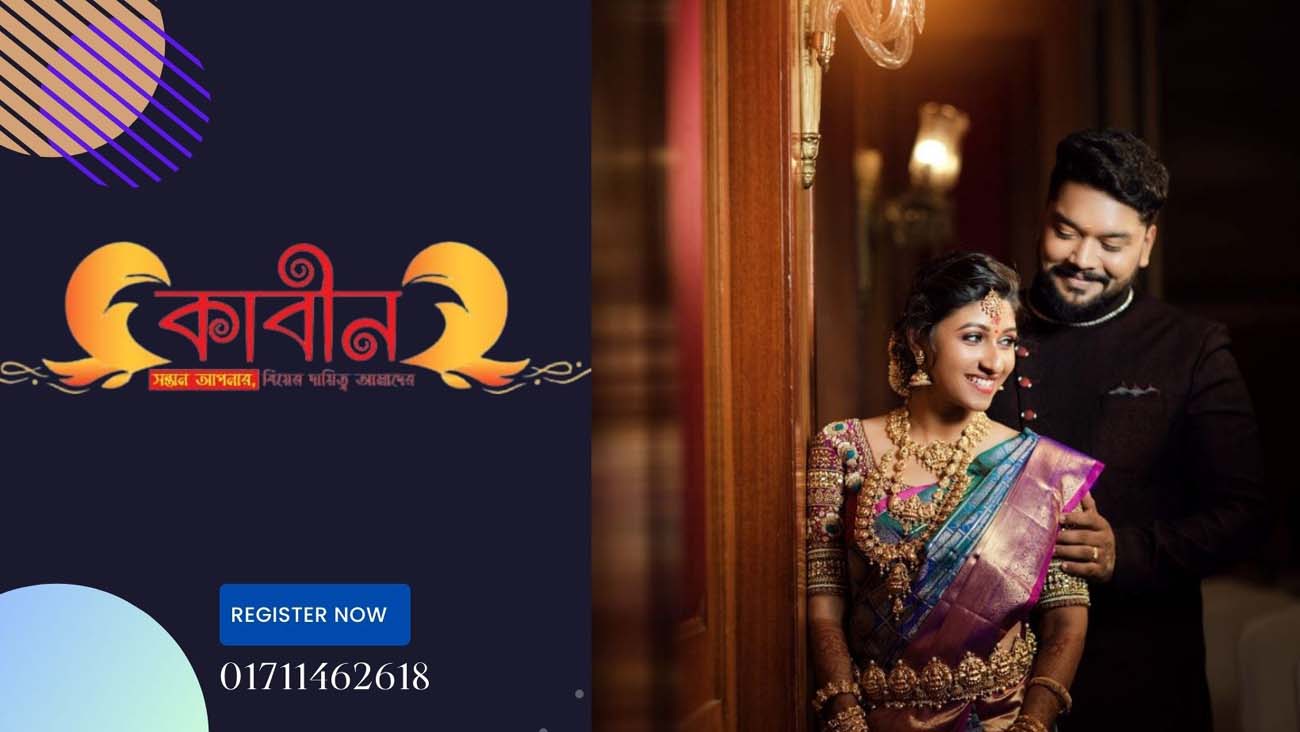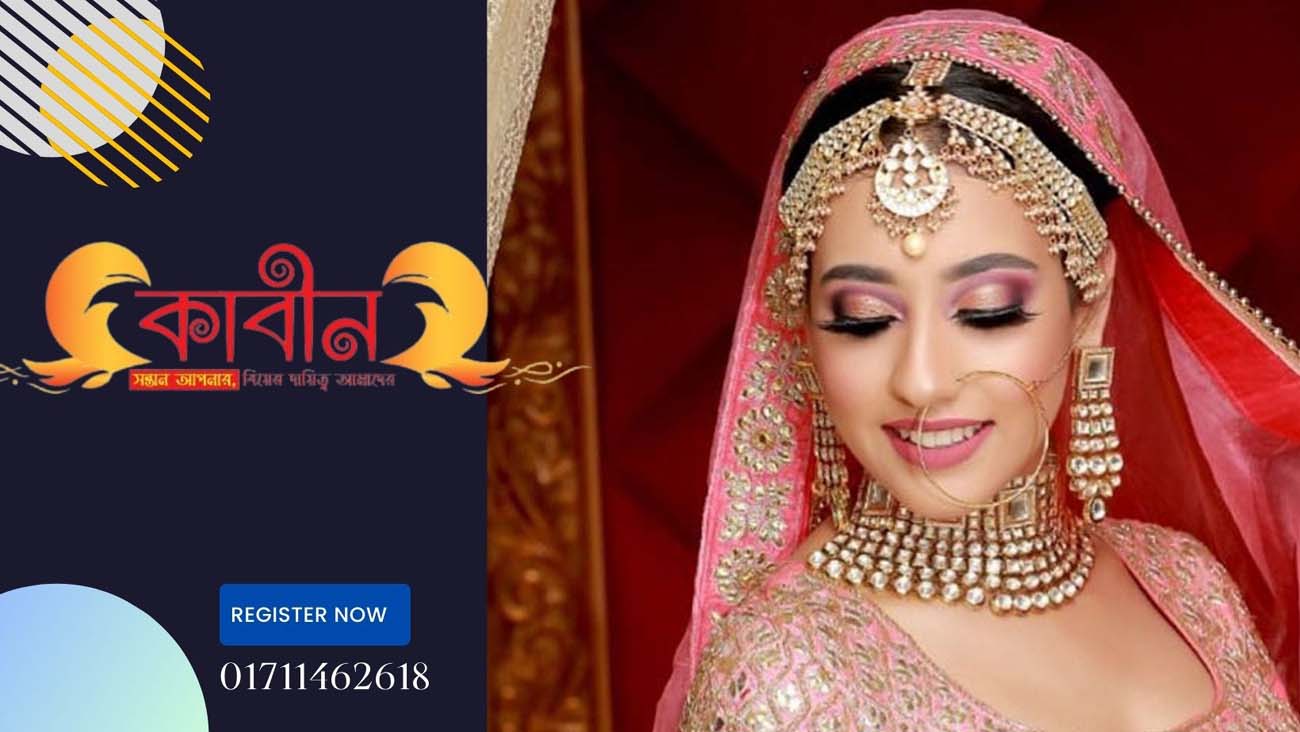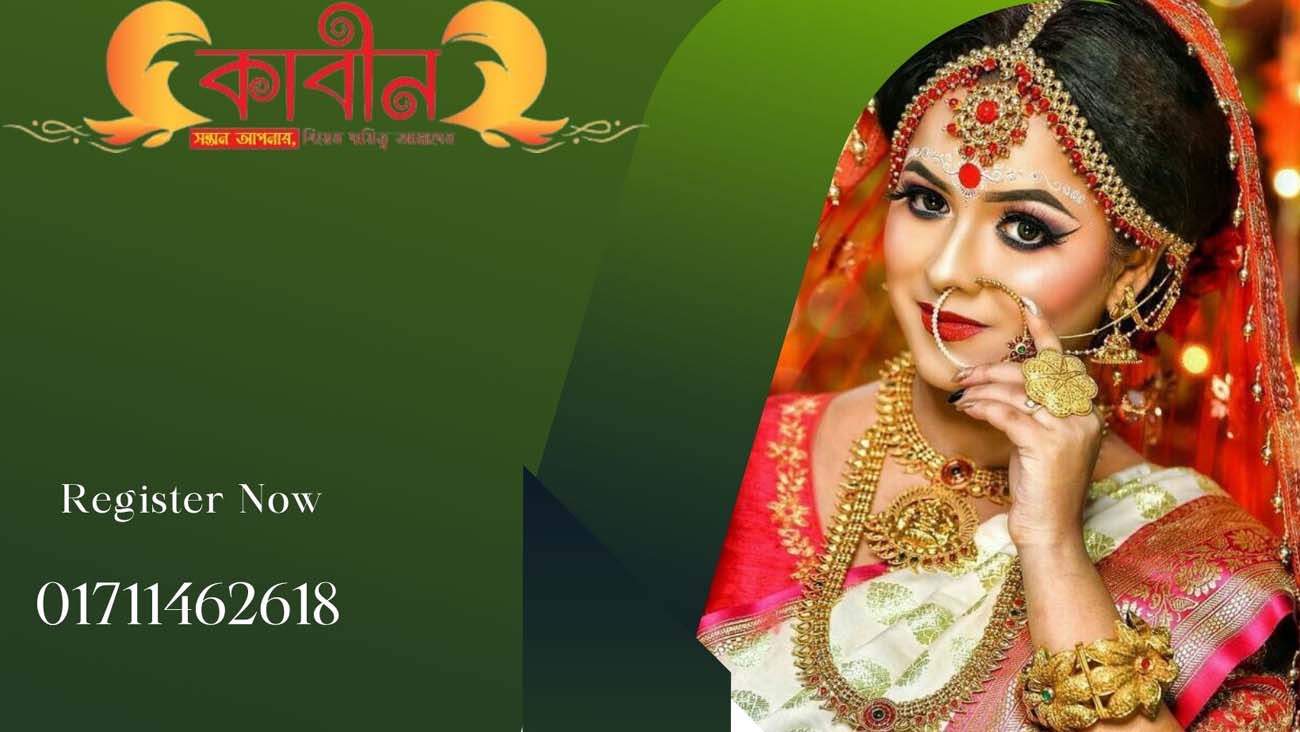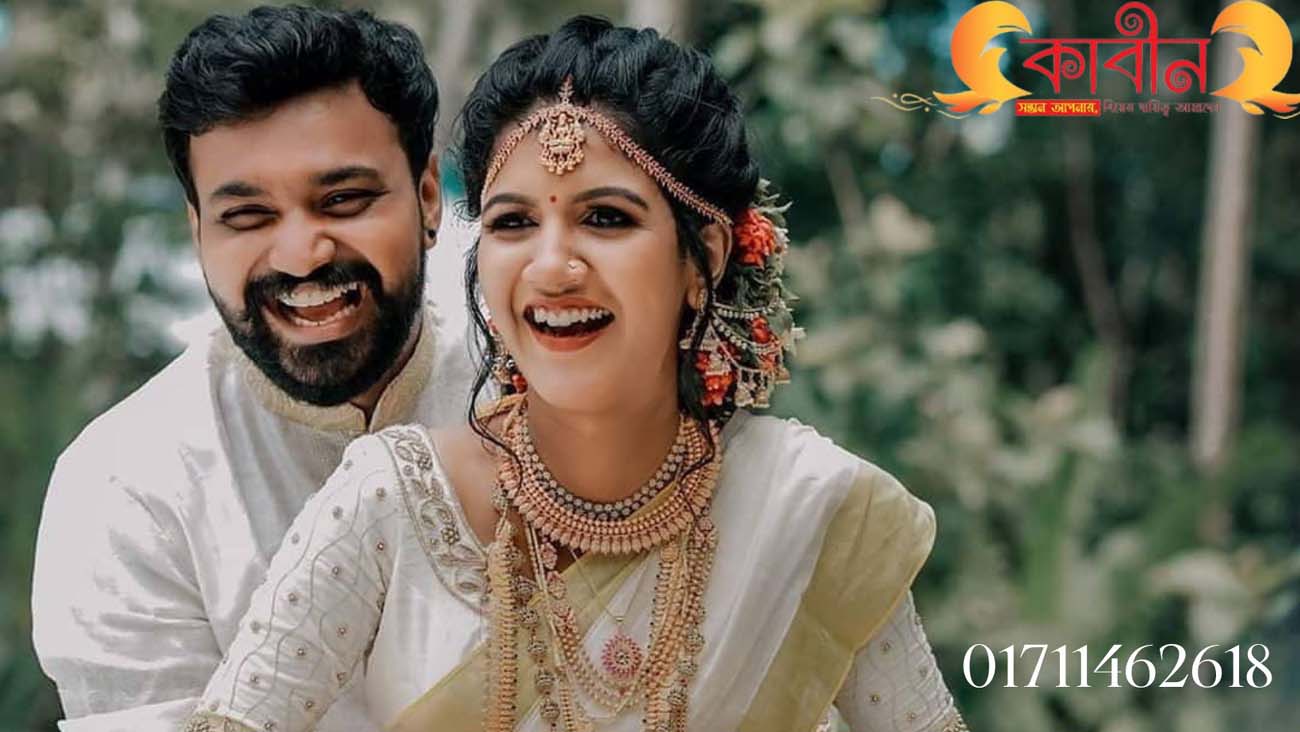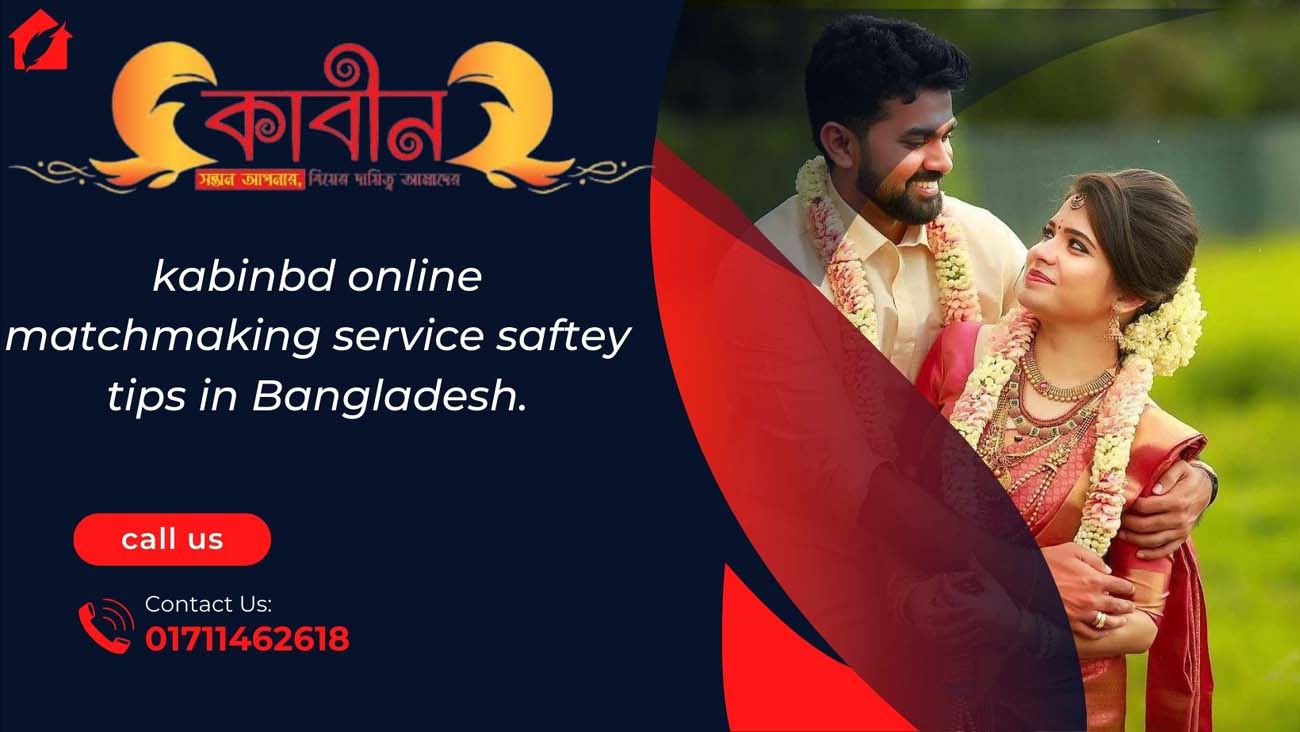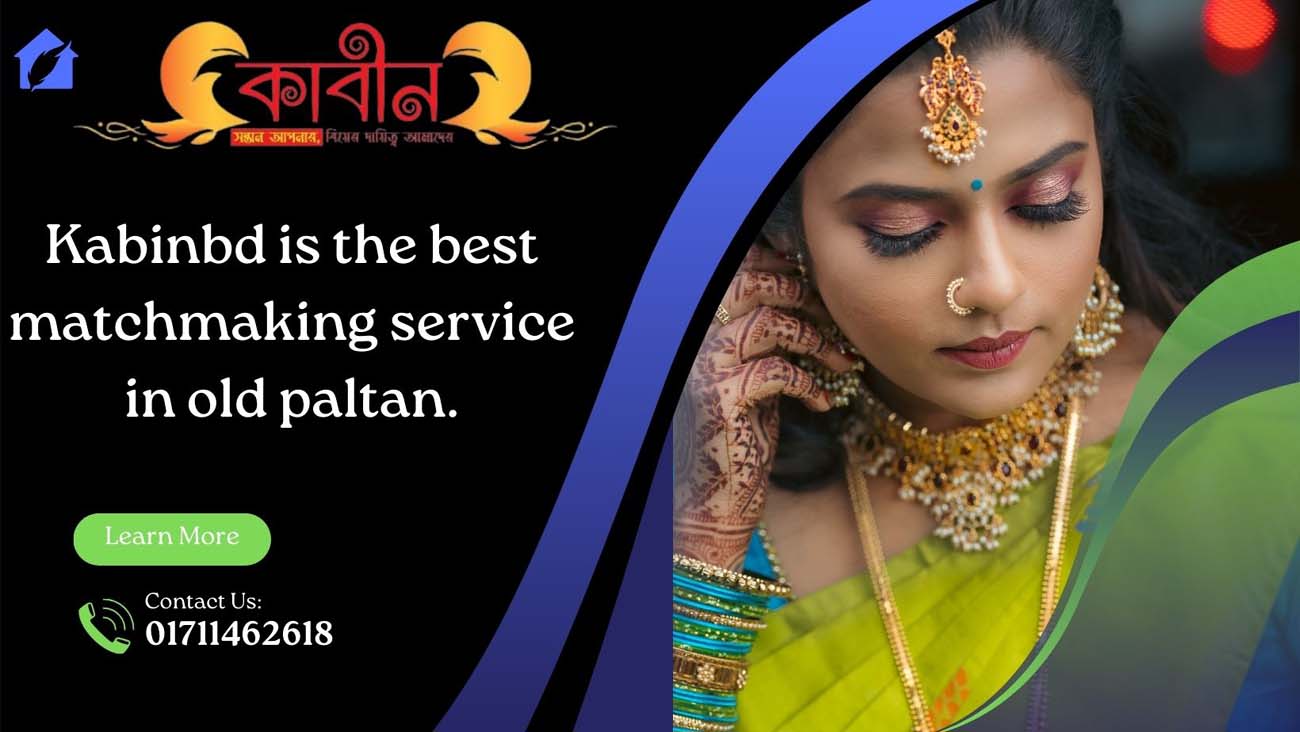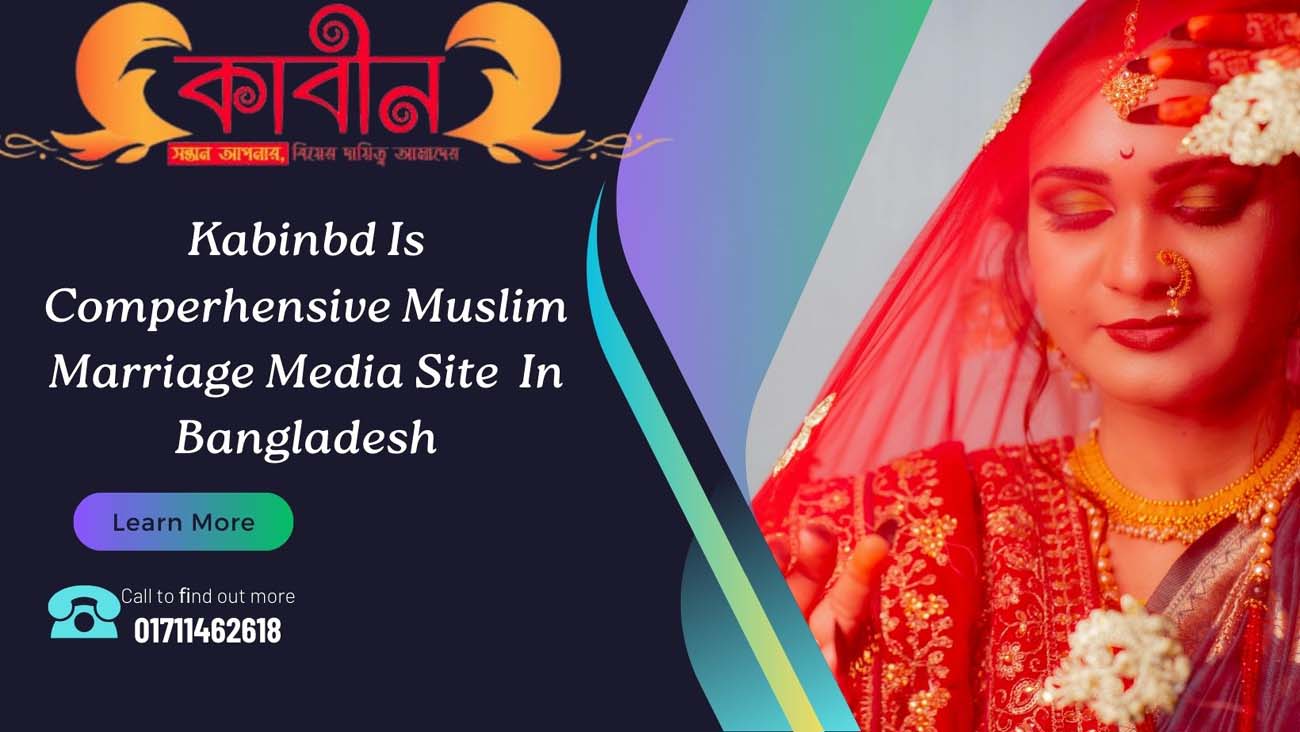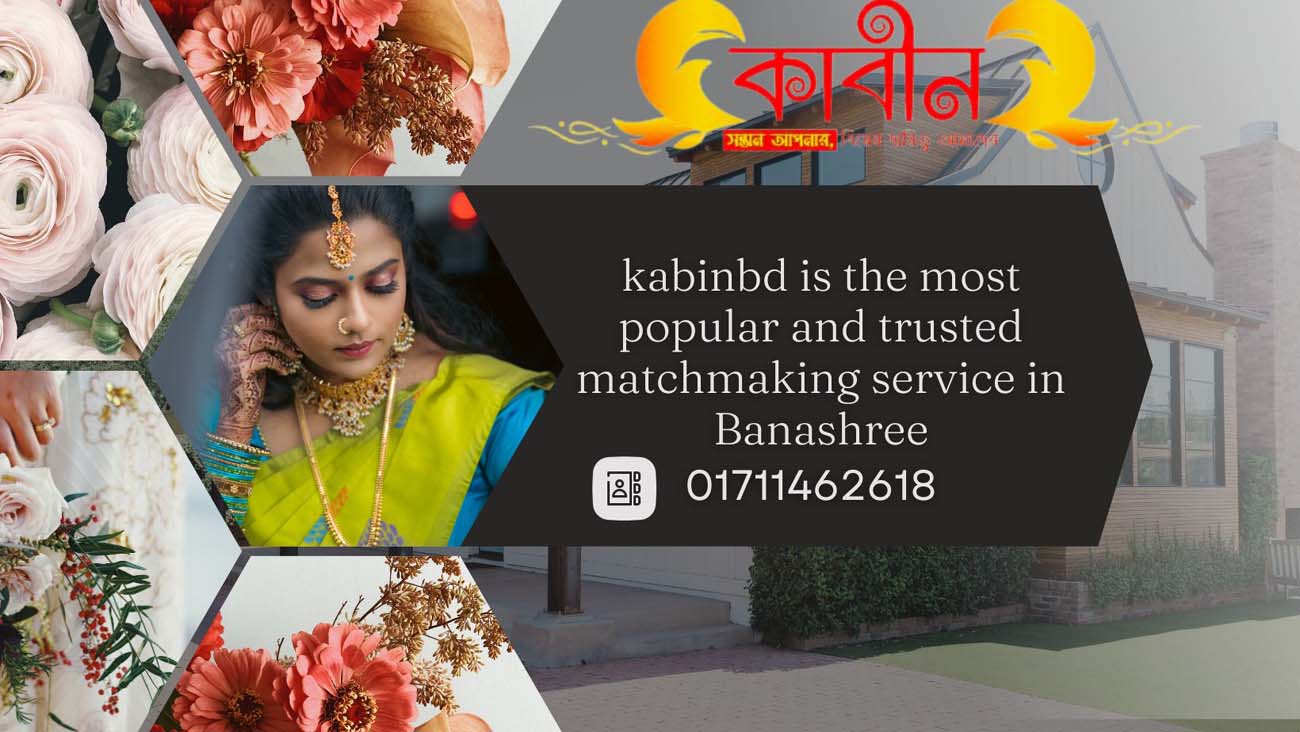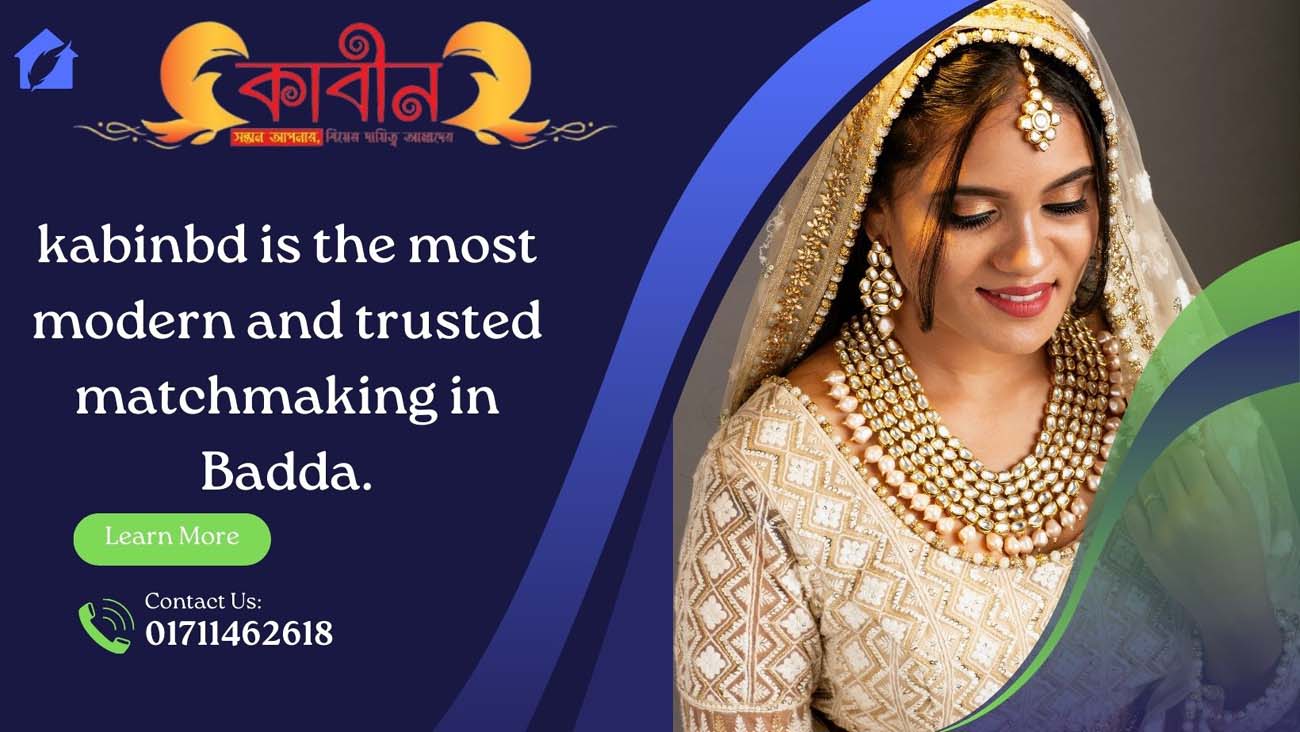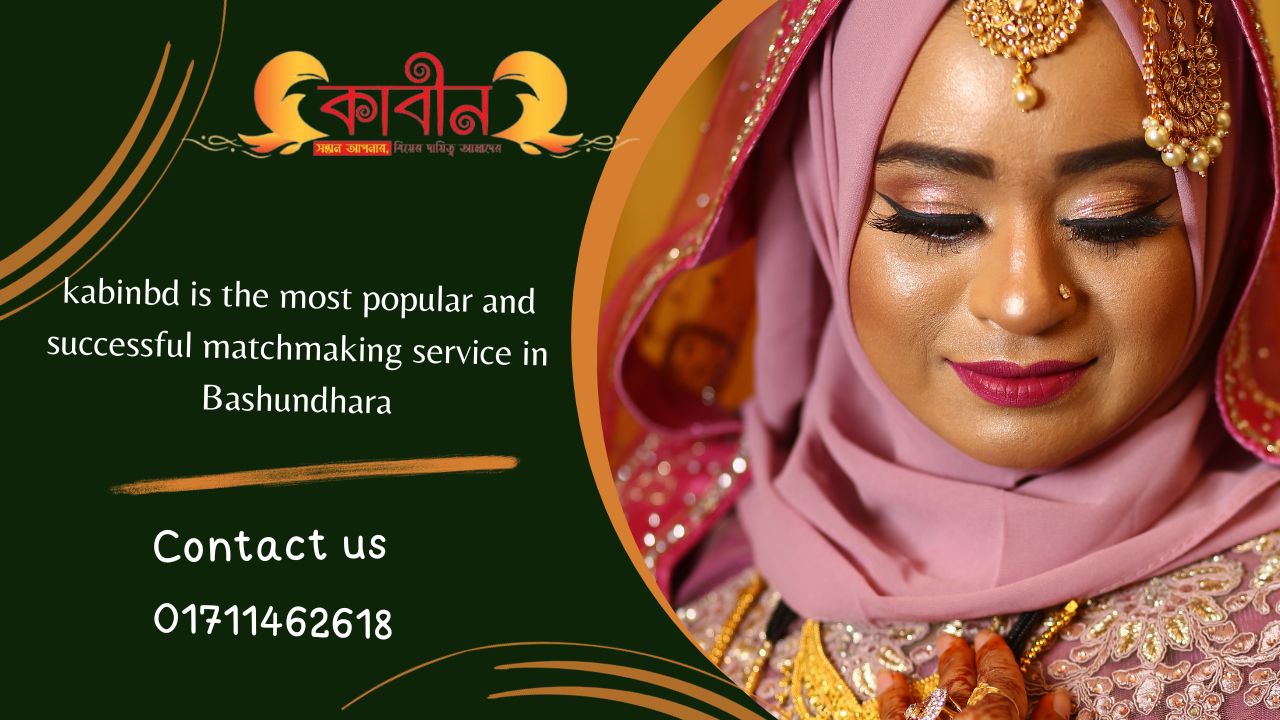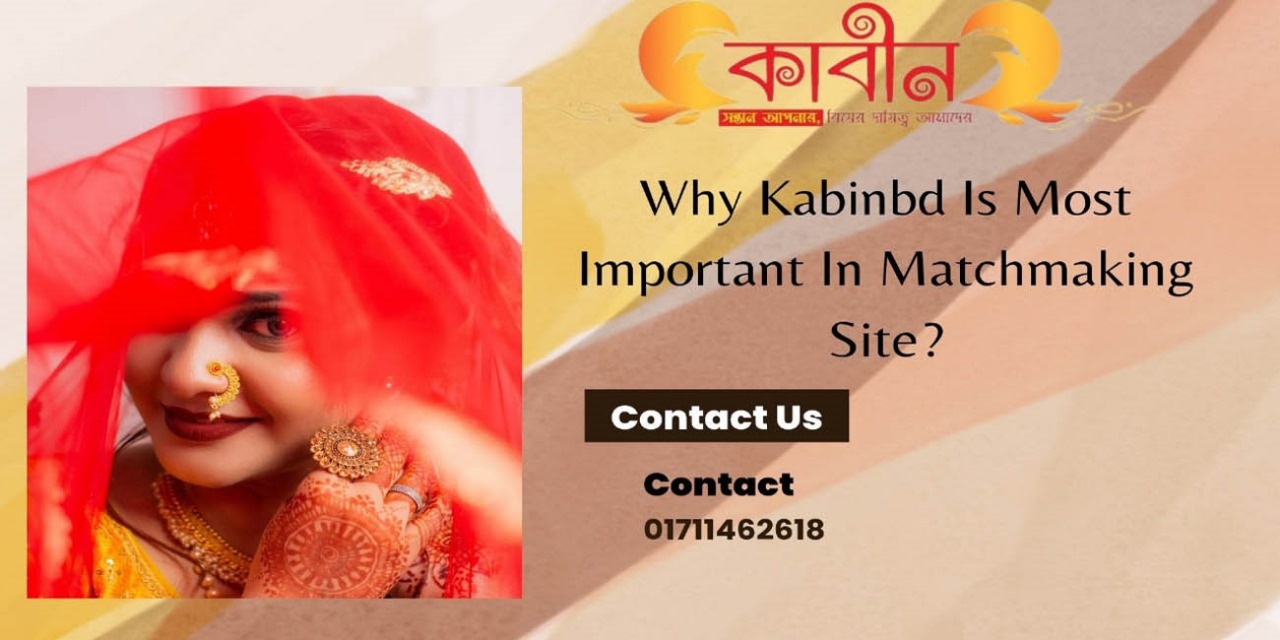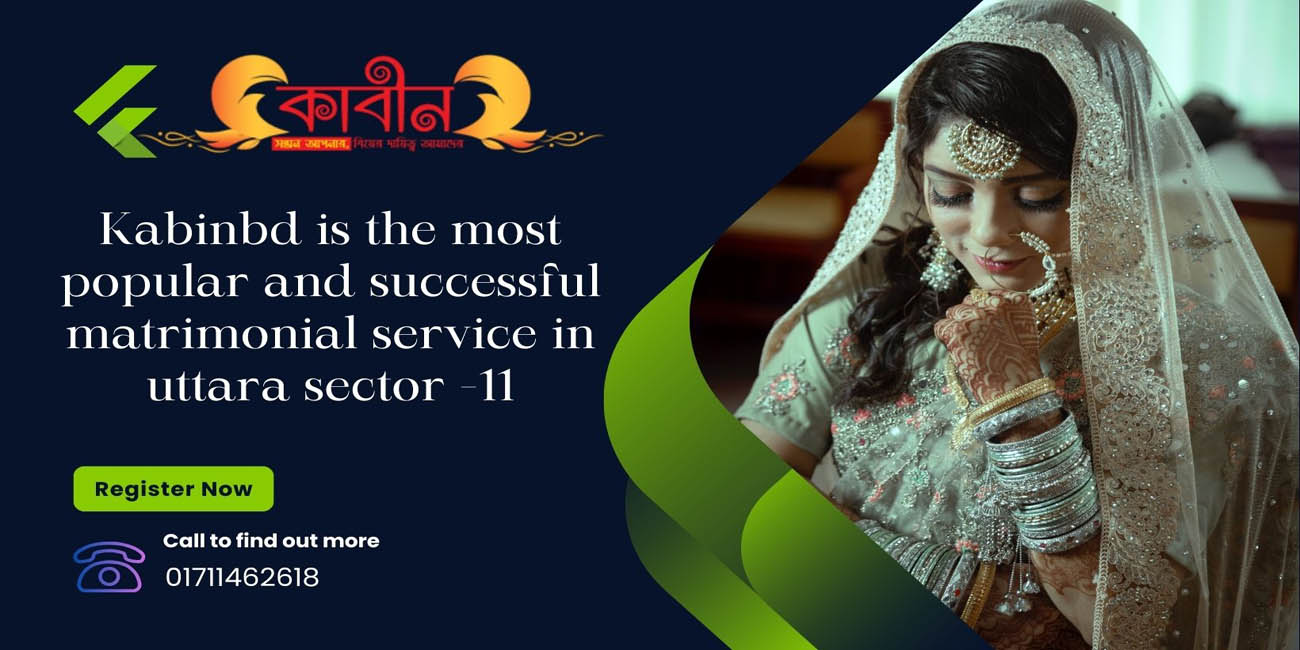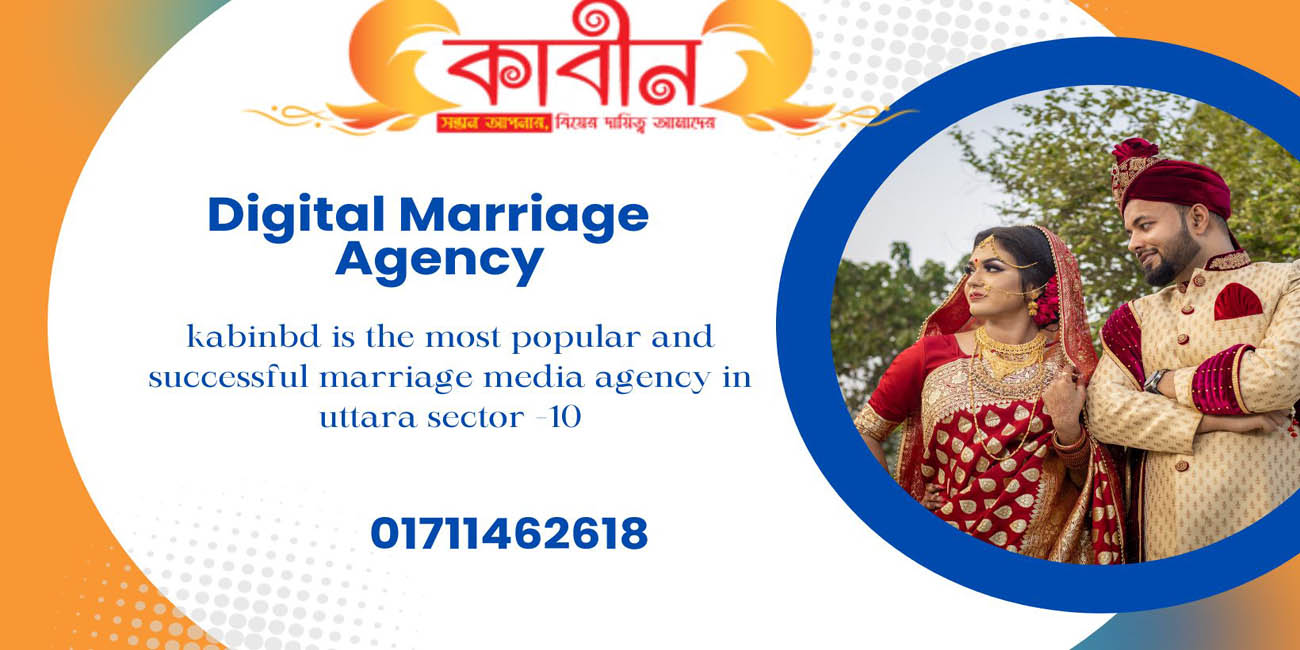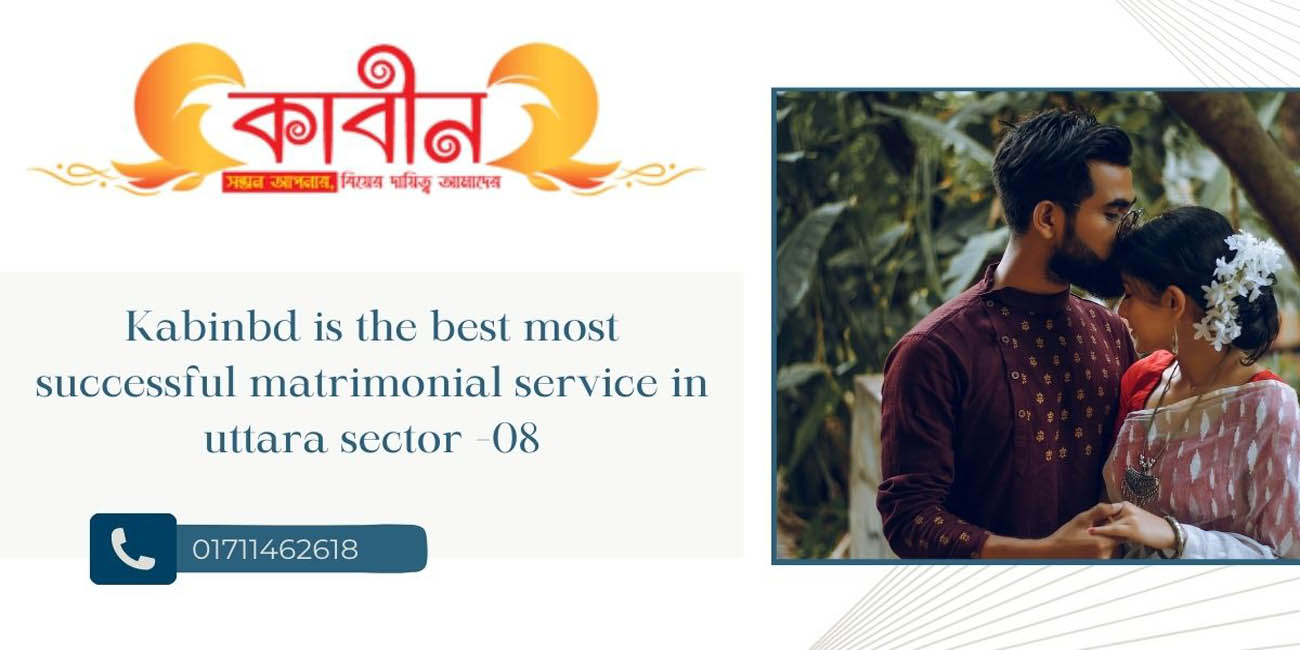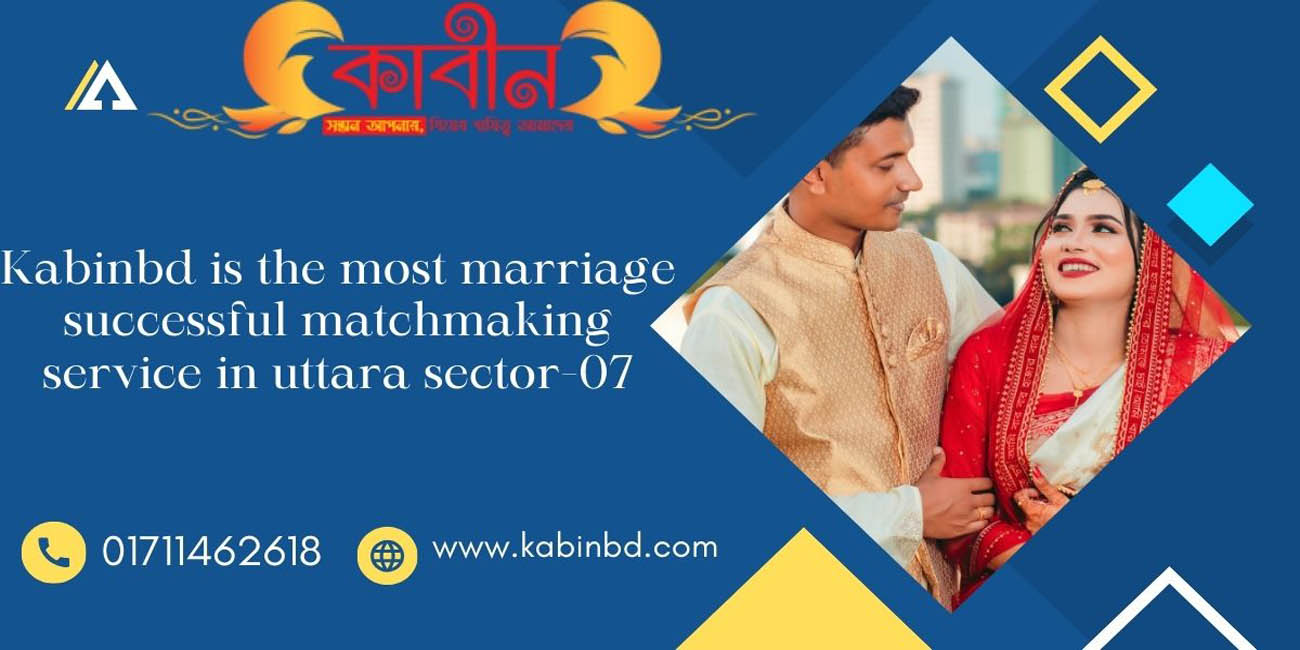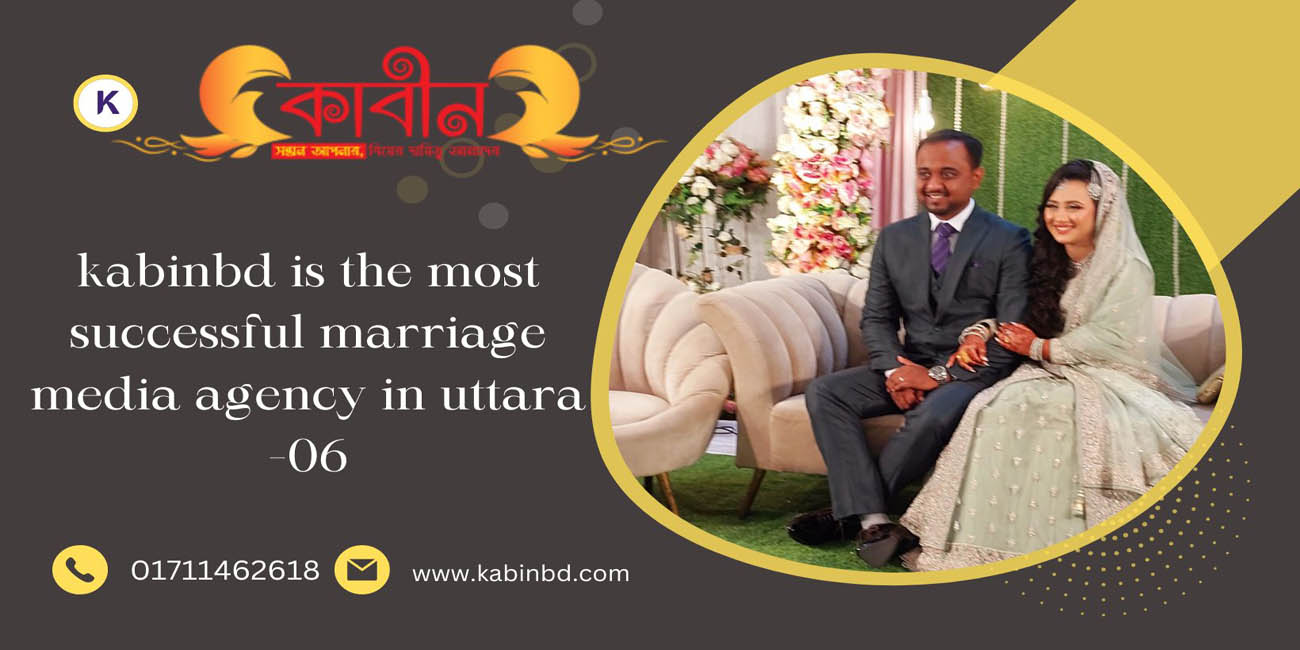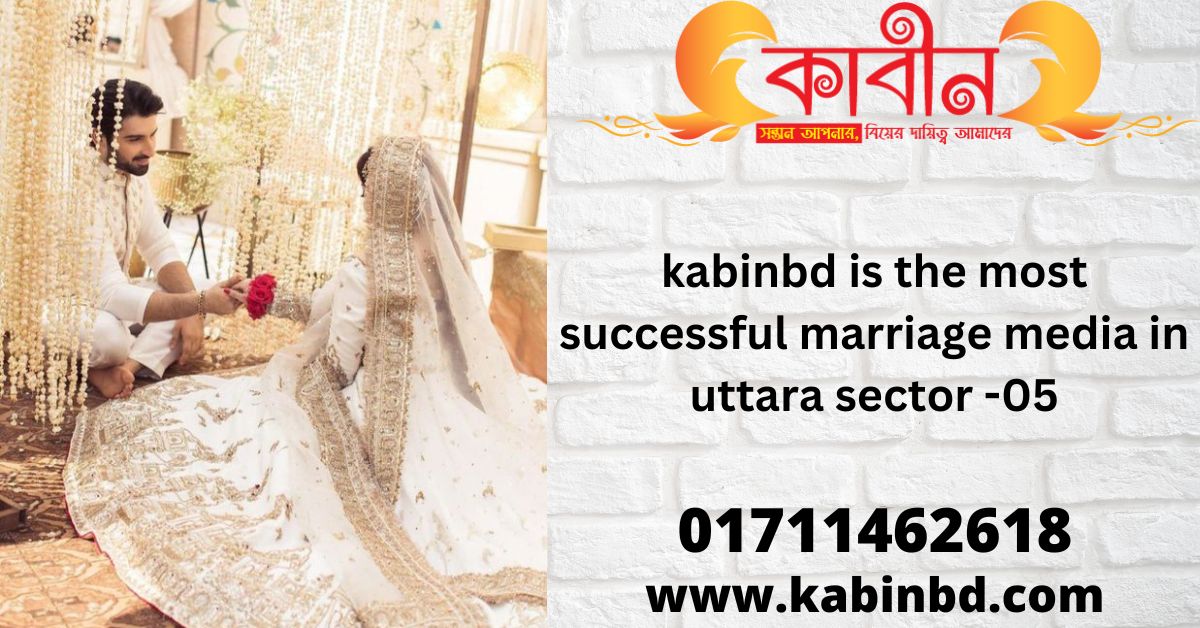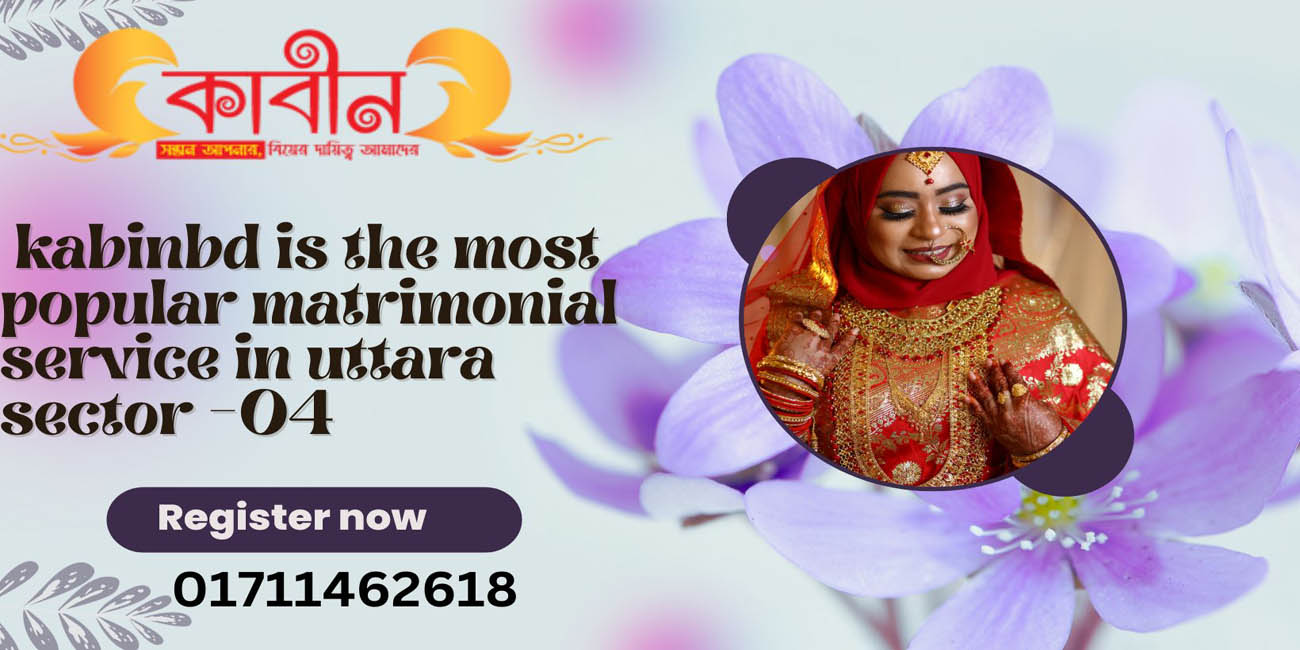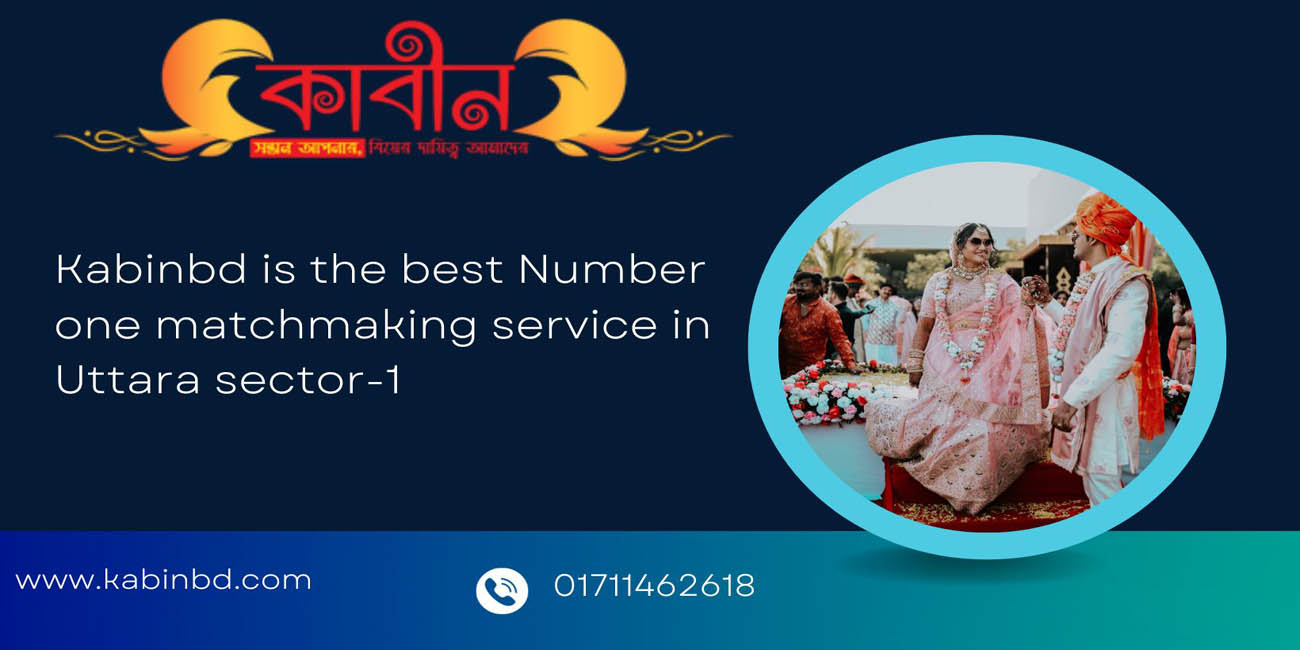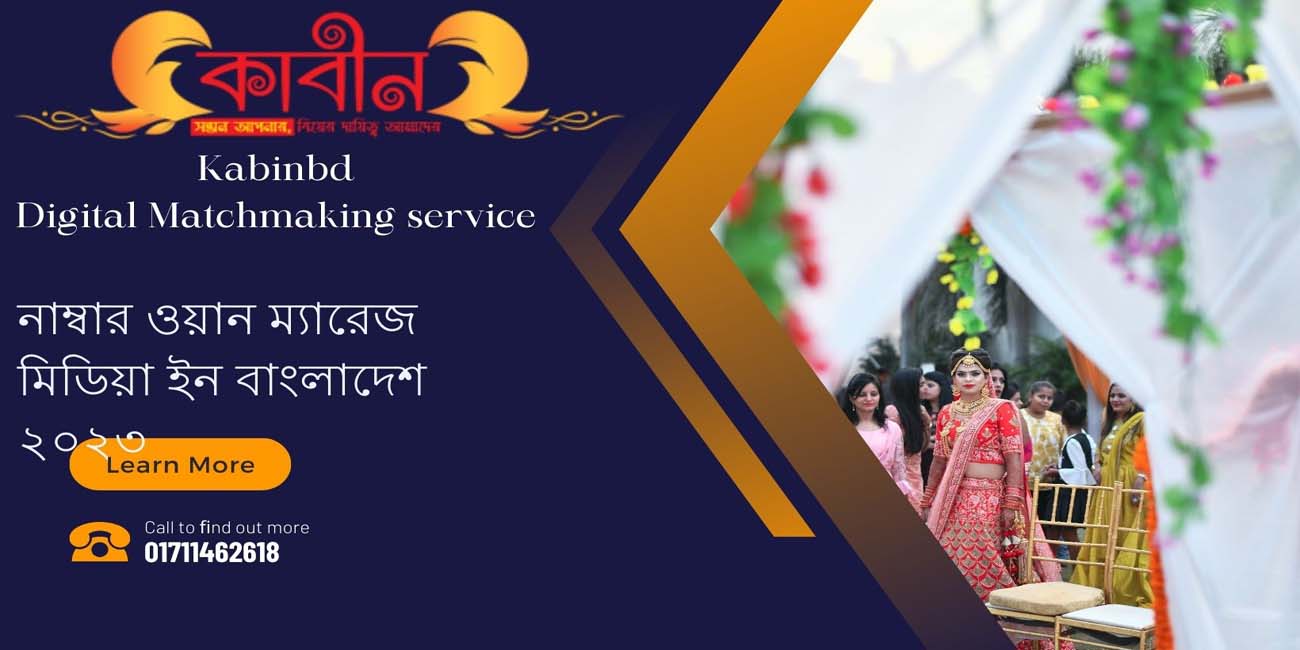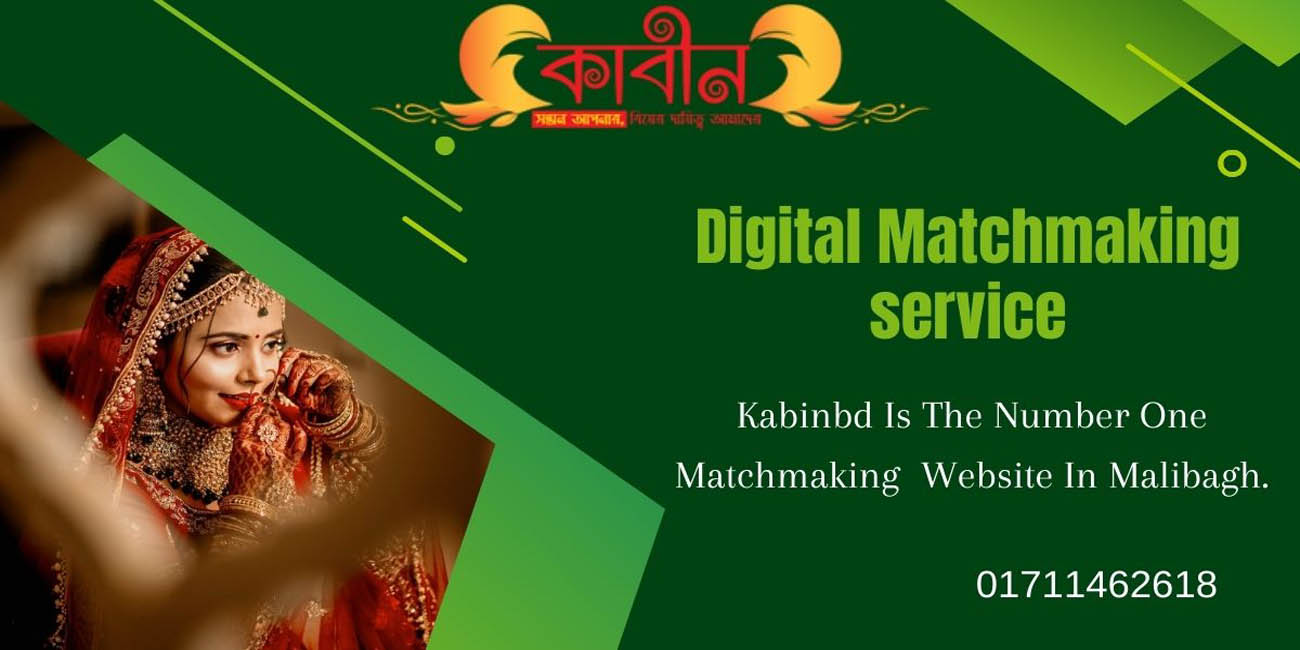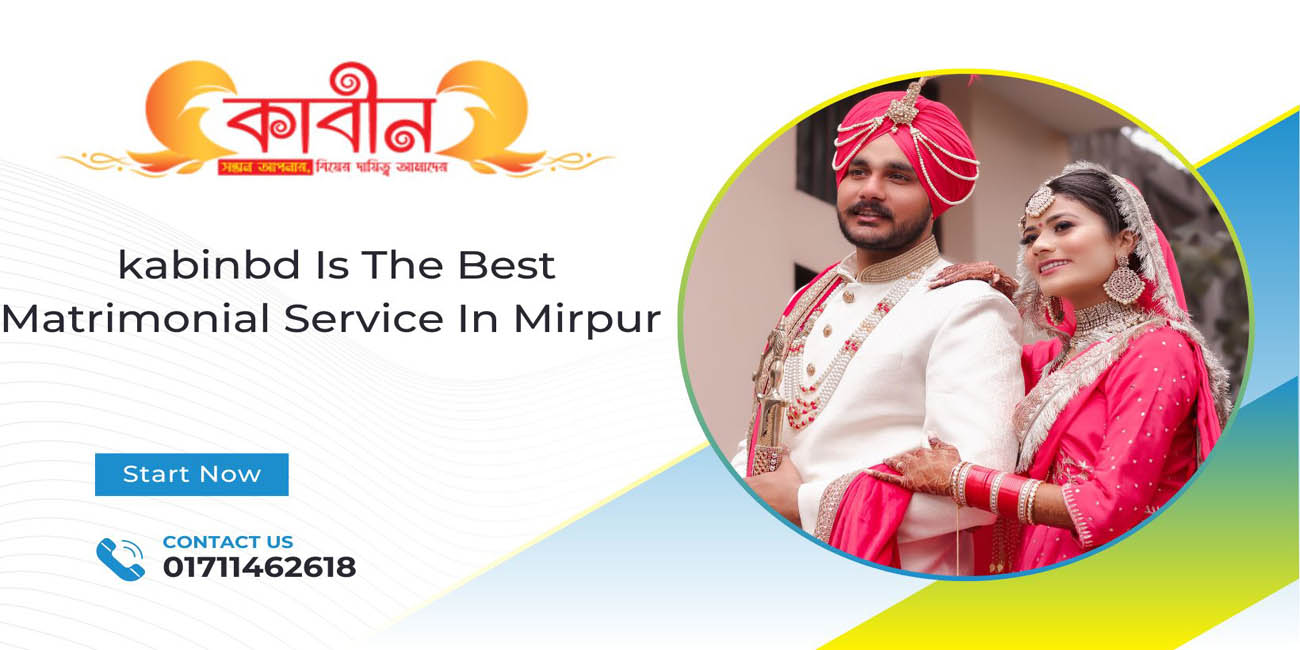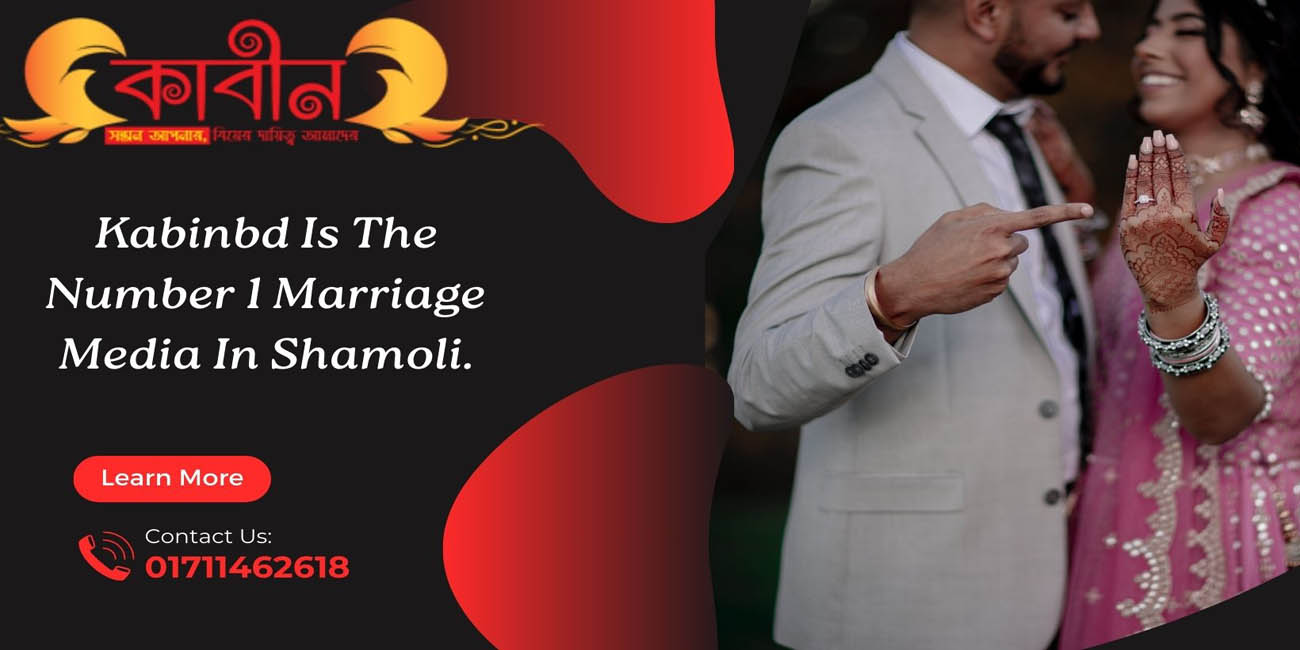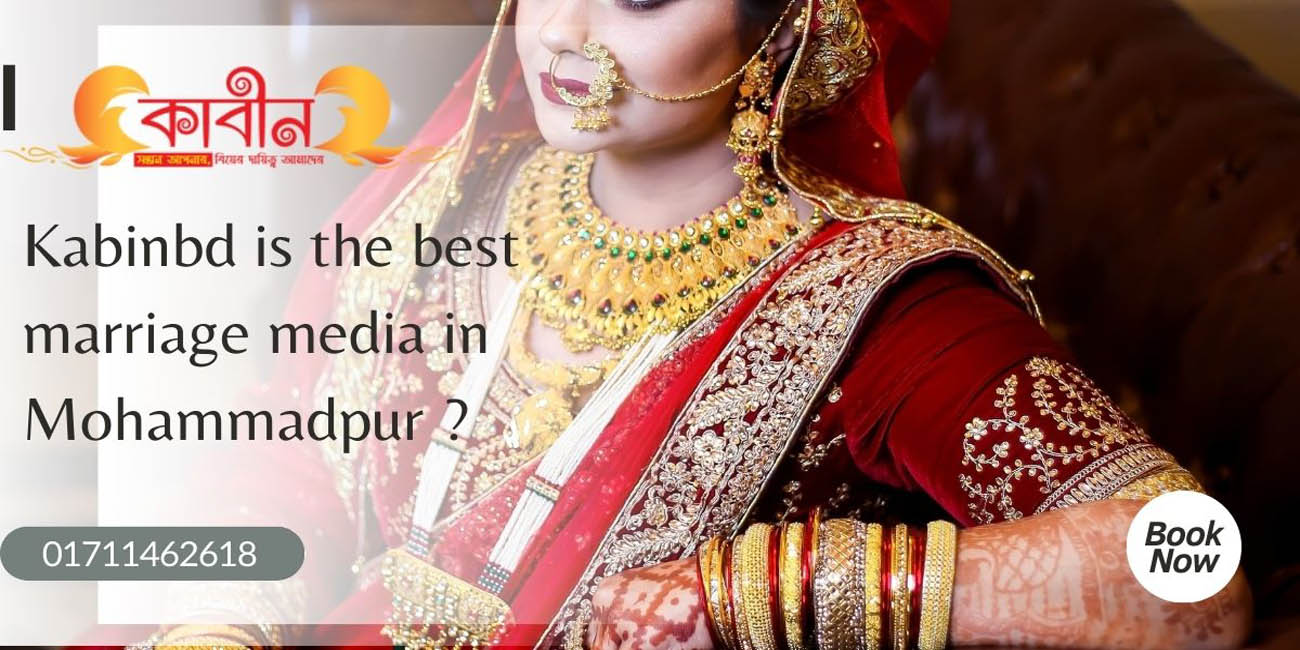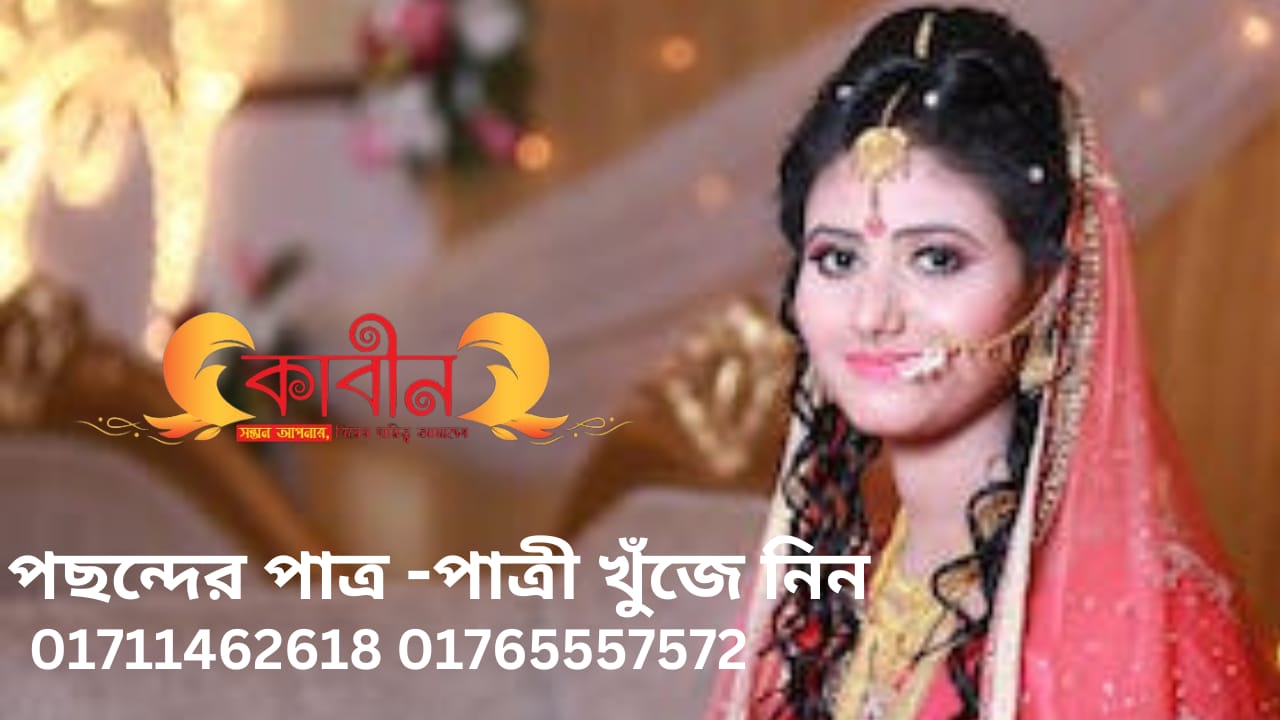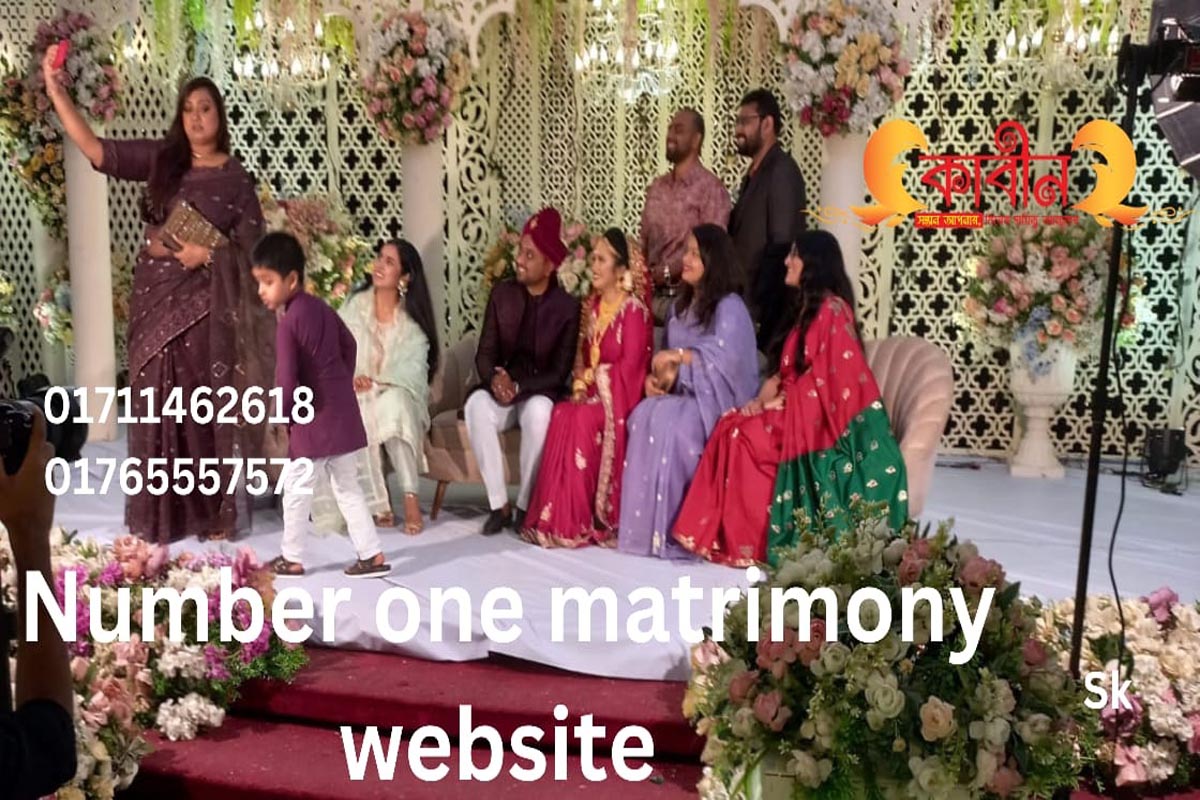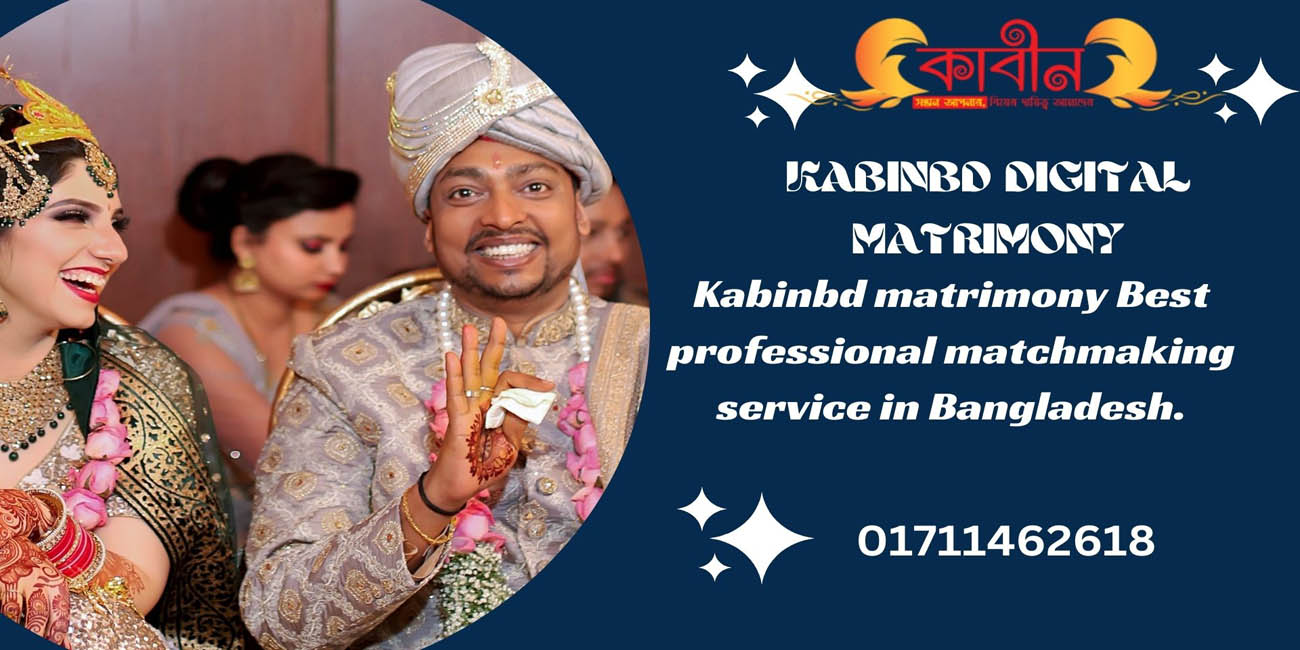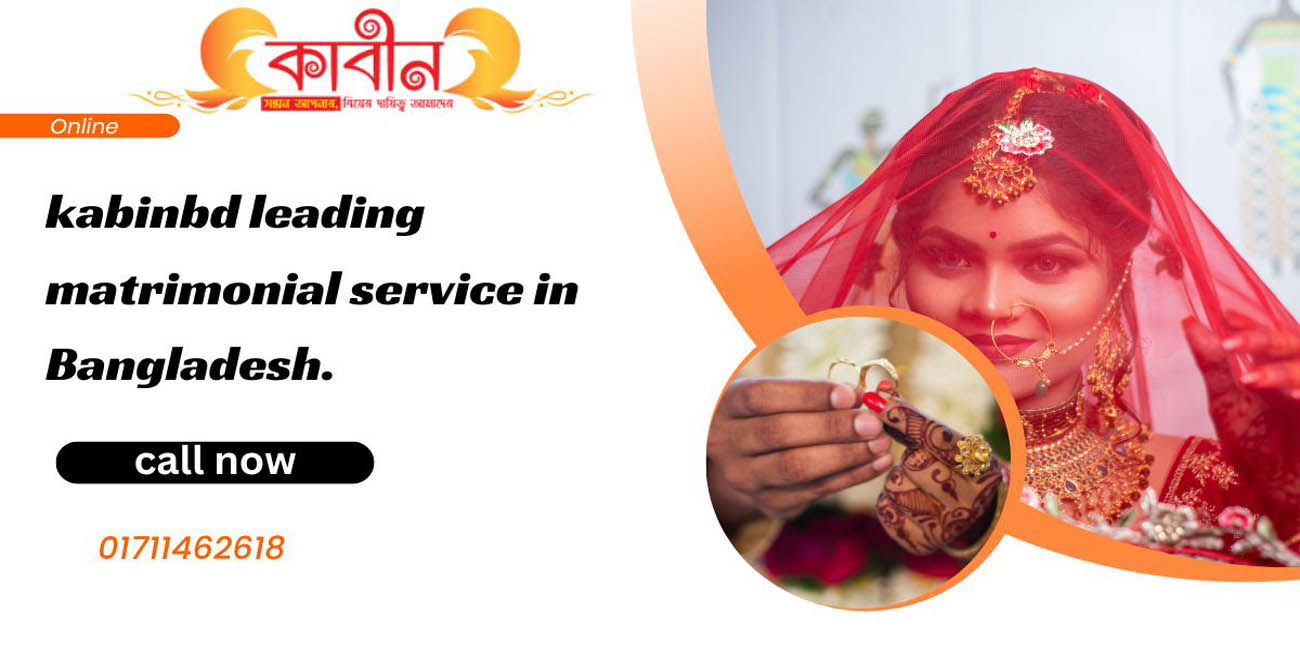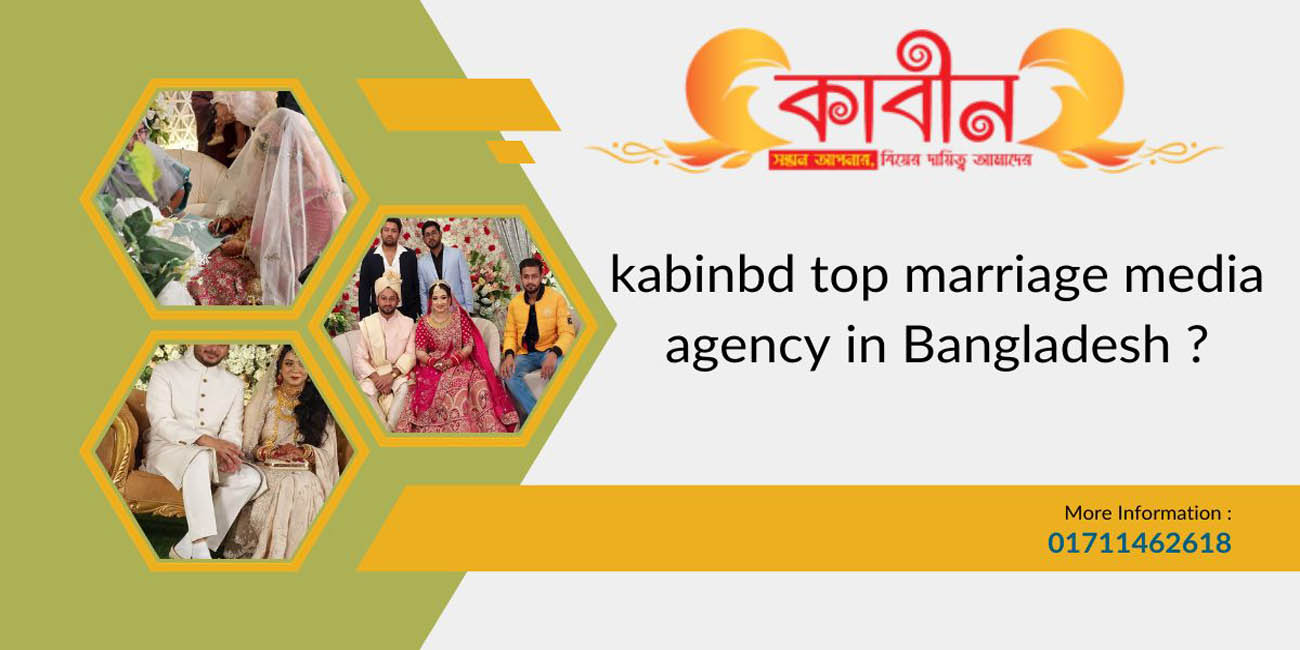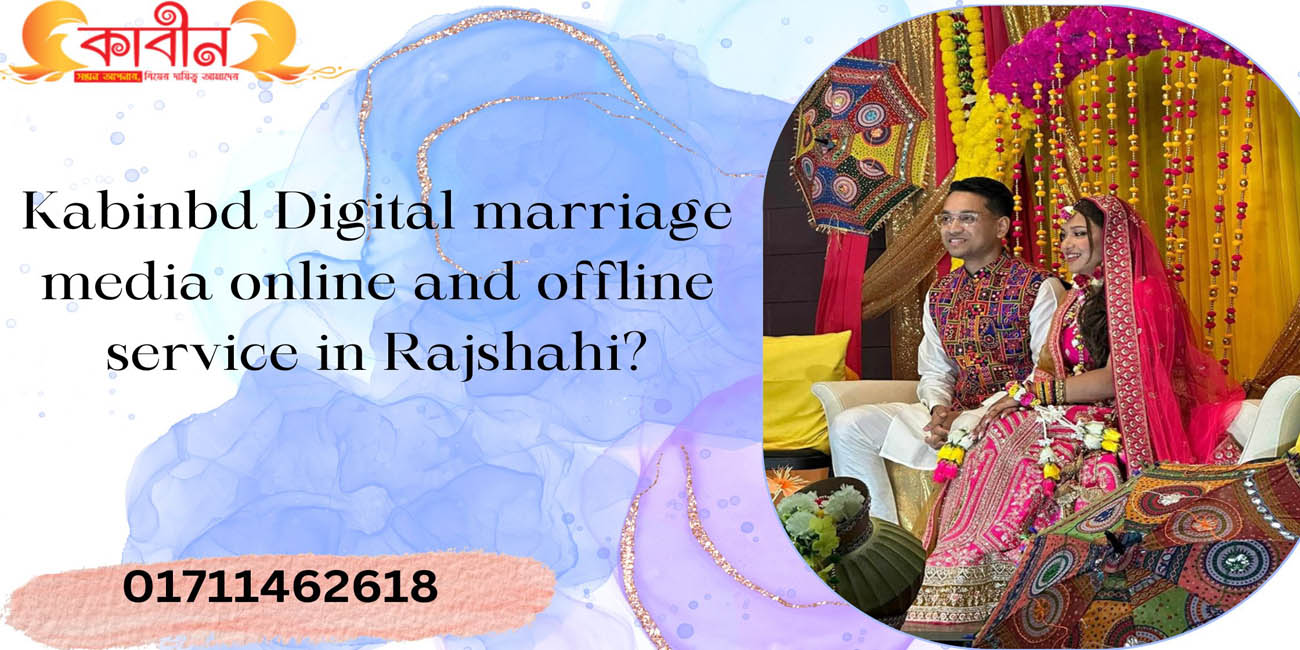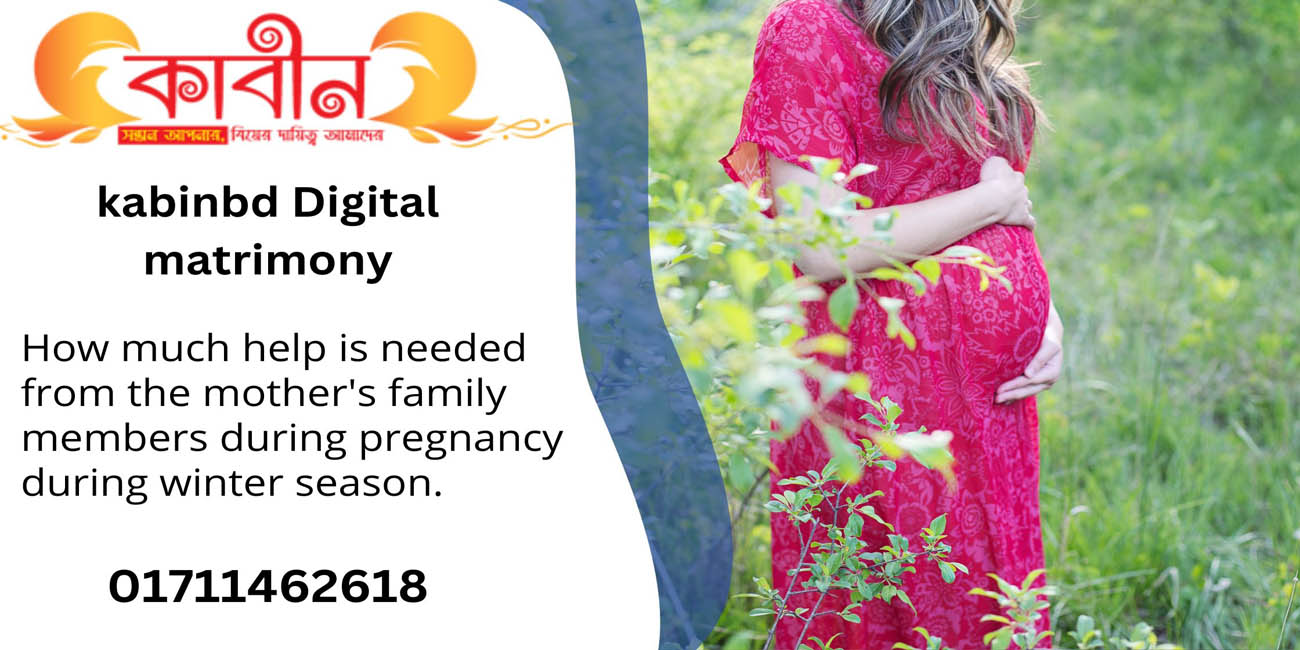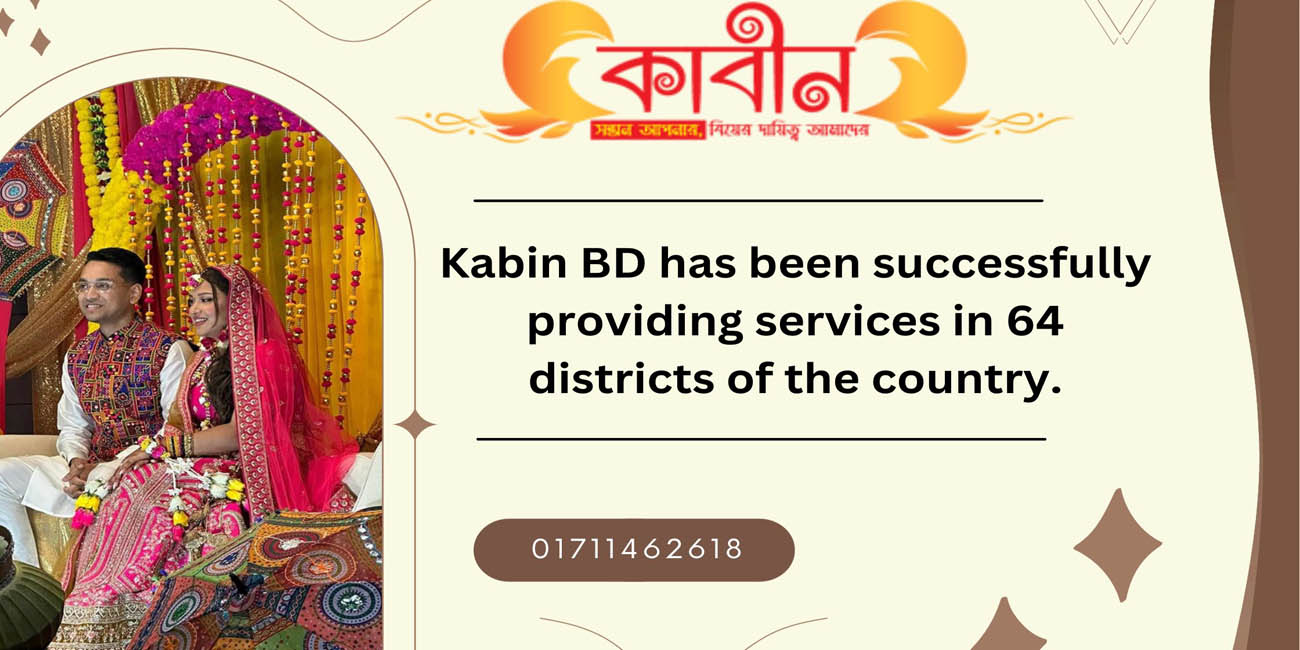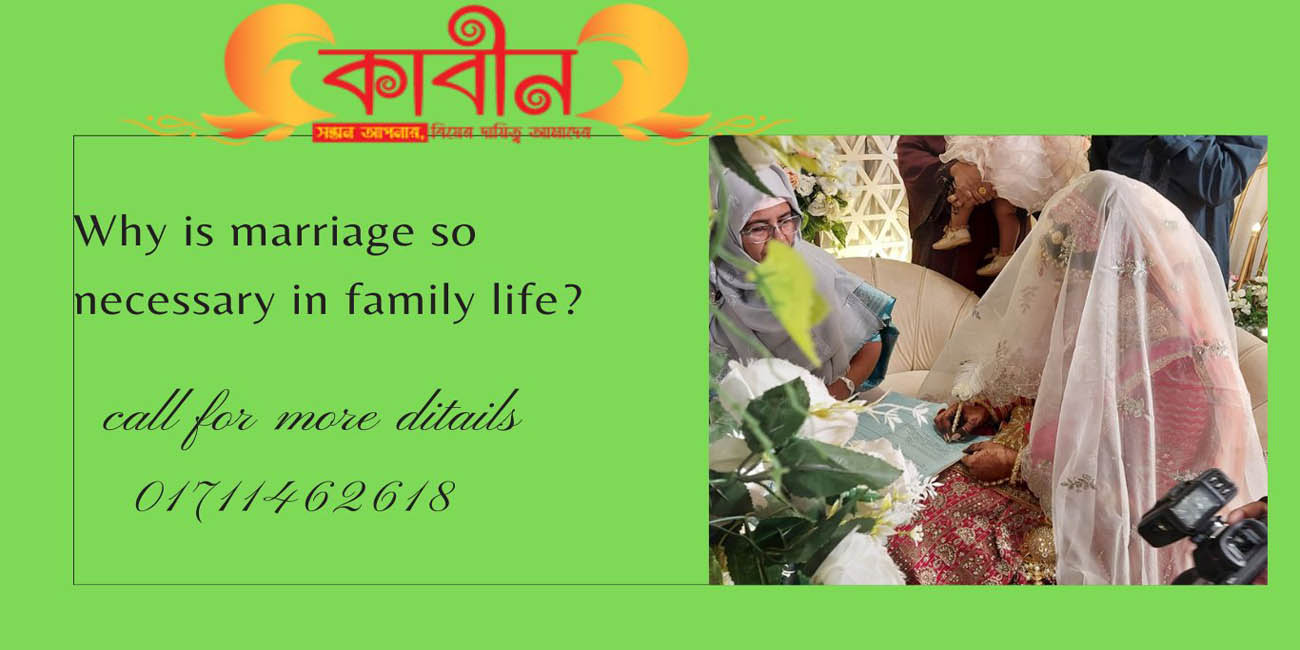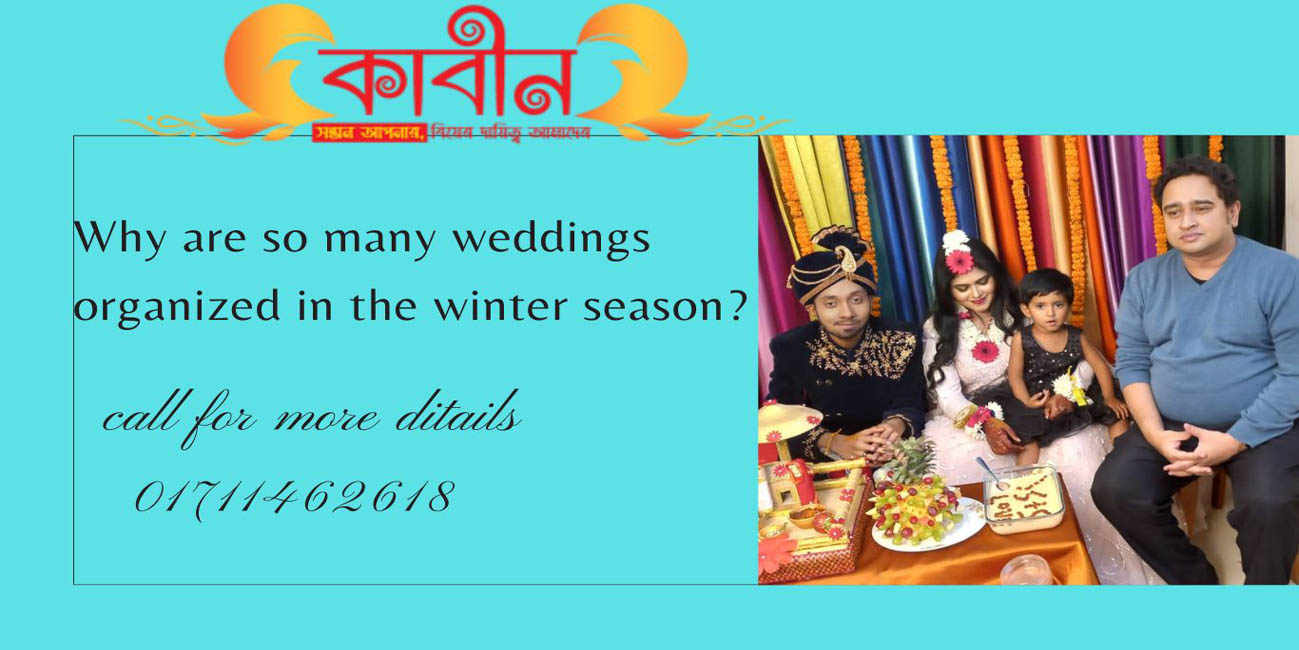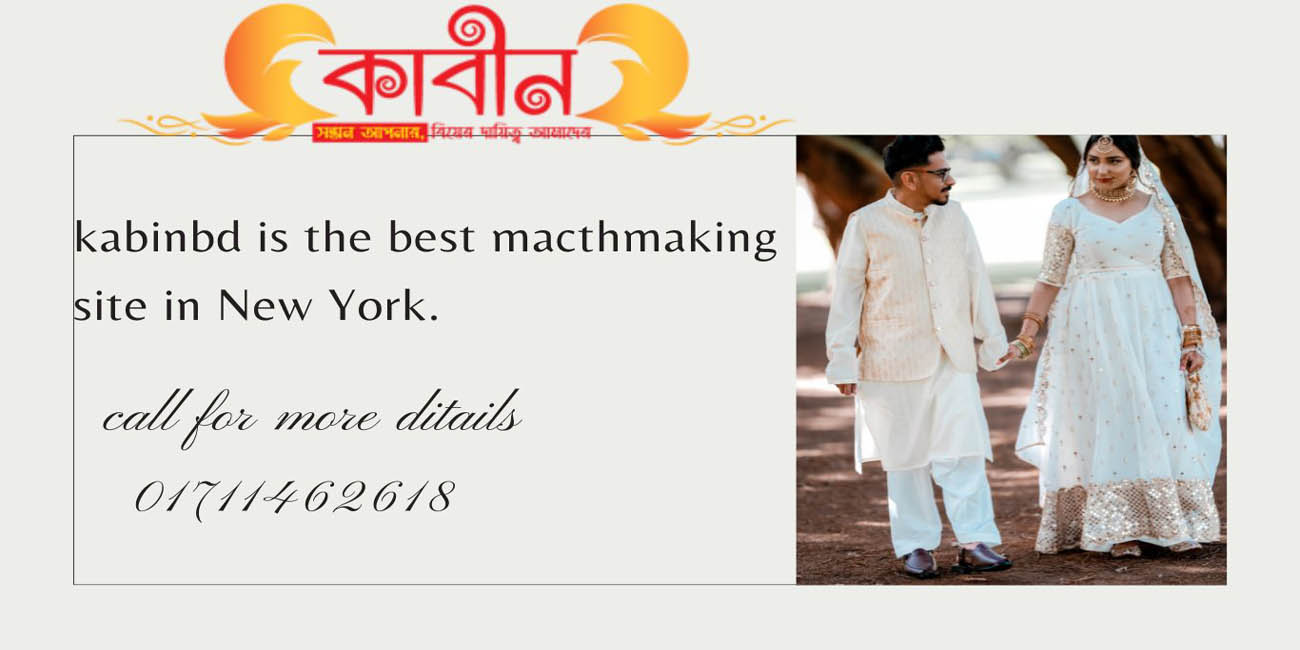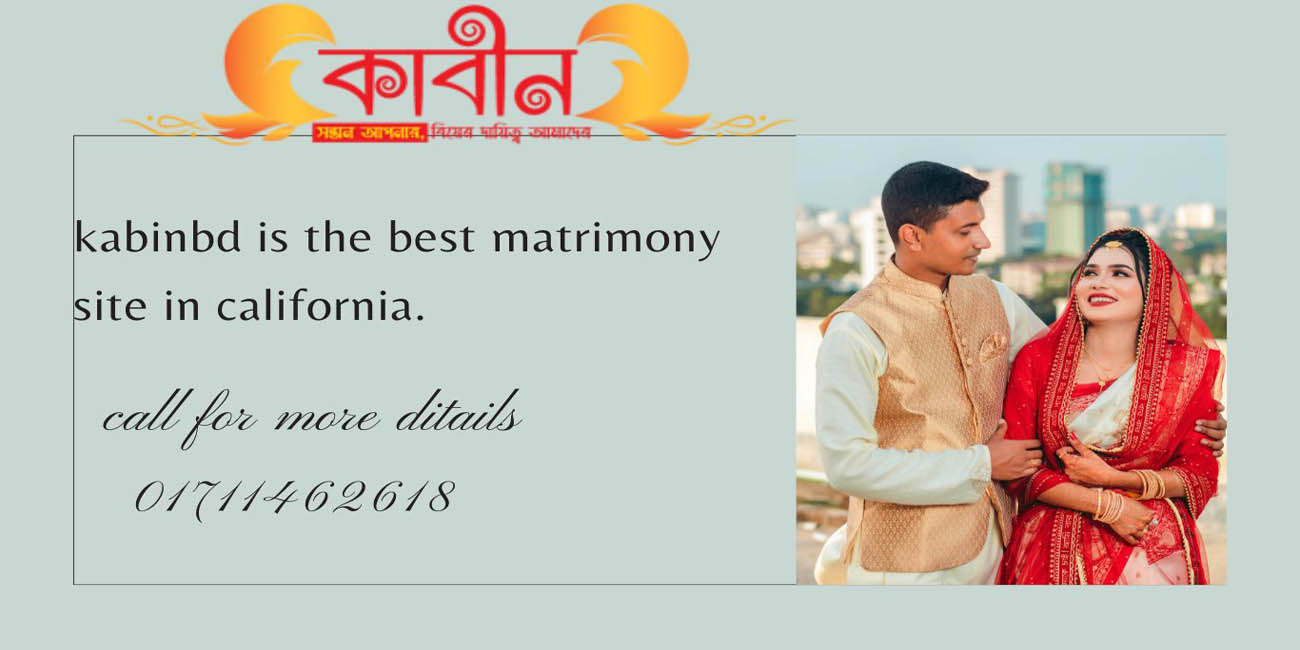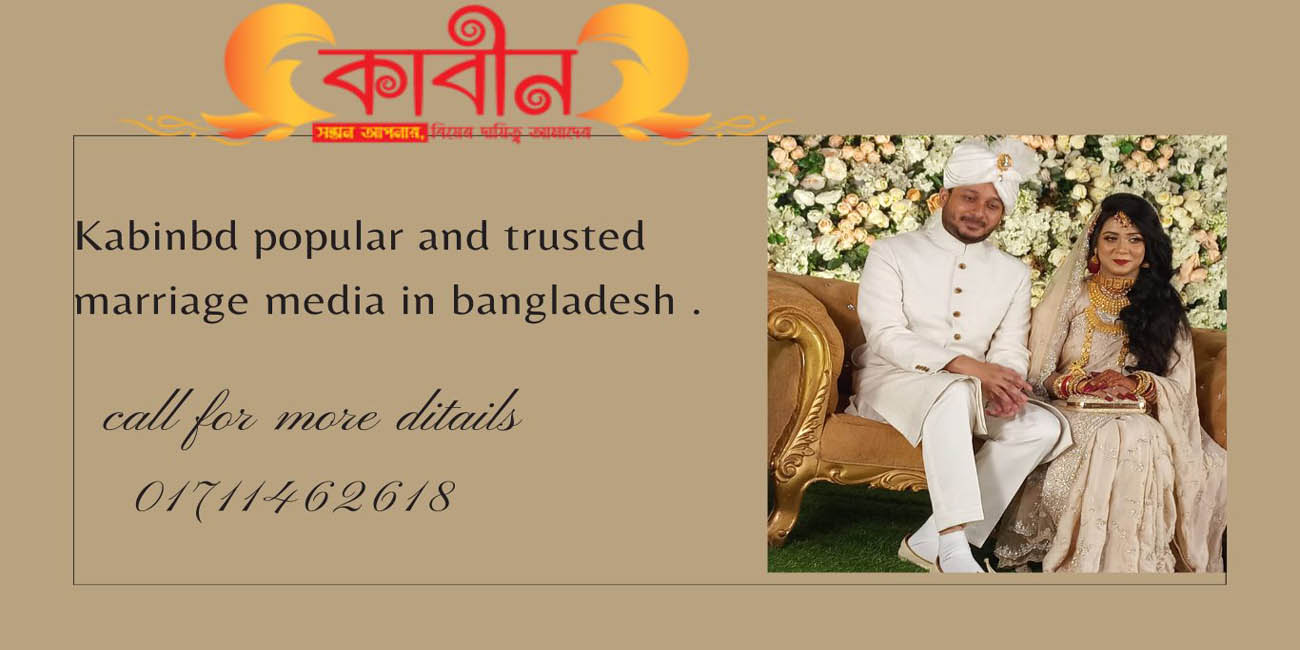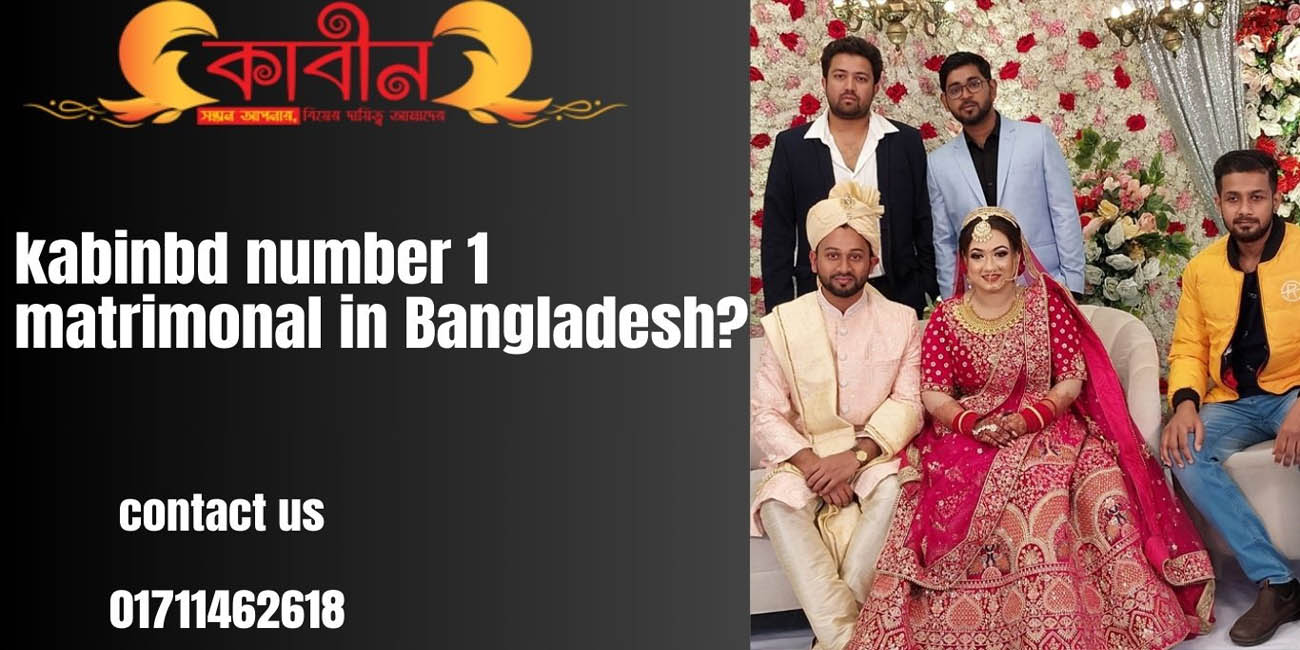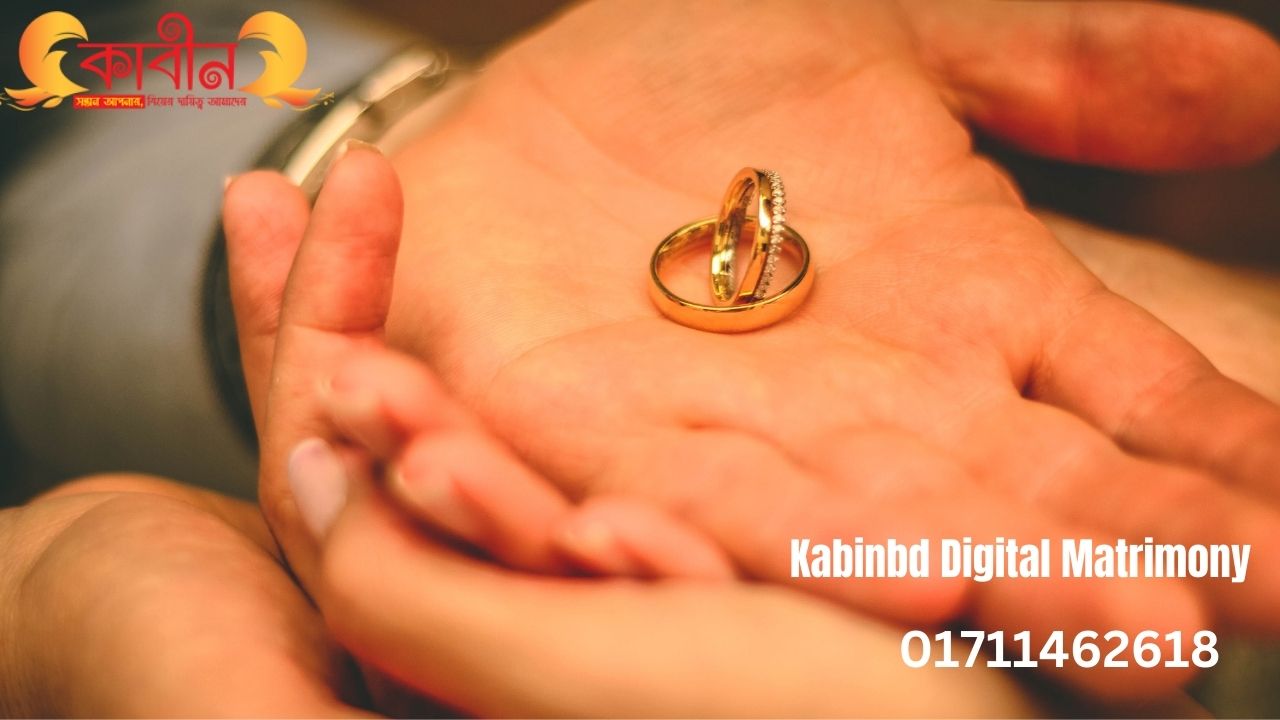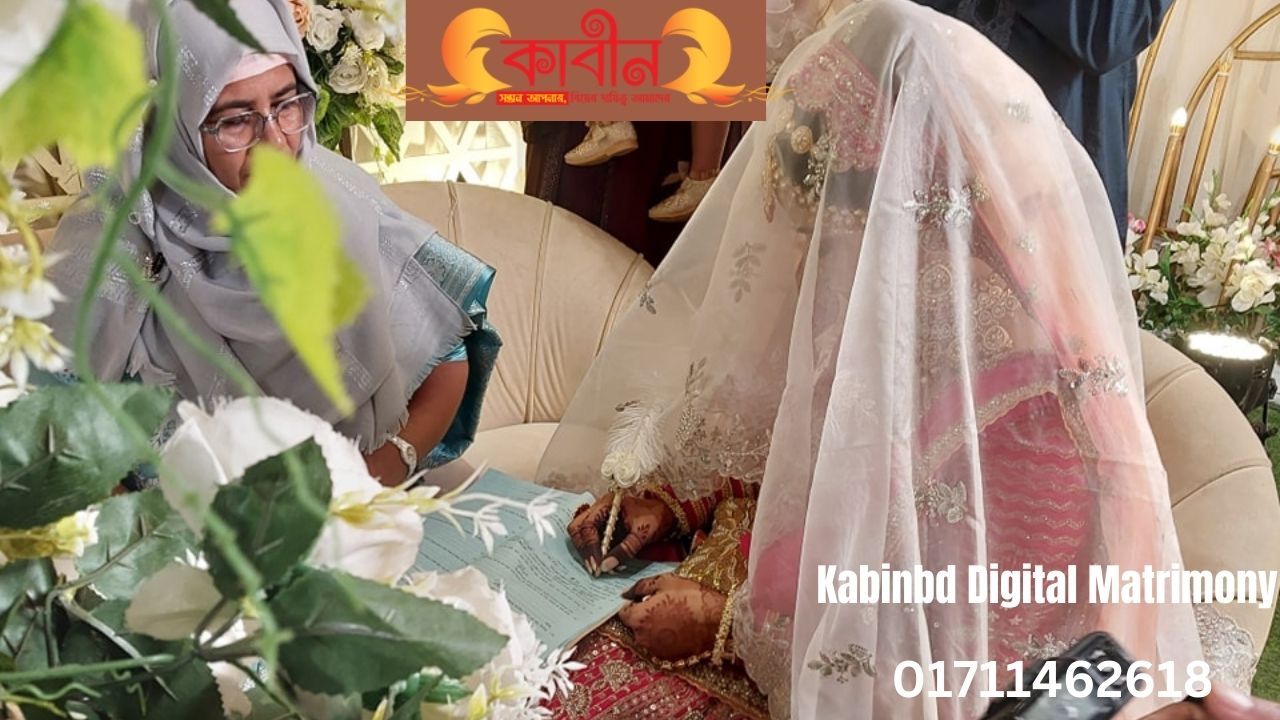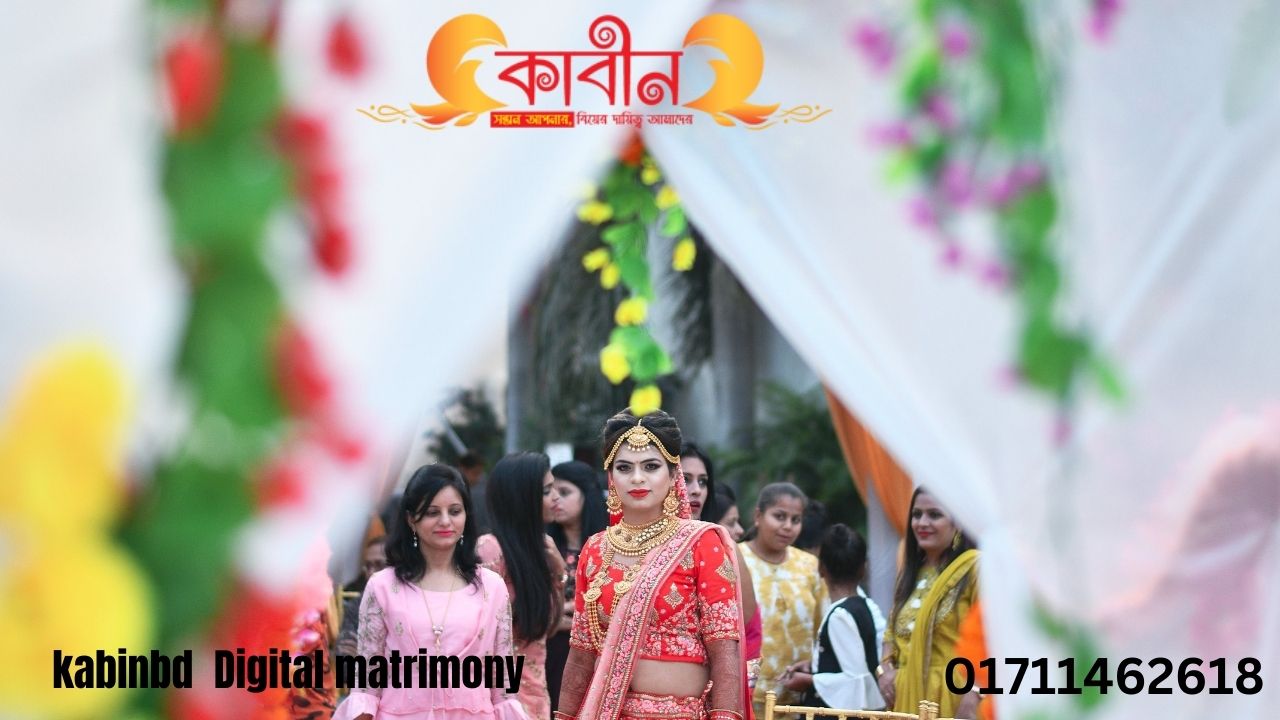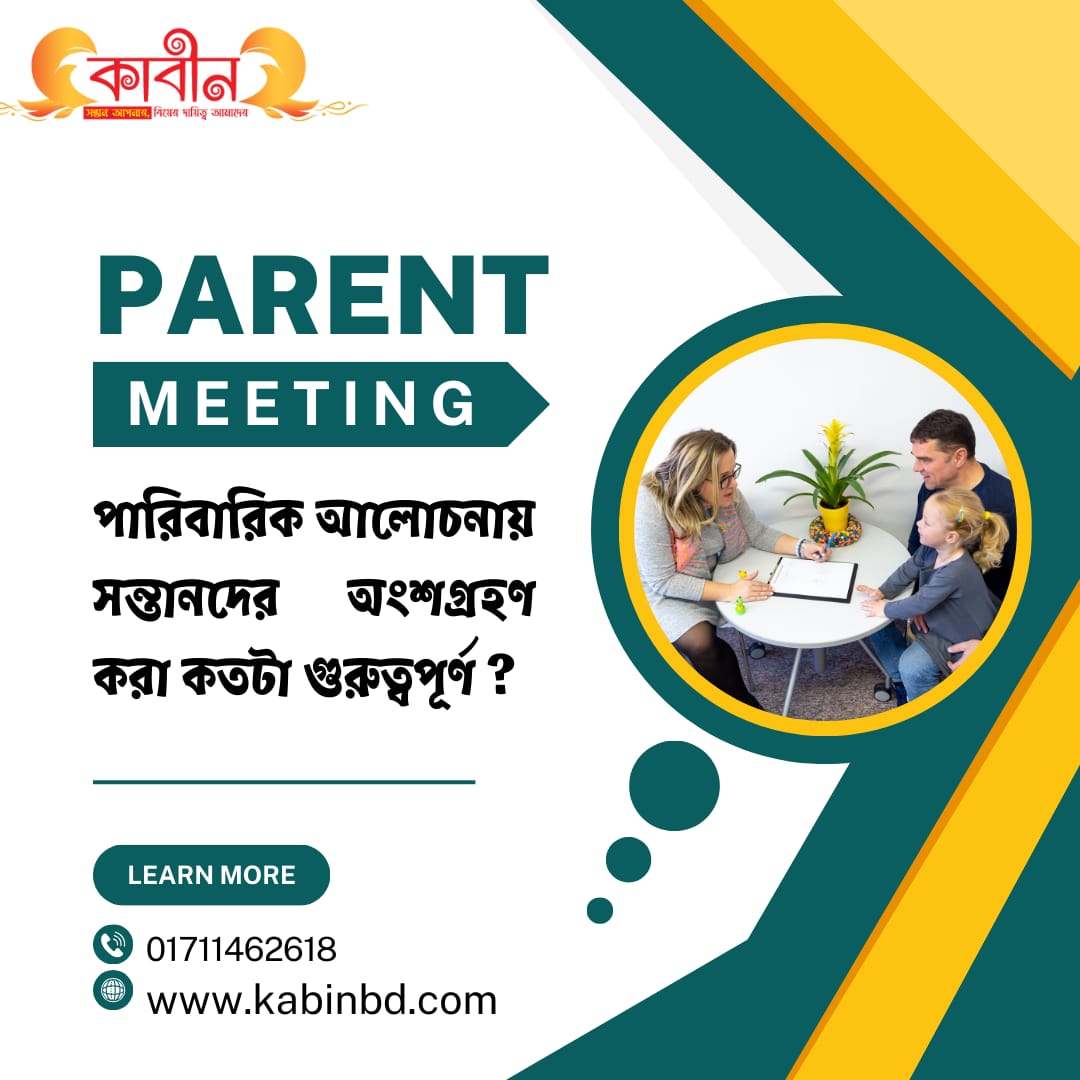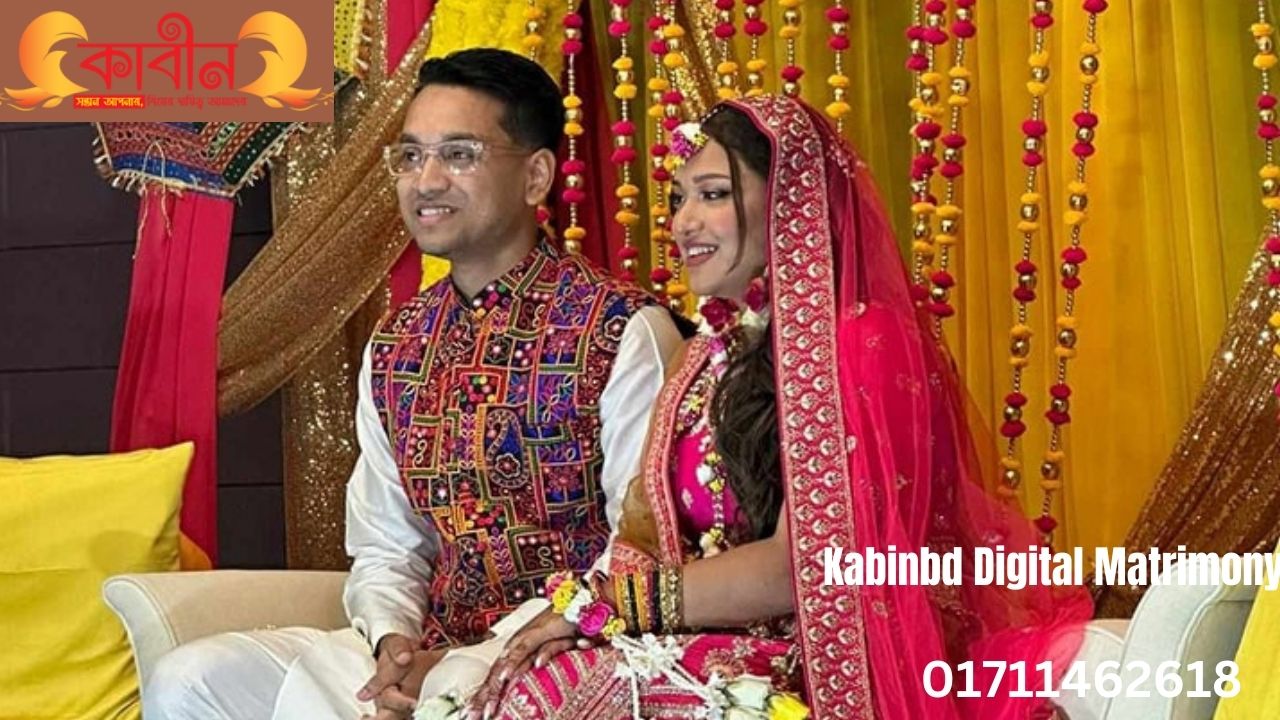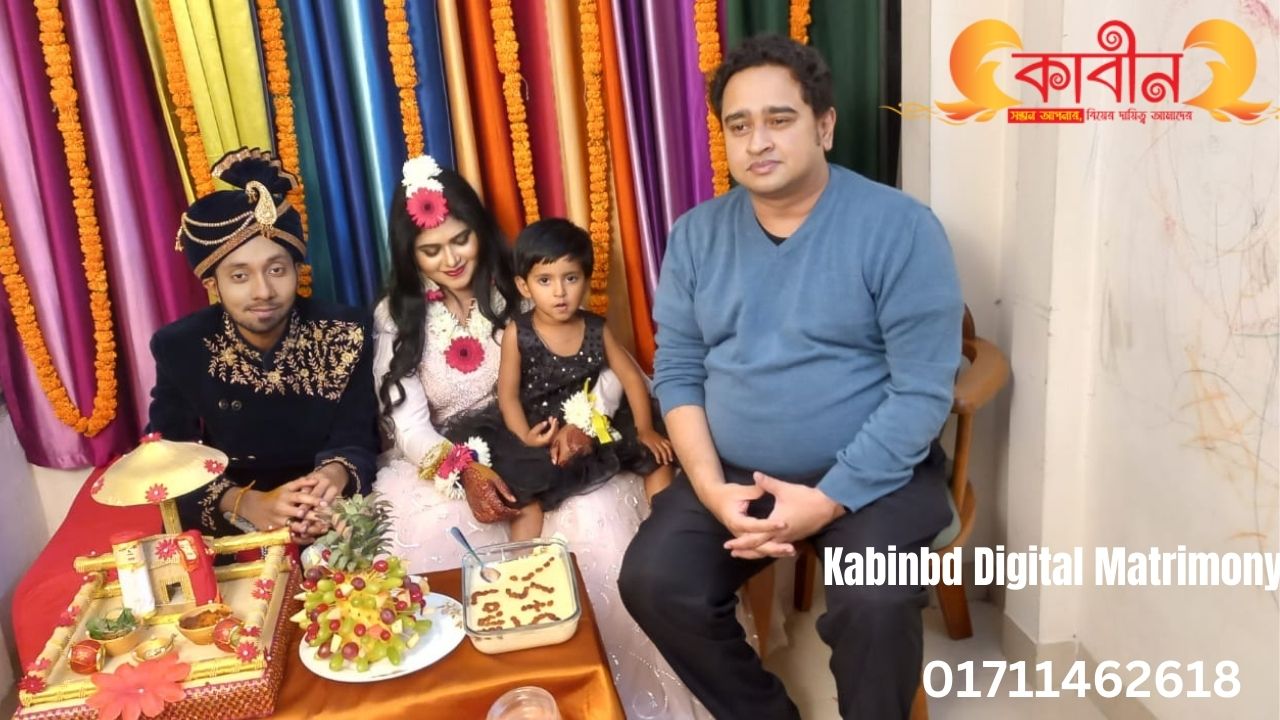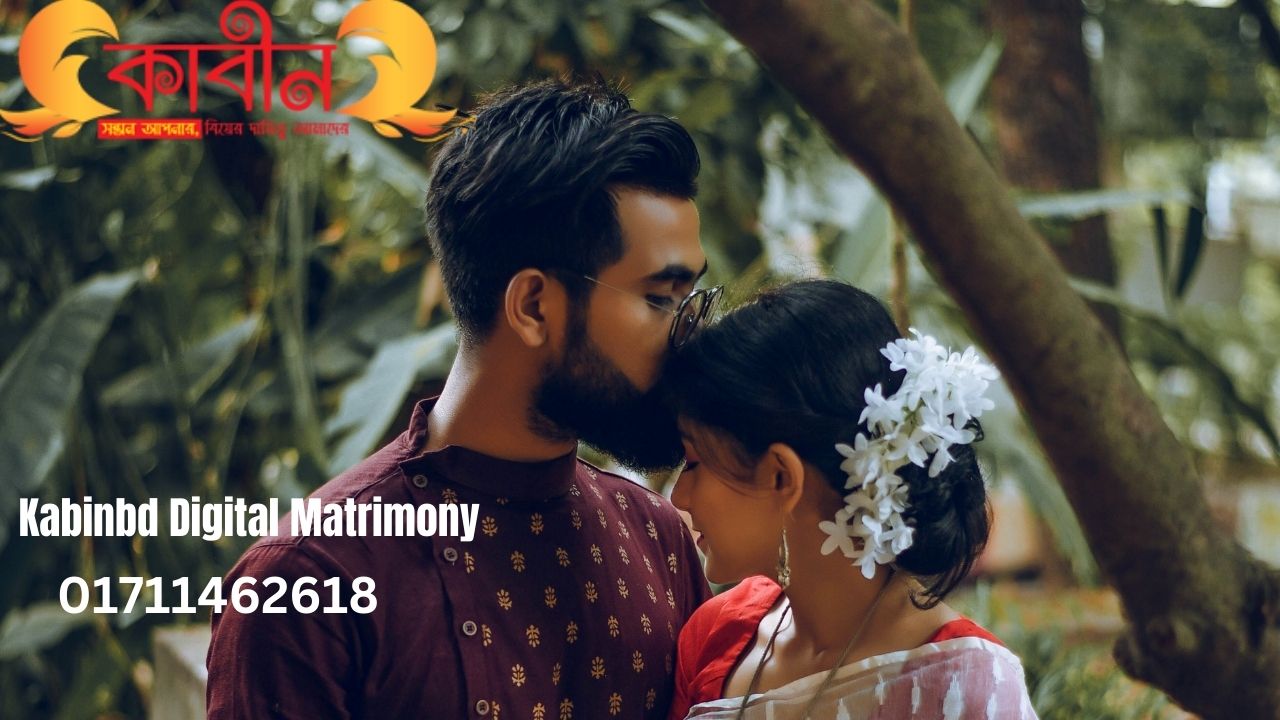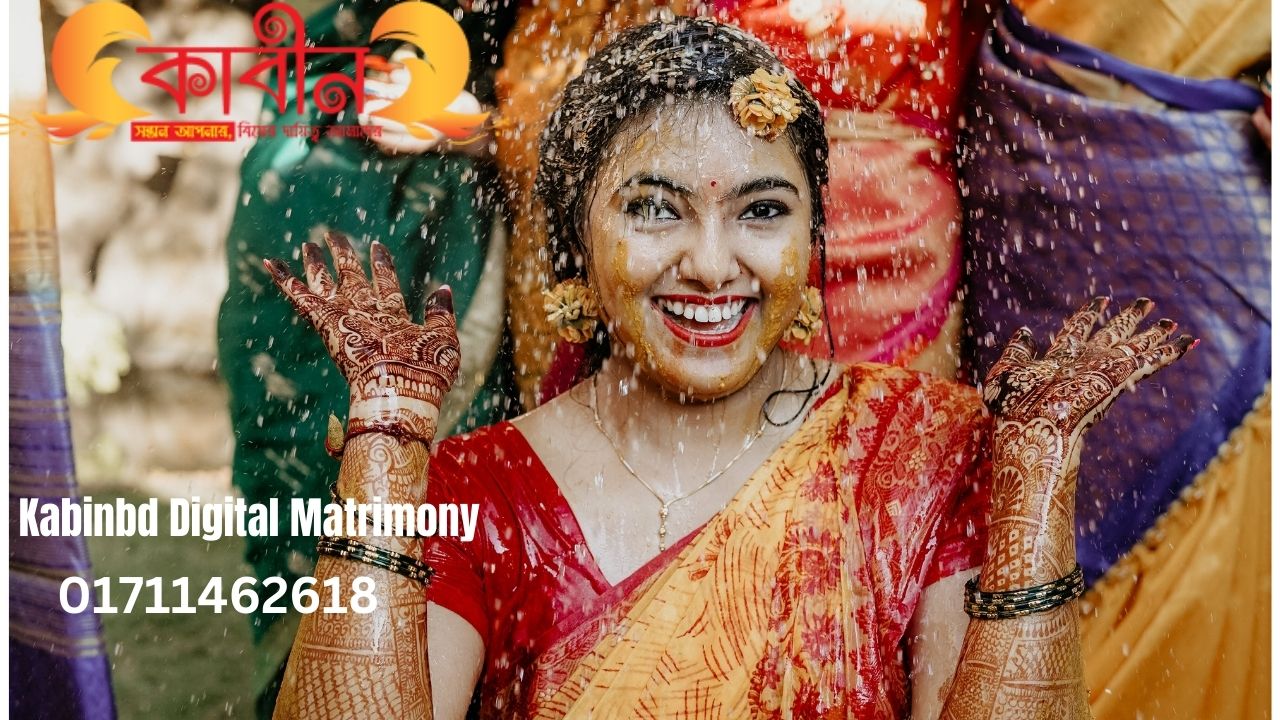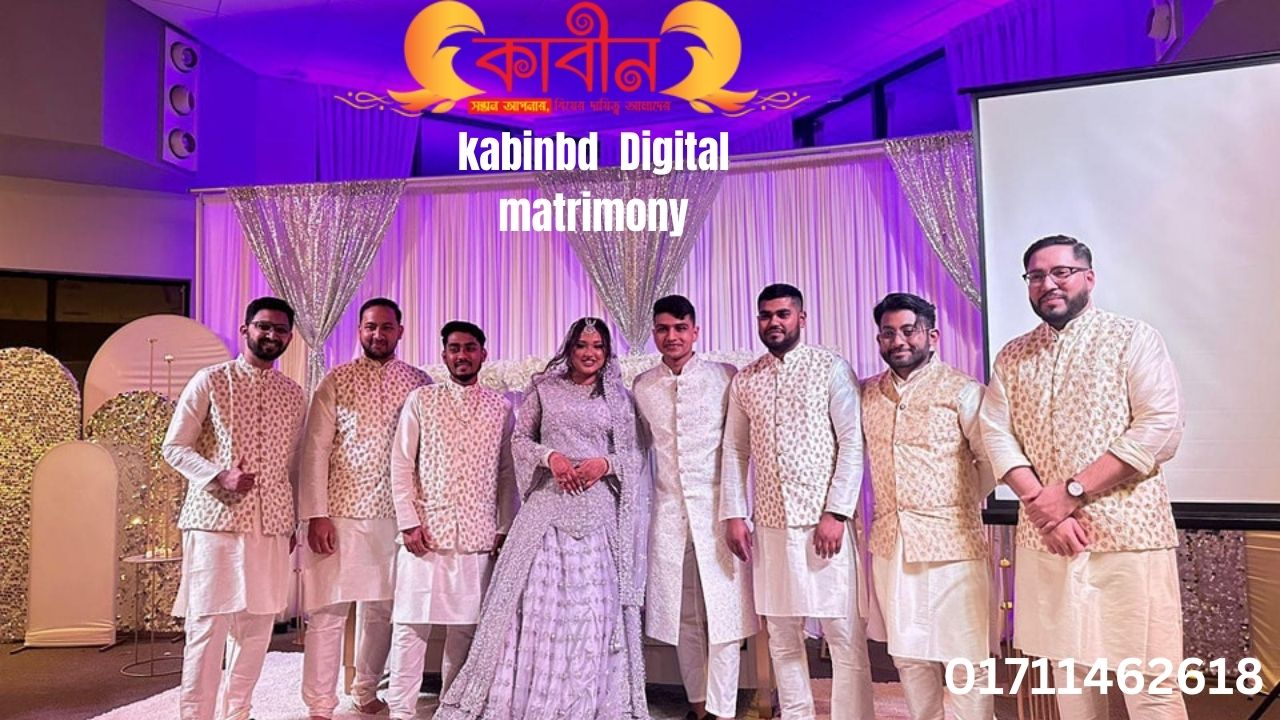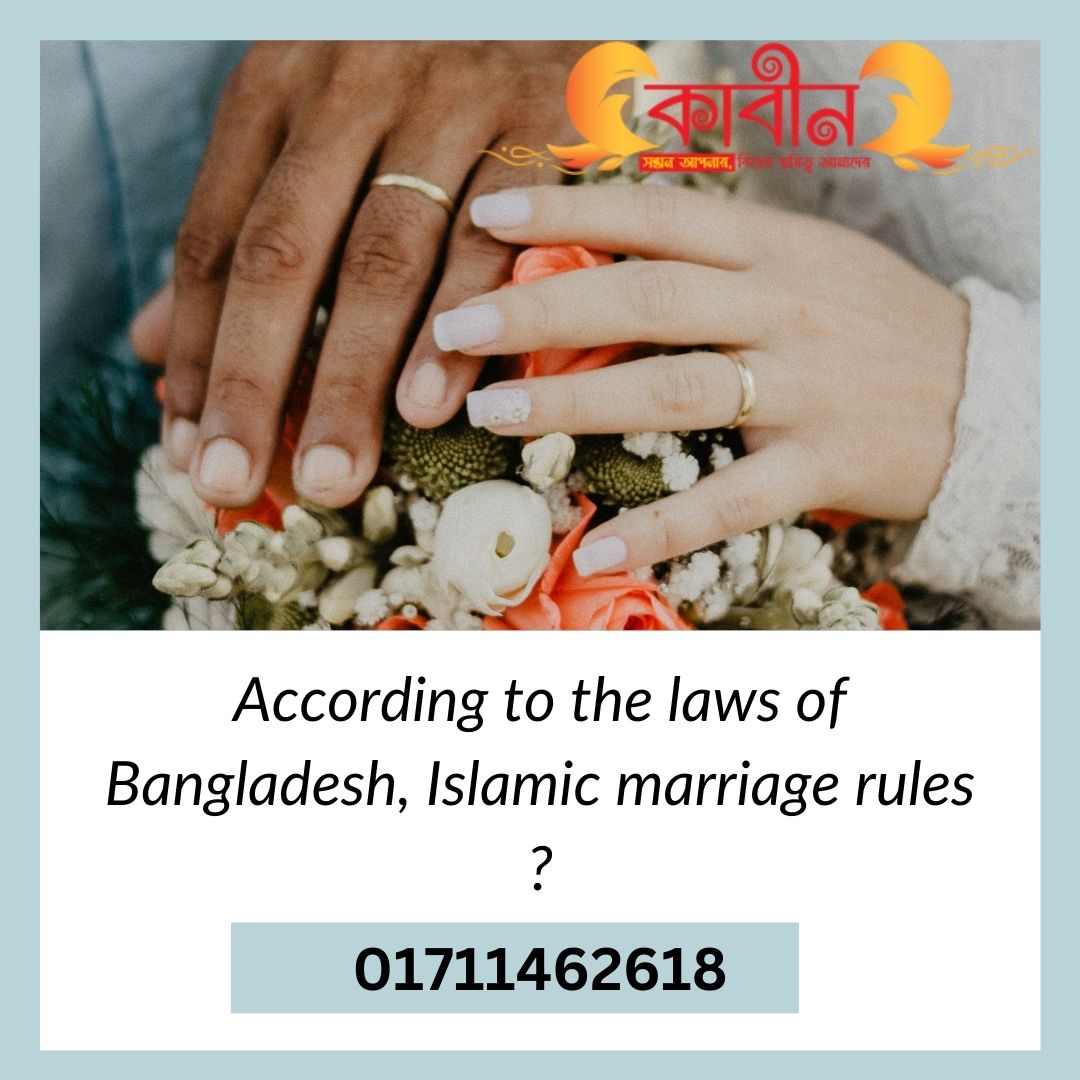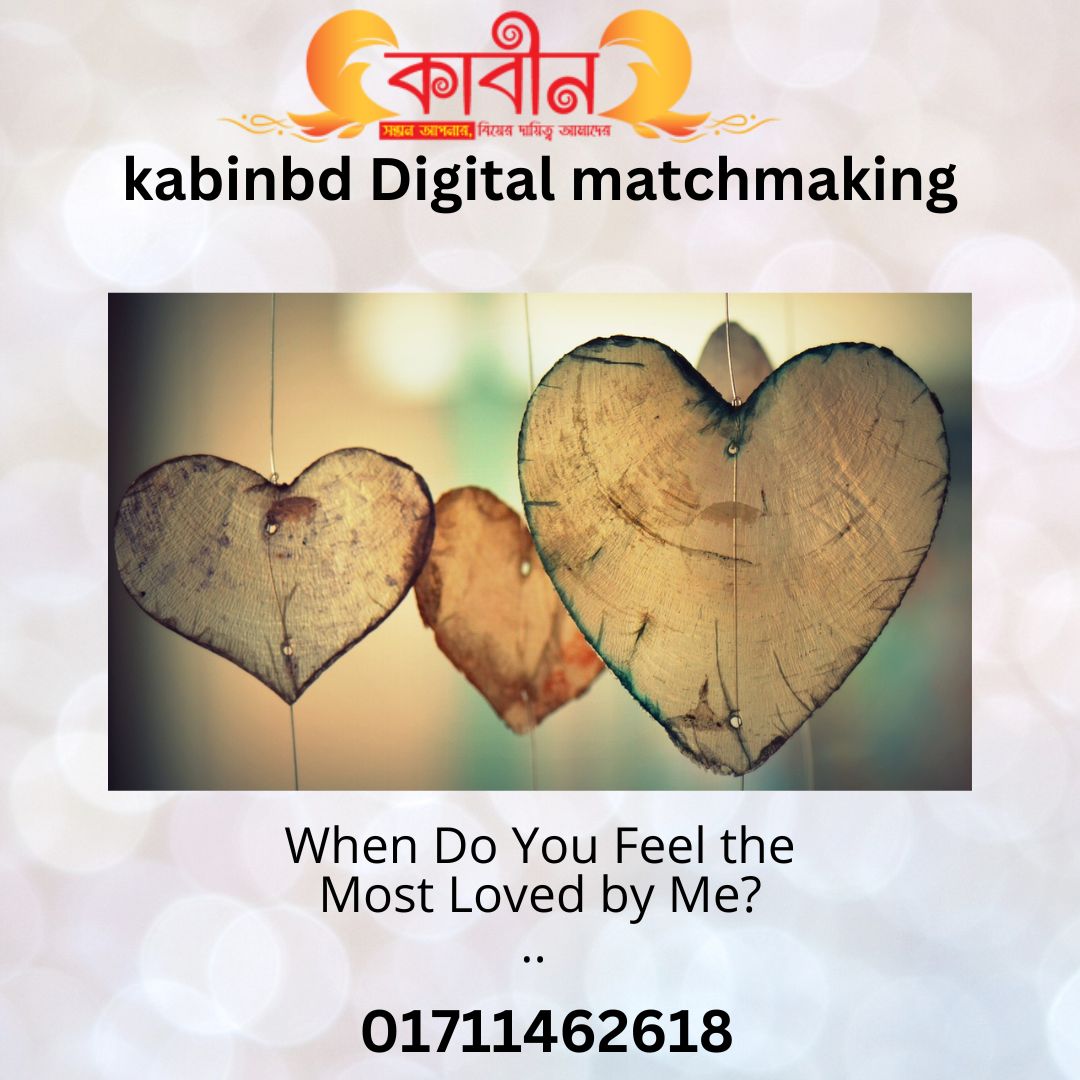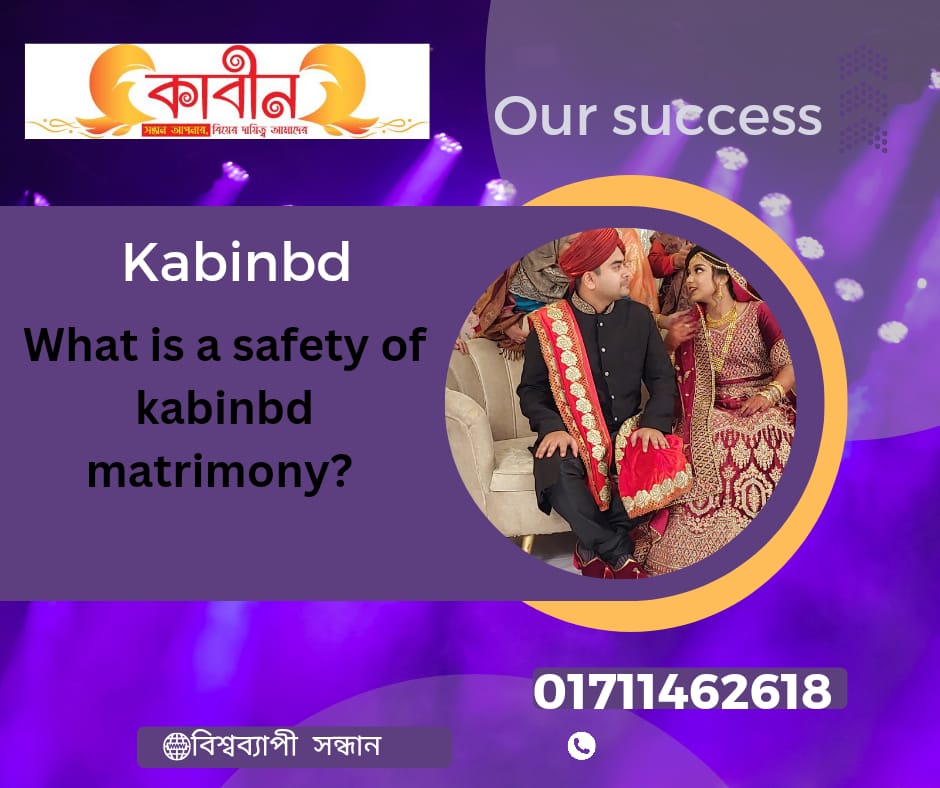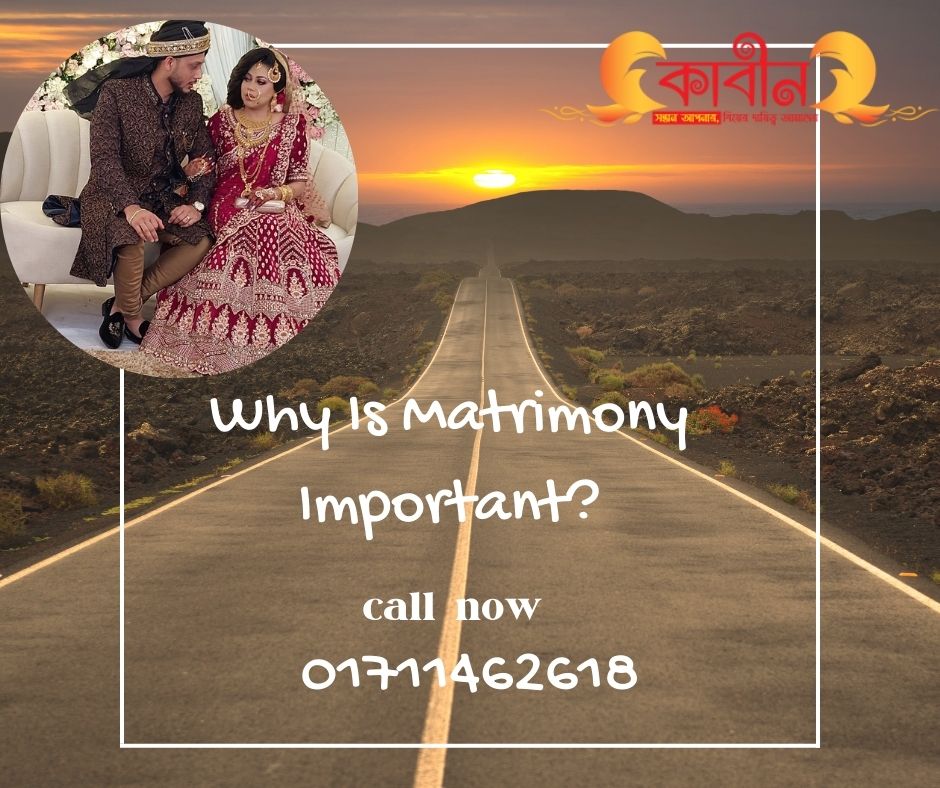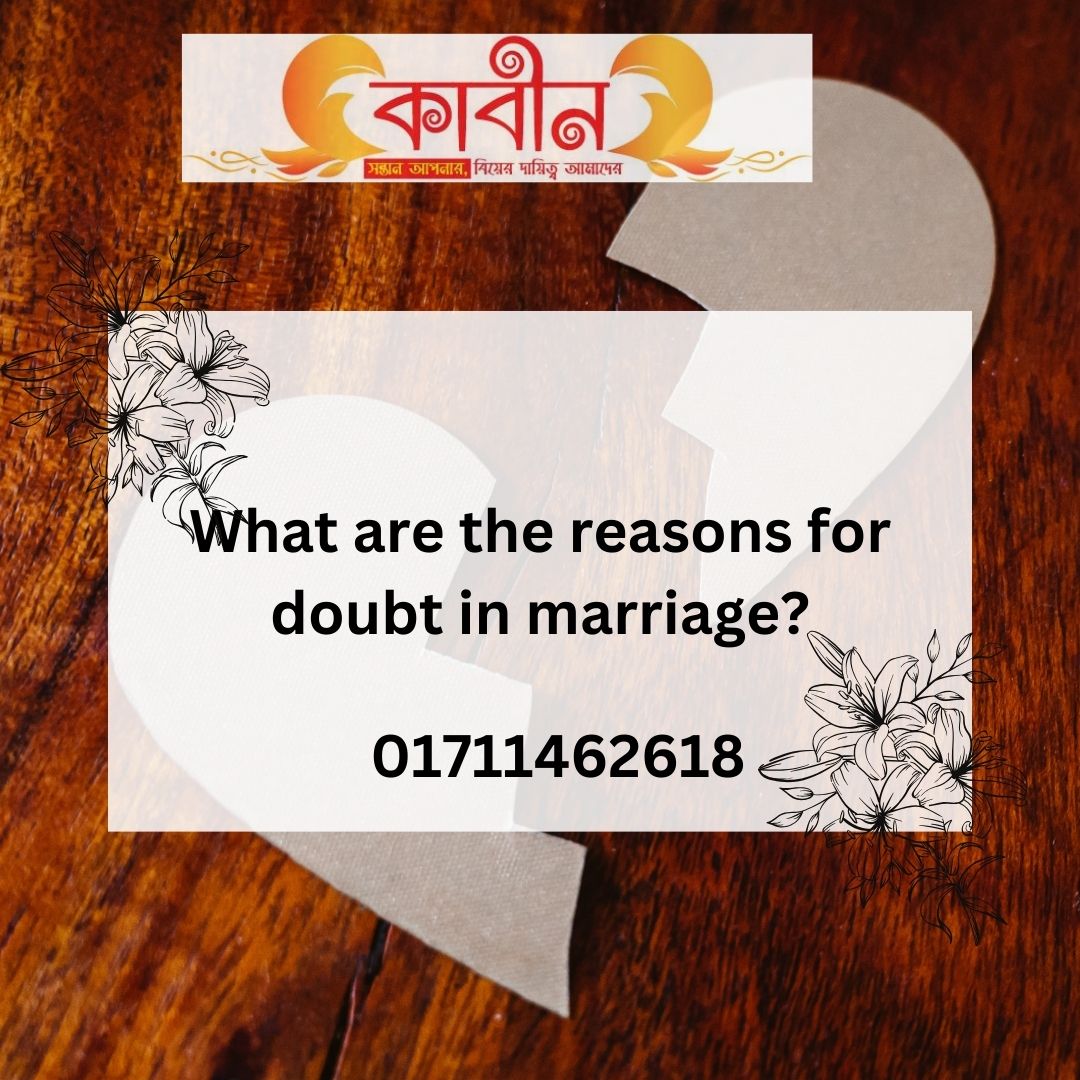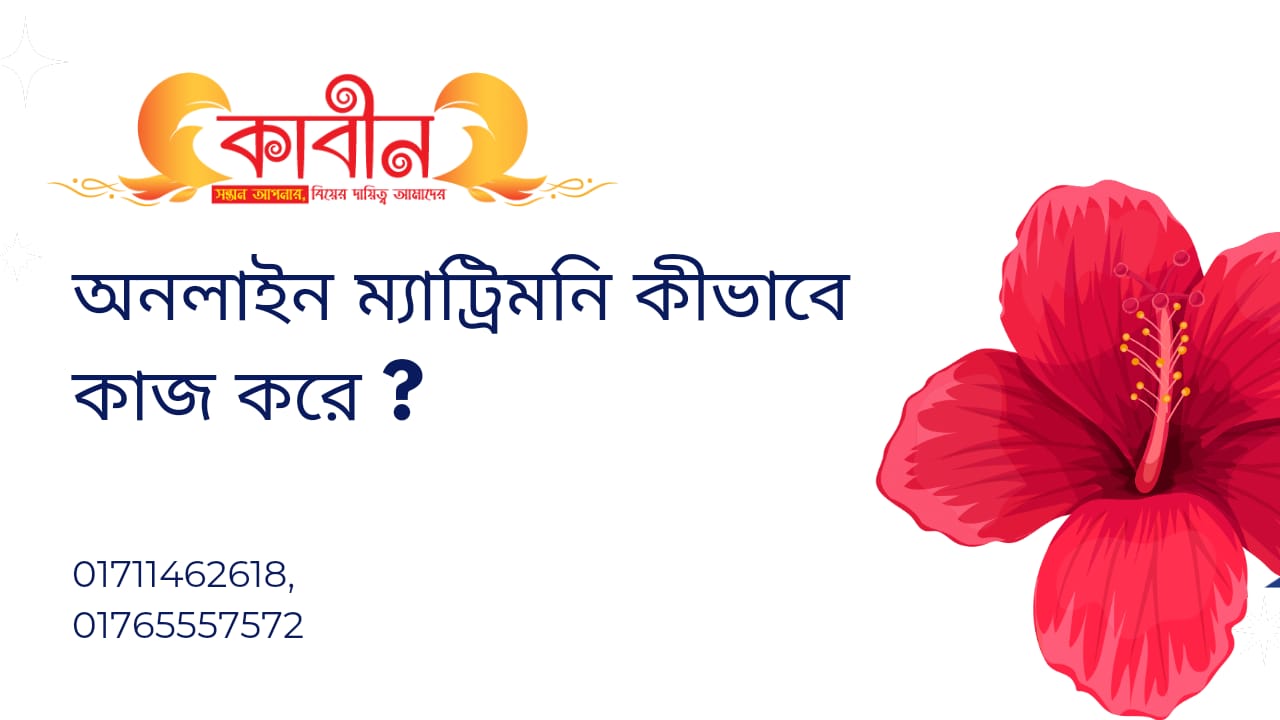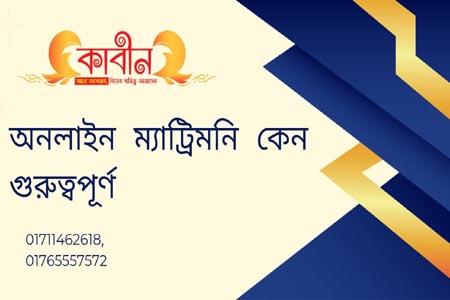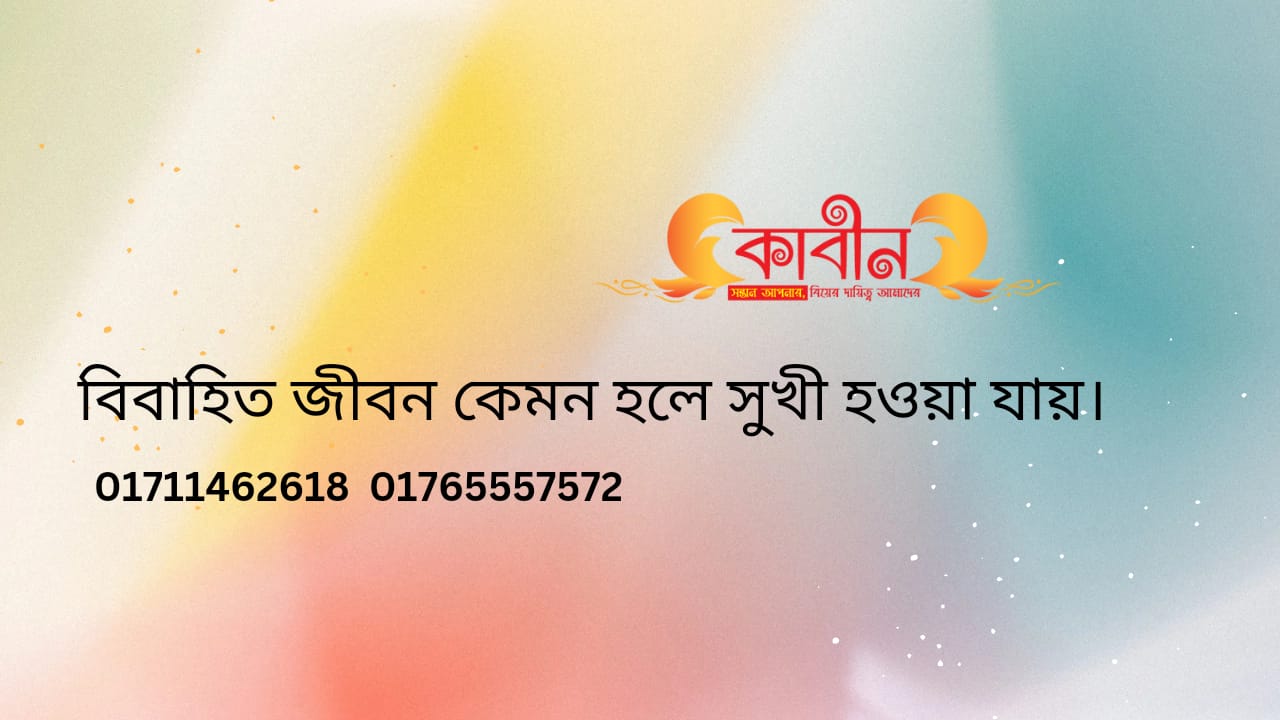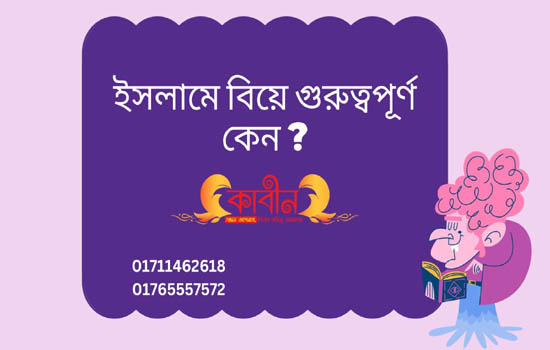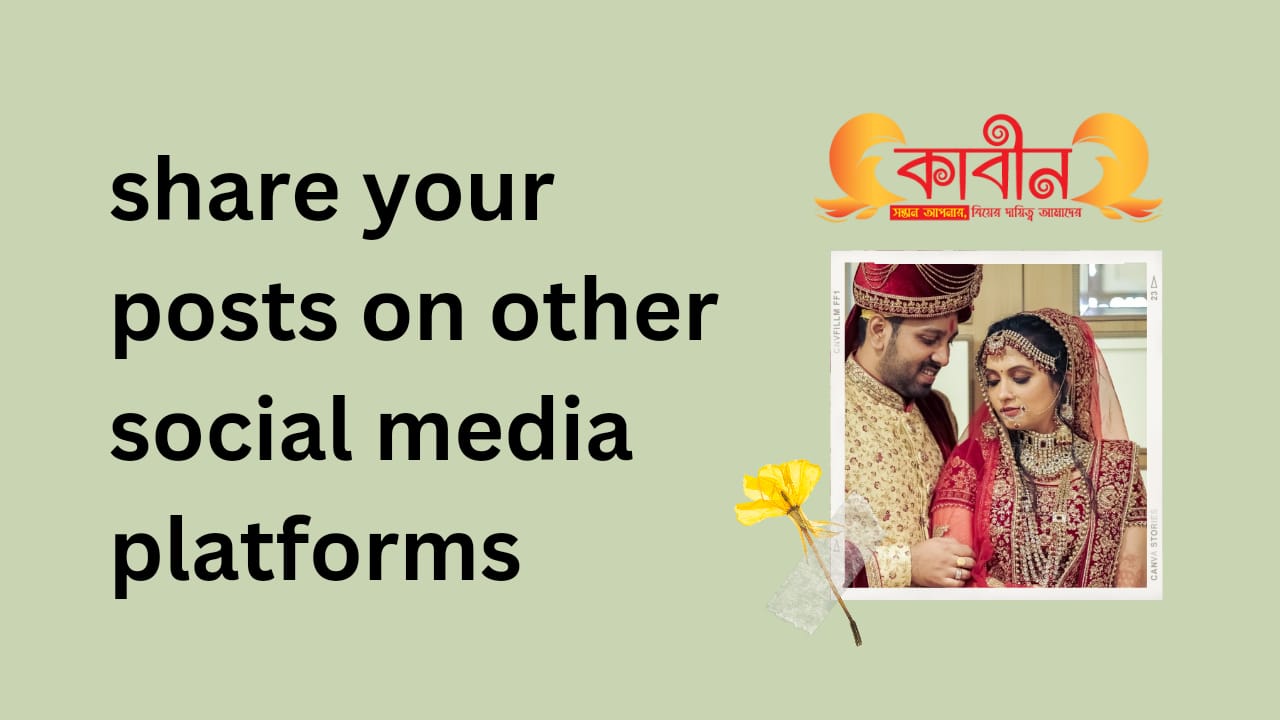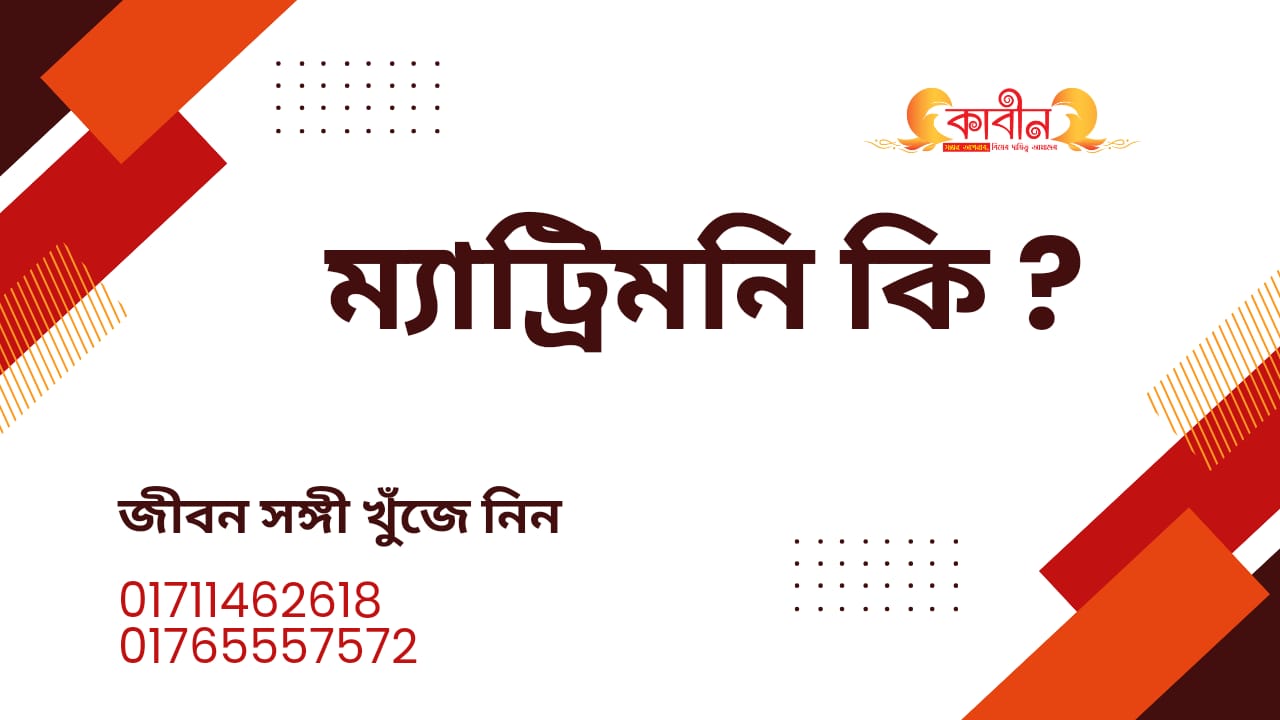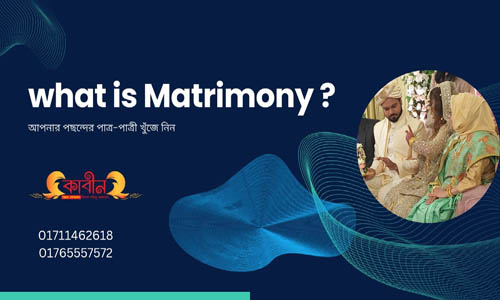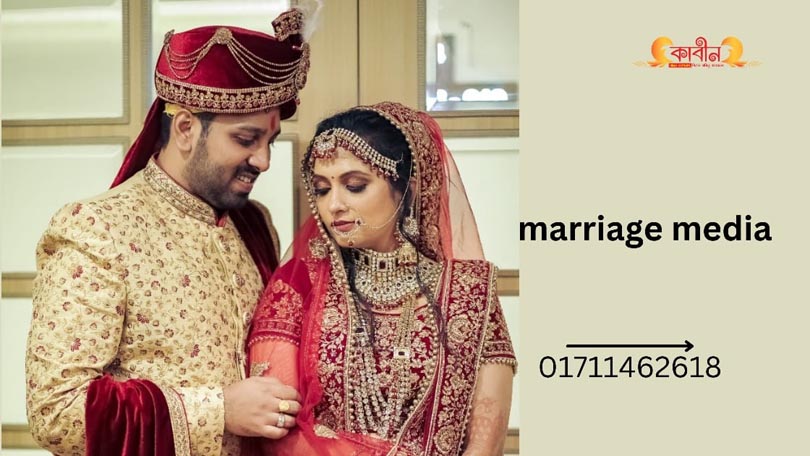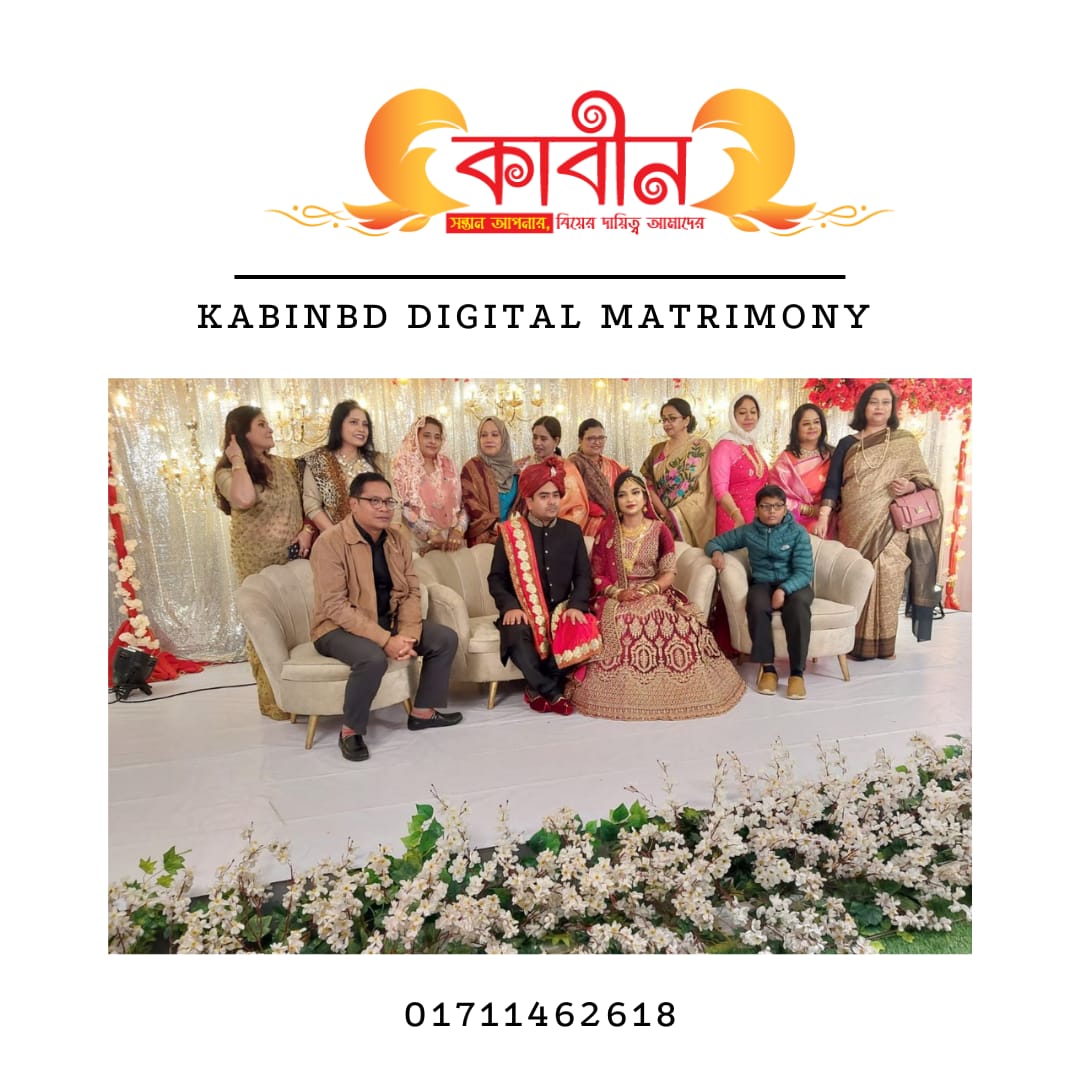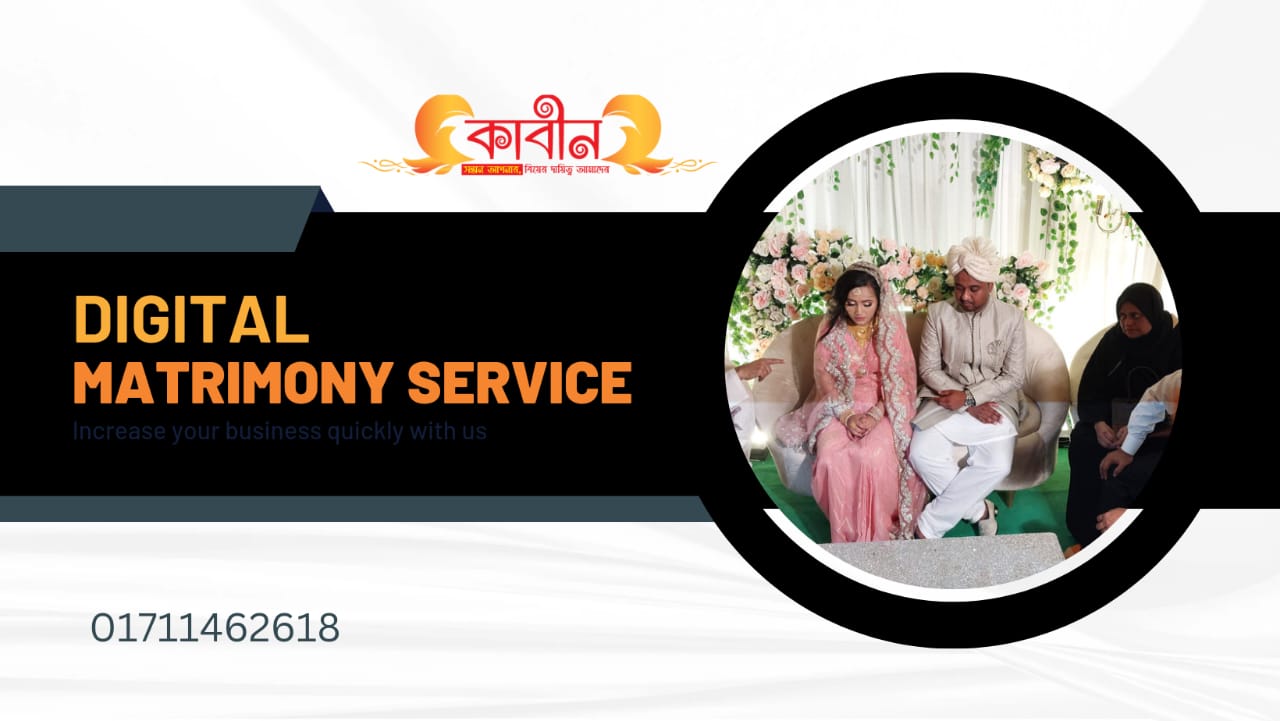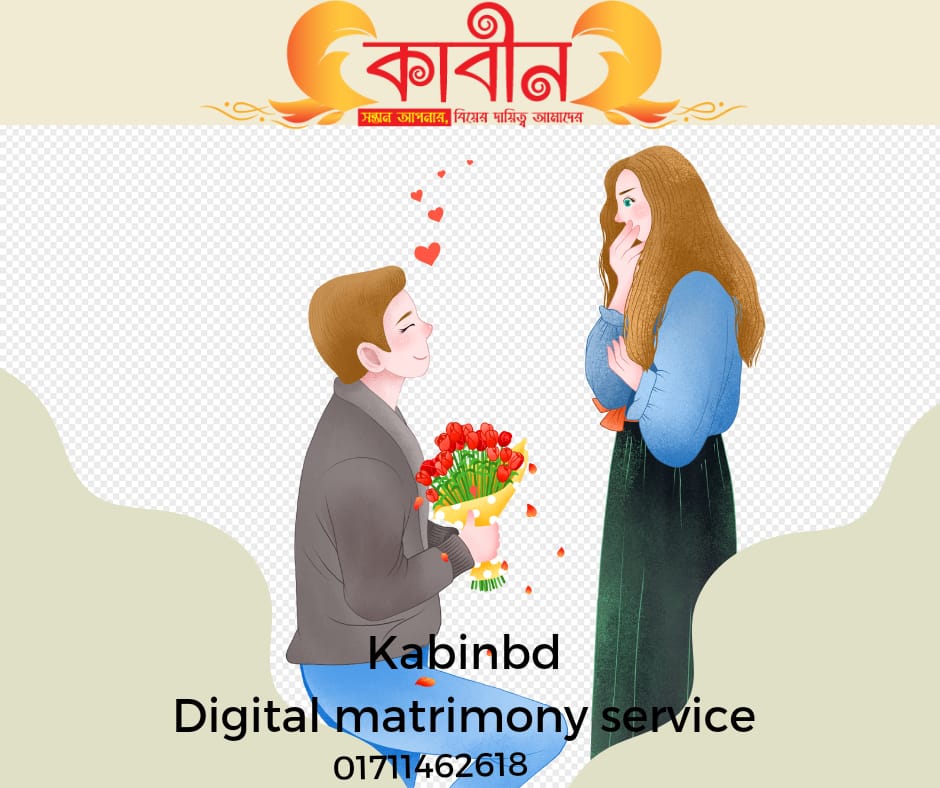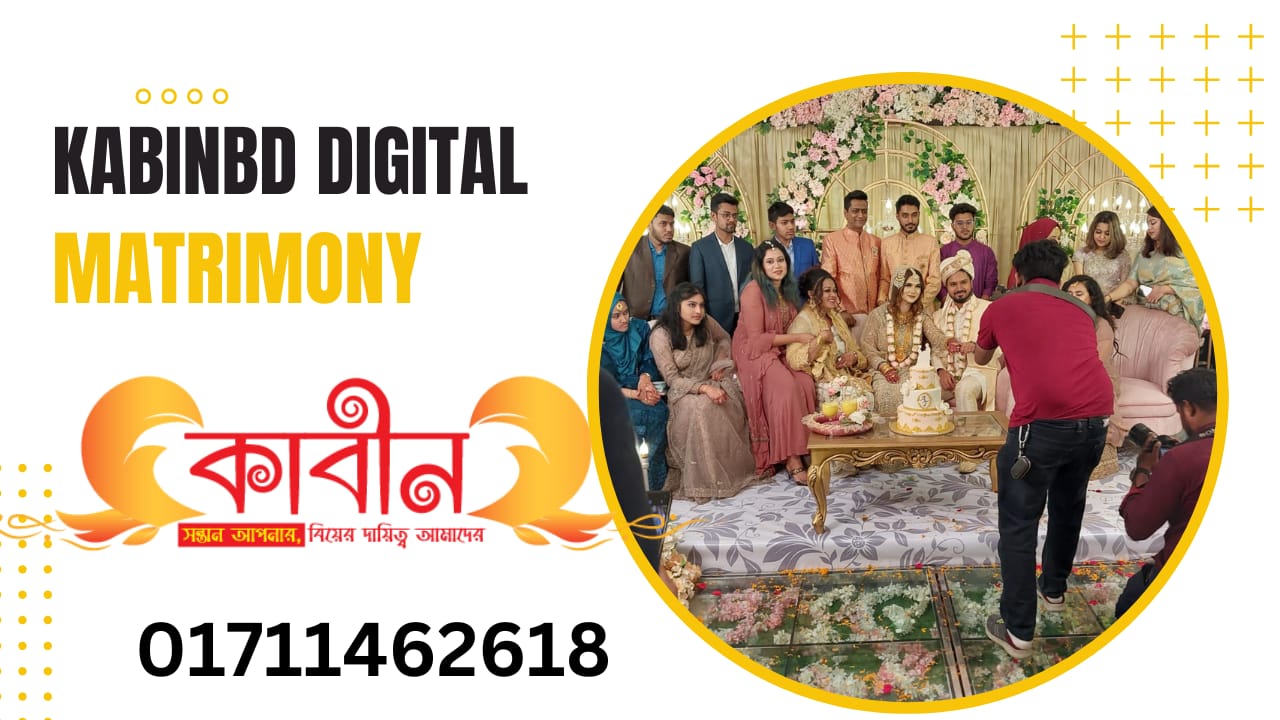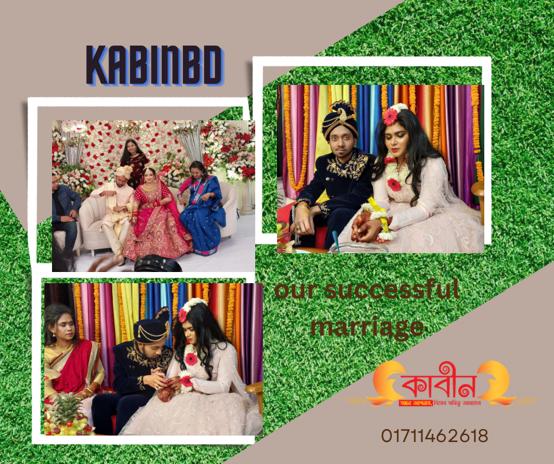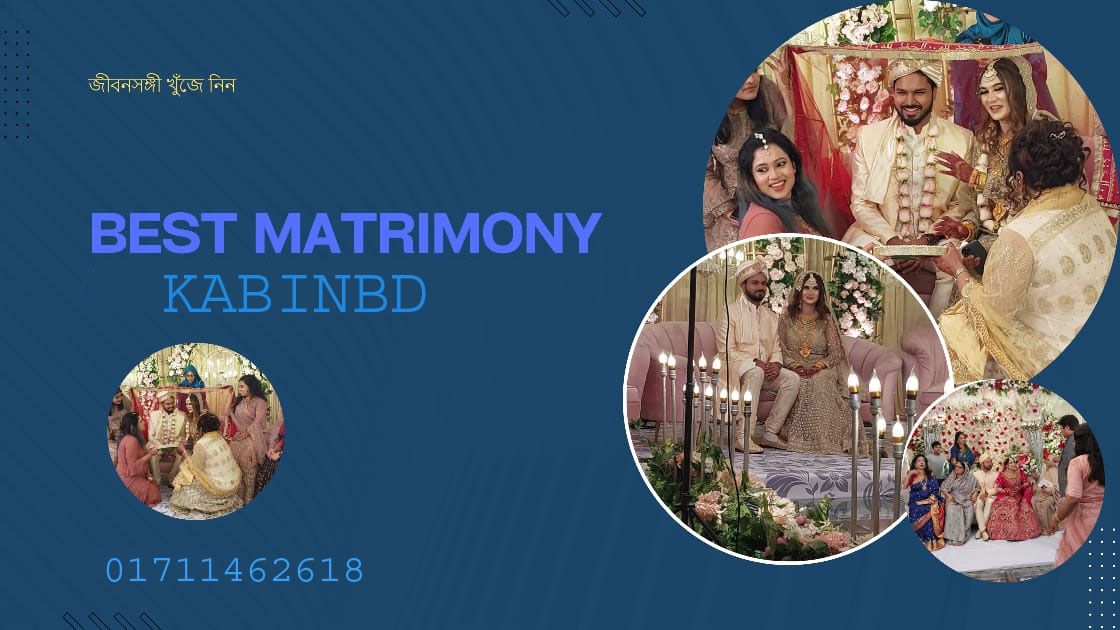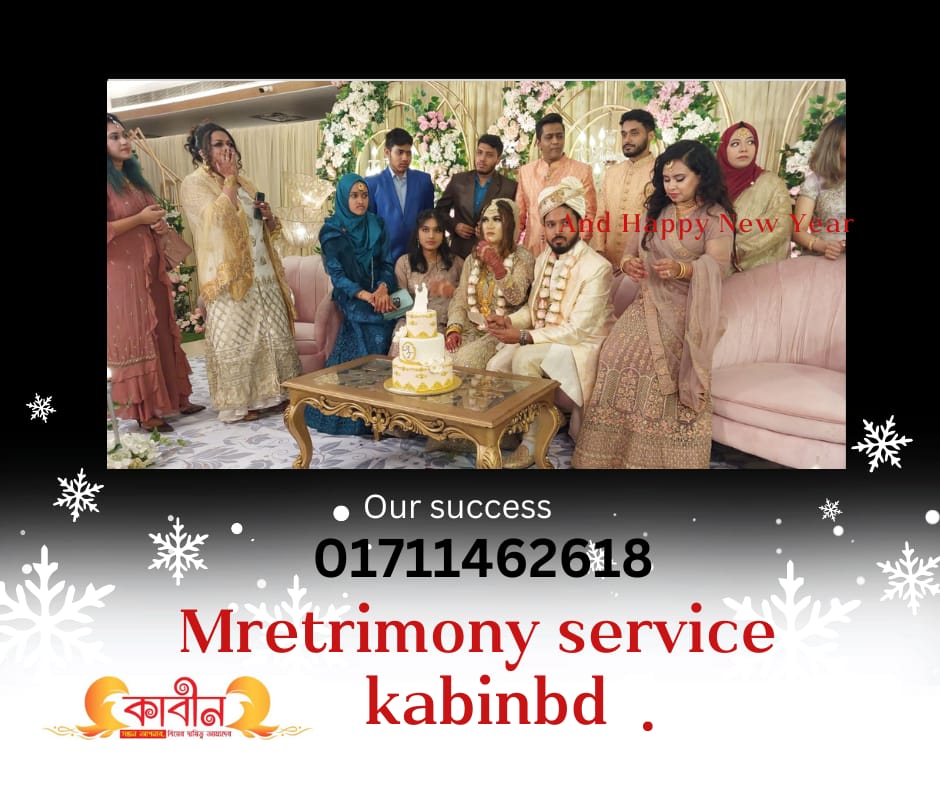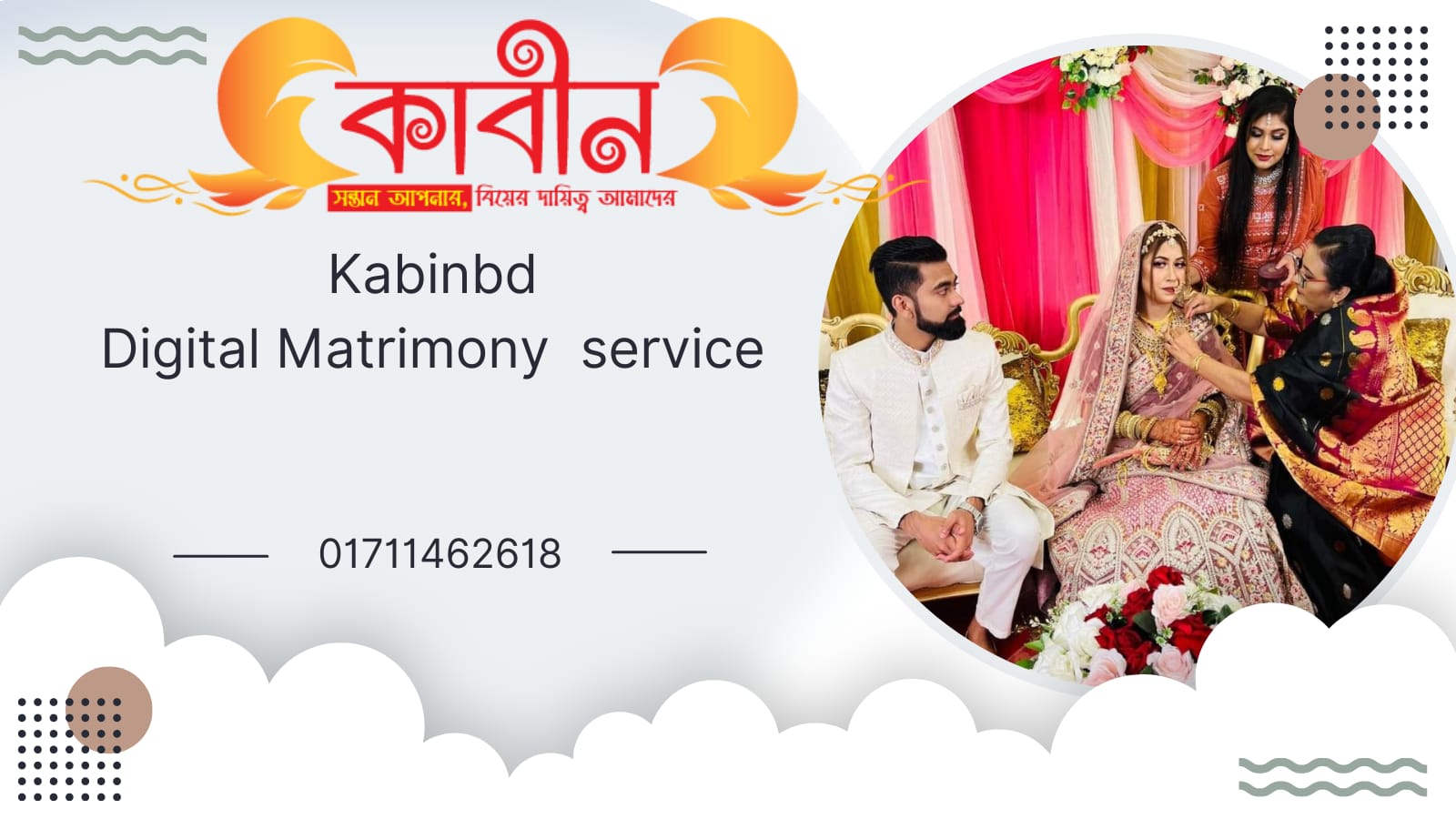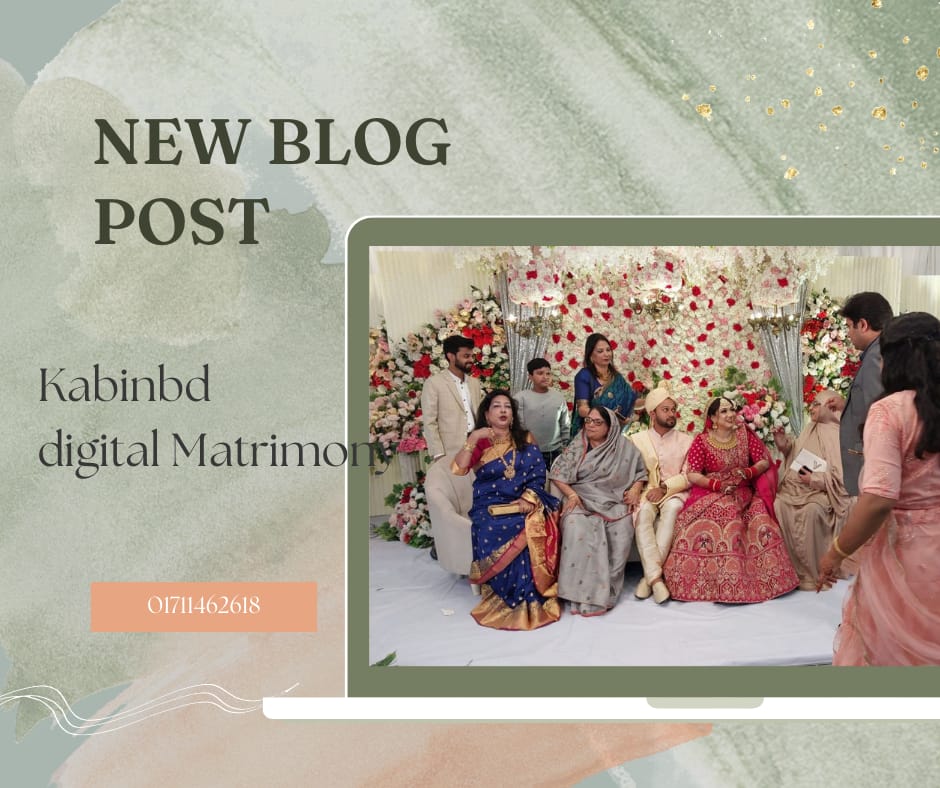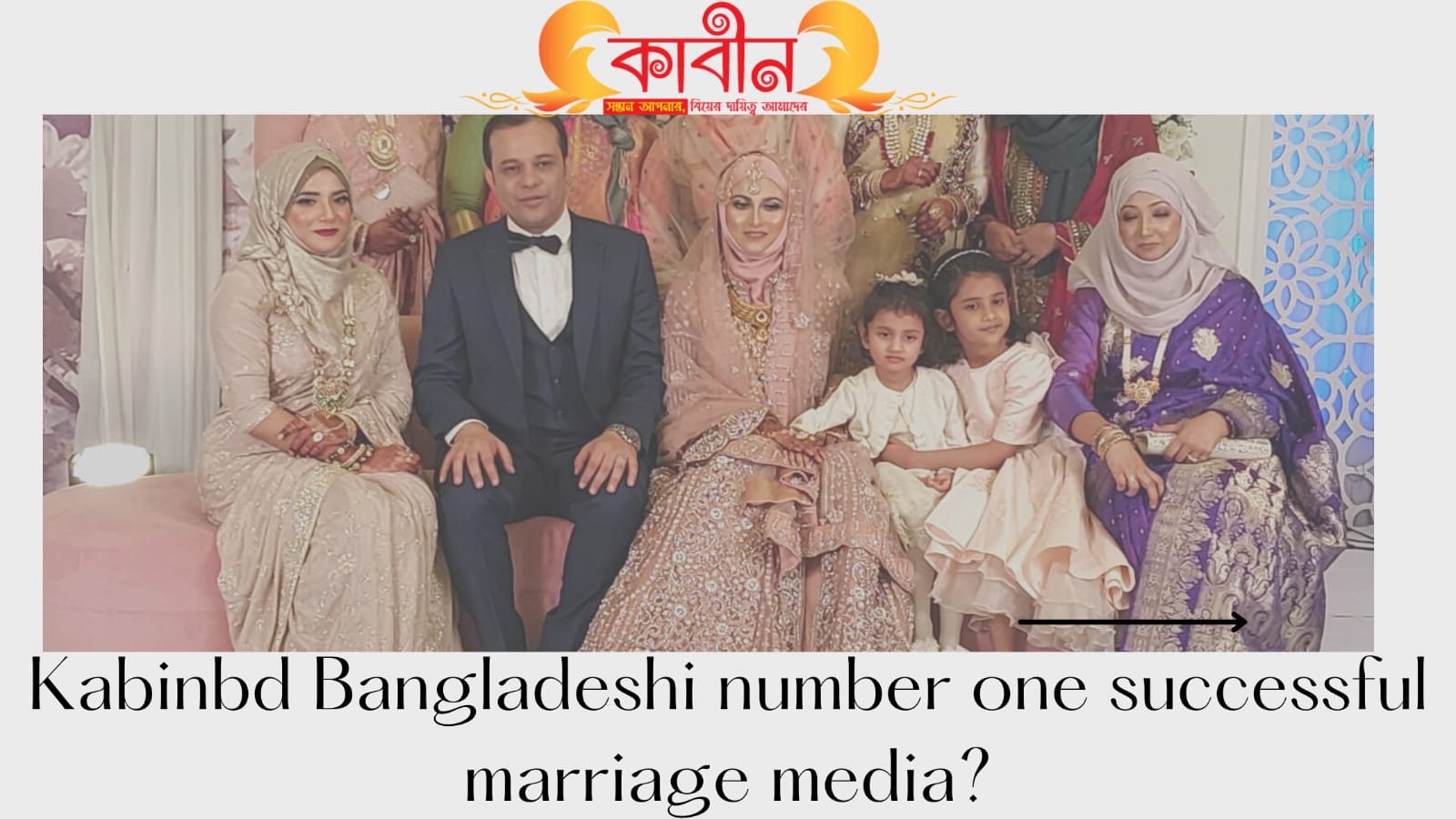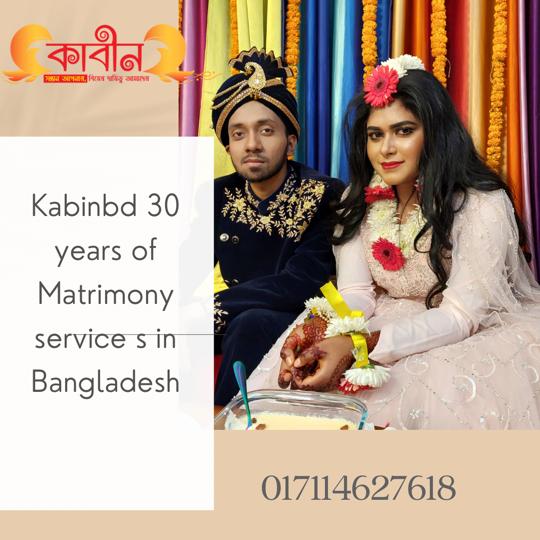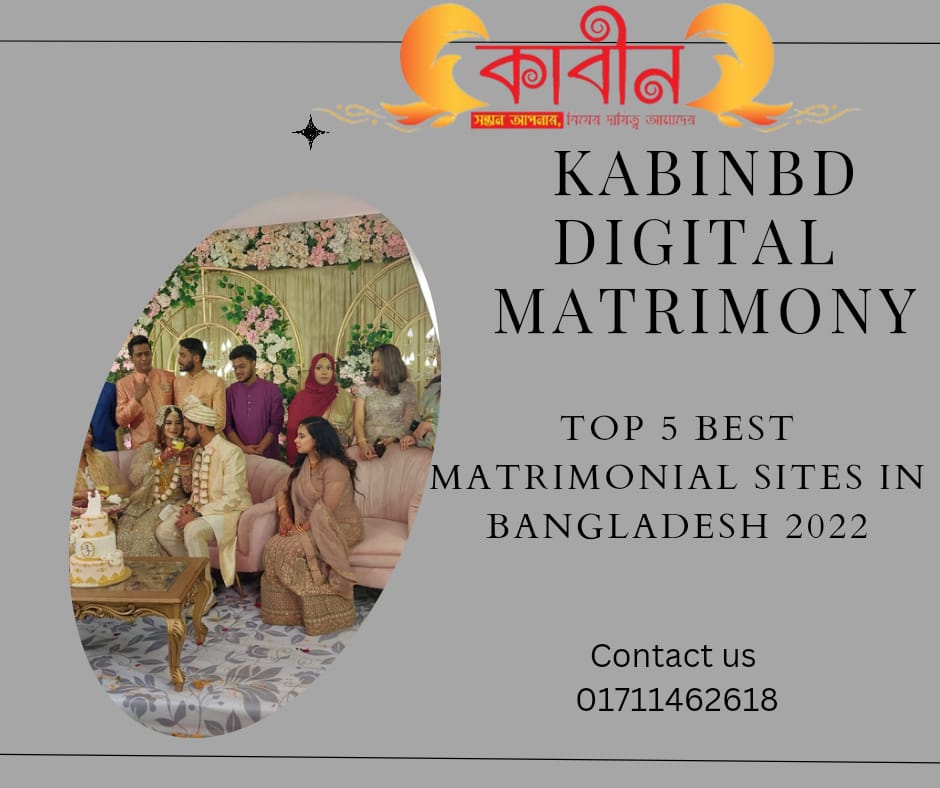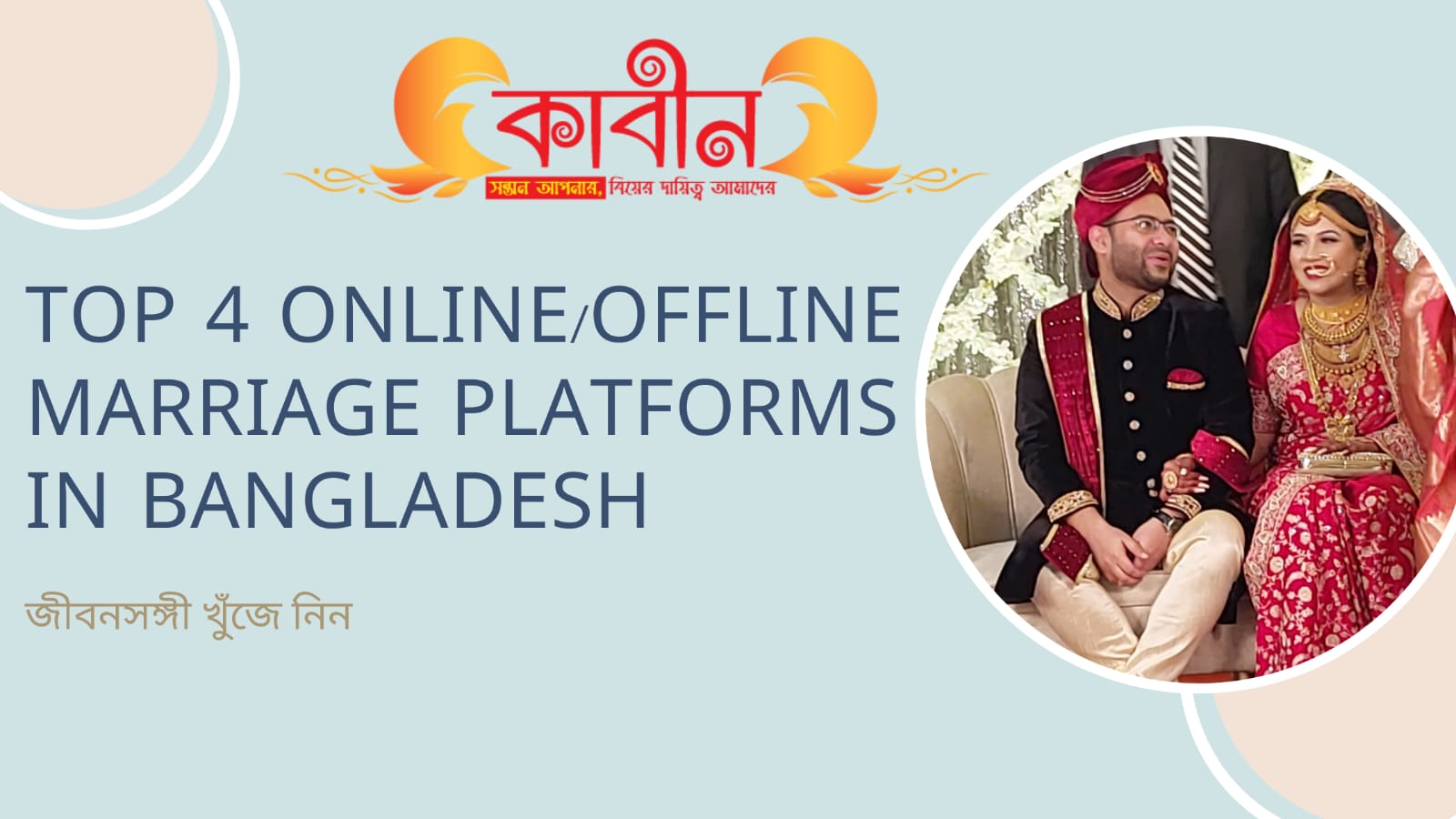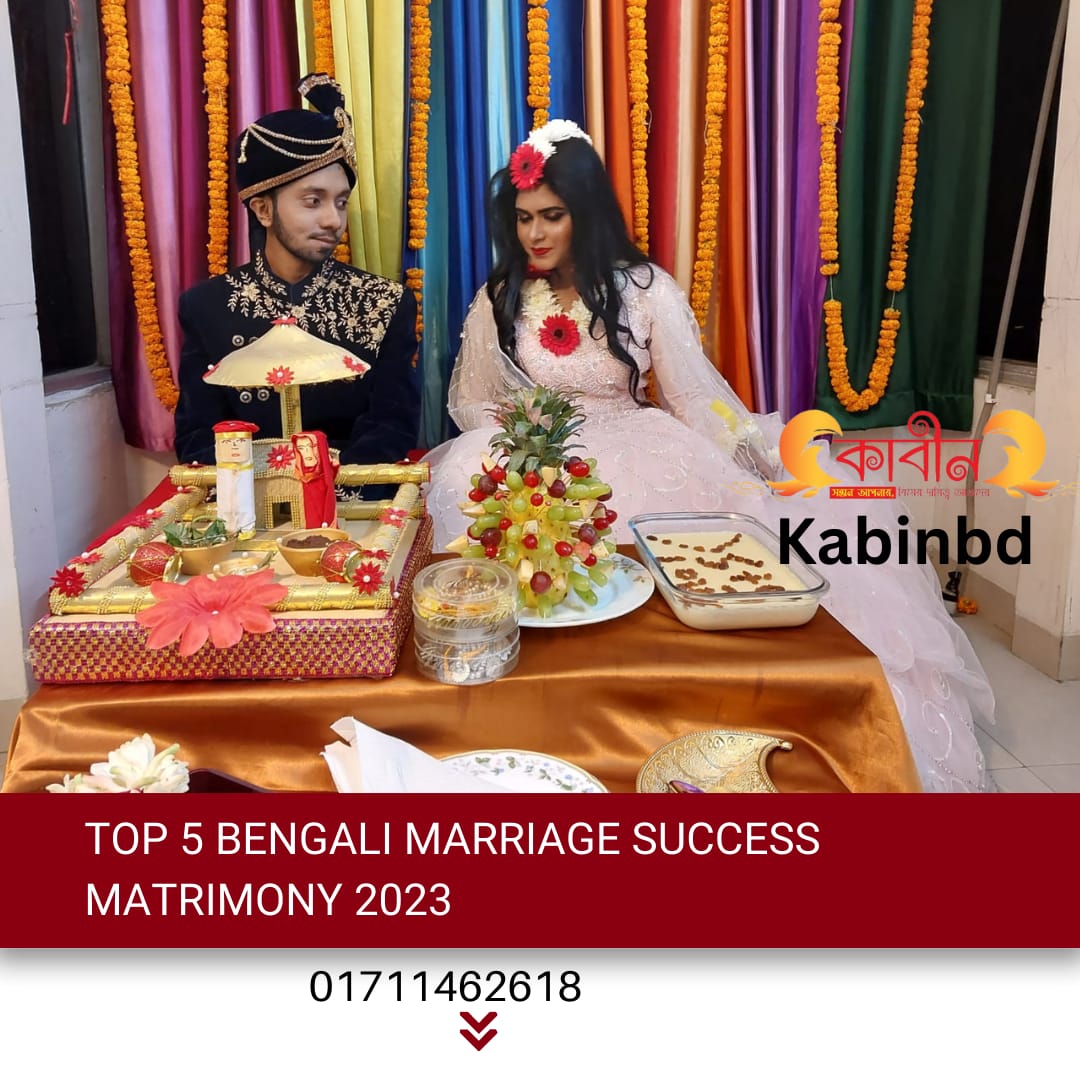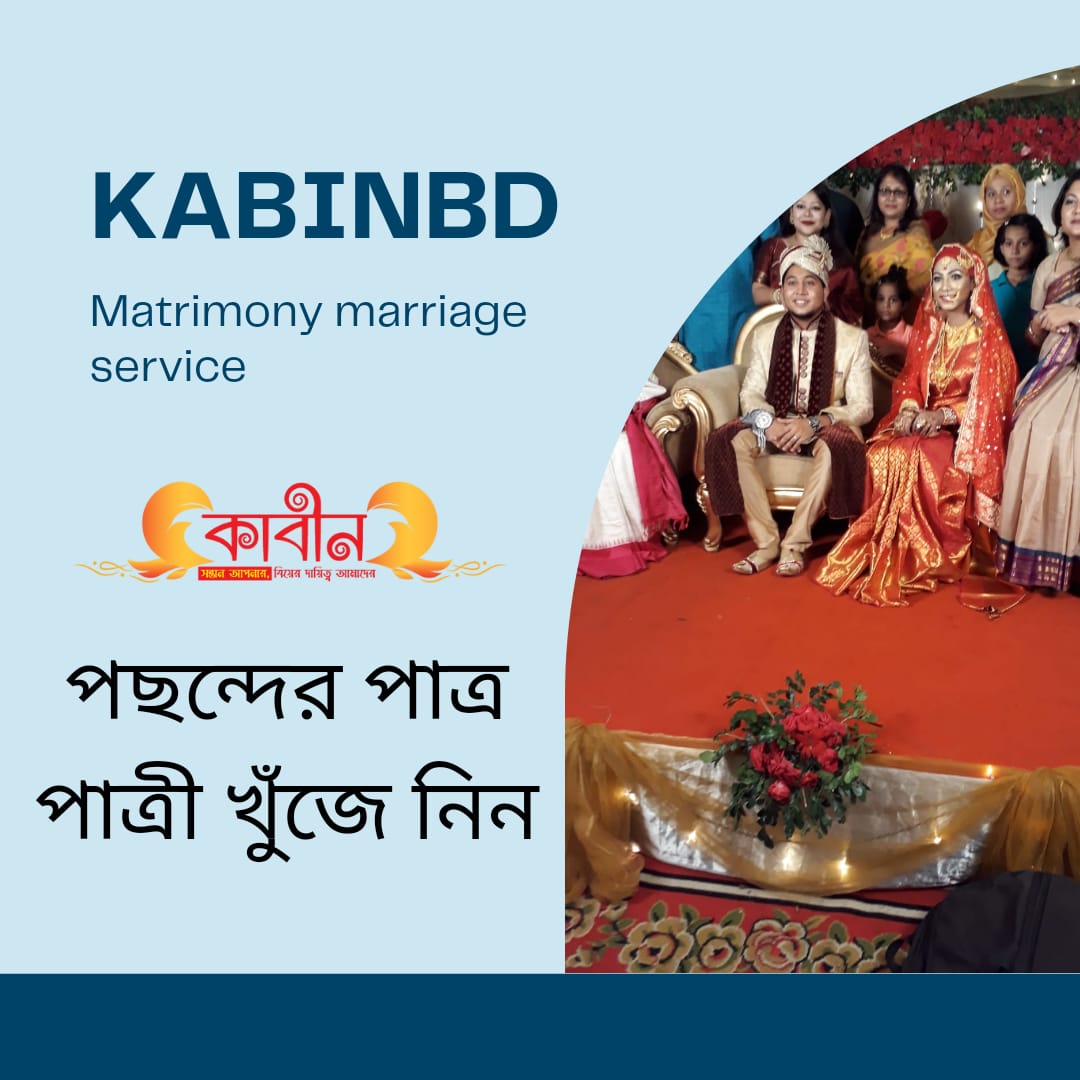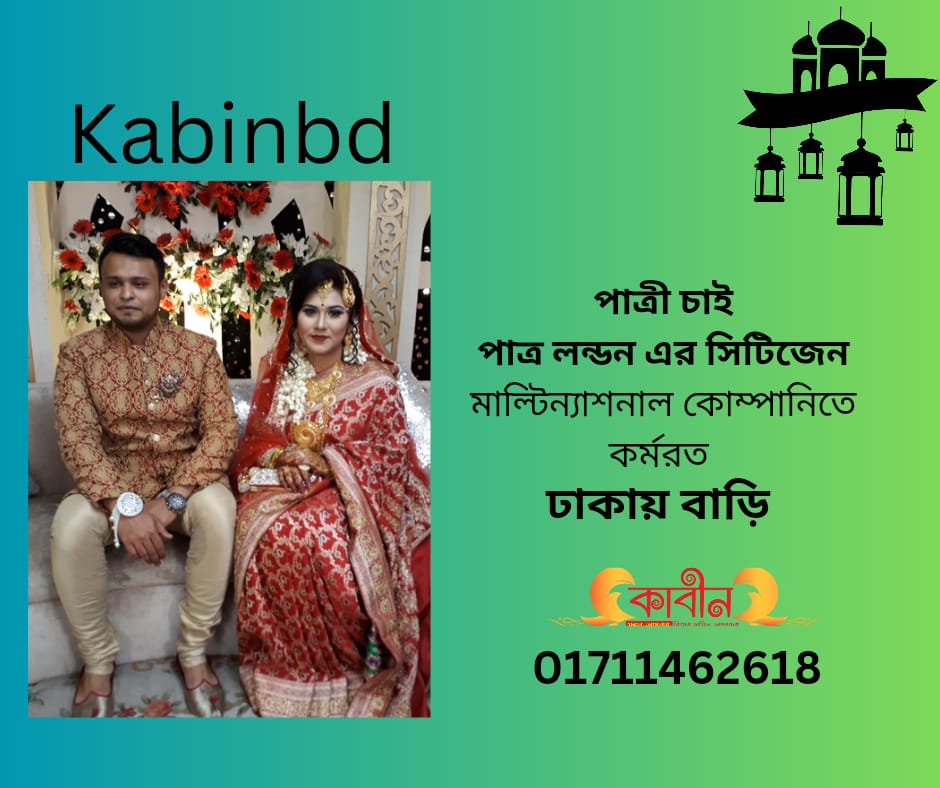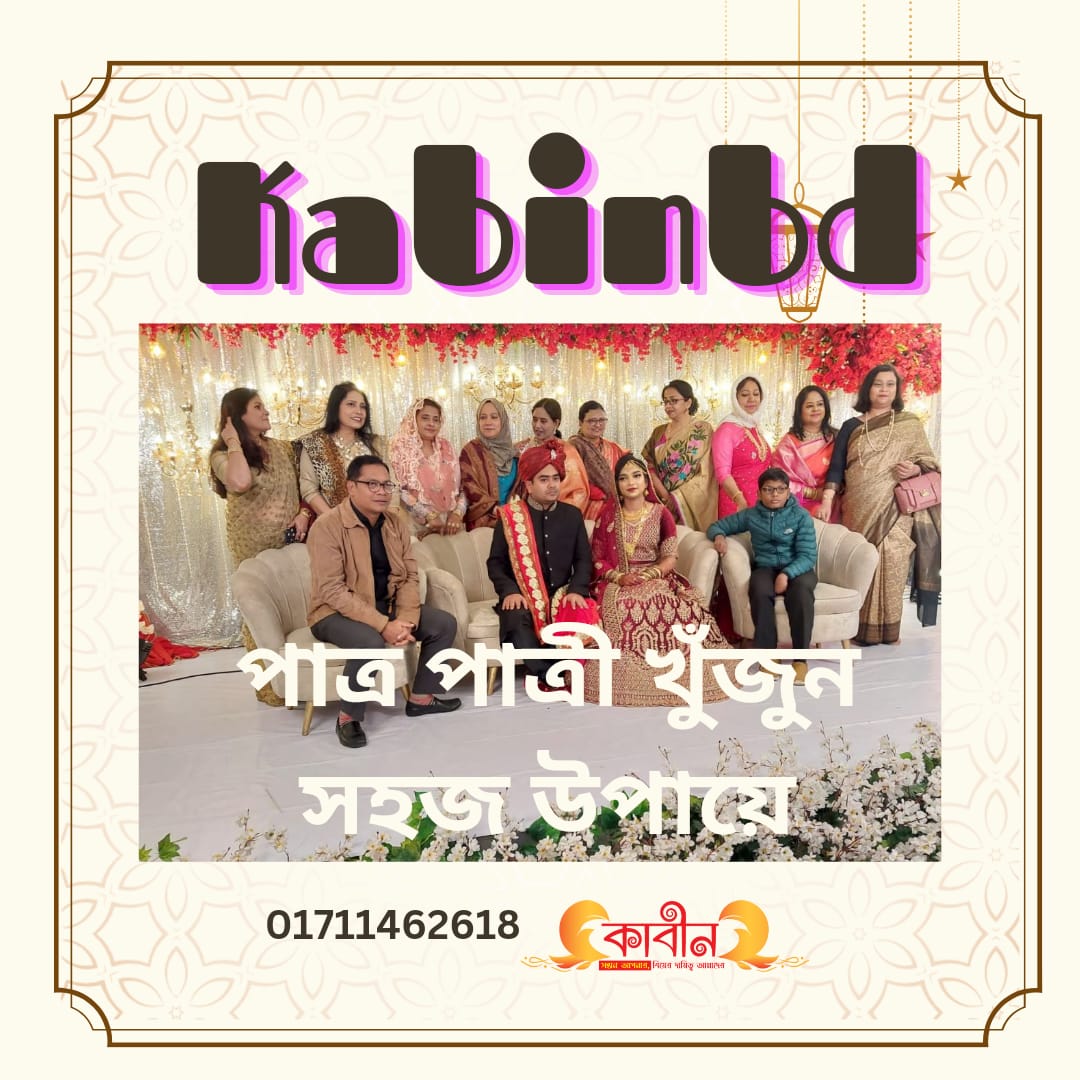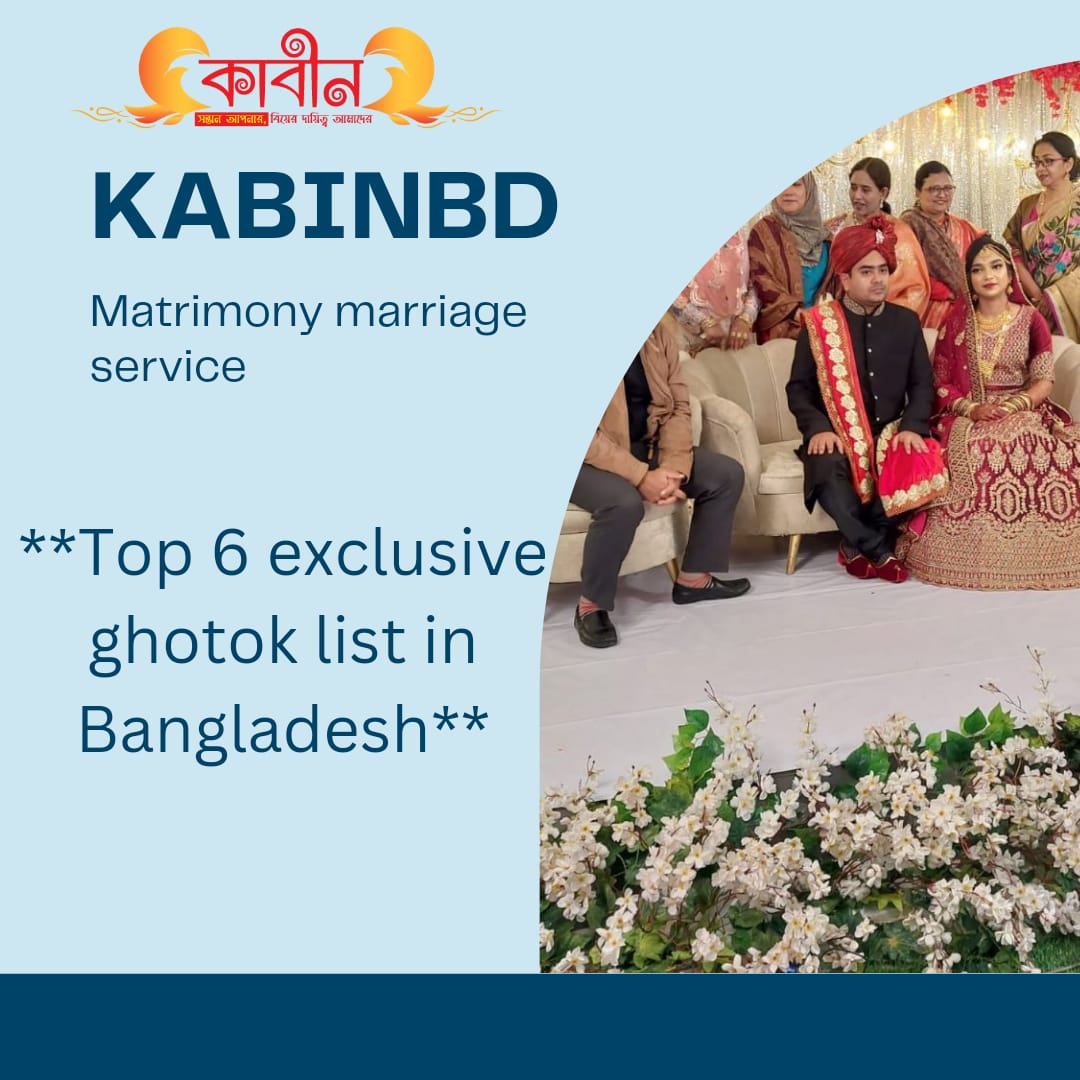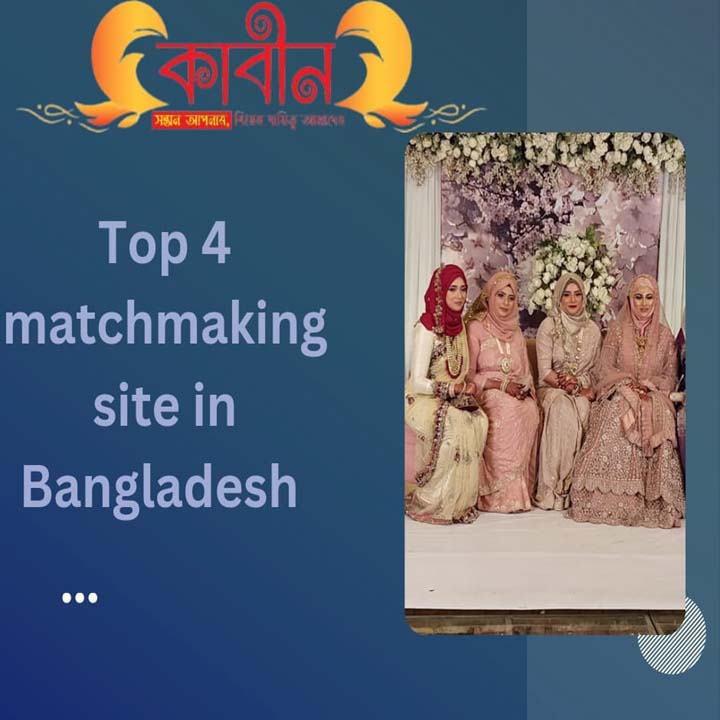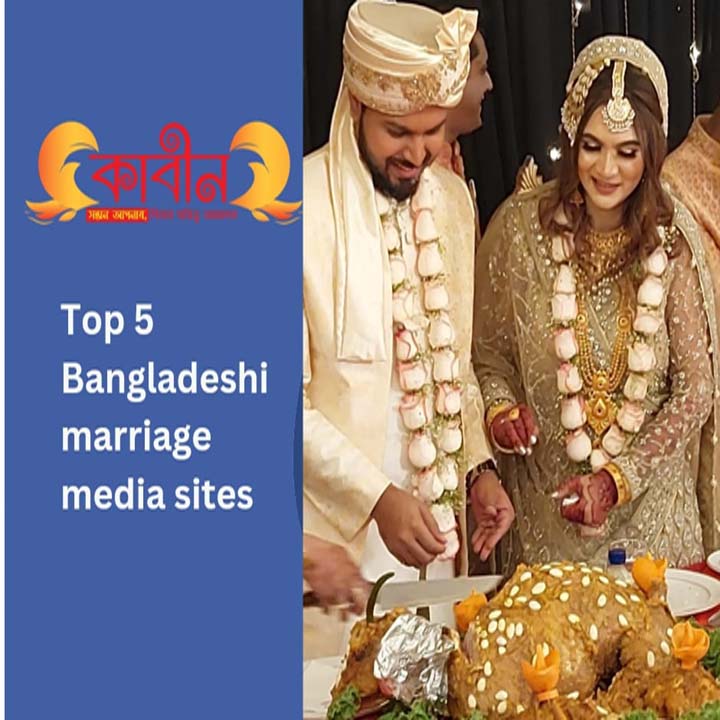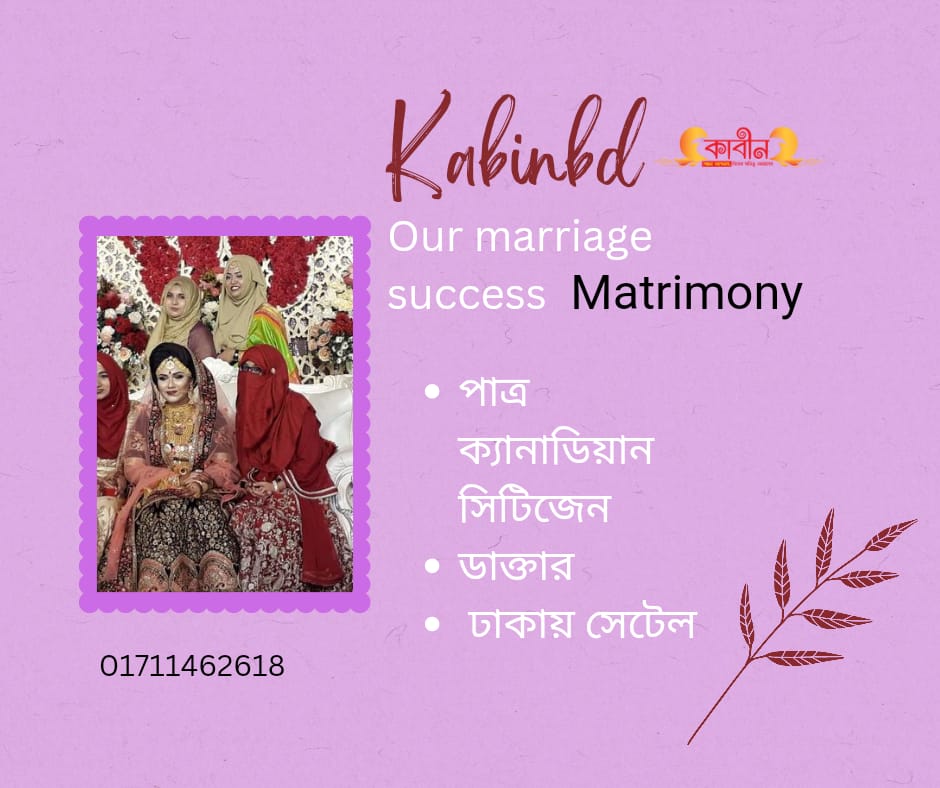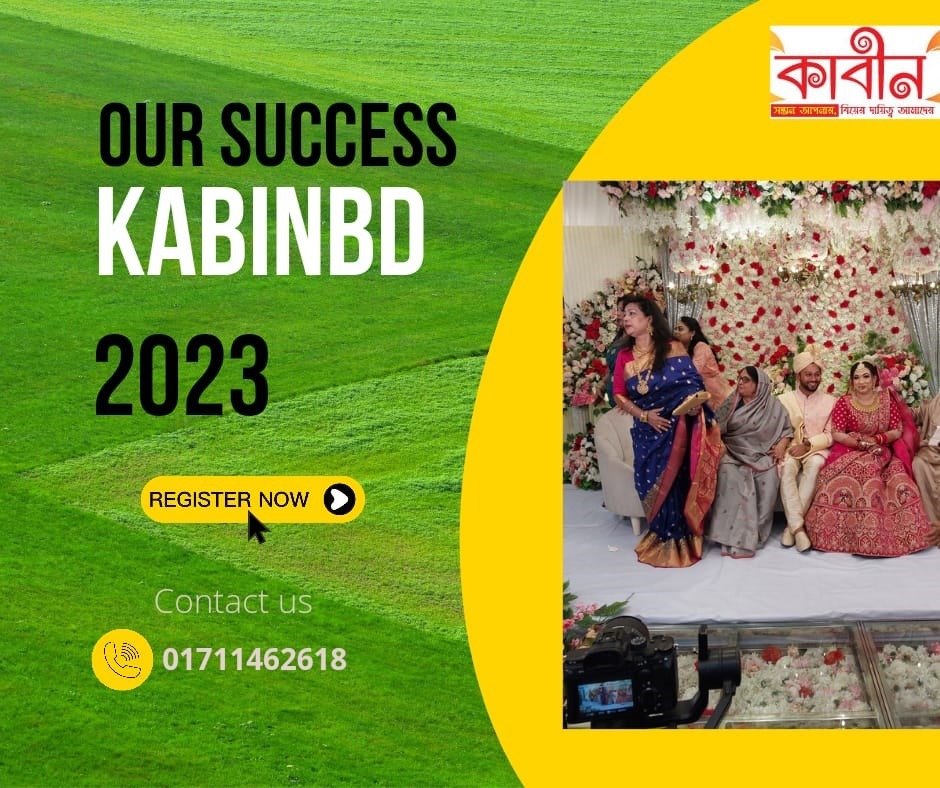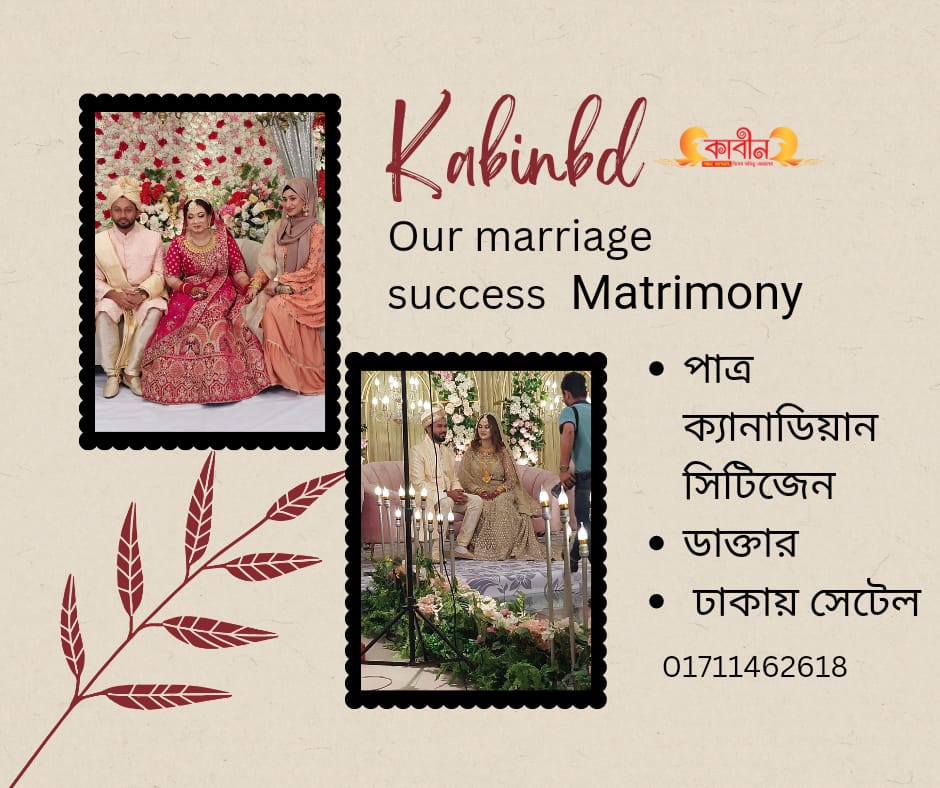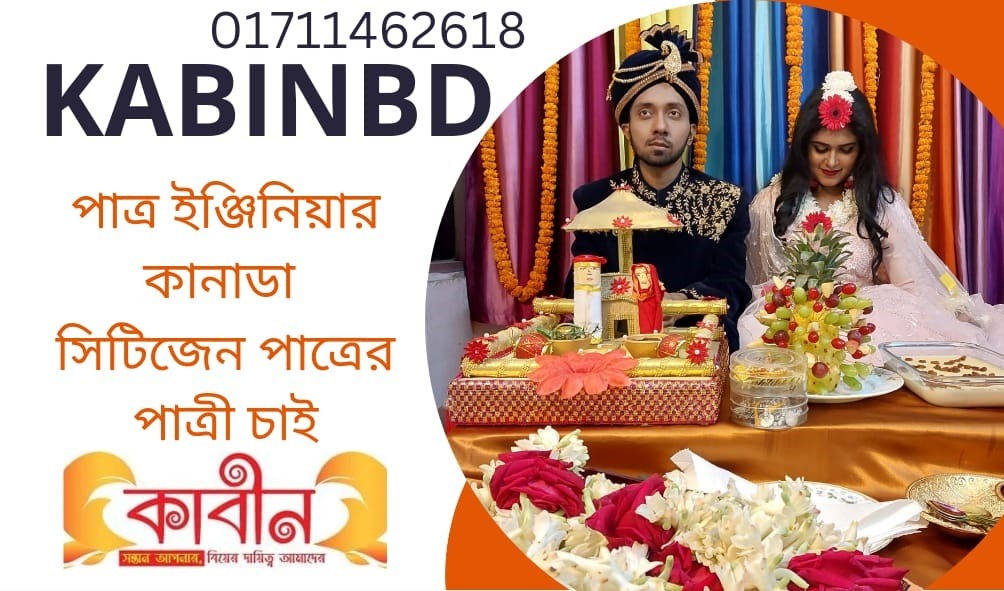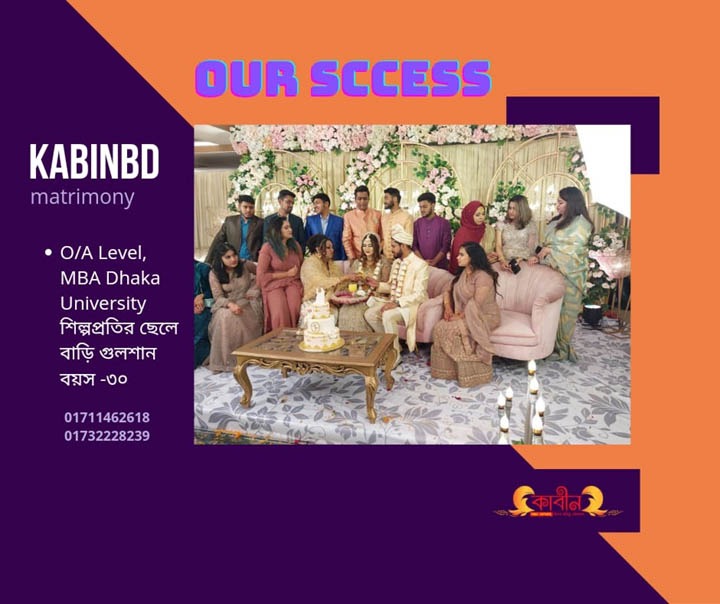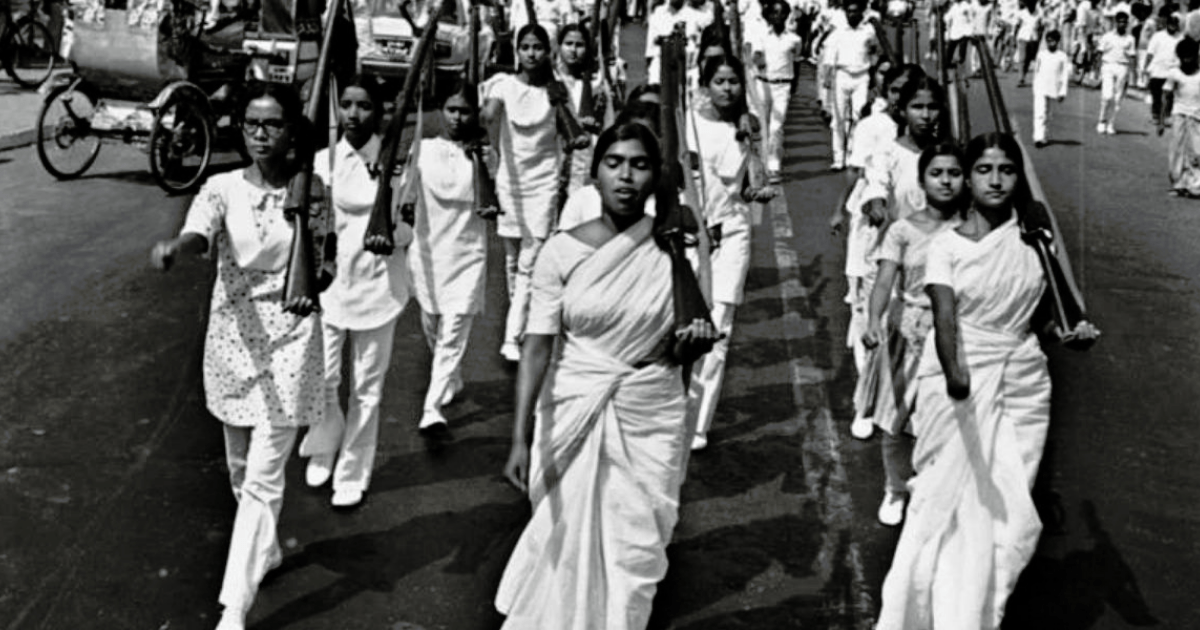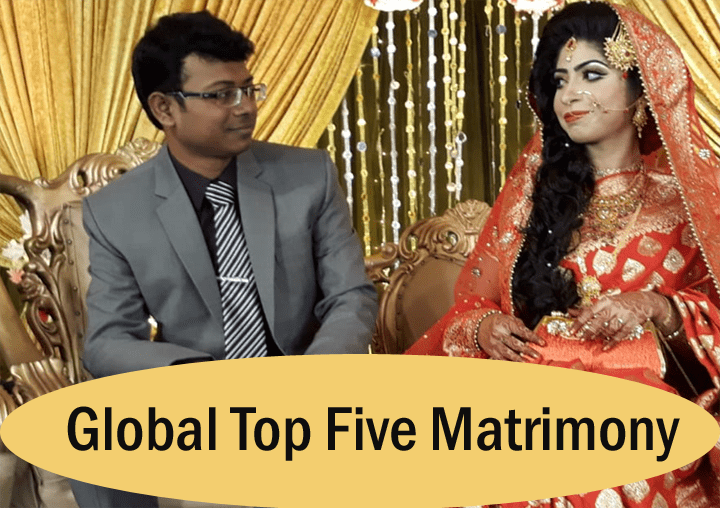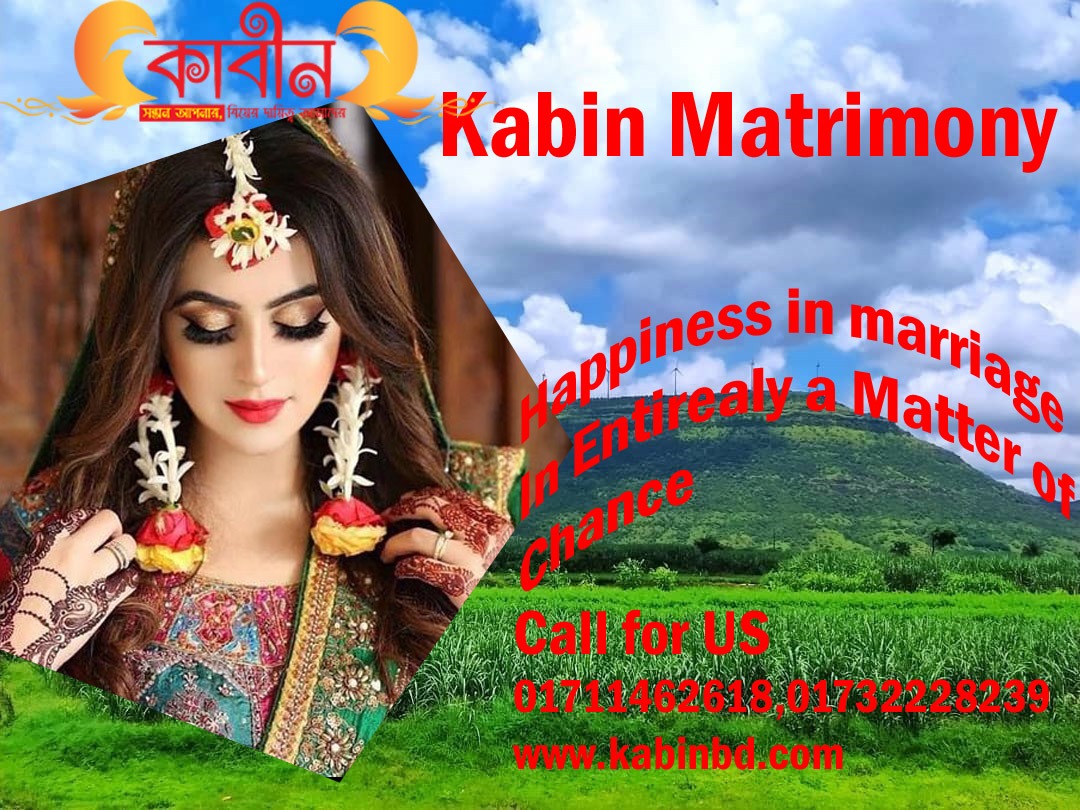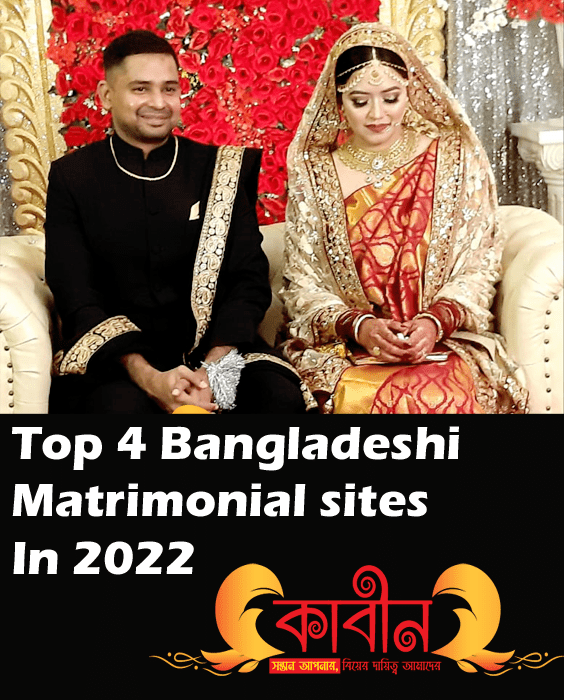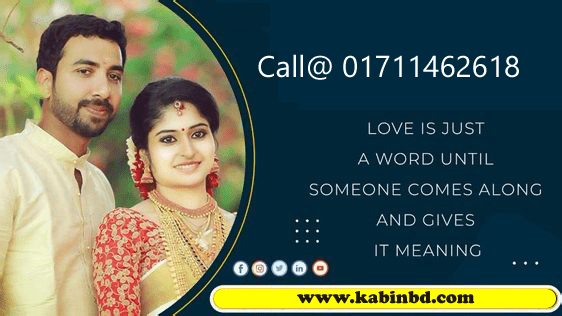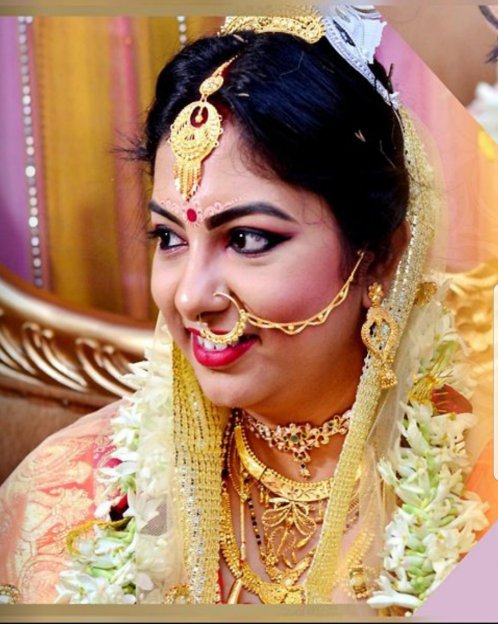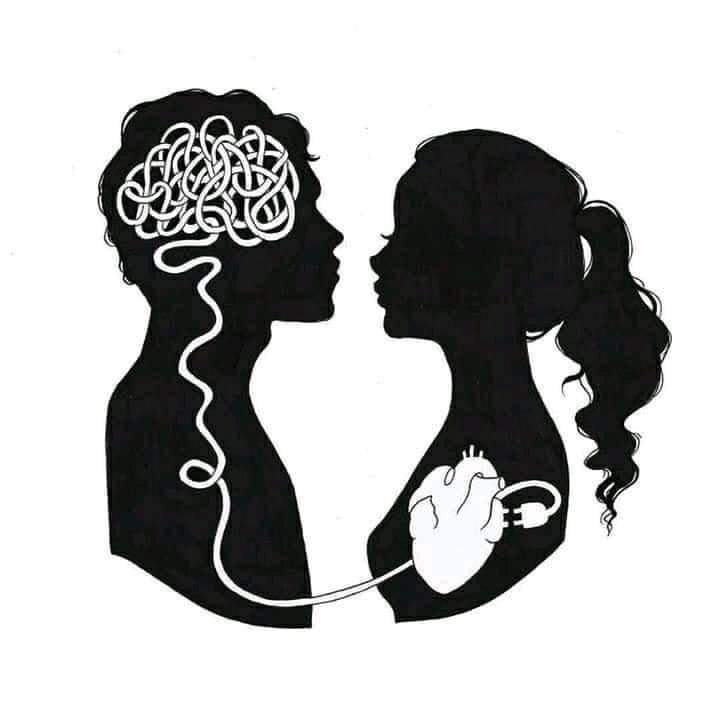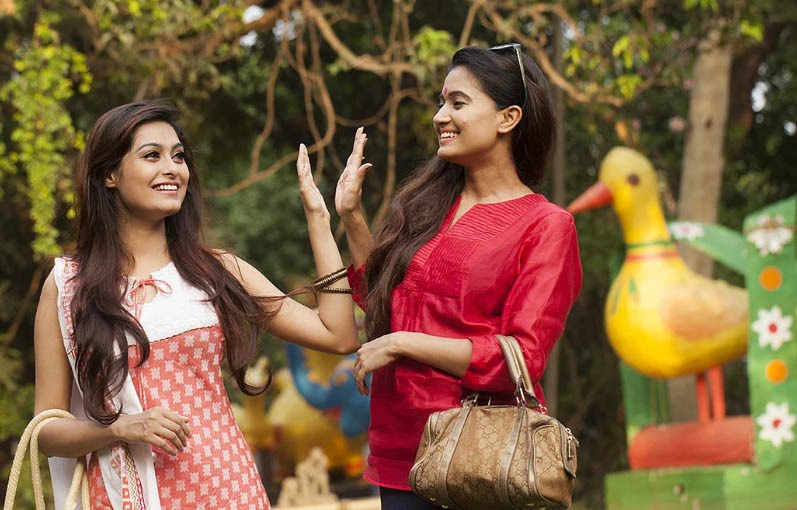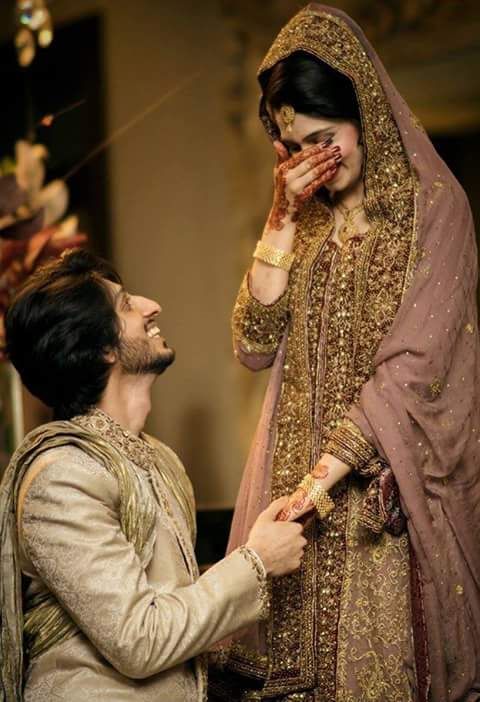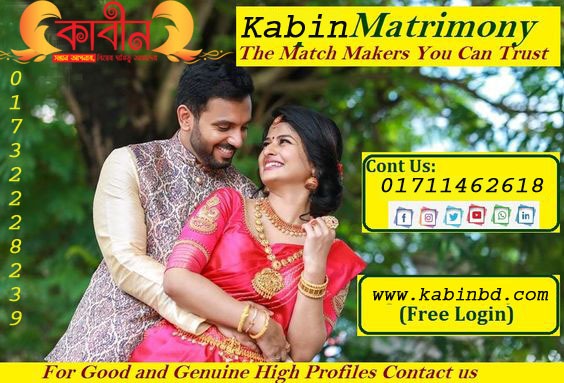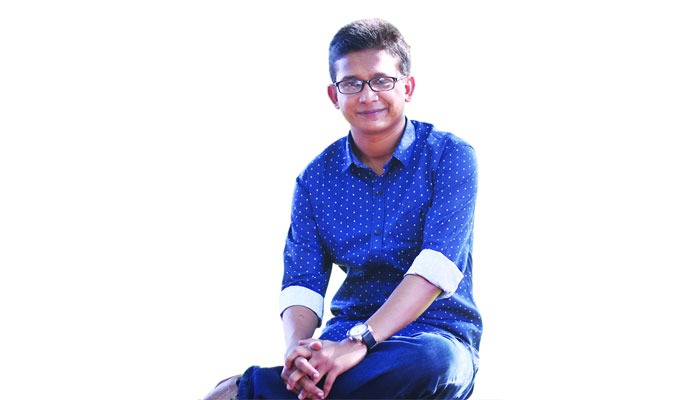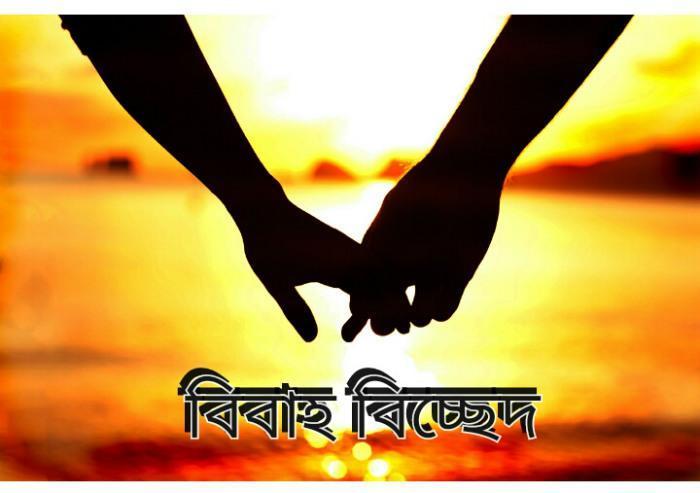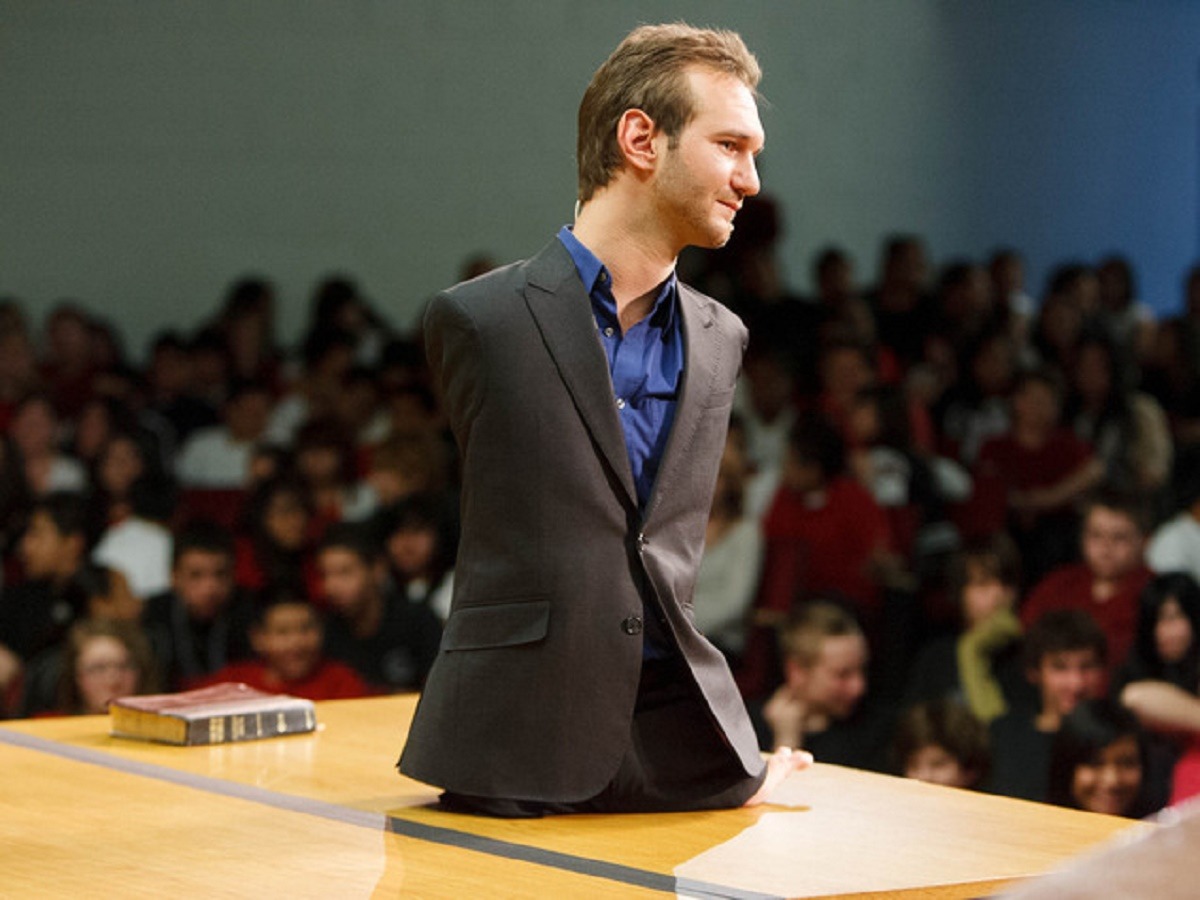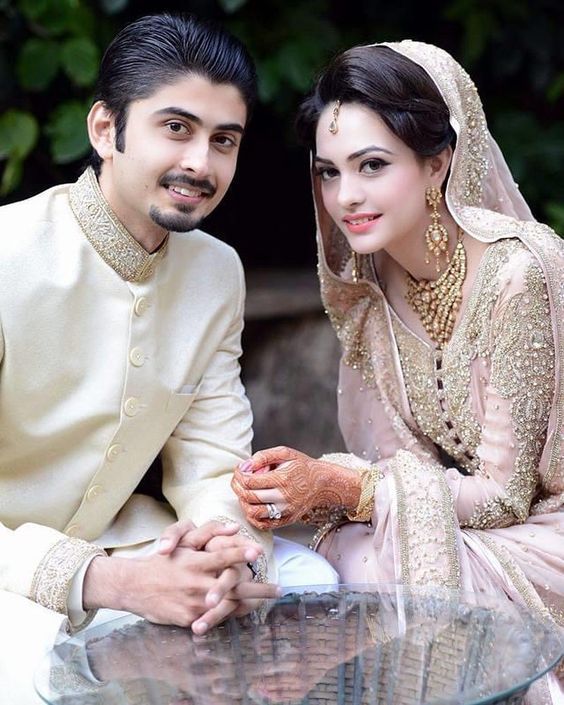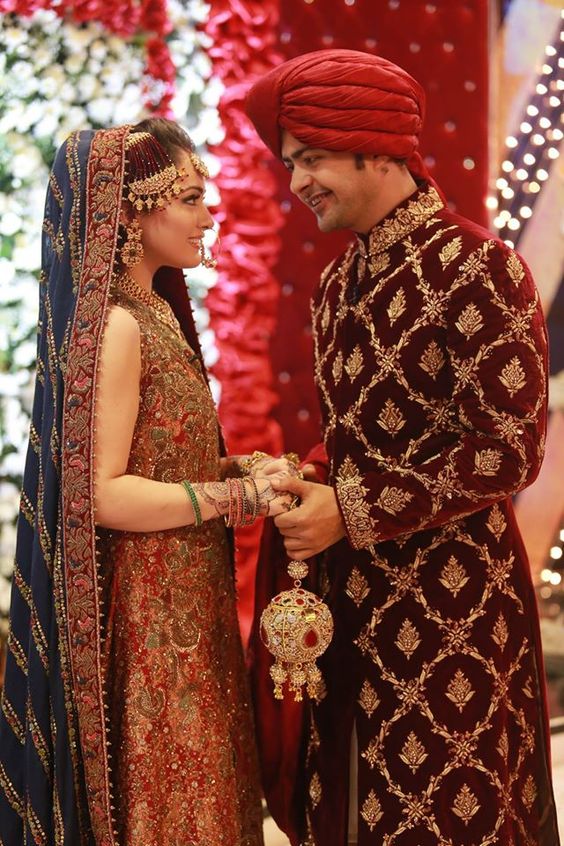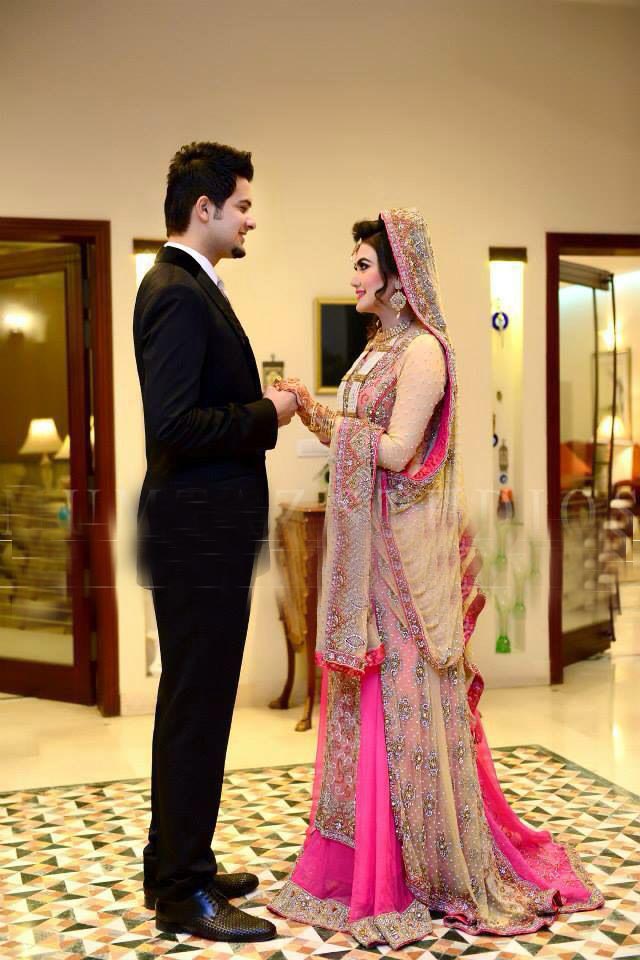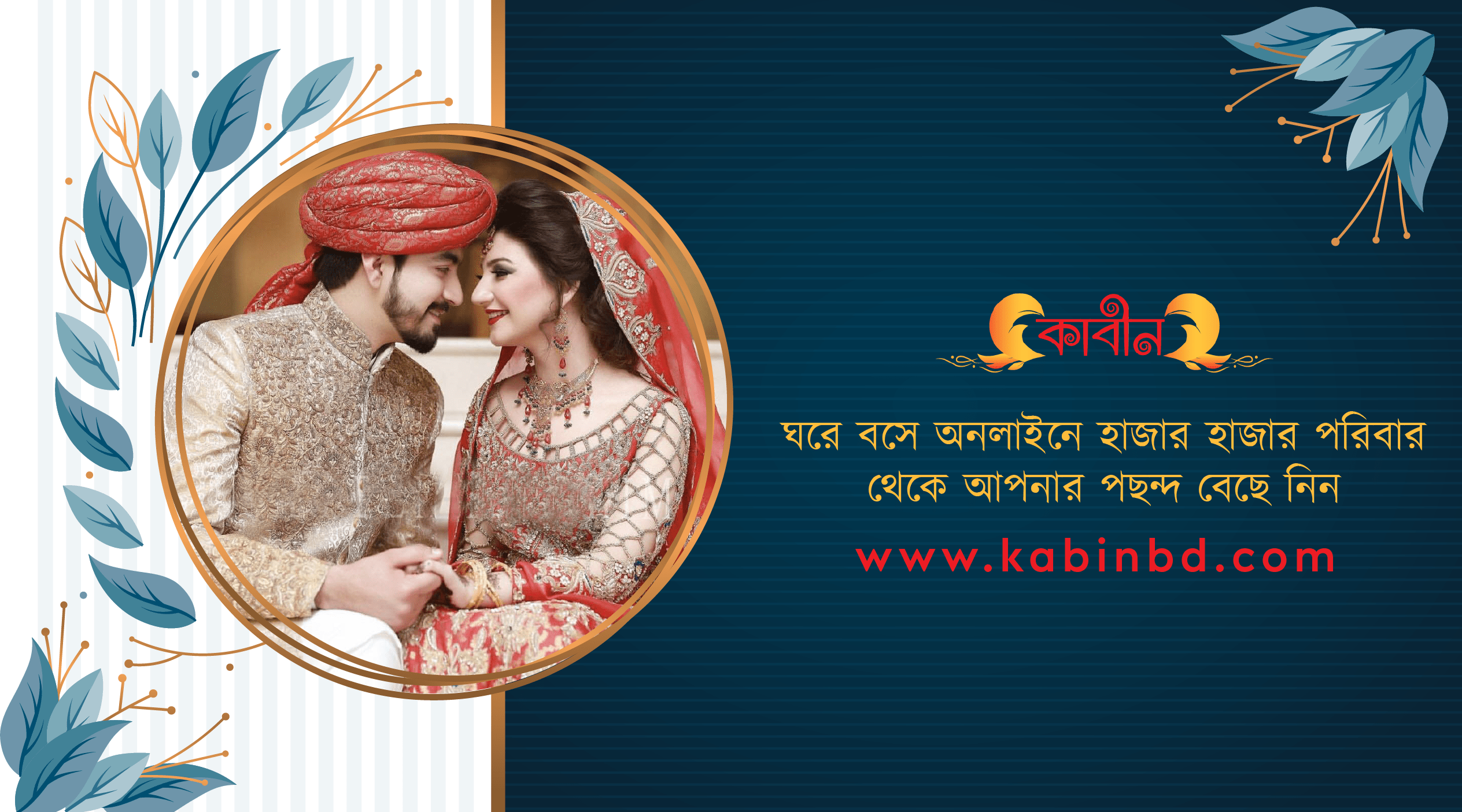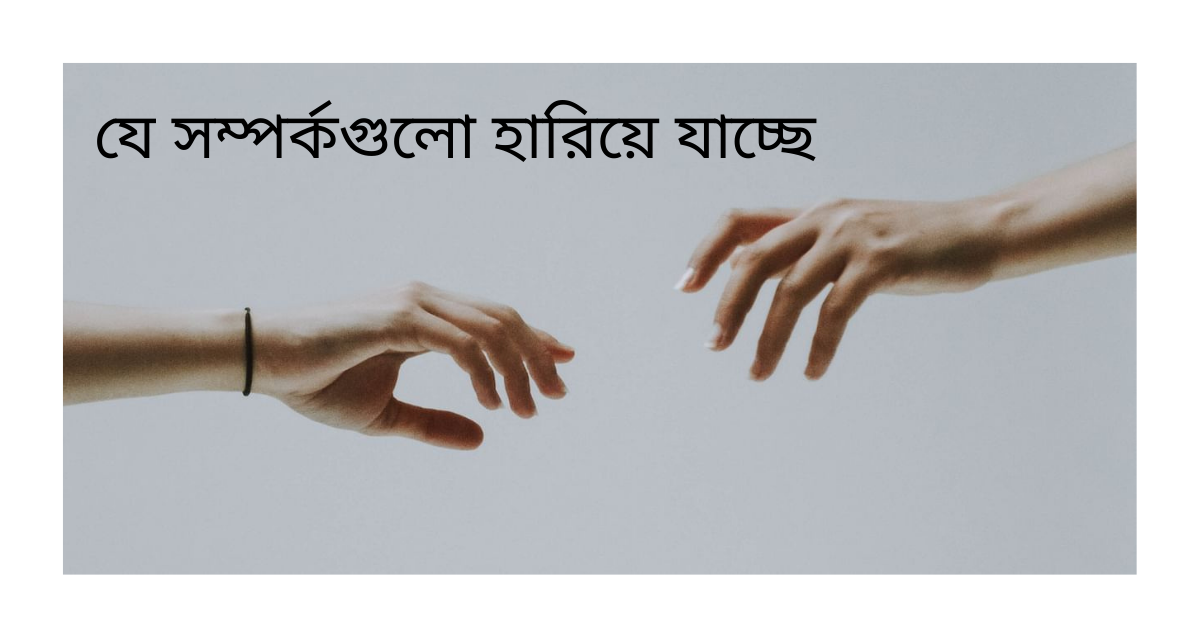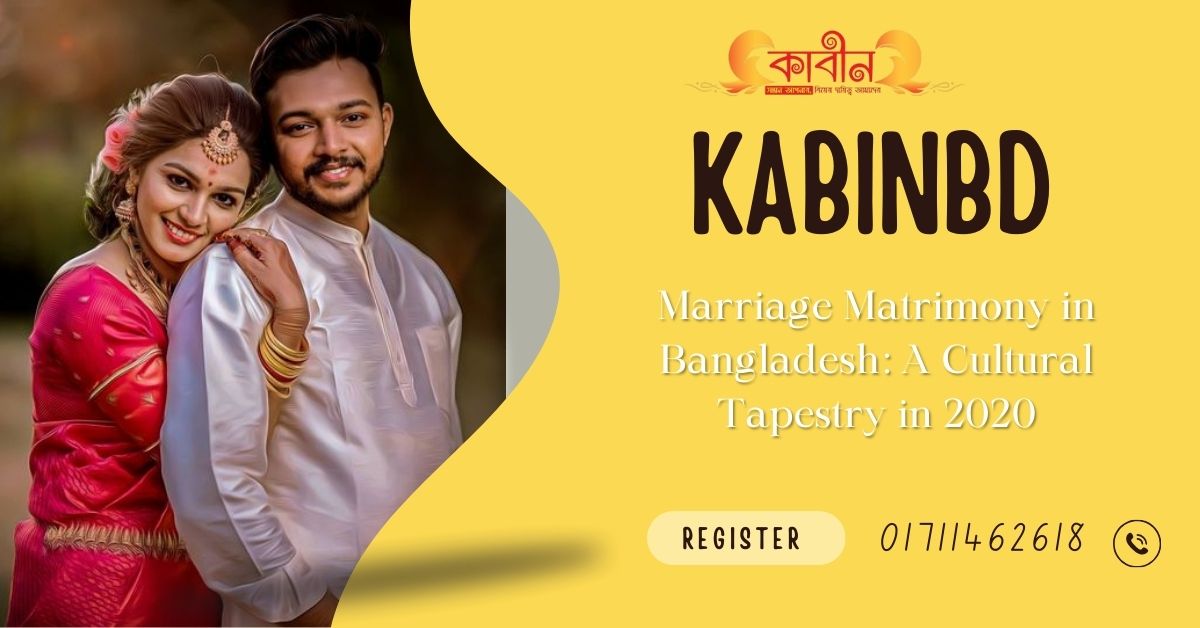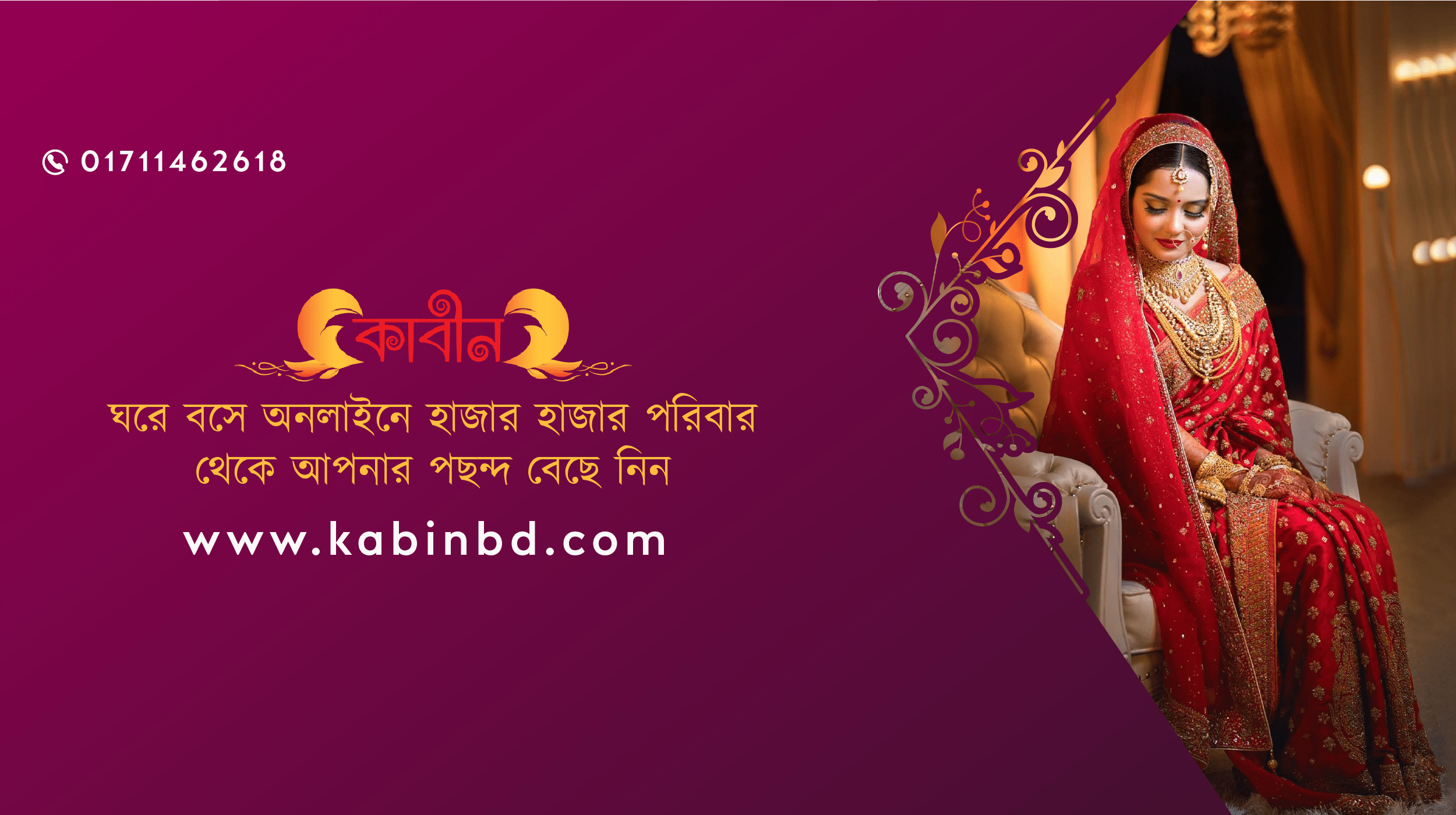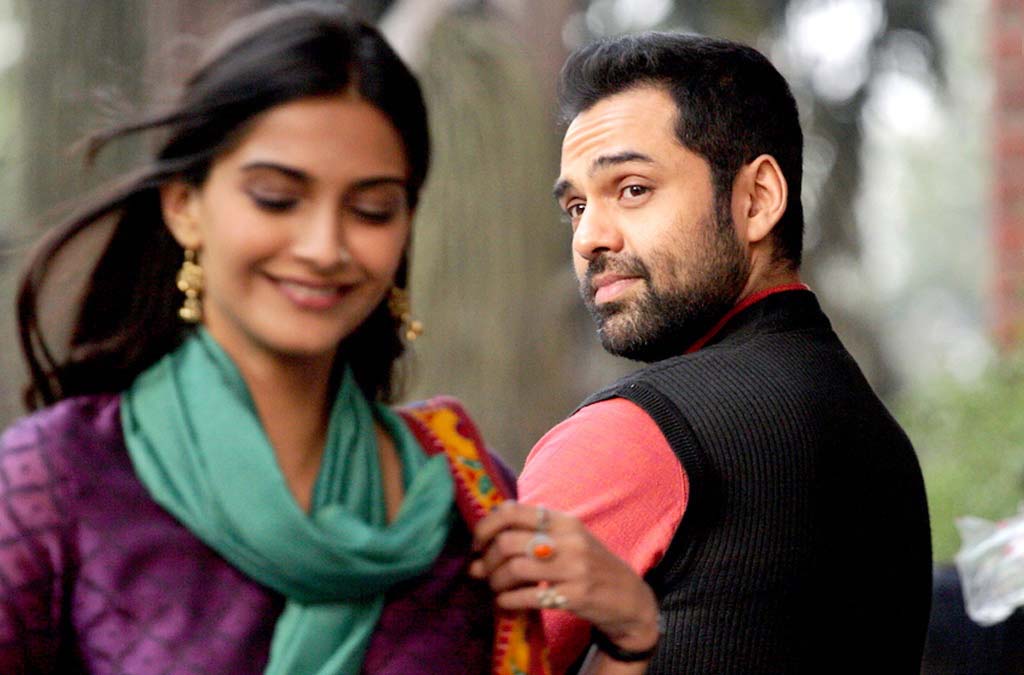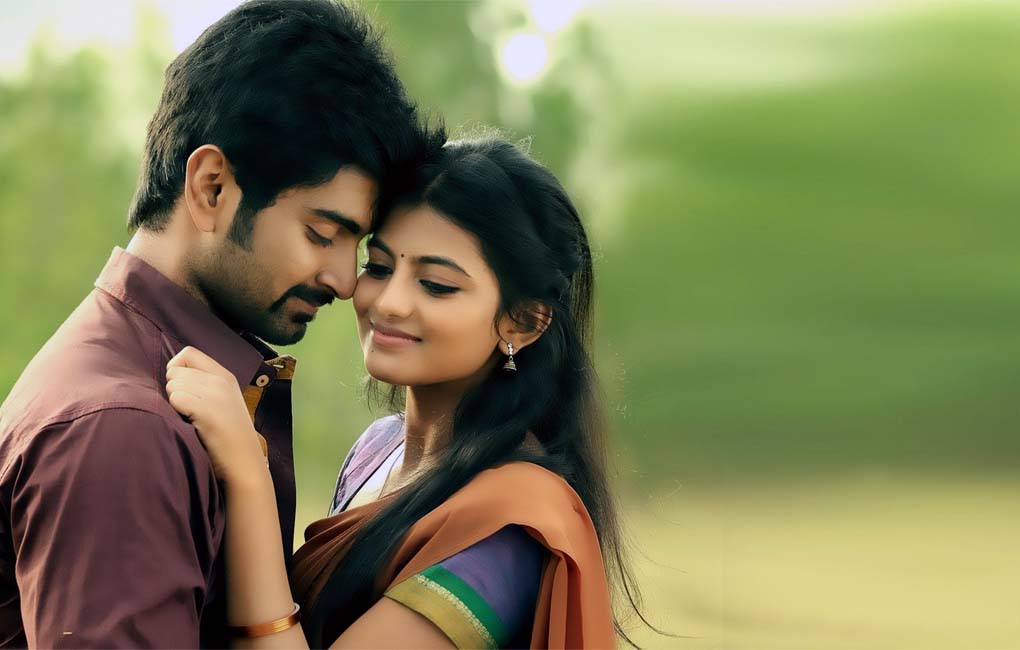Marriage Matrimony in Bangladesh: A Cultural Tapestry in 2020
Marriage Matrimony in Bangladesh: A Cultural Tapestry in 2020
Introduction:
Marriage, as a fundamental institution, plays a significant role in shaping the social fabric of Bangladesh. In this South Asian nation, marriage matrimony goes beyond the union of two individuals; it intertwines with culture, tradition, and societal norms. This essay explores the multifaceted aspects of marriage matrimony in Bangladesh, delving into cultural practices, social dynamics, and the evolving trends in the realm of marital unions.
Historical Perspective:
Bangladesh’s rich history is reflected in its marriage customs, which have evolved over centuries. Traditionally, arranged marriages have been the norm, where families play a crucial role in selecting suitable partners. The practice stems from the belief that families, with their knowledge of lineage, social standing, and compatibility, can facilitate harmonious unions.
Cultural Influences:
The cultural diversity within Bangladesh is mirrored in its marriage matrimony practices. The country is home to various ethnic communities, each contributing distinct traditions to the tapestry of Bangladeshi weddings. Be it the colorful rituals of a Hindu wedding or the simplicity of a Muslim ceremony, cultural influences shape the entire marriage process.
In rural areas, traditional customs often take precedence, emphasizing the significance of familial consent, while in urban settings, modern influences and individual preferences are becoming more prominent.
Religious Diversity:
Bangladesh, being a Muslim-majority nation, observes Islamic marriage practices. The ‘Nikah’ ceremony is central to Muslim weddings, where the bride and groom, along with their families, agree to the terms of marriage. Additionally, other religious communities, such as Hindus, Buddhists, and Christians, have their distinct marriage rituals, contributing to the country’s religious diversity.
Arranged Marriages:
Arranged marriages continue to be prevalent in Bangladesh, where parents and elders actively participate in the matchmaking process. The emphasis is placed on factors like family background, caste, socioeconomic status, and education. While the concept of arranged marriages has faced criticism for being restrictive, many argue that it fosters familial harmony and strengthens social ties.
Arranged marriages have been a longstanding tradition in many cultures worldwide, especially in South Asian countries like Bangladesh, India, and Pakistan. In an arranged marriage, families play a central role in finding a suitable life partner for their children, often considering factors such as religion, caste, social status, education, profession, and family values.
The concept of arranged marriage is rooted in the belief that marriage is not just a union between two individuals but also a bond between two families. Families seek compatibility in values, traditions, and long-term goals to ensure a harmonious and stable relationship. Parental involvement is seen as a way to protect family honor and secure a supportive environment for the couple.
Modern arranged marriages have evolved significantly. Today, many families blend tradition with modernity by involving their children in the decision-making process. Prospective partners are encouraged to meet, interact, and understand each other before committing to marriage. Professional marriage media services and matchmaking platforms have also become popular, offering personalized solutions while respecting cultural traditions.
Arranged marriages emphasize family support, cultural compatibility, and shared values, contributing to strong and enduring relationships. While the process has adapted to changing times, the core principle of building a lifelong partnership with mutual respect and family involvement remains central.
Changing Dynamics:
In recent decades, societal shifts, urbanization, and educational advancements have brought about changes in marriage matrimony dynamics. Younger generations are increasingly participating in the partner selection process, seeking compatibility, shared values, and mutual understanding. Love marriages, once considered unconventional, are gaining acceptance, especially in urban areas.
The Role of Technology:
The advent of technology has revolutionized the way people approach marriage matrimony in Bangladesh. Online matrimonial platforms have become popular, providing individuals with a broader pool of potential partners. These platforms offer sophisticated algorithms and detailed profiles, allowing users to connect based on shared interests, values, and preferences.
The role of technology in modern society is vast and transformative, affecting nearly every aspect of our lives. Here are some key areas where technology plays a crucial role:
- Communication: Technology has revolutionized communication through advancements like the internet, social media, video conferencing, and instant messaging. These tools have made it easier to stay connected globally, breaking down geographical barriers and facilitating real-time interactions.
- Healthcare: In medicine, technology has led to significant advancements in diagnostics, treatment, and patient care. From telemedicine to robotic surgery and AI-driven diagnostics, technology is improving the quality, efficiency, and accessibility of healthcare.
- Education: The use of technology in education has transformed traditional learning. Tools like AI-driven tutors and immersive experiences with virtual and augmented reality are also enhancing learning outcomes.
- Workplace Automation: Technology has automated many tasks, from manufacturing to administrative work. AI, machine learning, and robotics are reshaping industries, increasing productivity, and enabling workers to focus on more complex, creative tasks.
- Entertainment: Streaming platforms, video games, virtual reality, and interactive media are examples of how technology has redefined entertainment. It has also created new forms of content creation and distribution, empowering independent creators.
- Transportation: From self-driving cars to electric vehicles, technology is reshaping how we move. Innovations in transportation, including the use of AI for traffic management and drones for delivery, are making transportation more efficient and sustainable.
- Sustainability: Technology plays a critical role in addressing environmental challenges. Renewable energy technologies, smart grids, and innovations in waste management and recycling contribute to sustainability efforts. AI and data analytics are also being used to monitor and reduce environmental impacts.
- Security: As cyber threats grow, technology is essential in enhancing digital security through encryption, biometric authentication, and AI-based threat detection systems. Technology also plays a role in physical security with smart surveillance and biometric access control systems.
- Social Impact: Technology has the potential to drive social change by addressing issues like poverty, access to clean water, and education. Platforms for crowdfunding, social activism, and digital advocacy are enabling greater participation in societal issues.
- Artificial Intelligence and Machine Learning: AI and machine learning are at the forefront of many technological innovations. These technologies are used for predictive analytics, decision-making processes, customer service (through chatbots), and automation of complex tasks.
Overall, technology’s role is both revolutionary and pervasive, influencing how we work, live, and interact with the world. As we continue to innovate, its impact will only grow, offering new possibilities while also raising ethical, privacy, and accessibility concerns that need to be addressed.
Challenges Faced:

While marriage matrimony in Bangladesh has its cultural richness, it is not without challenges. Social expectations, particularly for women, can be restrictive, often limiting personal choices. Dowry practices, despite being illegal, continue to persist in various forms, posing financial burdens on families.
Social Stigma and Divorce:
Despite changes in societal attitudes, divorce still carries a stigma in Bangladesh. Marriages are often viewed as enduring institutions, and individuals may face societal judgment for seeking separation. Efforts are being made to foster a more inclusive and empathetic understanding of divorce, recognizing that personal happiness should not be compromised at the expense of societal expectations.Social stigma surrounding divorce is a significant issue in many cultures, affecting individuals emotionally, socially, and even economically. This stigma can vary depending on cultural, religious, and societal norms, but common themes often emerge regarding how divorced individuals are viewed. Here are some key points on the social stigma of divorce:
-
Cultural and Religious Beliefs
In many cultures and religions, marriage is seen as a sacred, lifelong commitment. Divorce is often viewed as a failure or a betrayal of that commitment, leading to judgment or disapproval. In some societies, divorced individuals, especially women, may face significant social pressure to remain silent about their experiences or to remarry quickly to avoid stigma.
-
Gendered Expectations
The stigma of divorce can be more pronounced for women than men. In many societies, women are expected to fulfill traditional roles within a marriage, such as caregiving and homemaking. A woman who divorces may be seen as having failed in these roles, leading to feelings of shame or inadequacy. On the other hand, men might face less harsh judgment, as divorce may not challenge traditional gender expectations as much.
-
Family and Social Perception
Divorced individuals often face alienation from family and social circles. In some communities, family members may distance themselves, seeing divorce as a source of dishonor. The perception that divorce is a failure can lead to feelings of isolation and rejection. Children of divorced parents may also experience social stigma, facing teasing or being seen as coming from a “broken” home.
-
Impact on Mental Health
The stigma surrounding divorce can exacerbate the emotional and psychological toll of the process. Divorce is already a stressful and traumatic experience for many, and when social stigma is added, it can lead to feelings of shame, low self-esteem, and anxiety. The fear of judgment may prevent some individuals from seeking support or opening up about their experiences.
-
Economic Consequences
Divorce can also carry economic consequences, particularly for women. In societies where women are expected to rely on their husbands financially, divorce may result in financial instability. Additionally, divorced individuals may face difficulties in re-entering the dating world, with some people preferring not to date someone who has been divorced due to the associated stigma.
-
Changing Attitudes
In recent years, attitudes toward divorce have begun to shift in many parts of the world. With increasing acceptance of divorce as a personal choice rather than a societal failure, divorce rates have risen, and more people are open to remarriage or cohabitation without the same level of stigma. Social media and advocacy groups have also played a role in reducing stigma by providing platforms for divorced individuals to share their stories and challenge societal norms.
-
Legal and Policy Framework
In some countries, legal systems and policies still reflect social stigmas surrounding divorce. For example, divorce can be more difficult to obtain in regions where marriage is seen as an immutable institution. However, in countries with more progressive legal frameworks, divorce is seen as a legitimate choice for individuals seeking to end unhappy or unhealthy marriages, and policies may offer protections and support for divorced individuals.
-
Changing Perspectives in Modern Society
In modern societies, the idea of personal happiness and individual choice is gaining ground, which has led to a more open perspective on divorce. The increasing focus on mental health, personal well-being, and self-determination has encouraged many to reconsider the stigma that often accompanies divorce. People are more likely to see divorce as a personal decision rather than a societal failure, especially when it comes to escaping toxic or abusive relationships.
Overall, while divorce continues to carry a social stigma in many places, changing attitudes toward marriage, family, and individual rights are slowly eroding these negative perceptions. The movement towards acceptance and understanding allows individuals to make choices based on their well-being rather than fear of judgment.
Conclusion:
In conclusion, marriage matrimony in Bangladesh is a rich tapestry woven with cultural traditions, religious diversity, and evolving social dynamics. From arranged marriages to the increasing acceptance of love marriages, the institution continues to adapt to changing times. While challenges persist, the nation is navigating a path towards a more inclusive and understanding approach to marital unions, balancing tradition with modernity. As Bangladesh continues to evolve, so too will its marriage matrimony practices, reflecting the resilience and adaptability of its diverse population.
Reasons to worry about marriage
We usually see in our society and families, many families, many of our neighbors, many siblings are very worried about some of the family members for marriage,
There are many reasons for this, such as low height, poor complexion, low education, old age.
In fact, the things that need to be set in mind for marriage are that boys and girls each have a certain time, a certain age at which boys and girls are in the best demand in the marriage market,
But as time goes on their market value in the wedding market decreases, in the experience of getting married we have seen that most of the Guardians do not take the matter seriously at all and one of the reasons for that is what we think is too much expectation,
It is an important issue for marriage that one should always think of one’s own position and look for a bride in the marriage market. Most families do not want to think about how far I can go or who will like me.
The experience I got when I got married is that the family guardians tell us to show them the bio data who likes us.
We have seen that the bride and groom of that family got married in a very short time because they have shown great intelligence in finding the bride and groom.
Many people have lost the age of marriage by wasting time in pursuit of unforeseen desires without considering their own position.
But their minds have remained the same, in fact, considering the position they are in, looking for a bride and groom, they will no longer have to worry about the future,
Don’t worry,
Another of our experiences is that many of them have lost their age in pursuit of a career. They have lost the safe age that was for marriage. When they lose their elegance, their youthful vigor for marriage is so diminished that they go to work. We are struggling to make ends meet. Every family needs to be reformed in this place. We urge everyone to consider these places as very logical and secure your child’s future. Help your child live a better life, especially when it comes to marriage. Treat your children kindly, as you did when you were a child. When you grow up, you only talk about caresses when you grow up, but I don’t hear any guardians talk about discipline. Aware takes a tough stance towards children, then for marriage today Thousands of millions of families would not have to run to the victims of anxiety and no one would have to go to the marriage media
If we do not consider our own position, we can see that in the next five or seven years, a large number of boys and girls will lose their marriage age.
Another thing we have noticed deeply is that for some people who have made it a habit to look at too many couples, we have seen that in most cases they have cheated when they get married, and in the case of those who have decided to look too little, they have won tremendously. Gone,
They have shown great intelligence and they have been able to do a good job in their lives
Ataullah Babul


